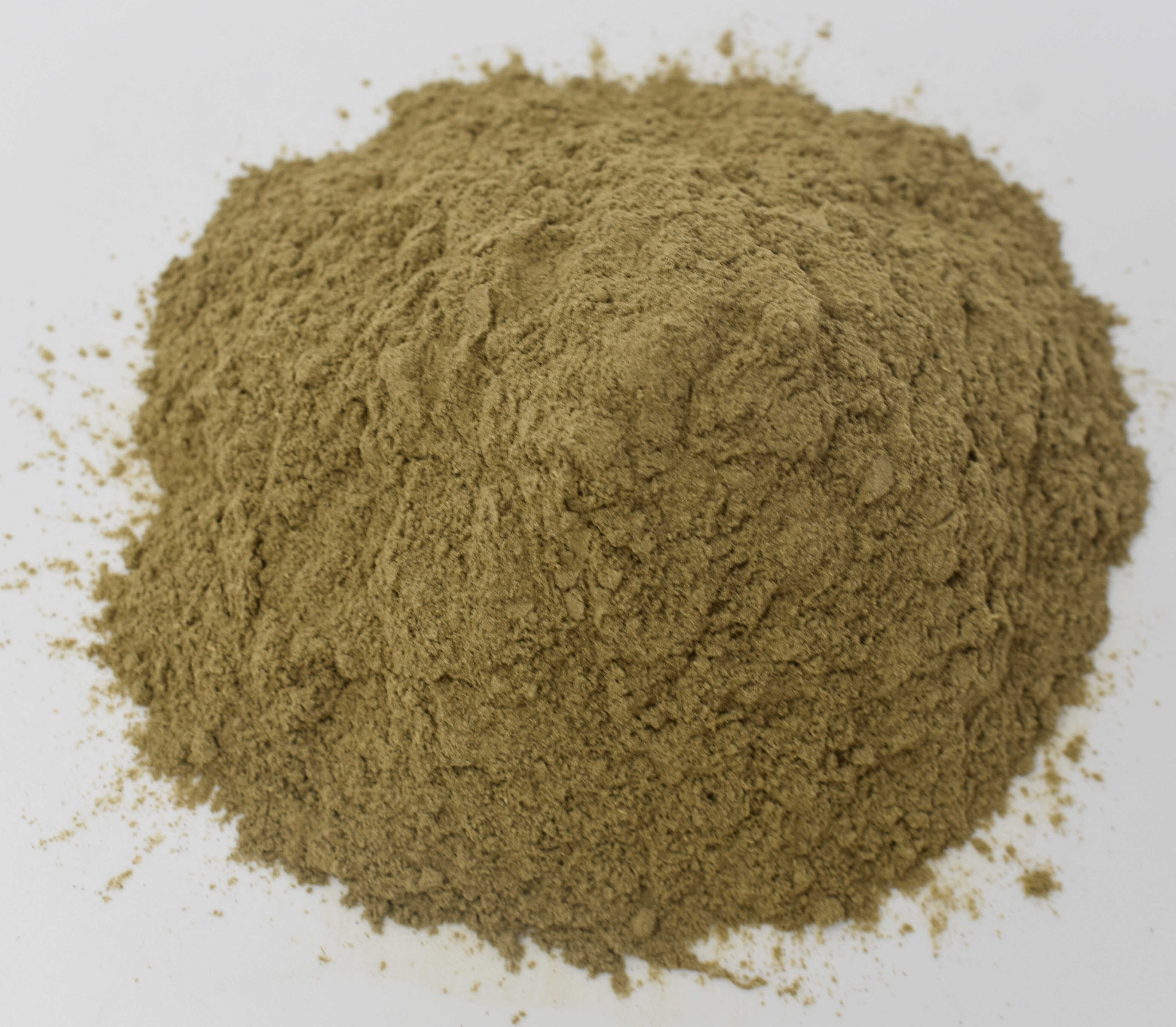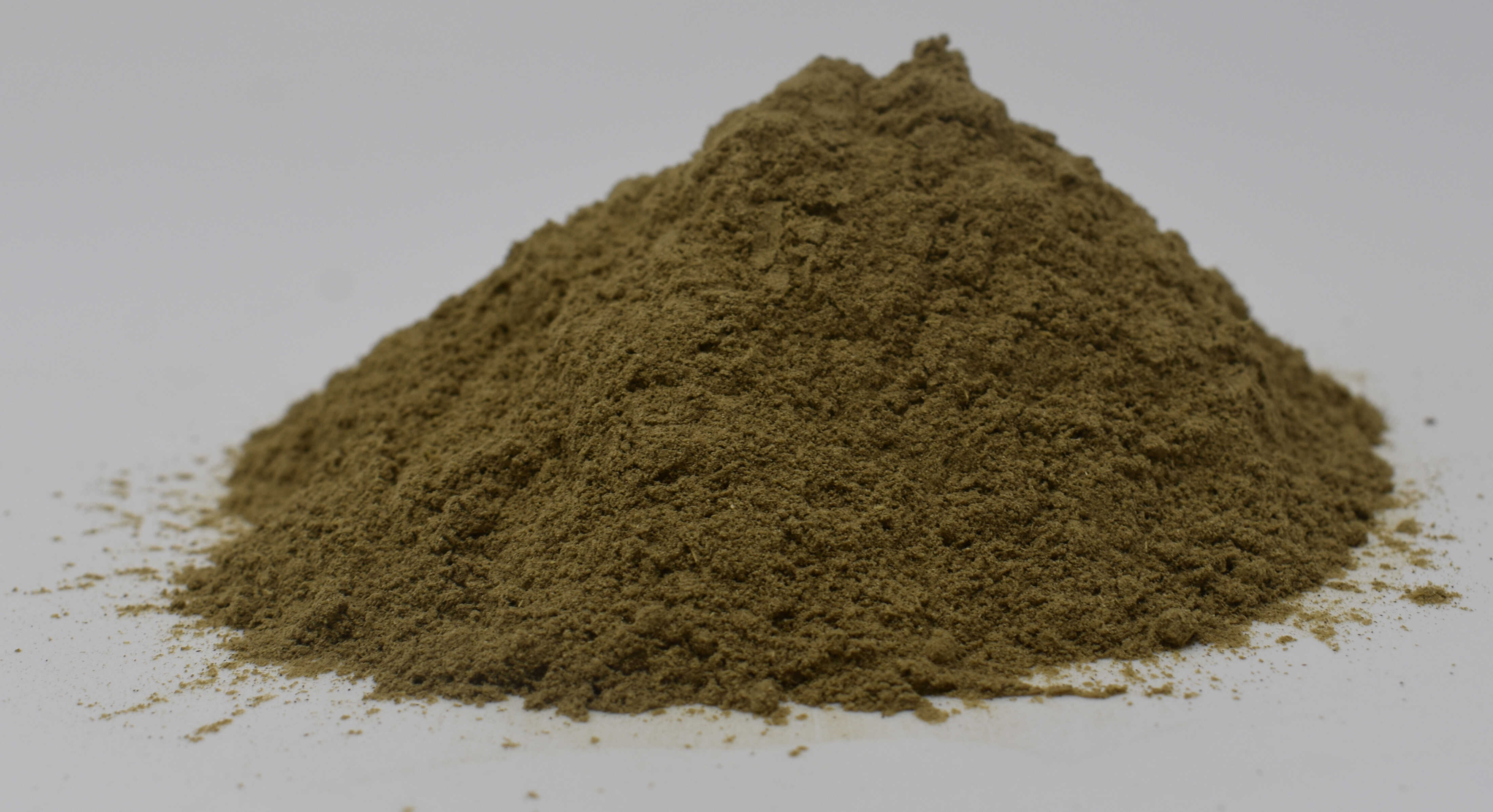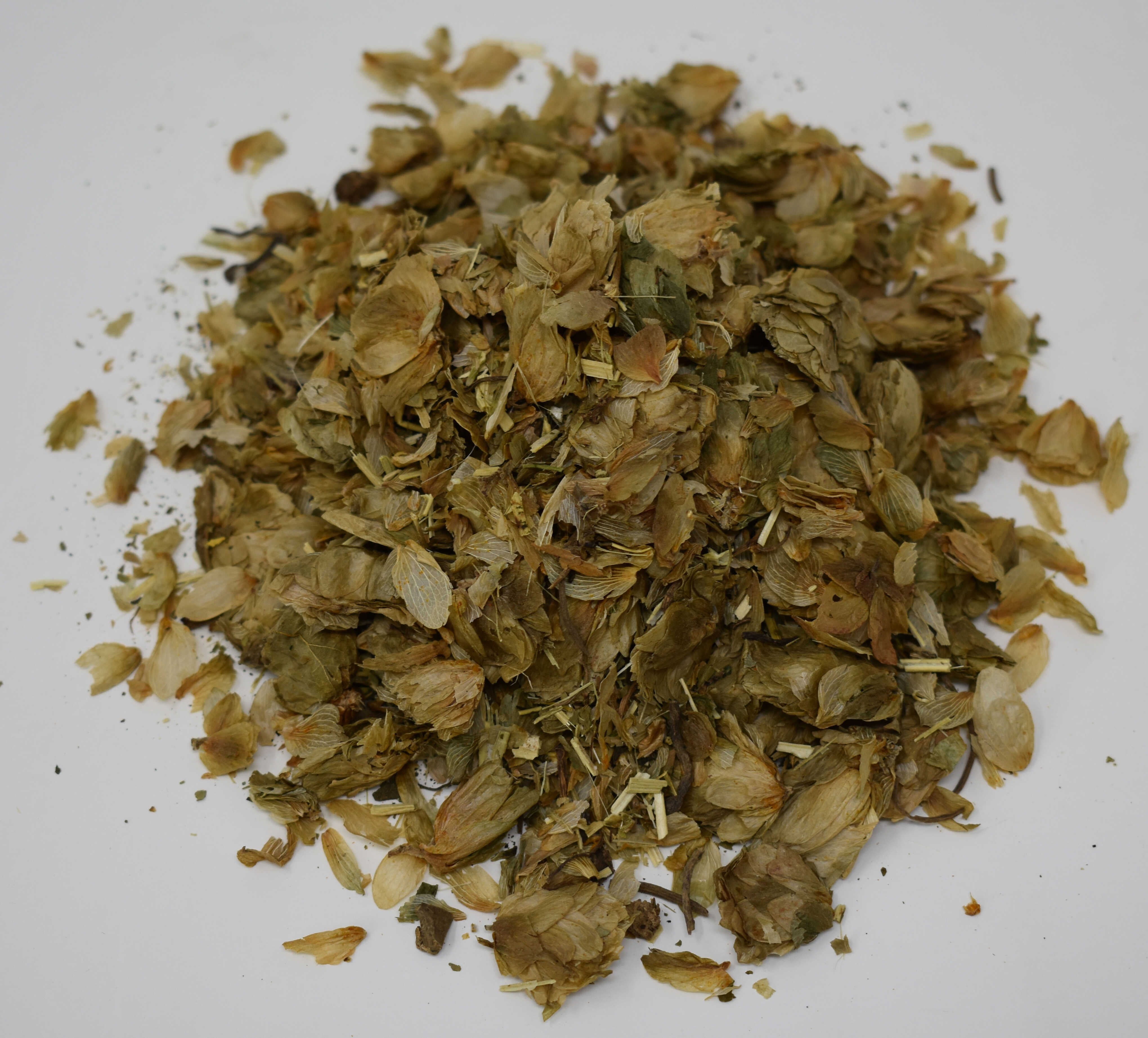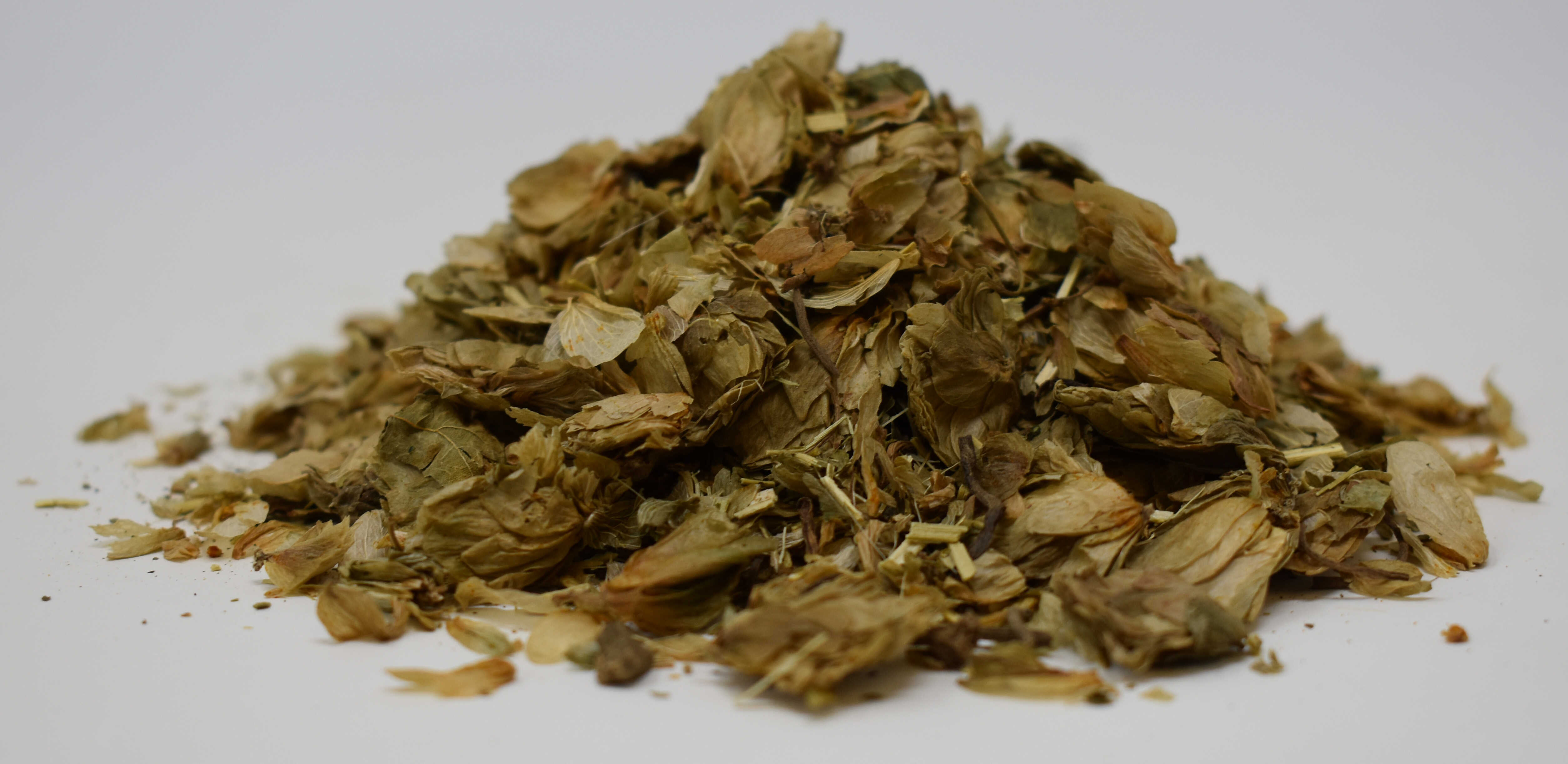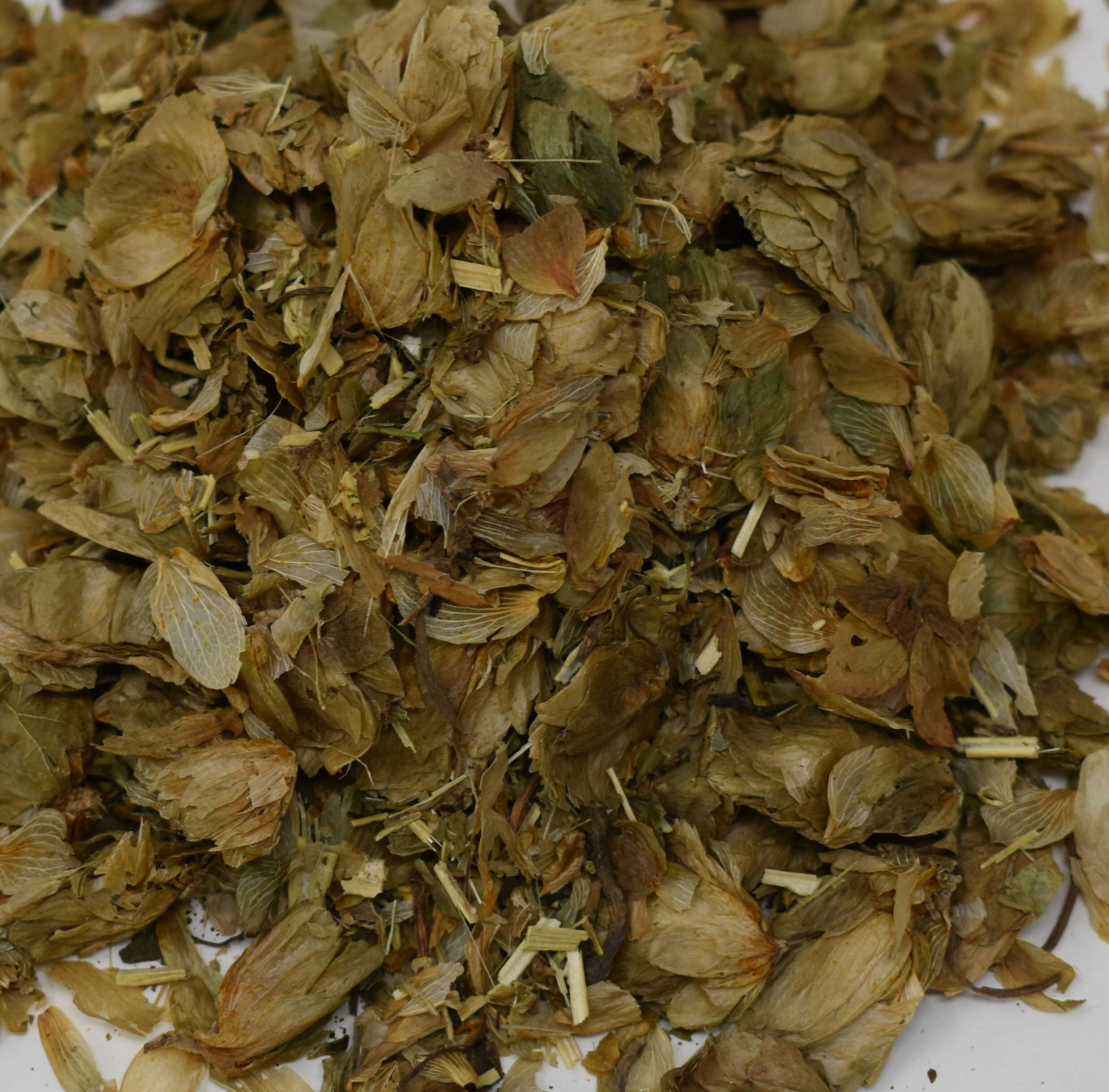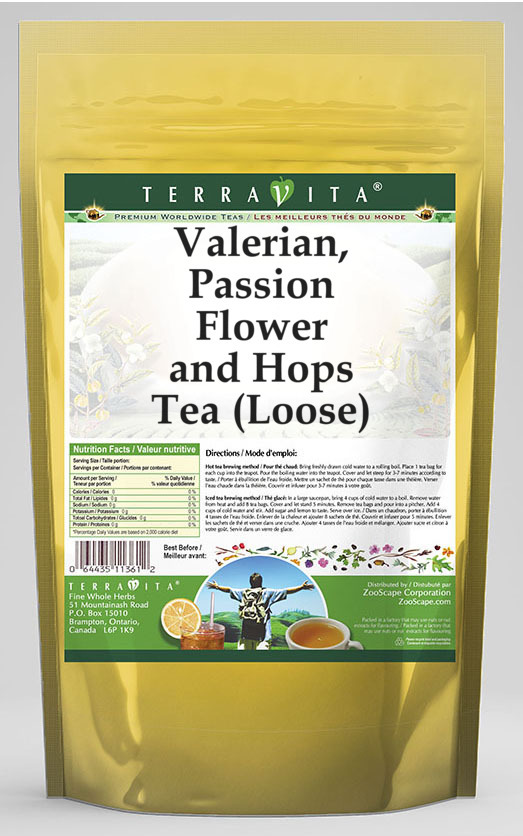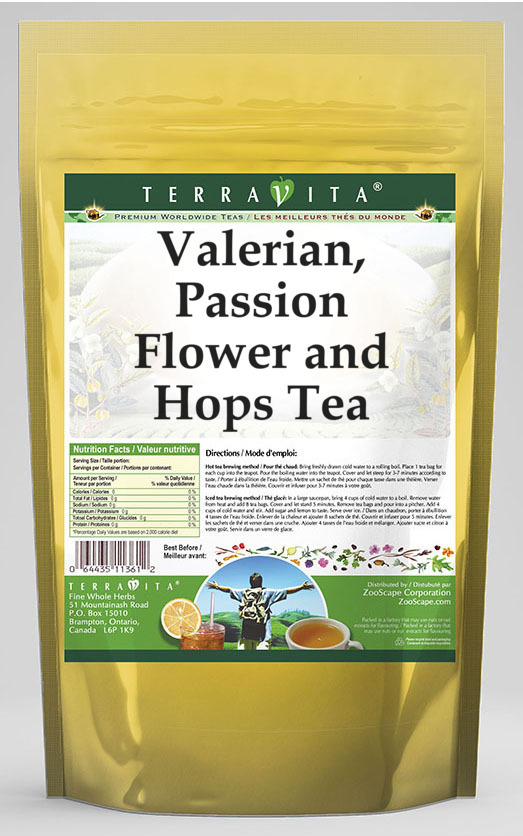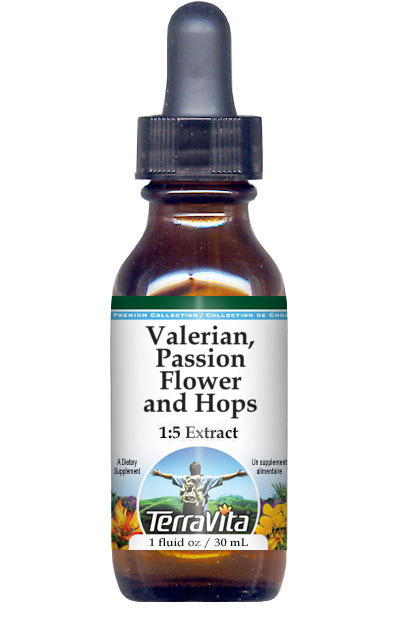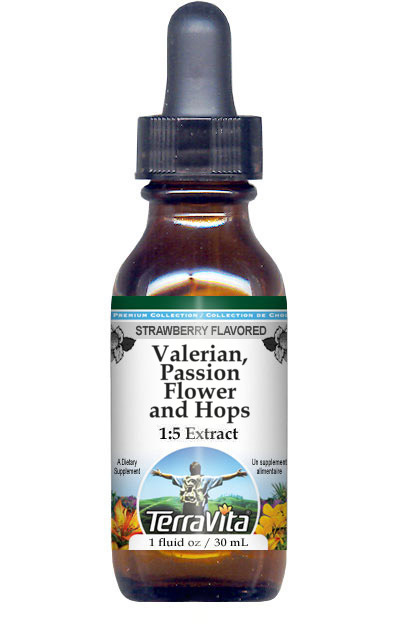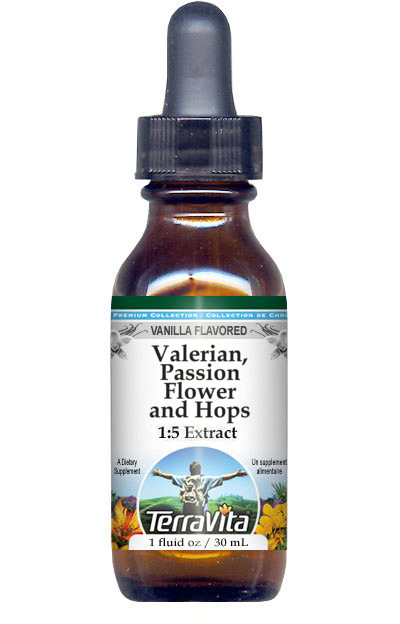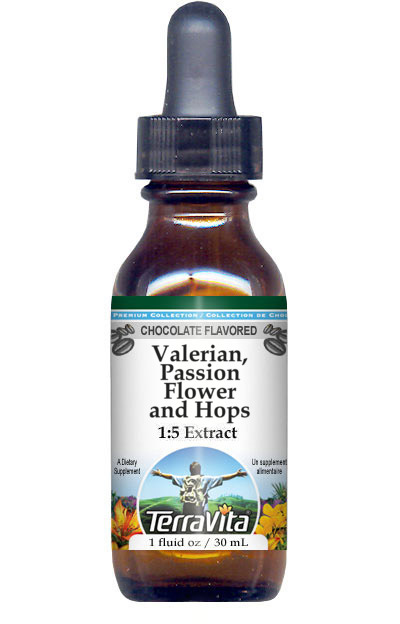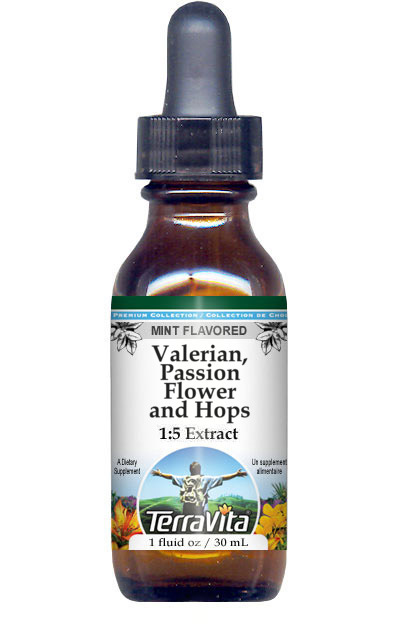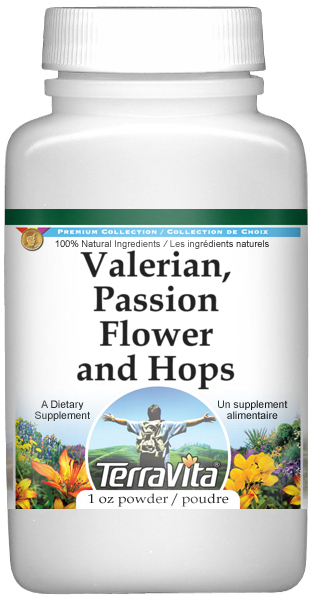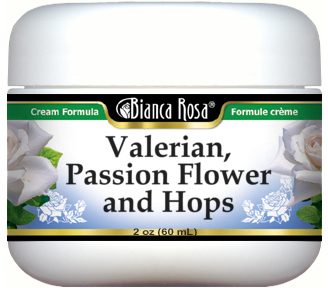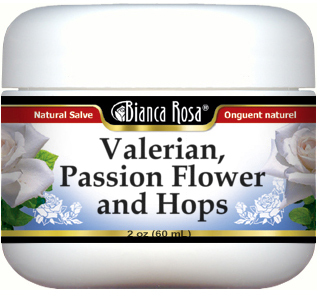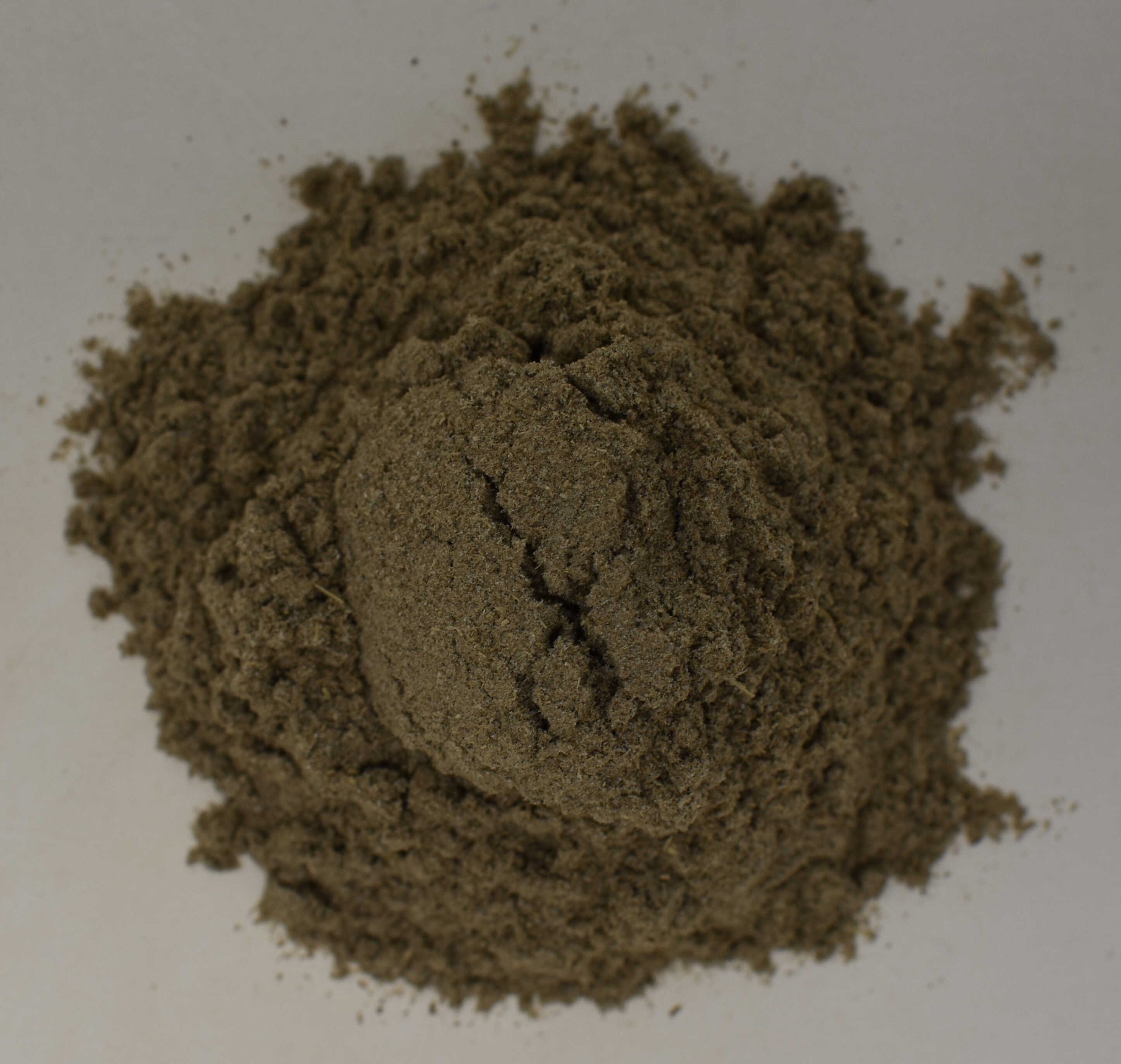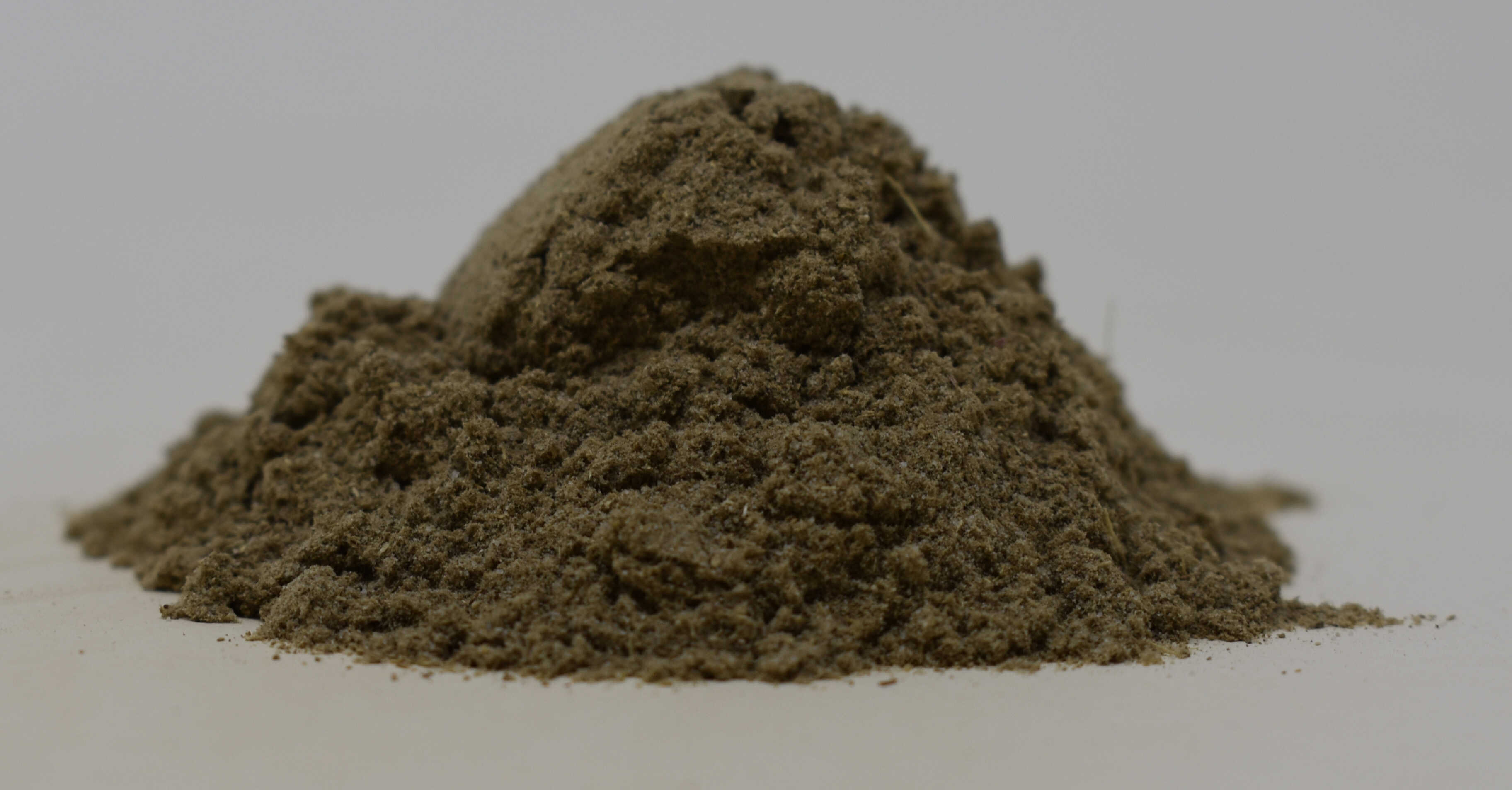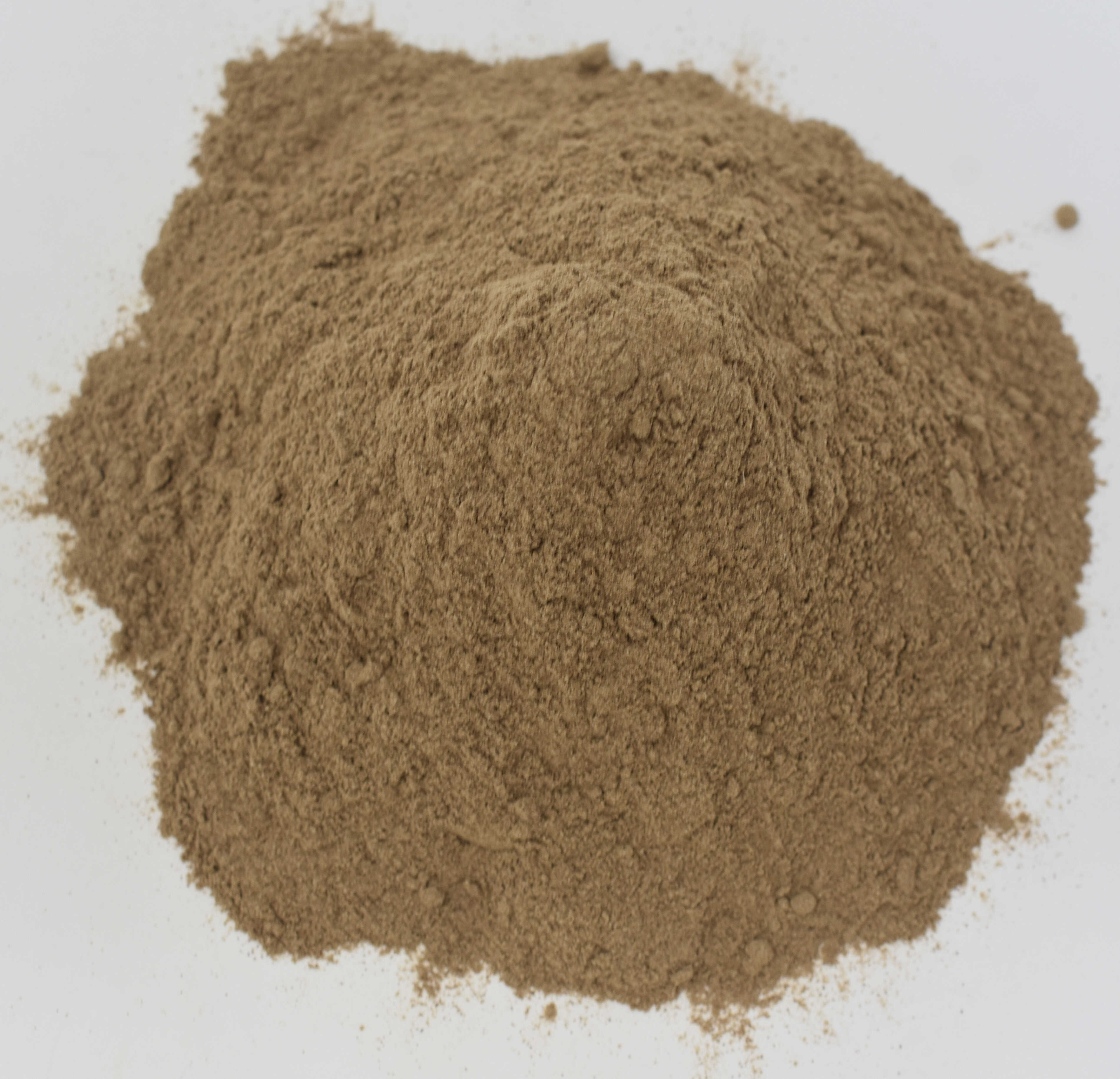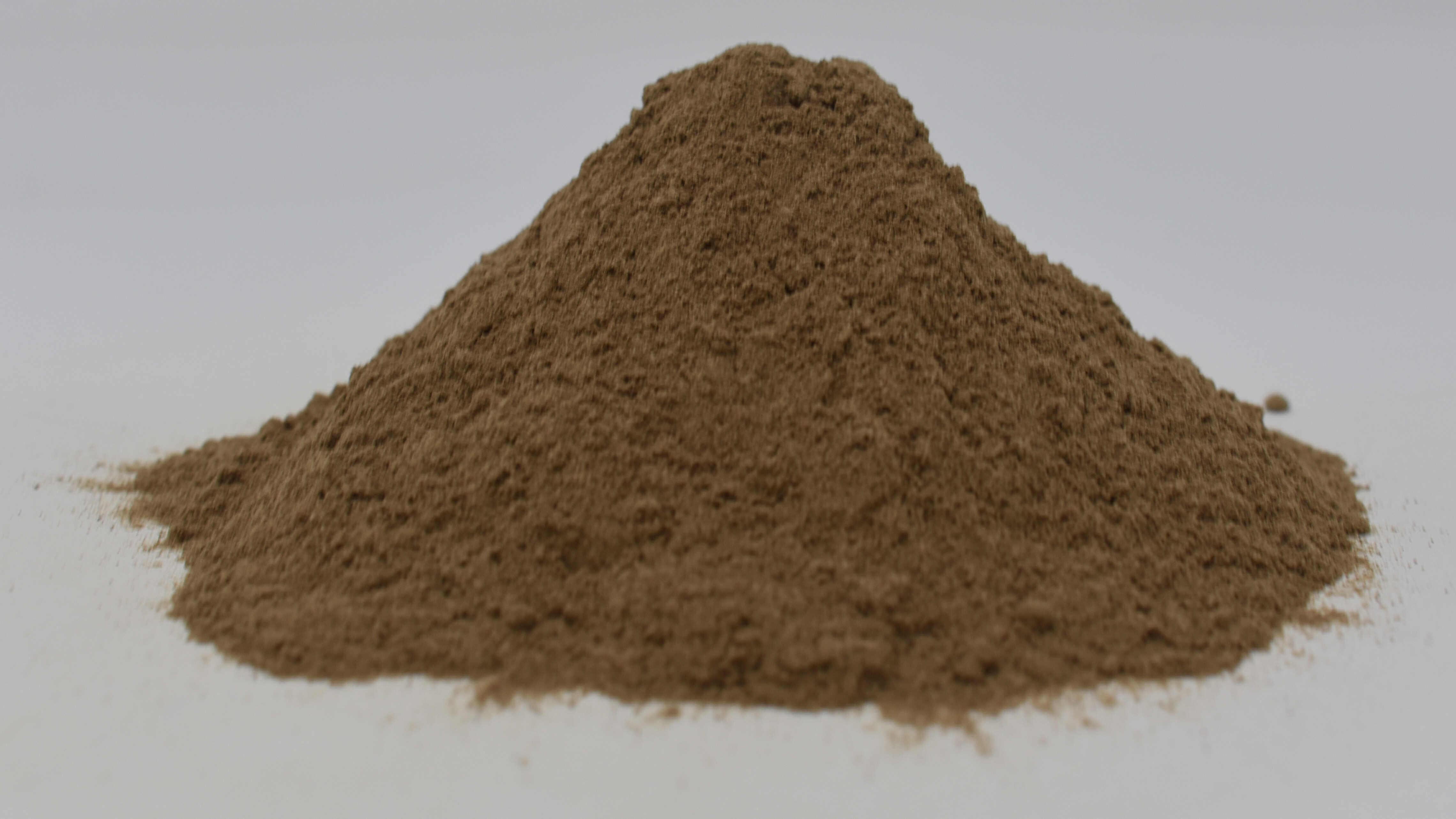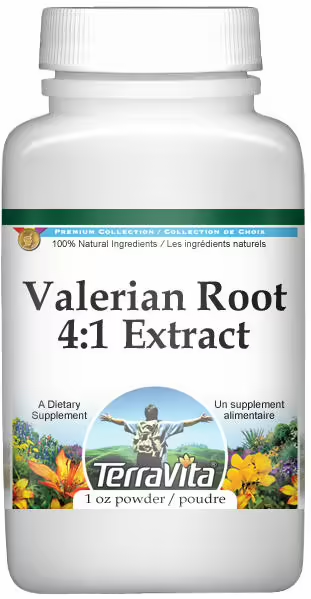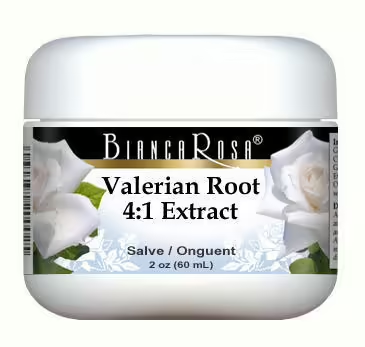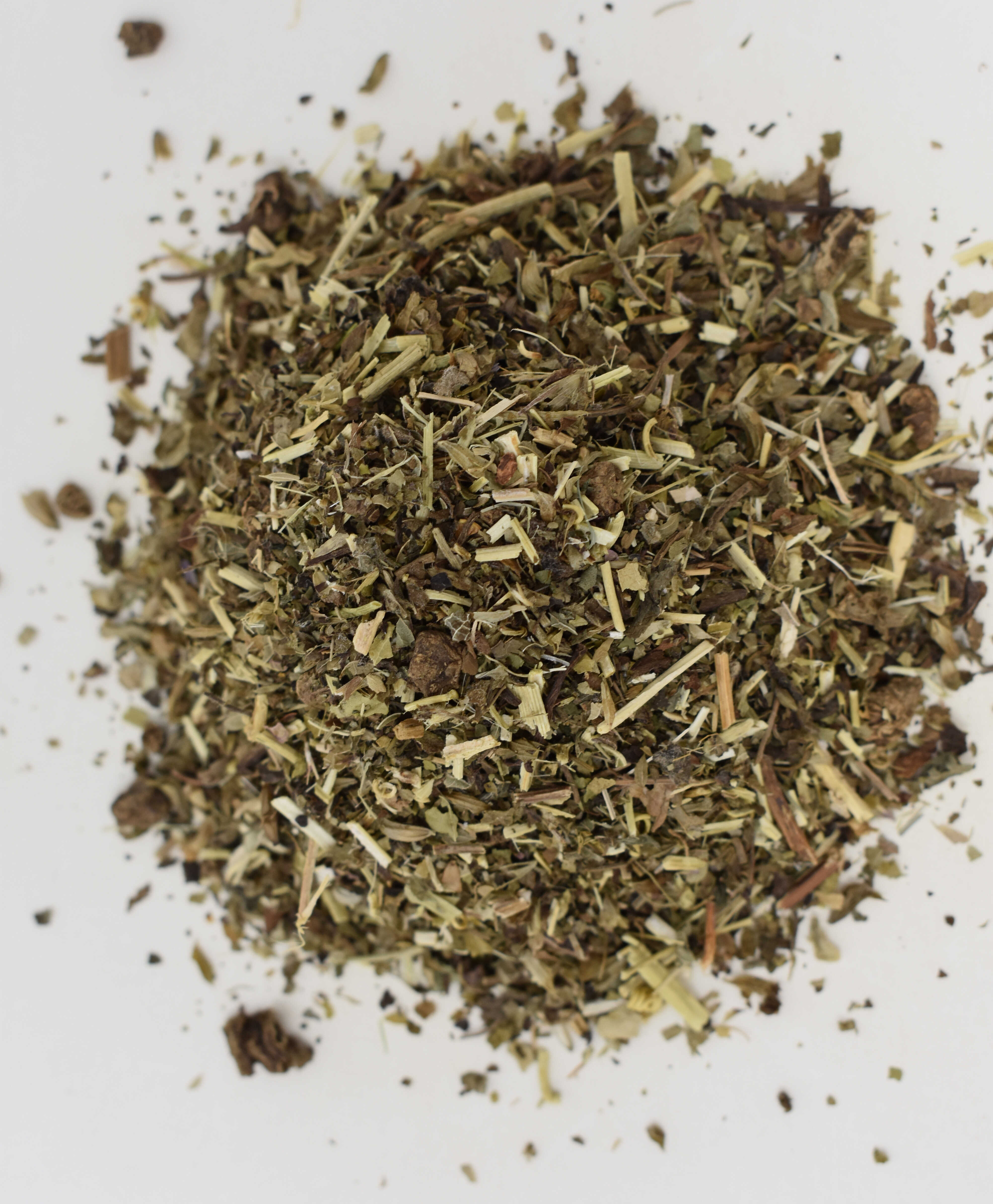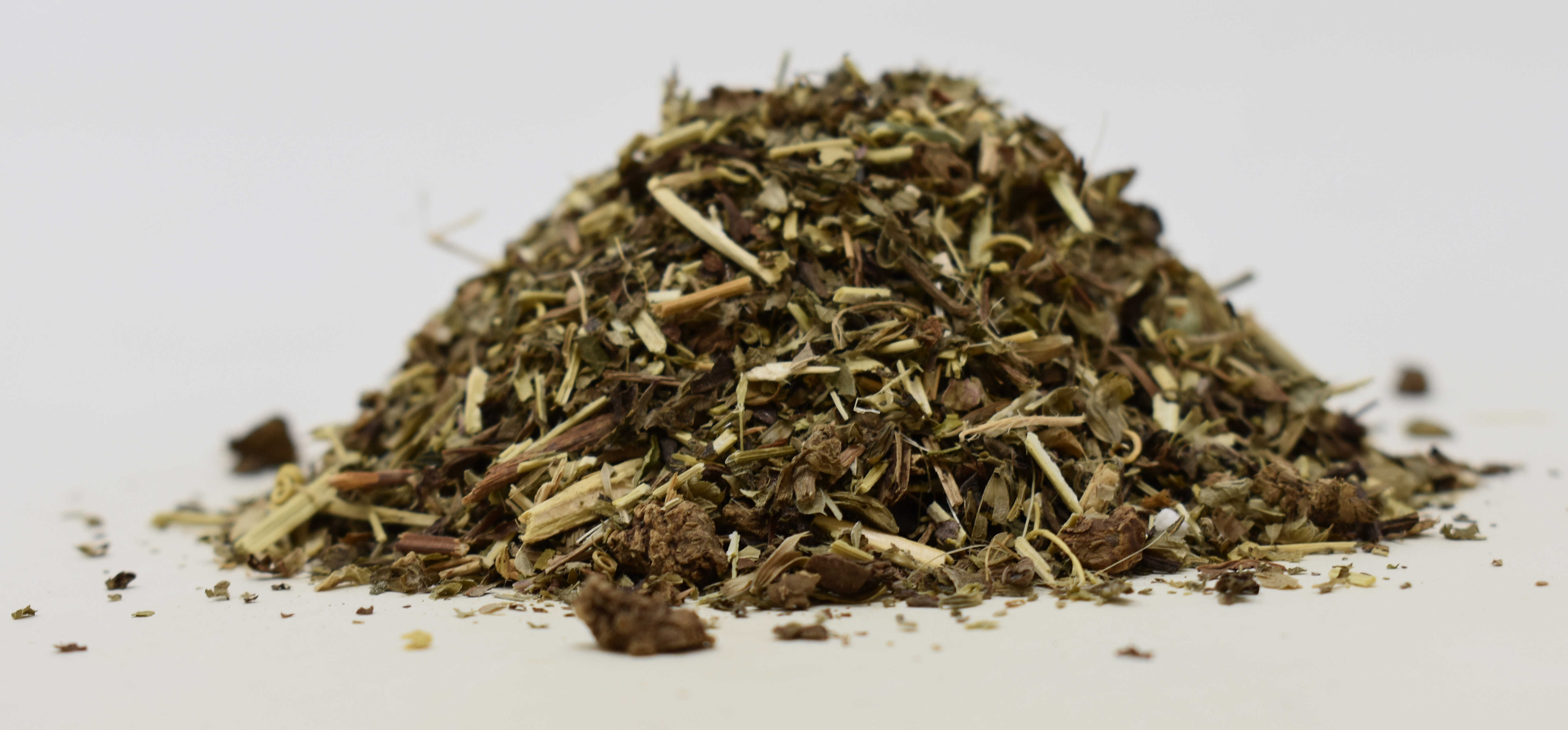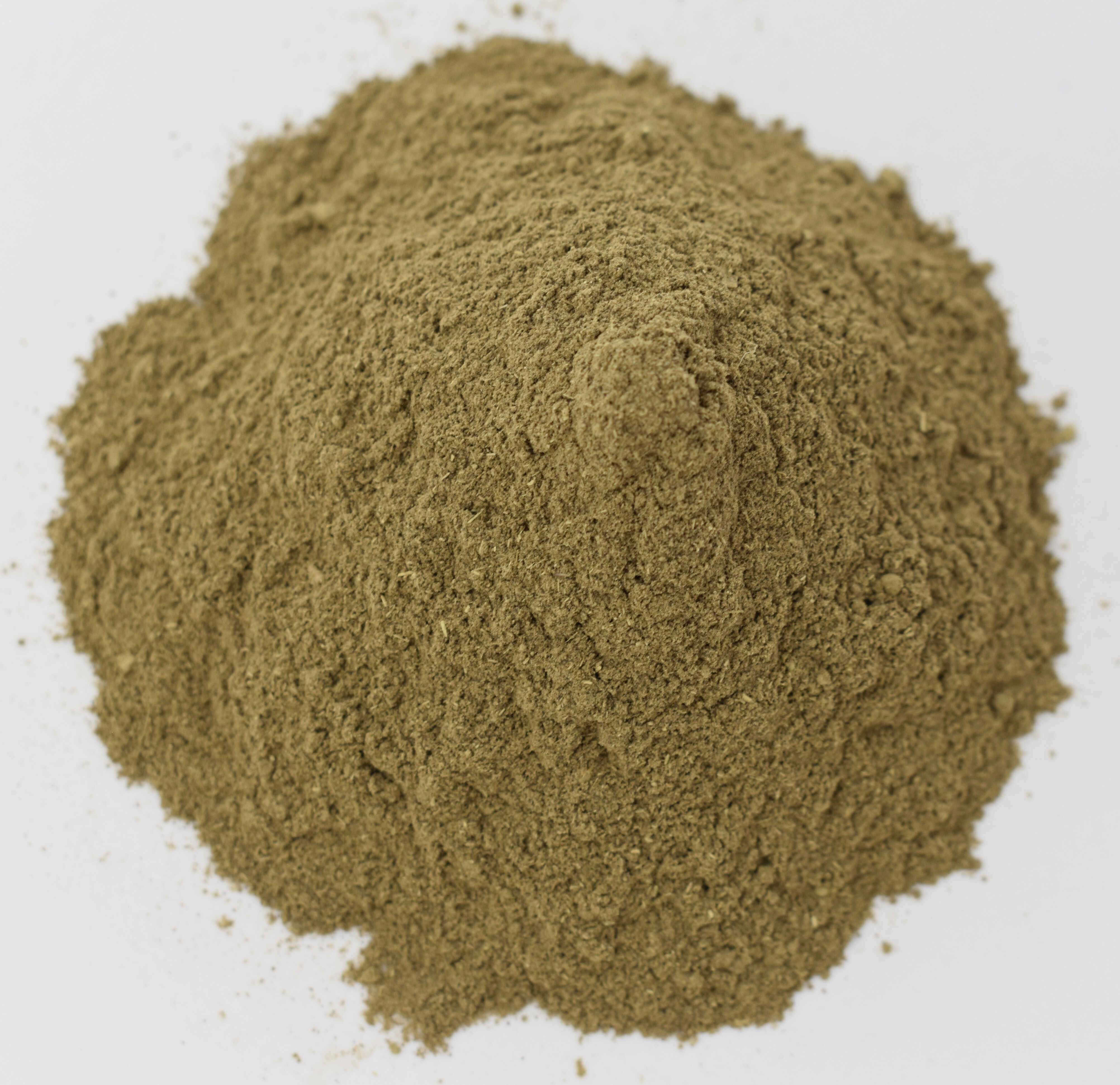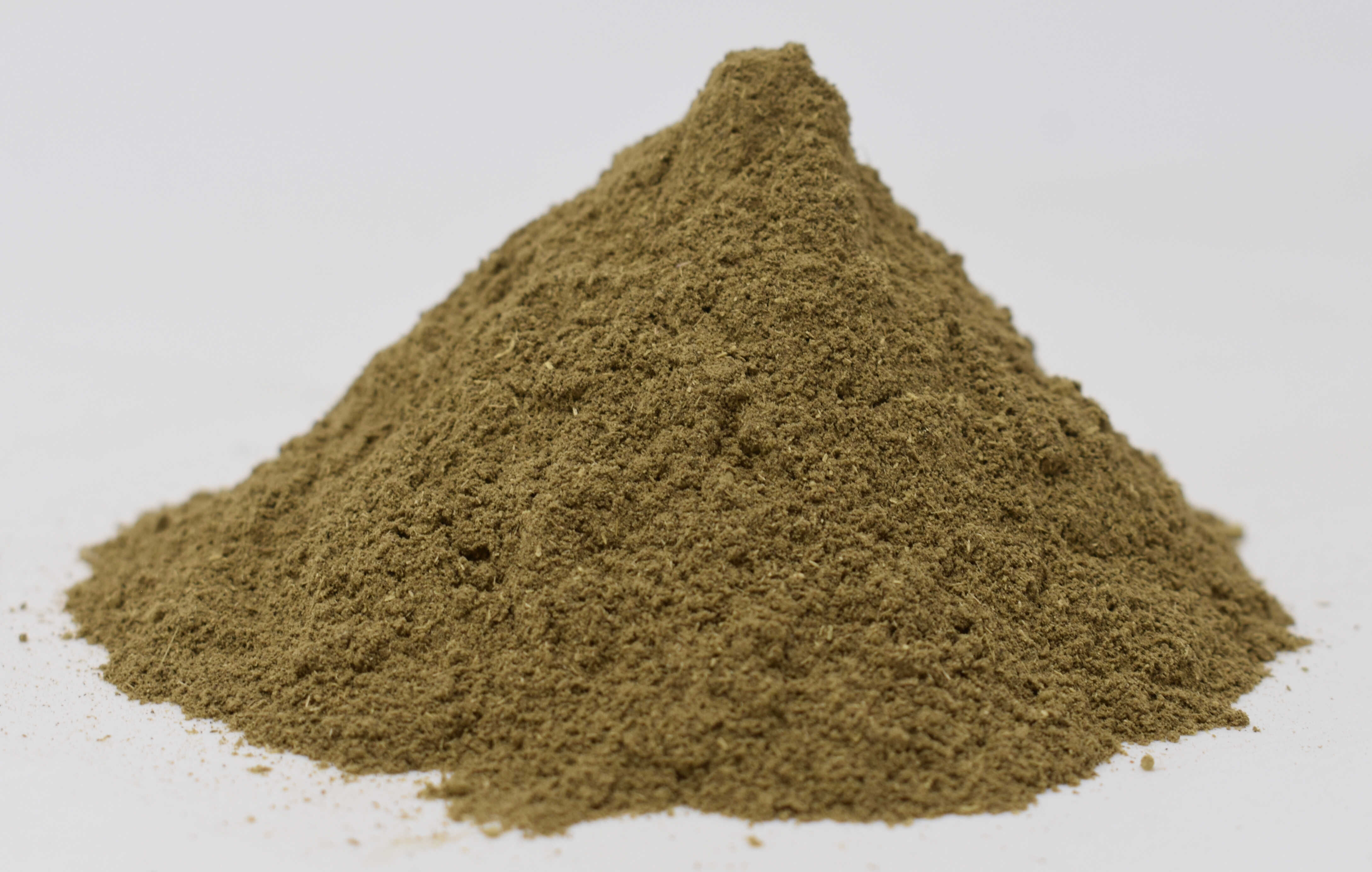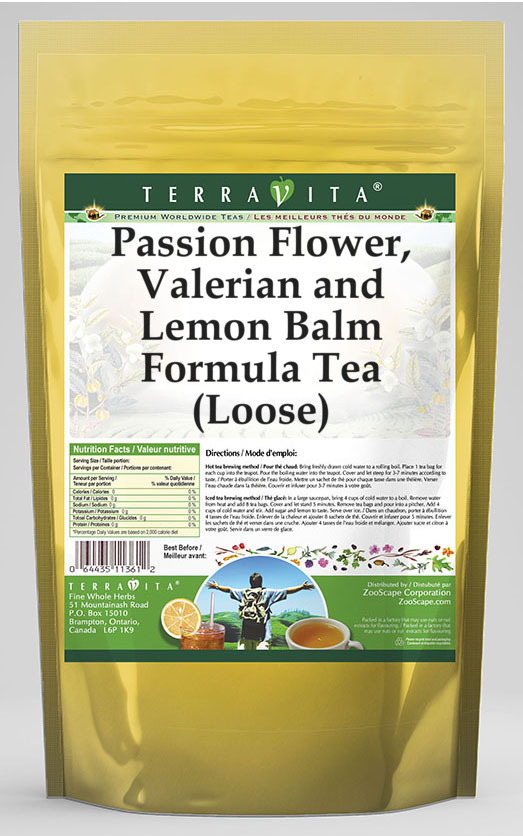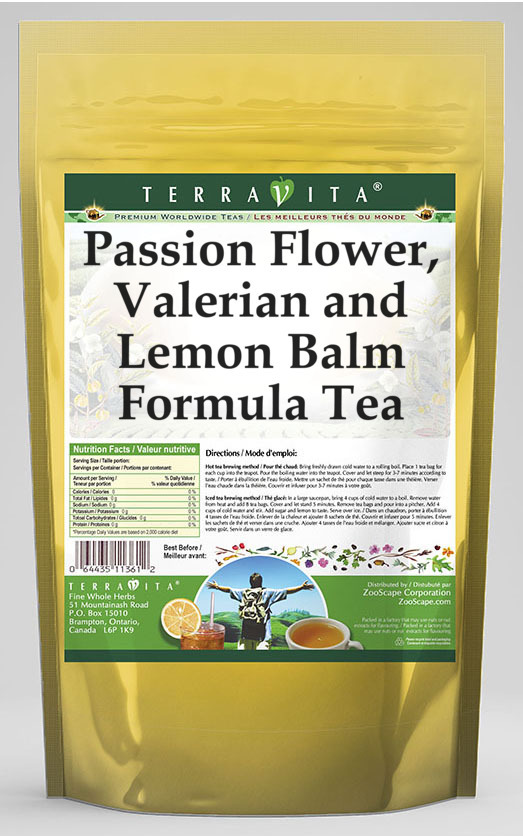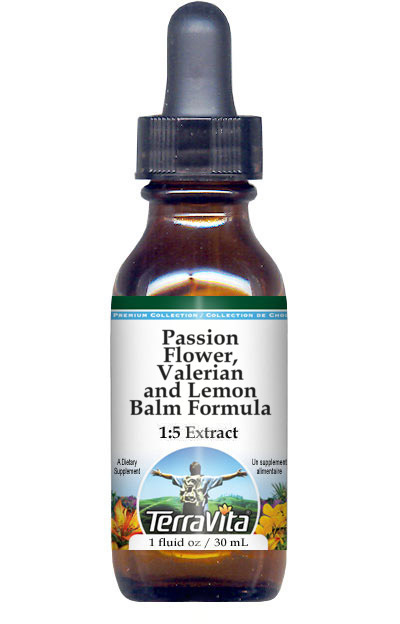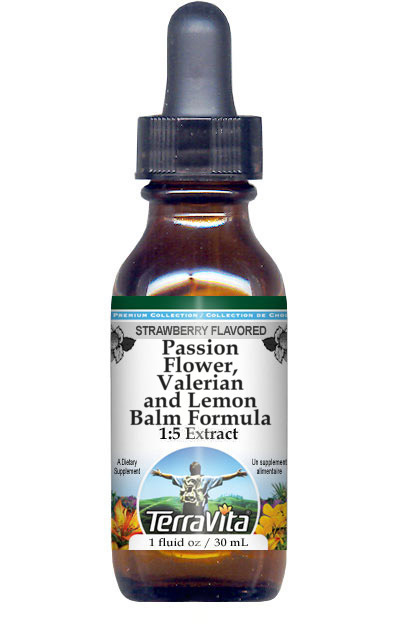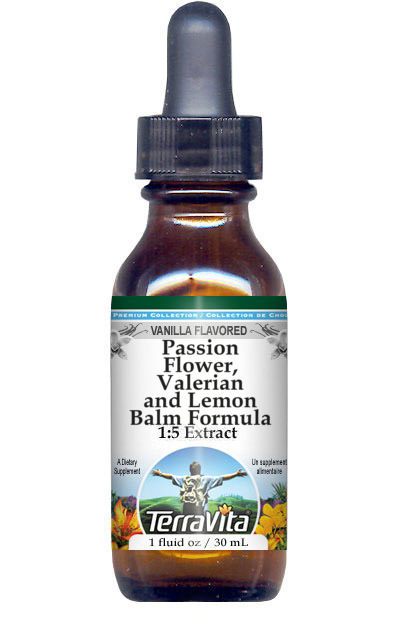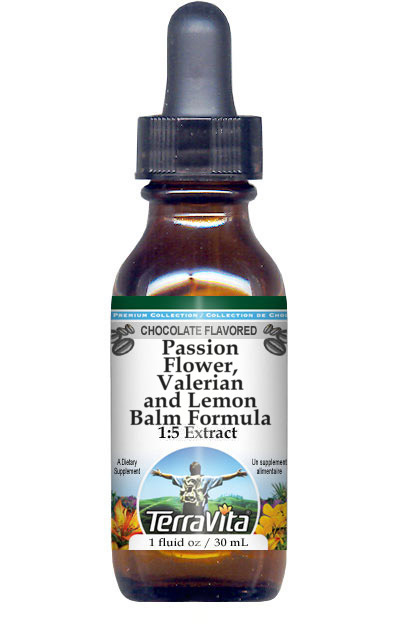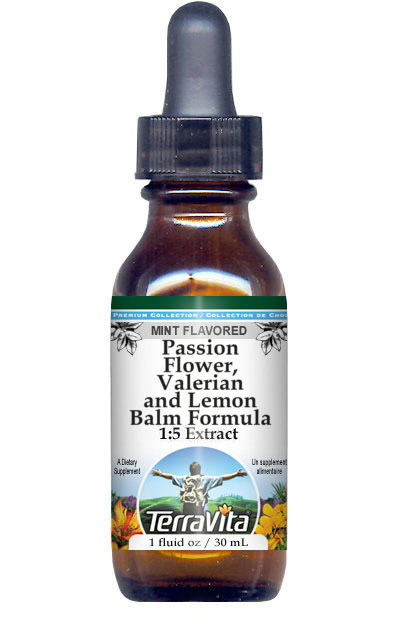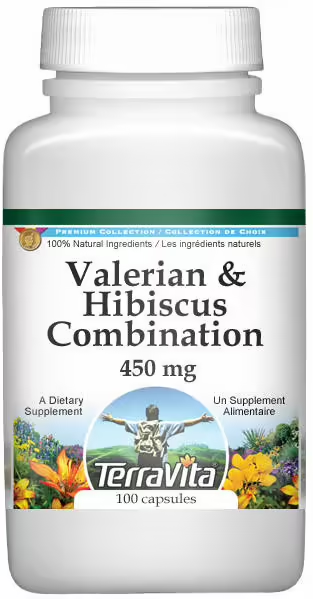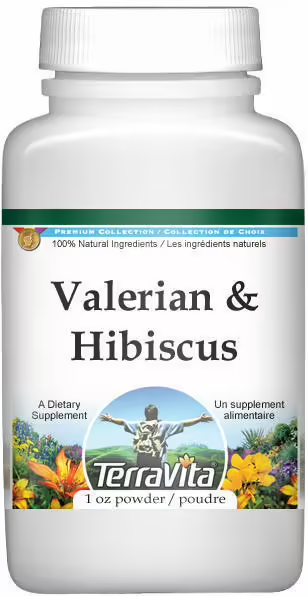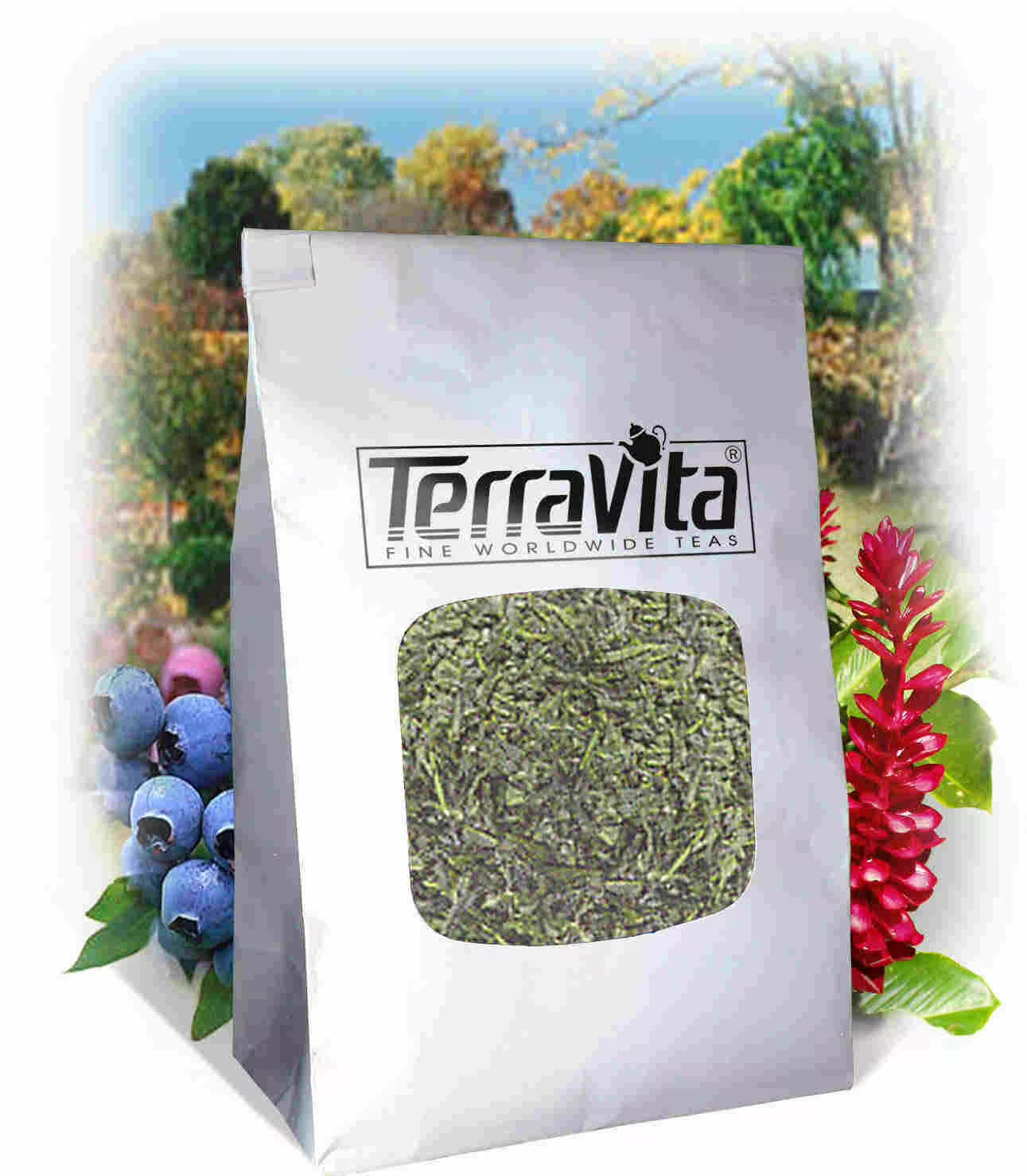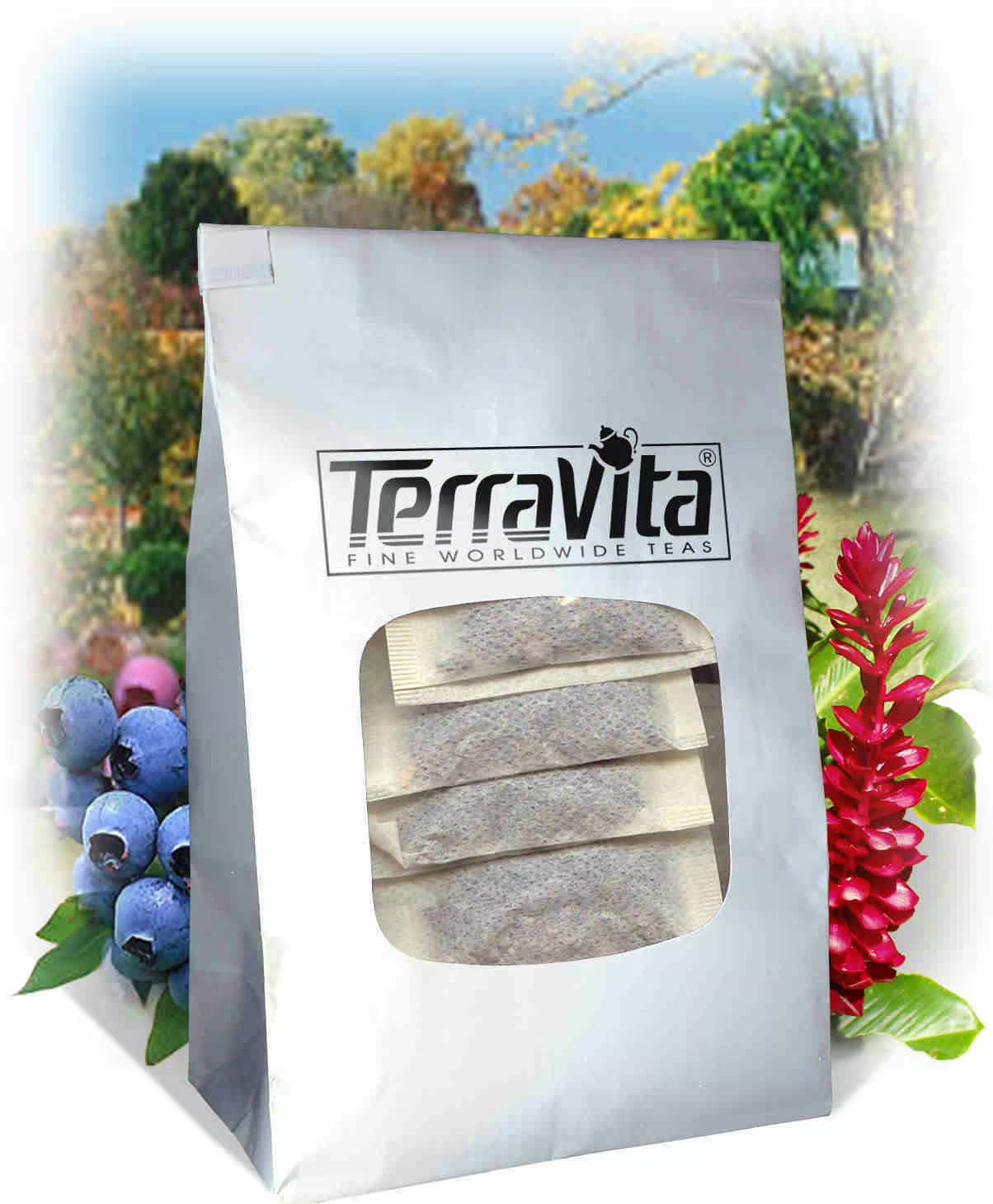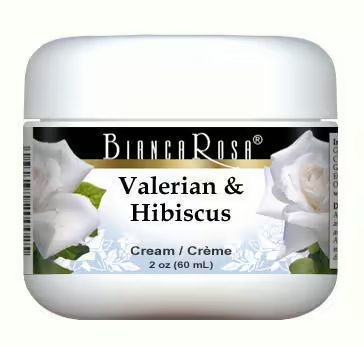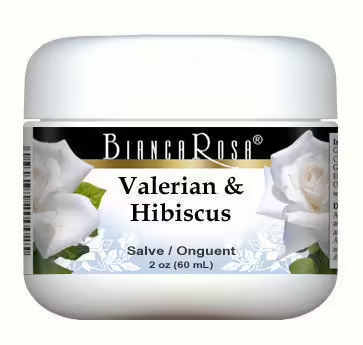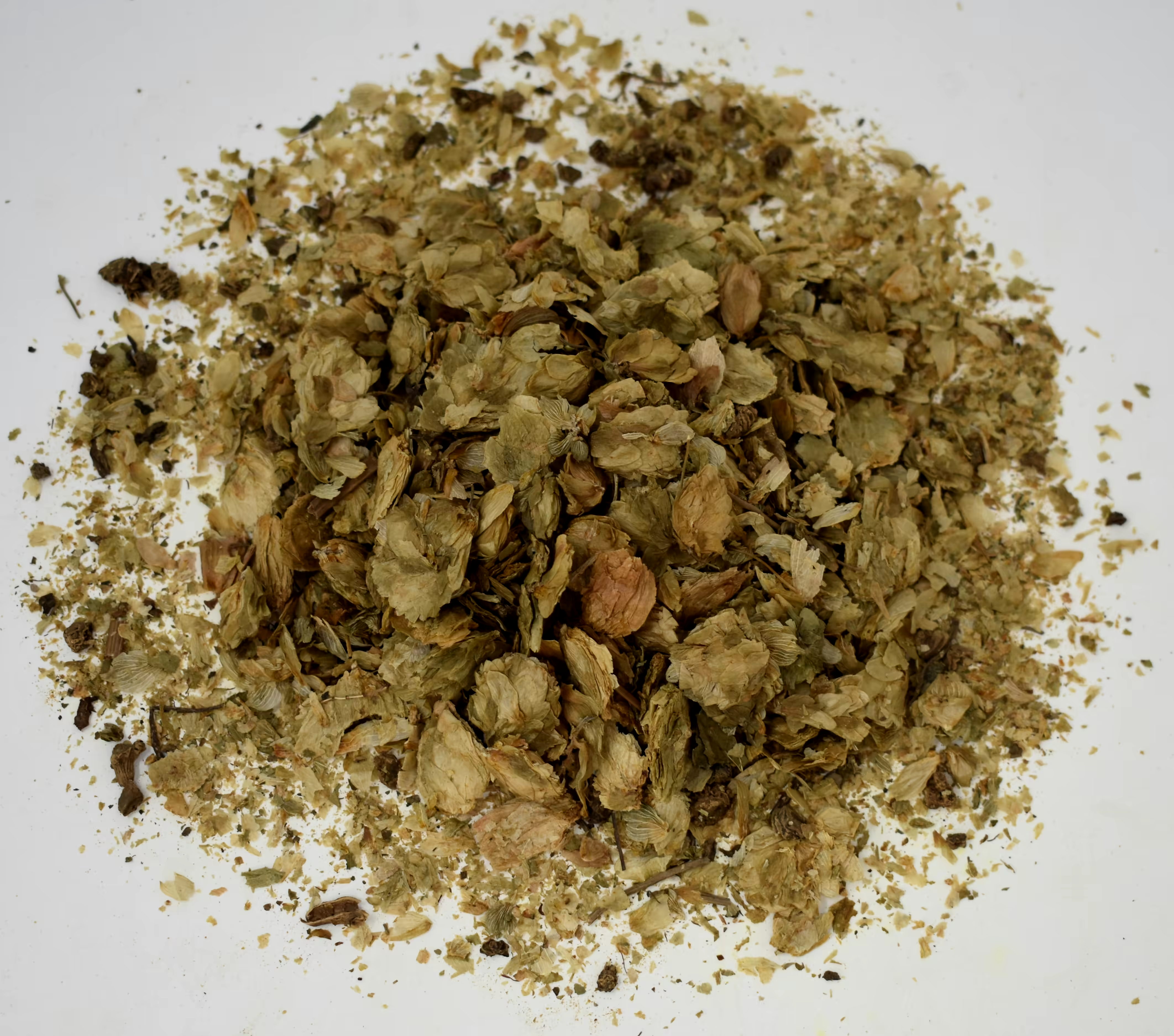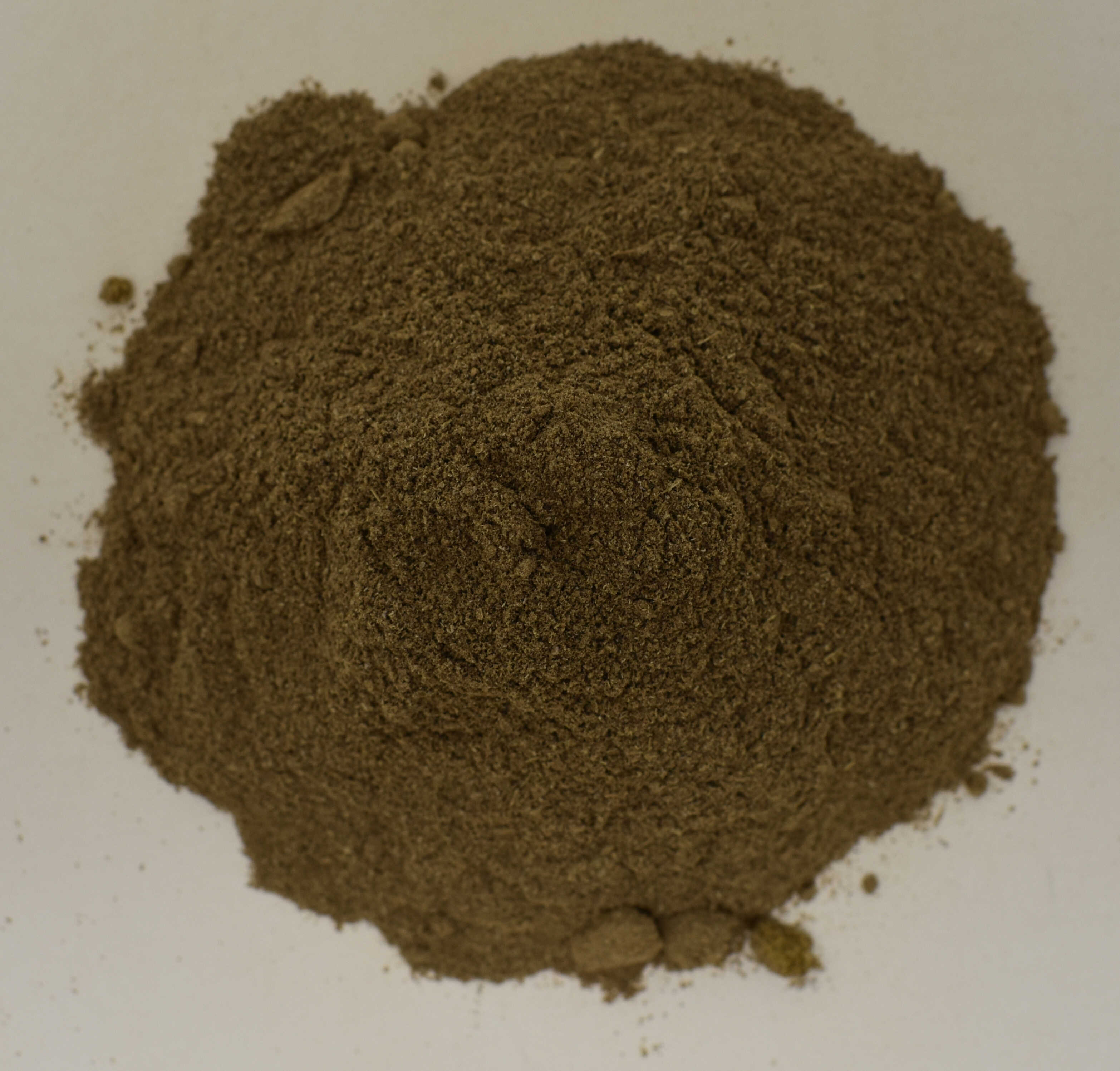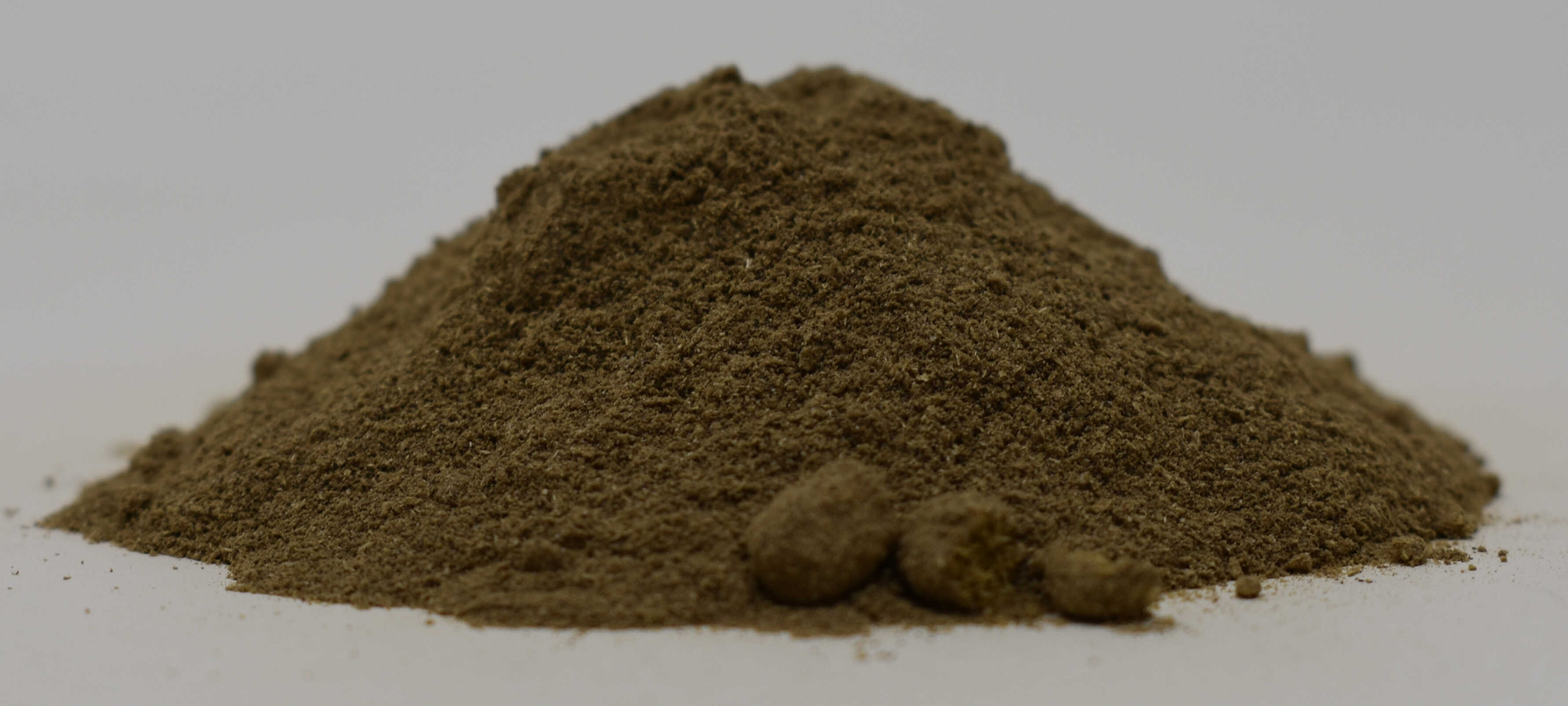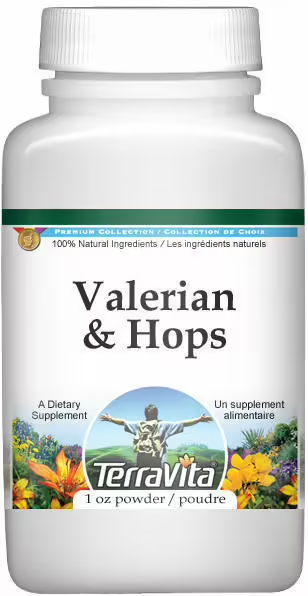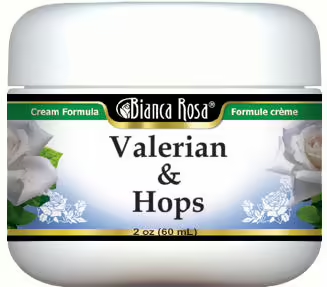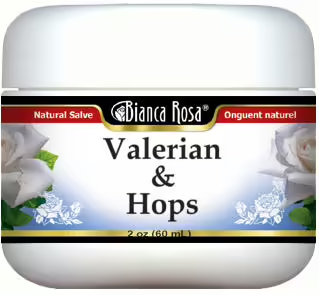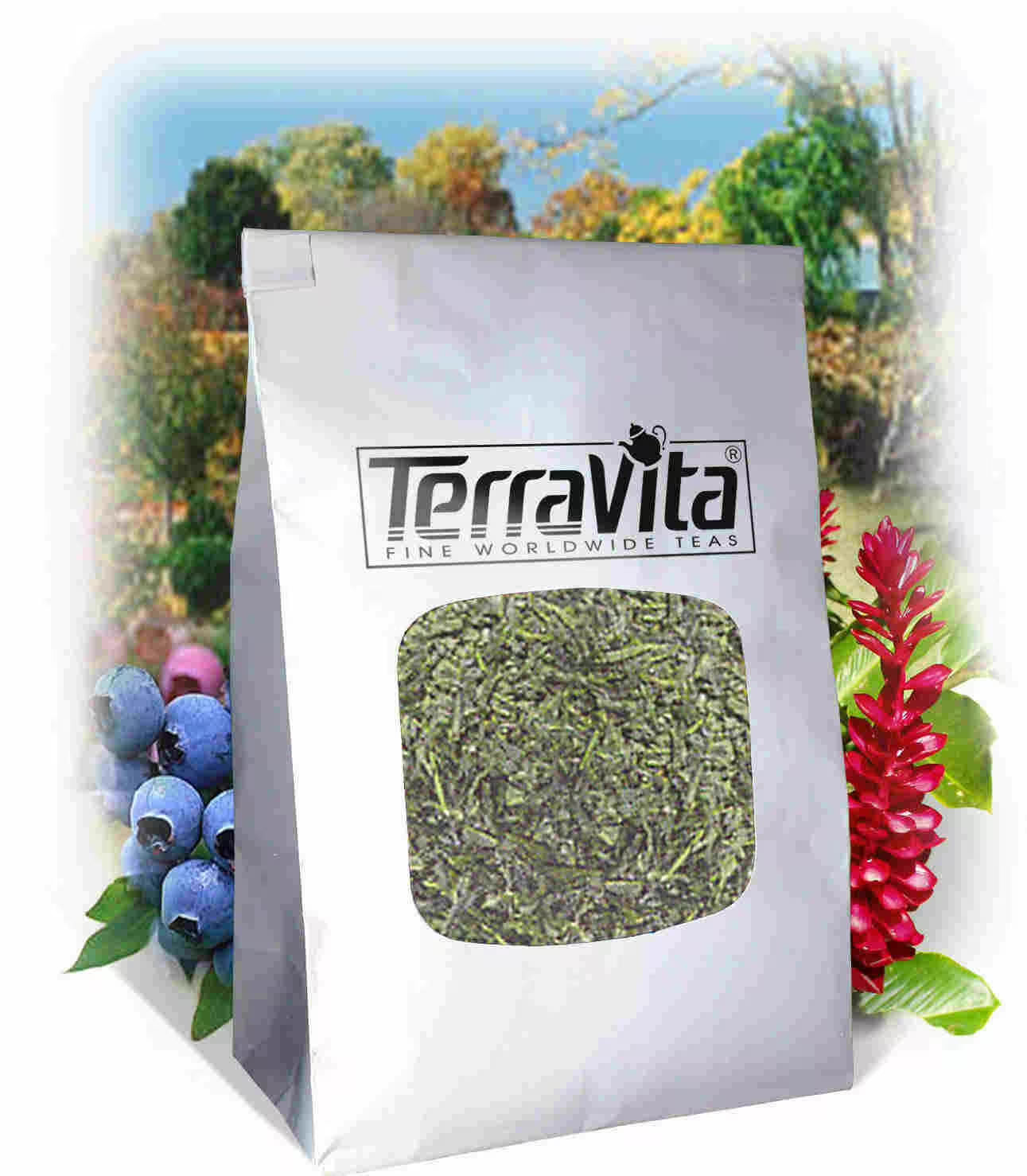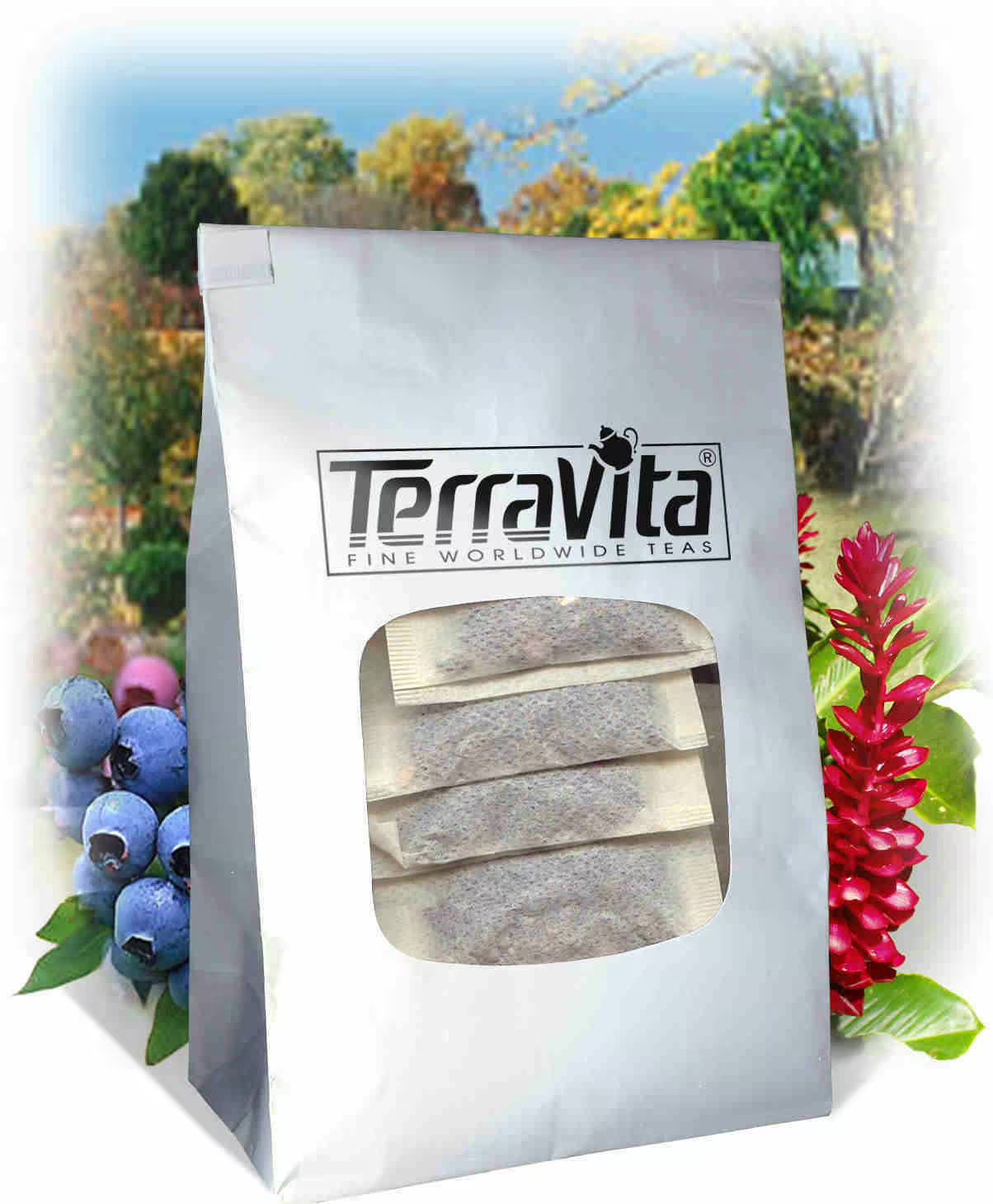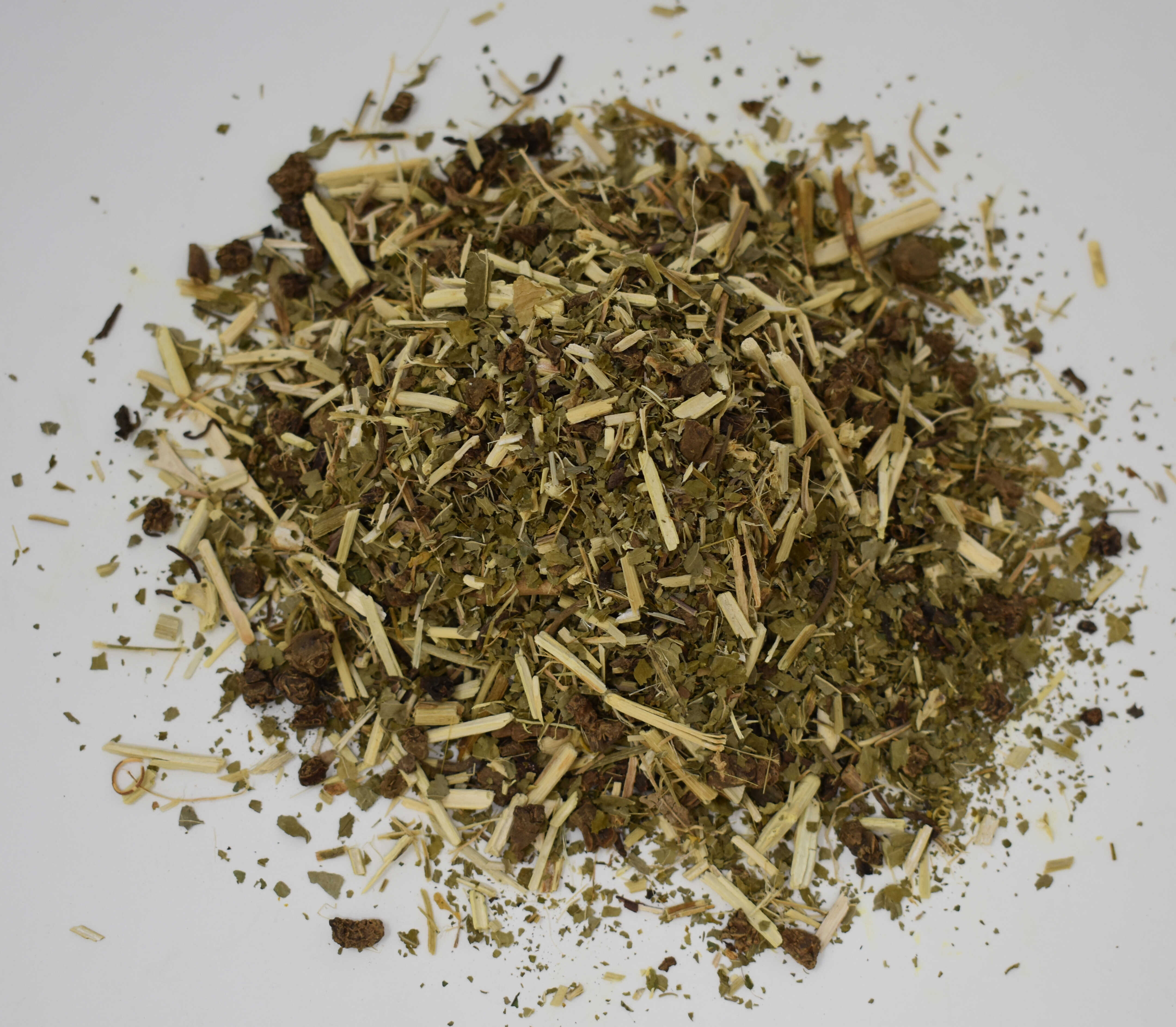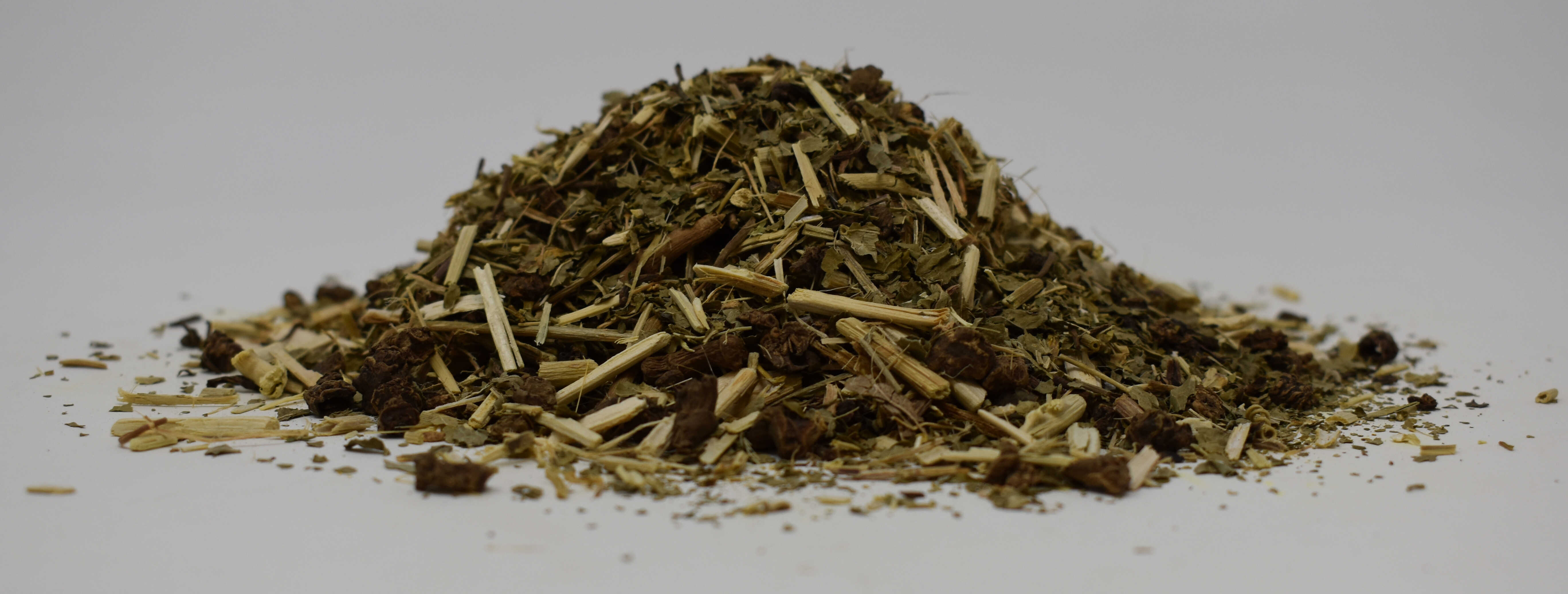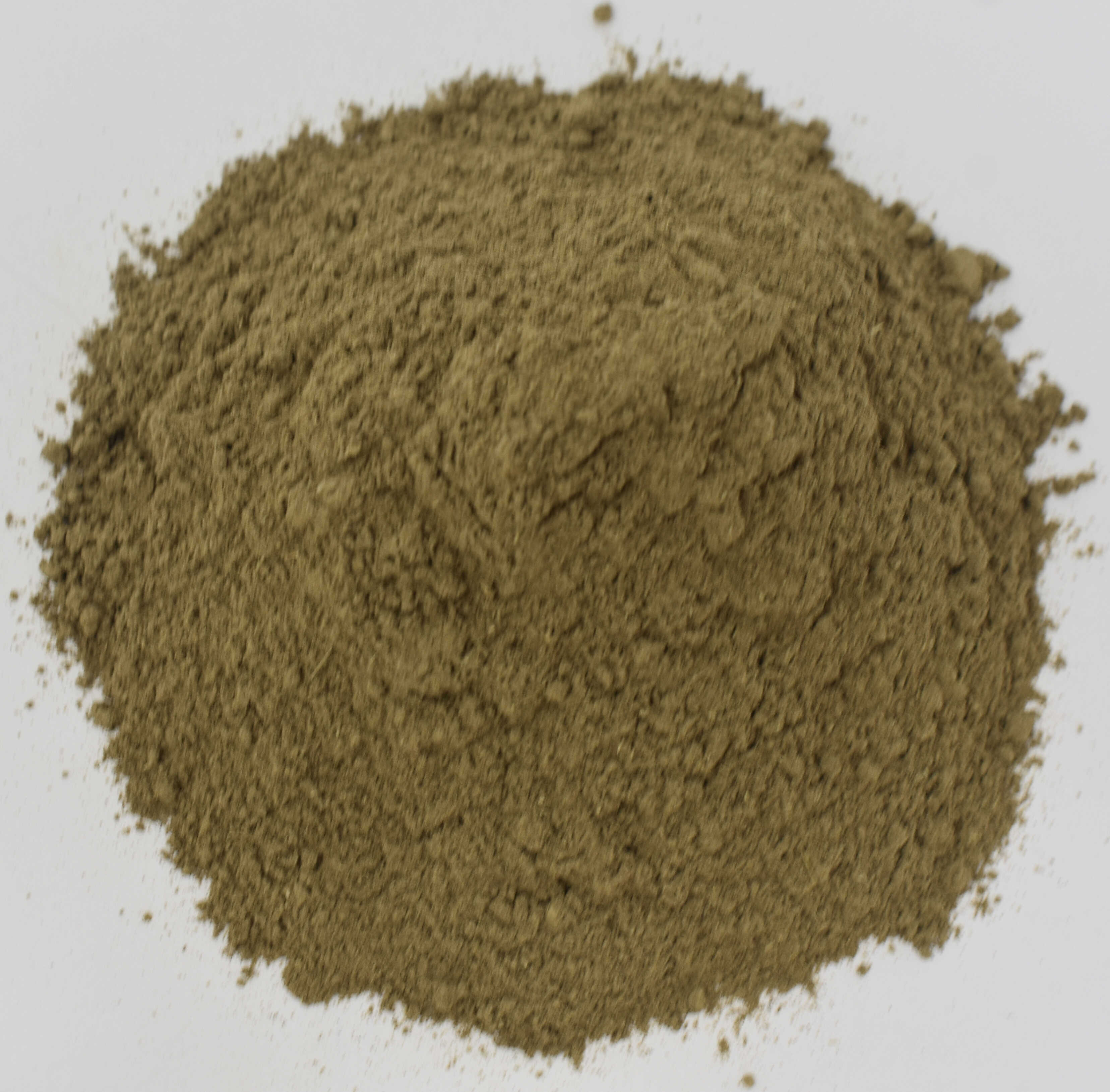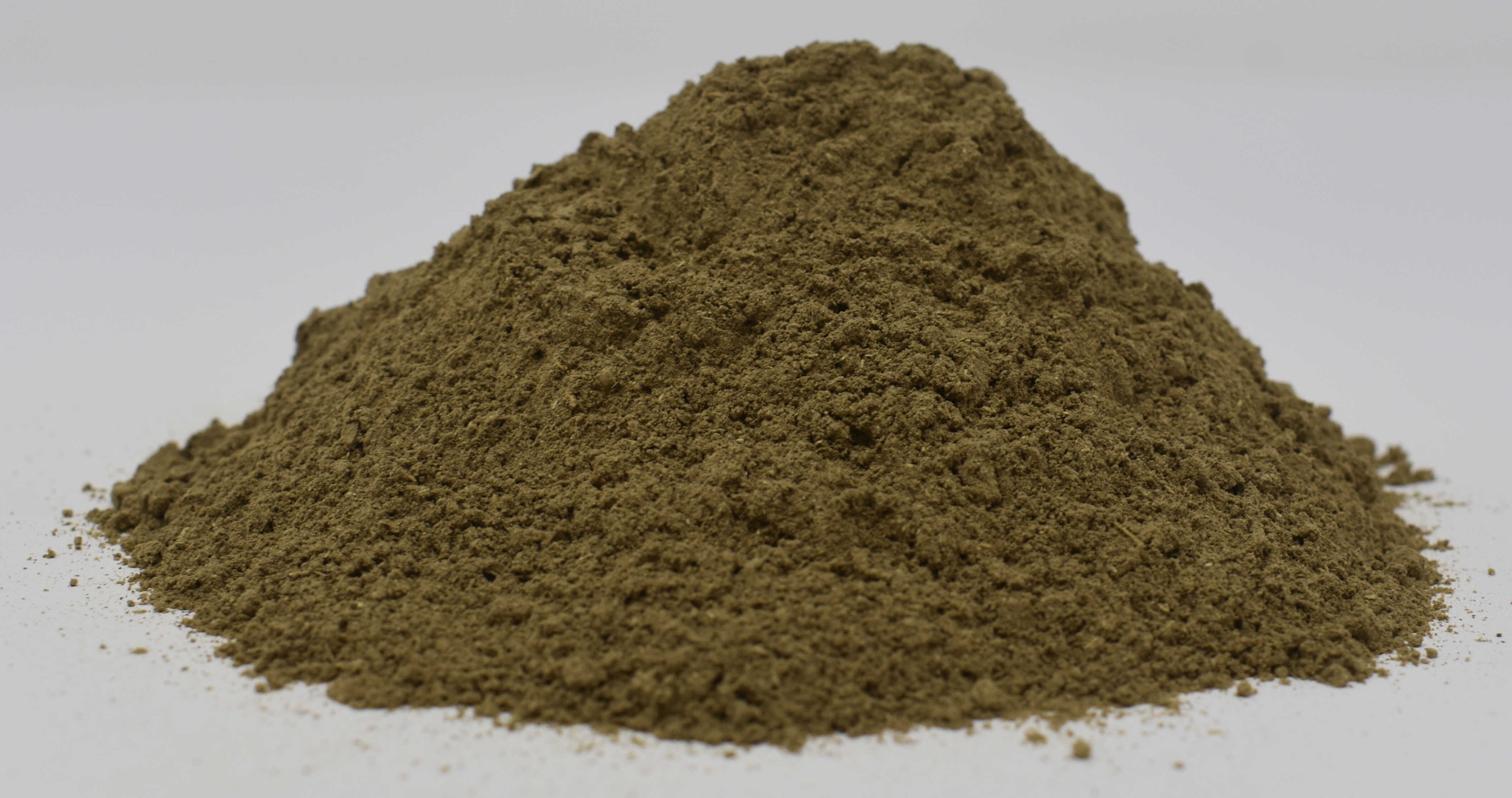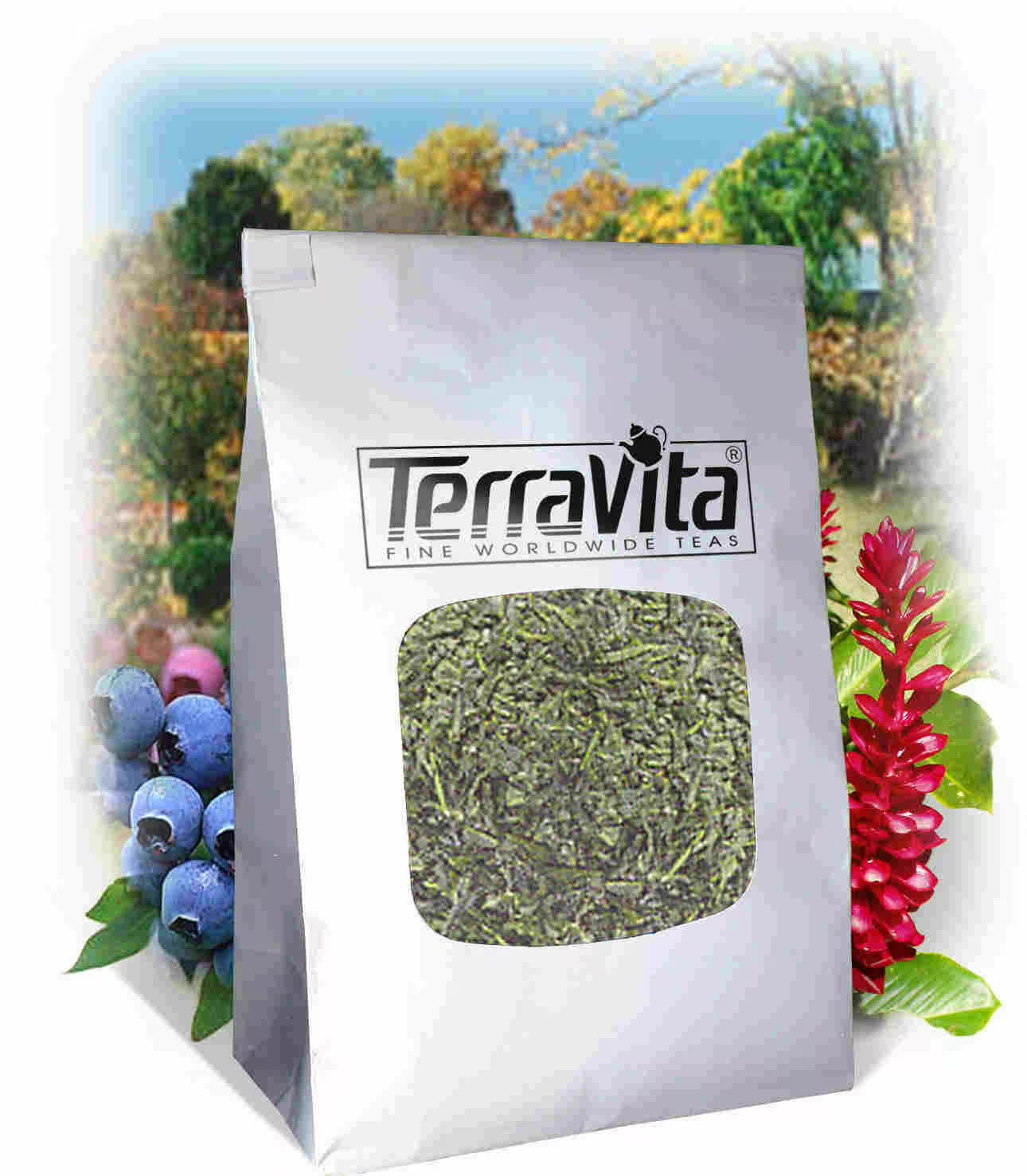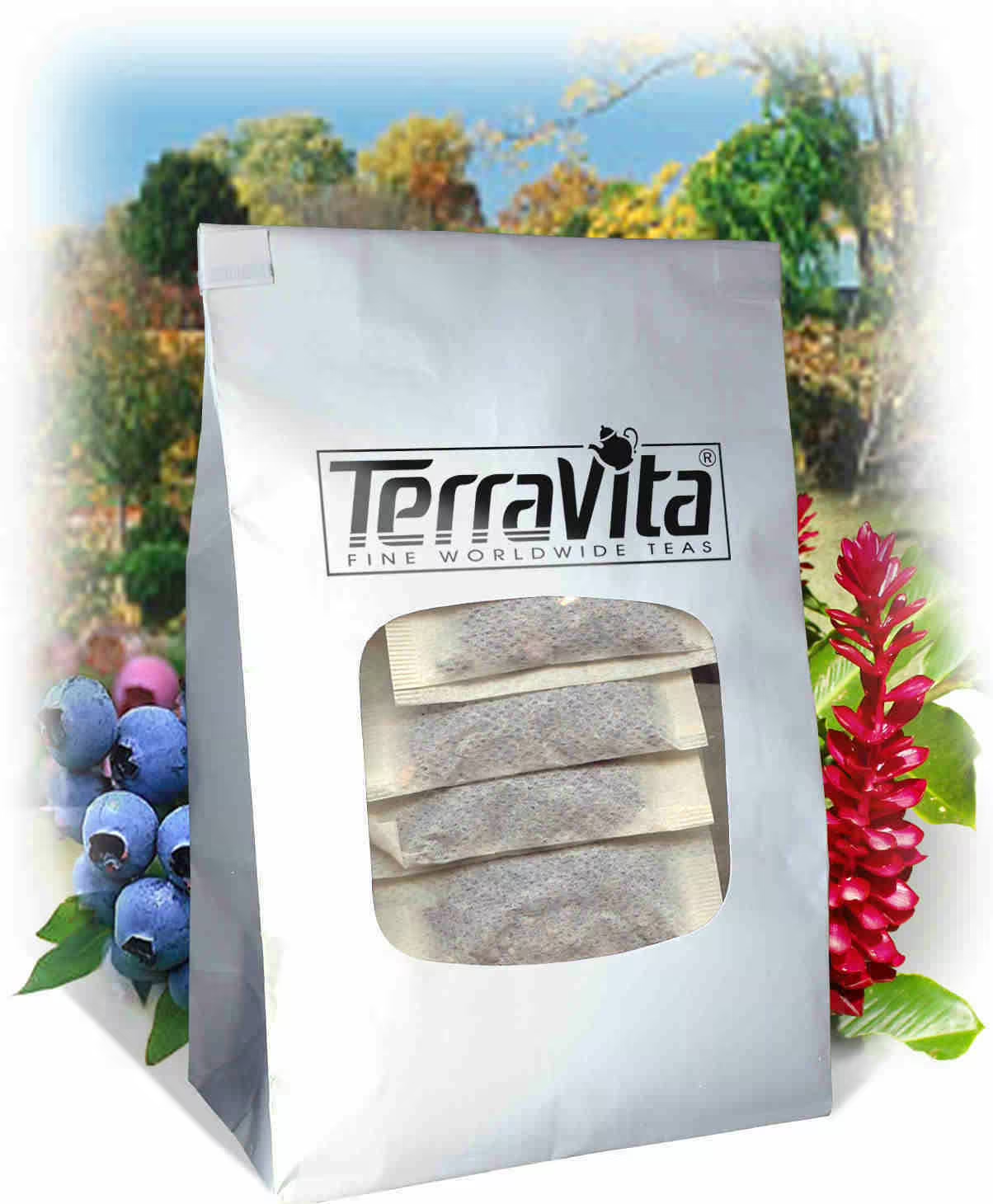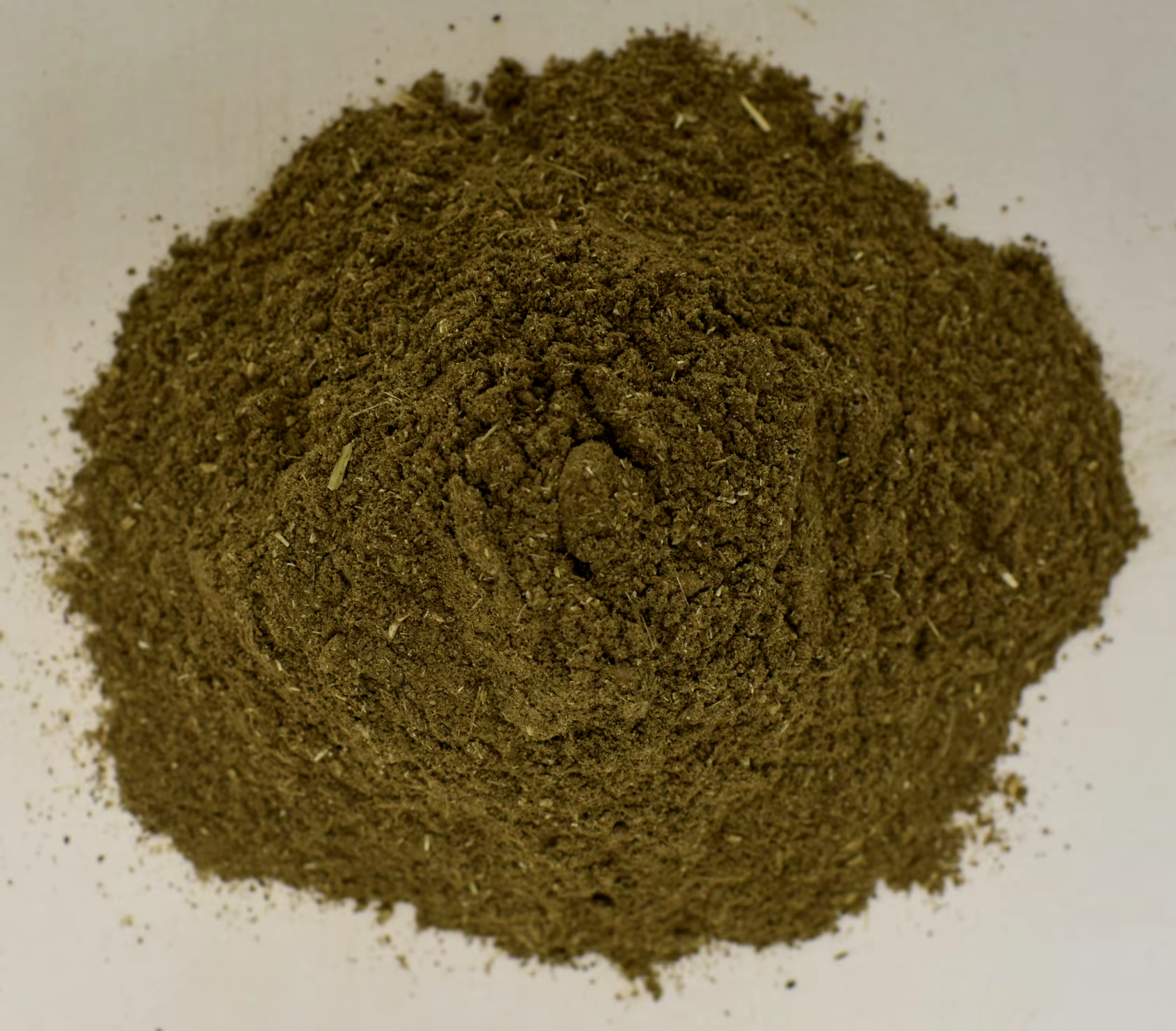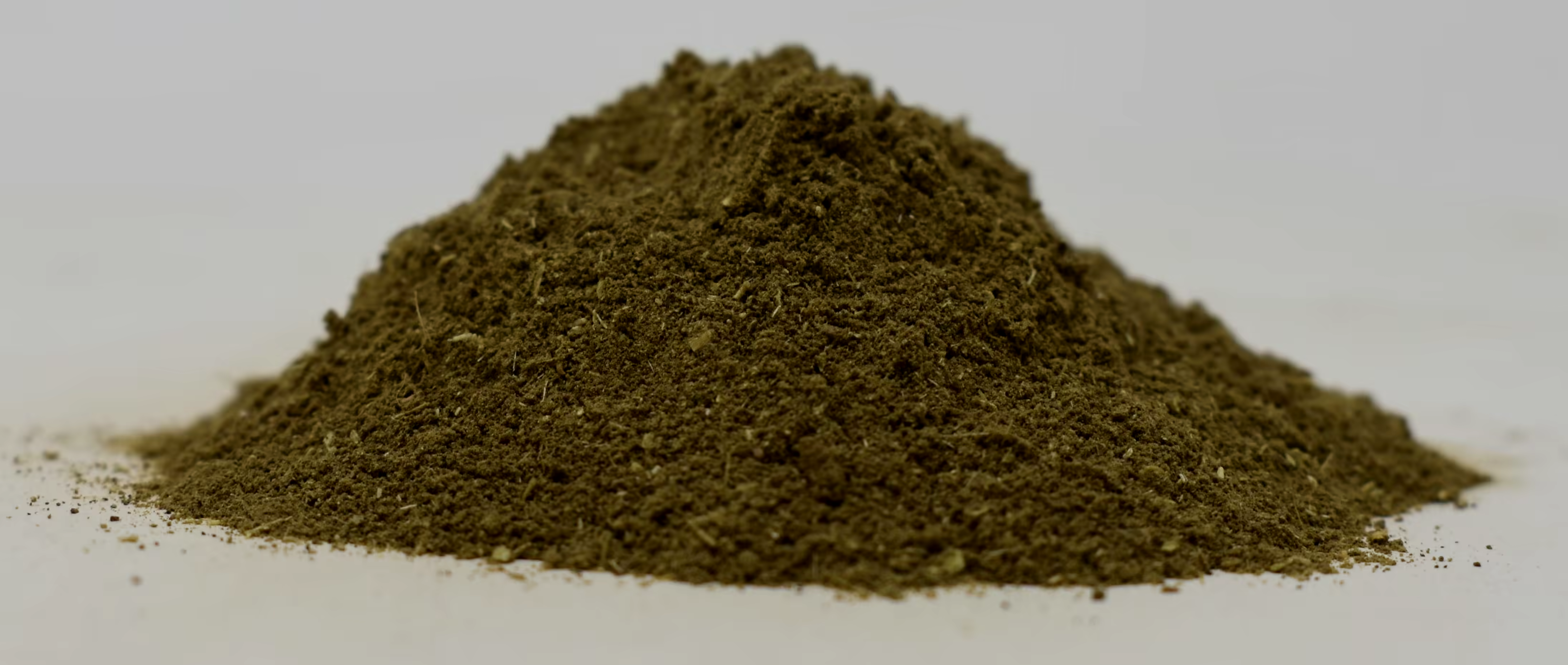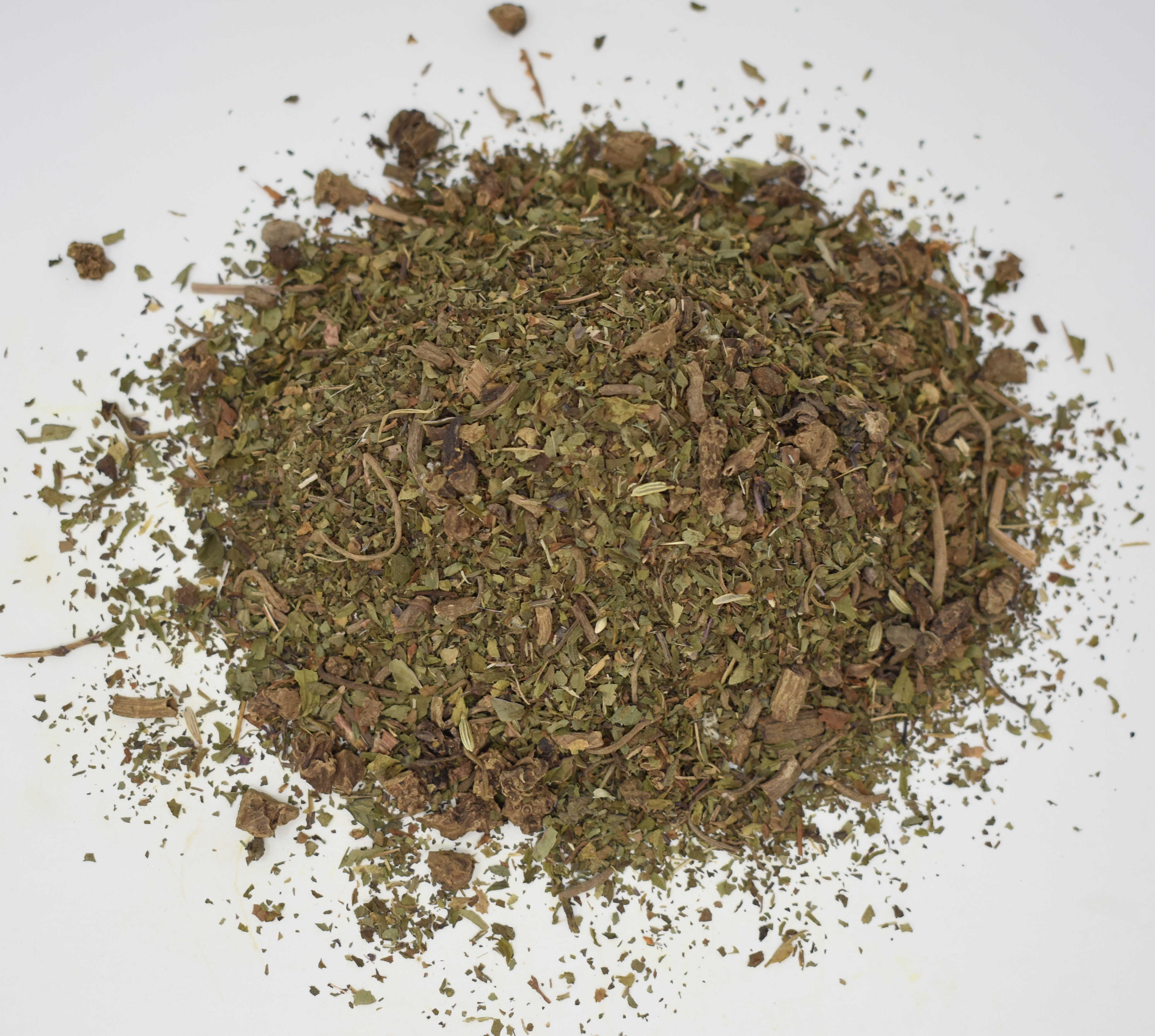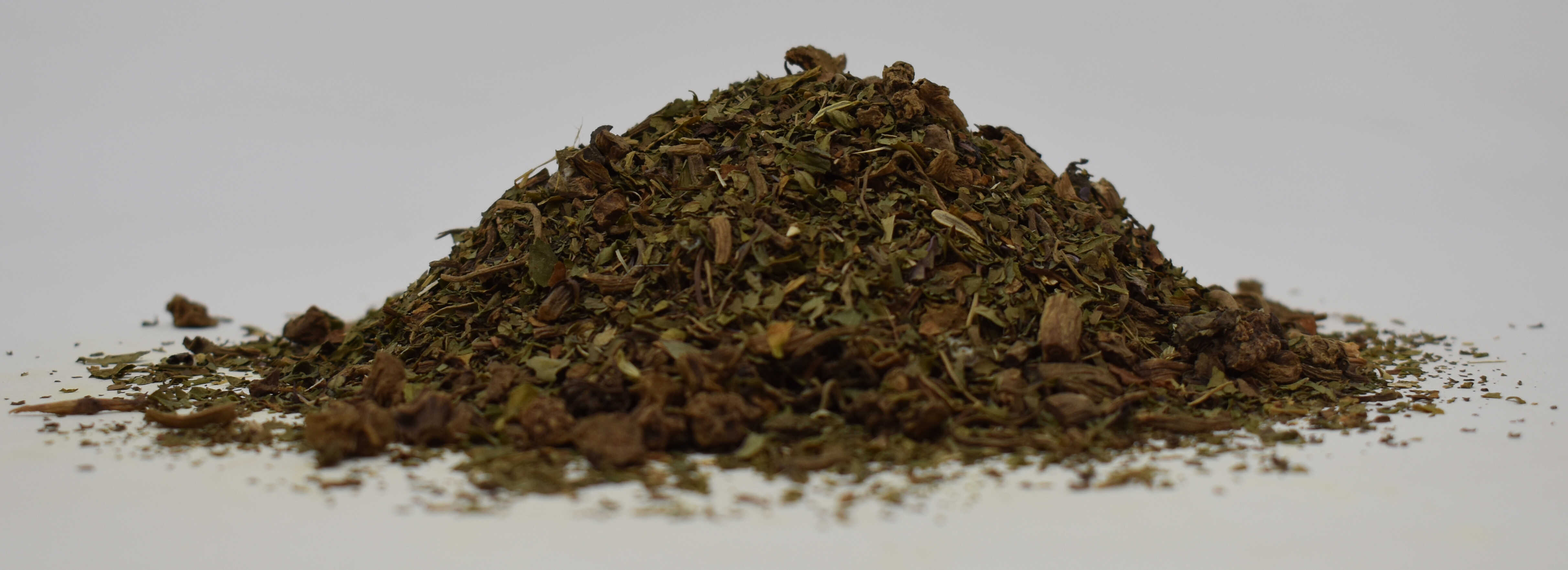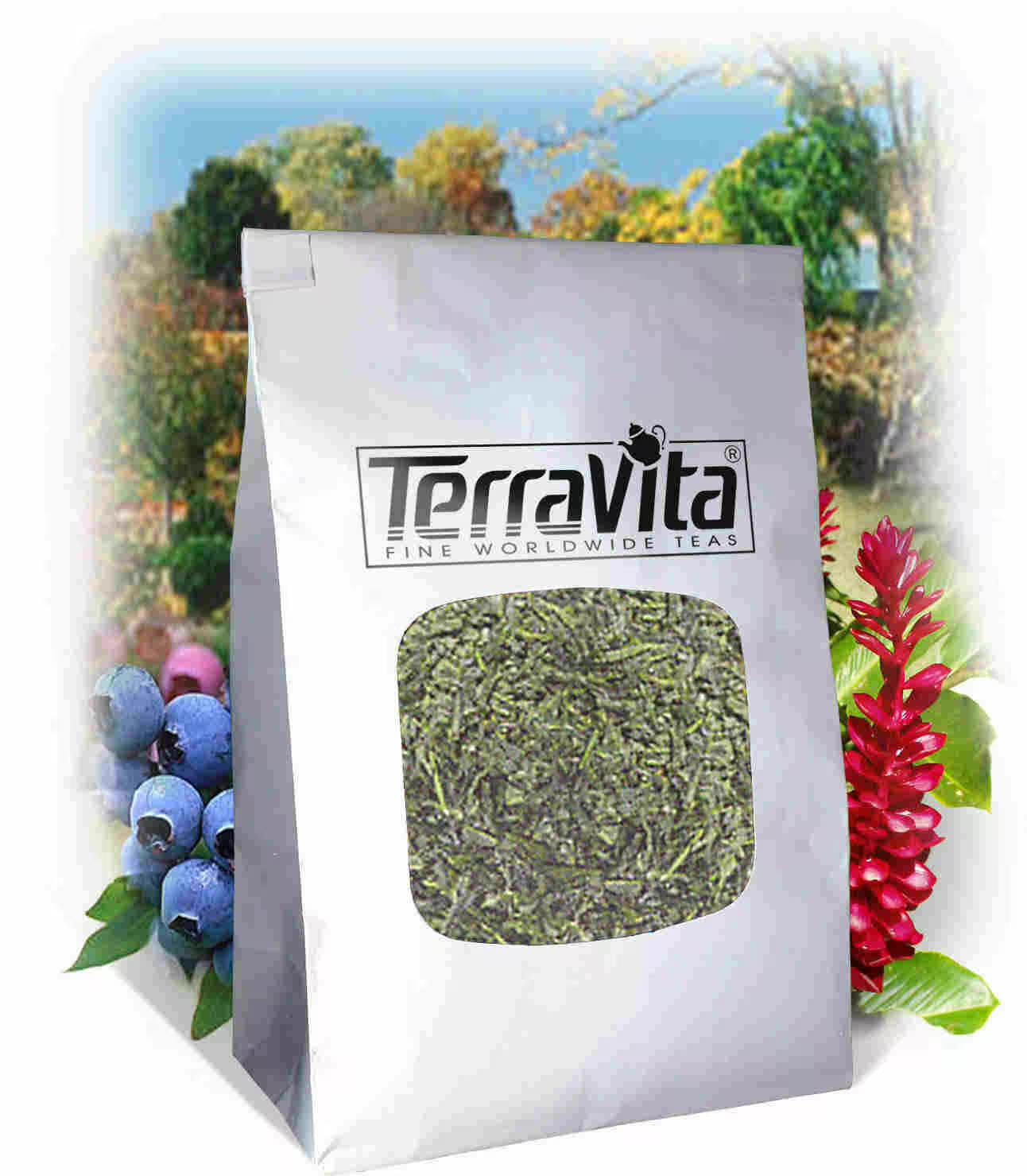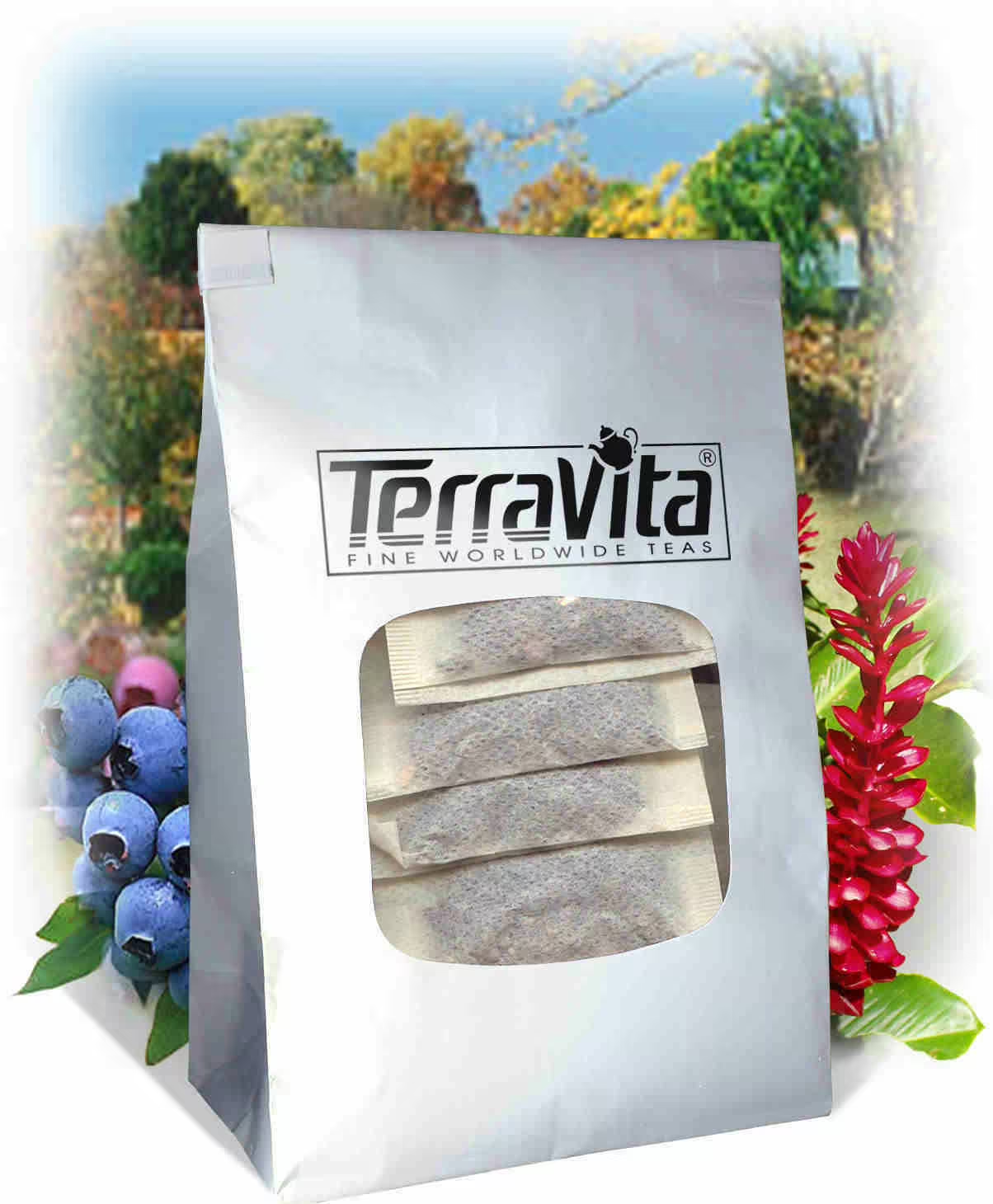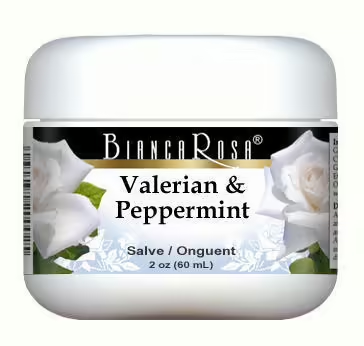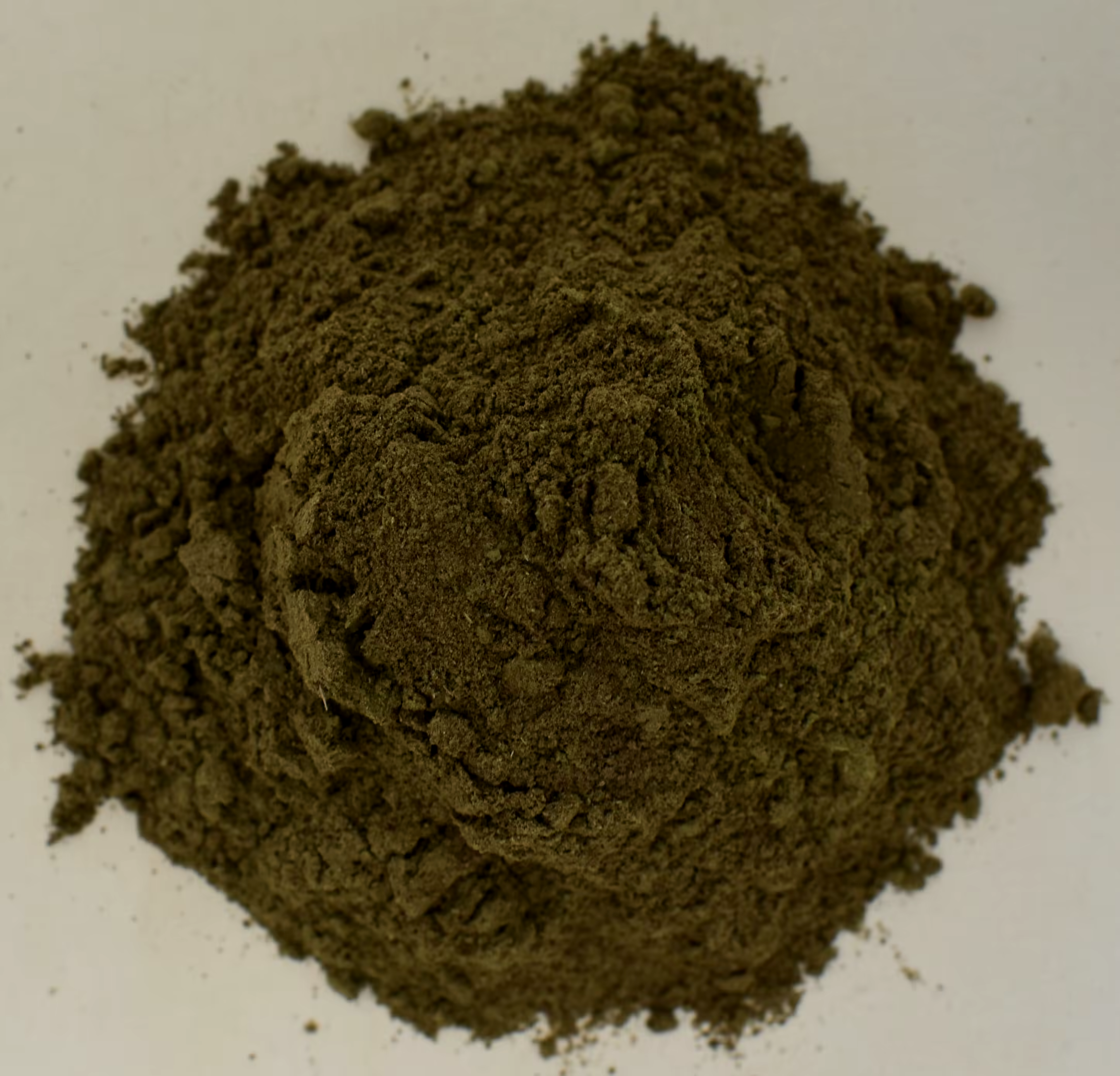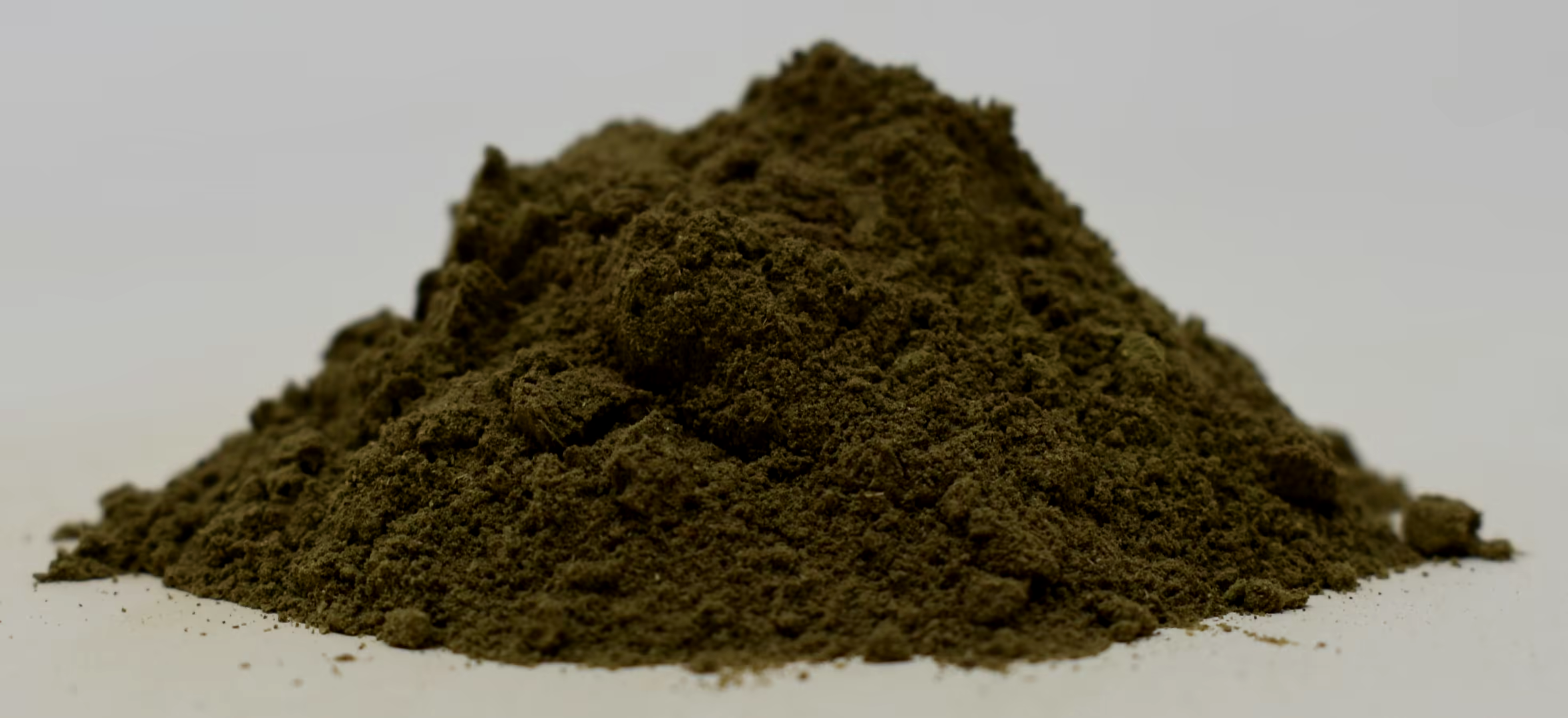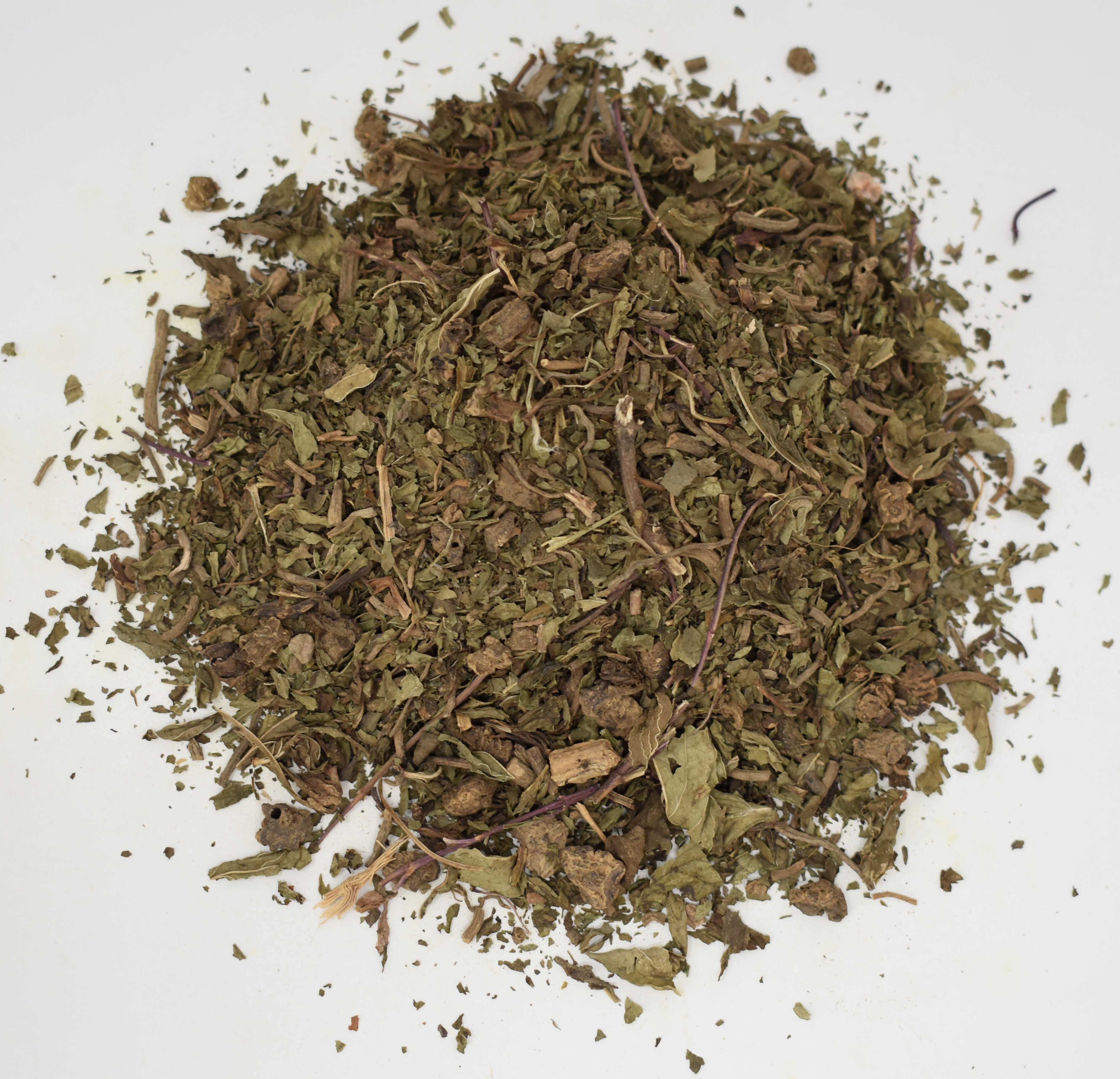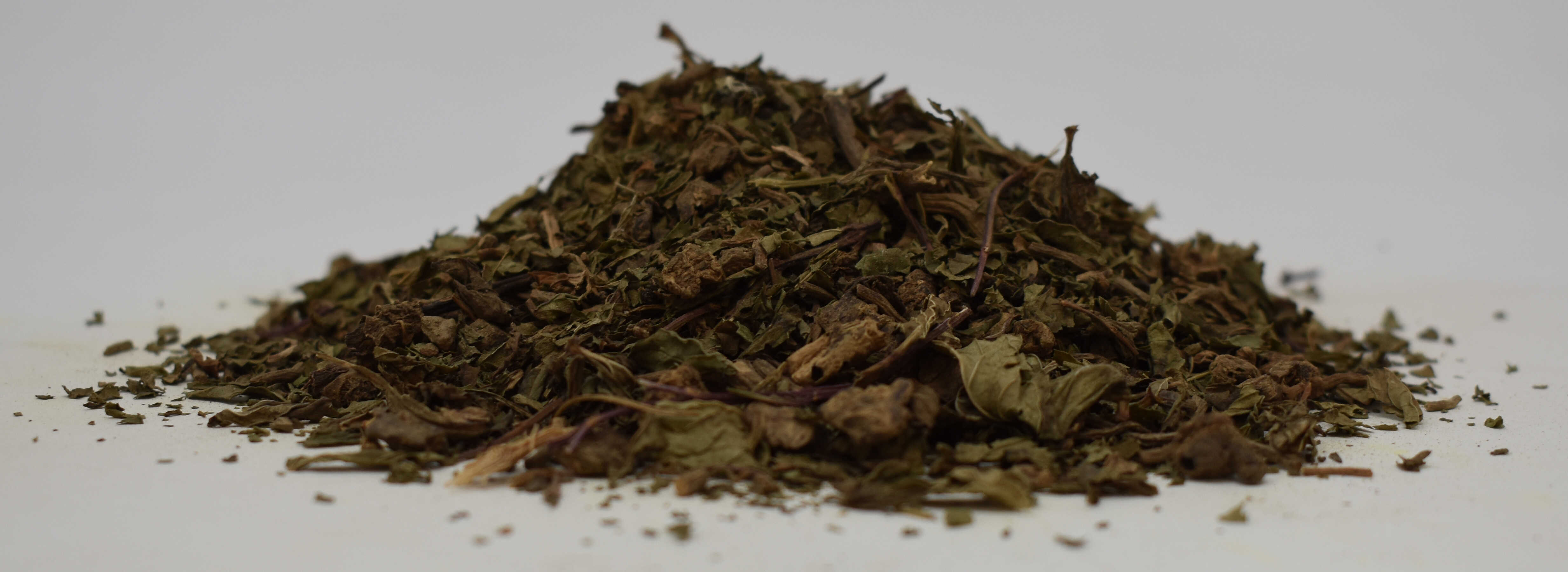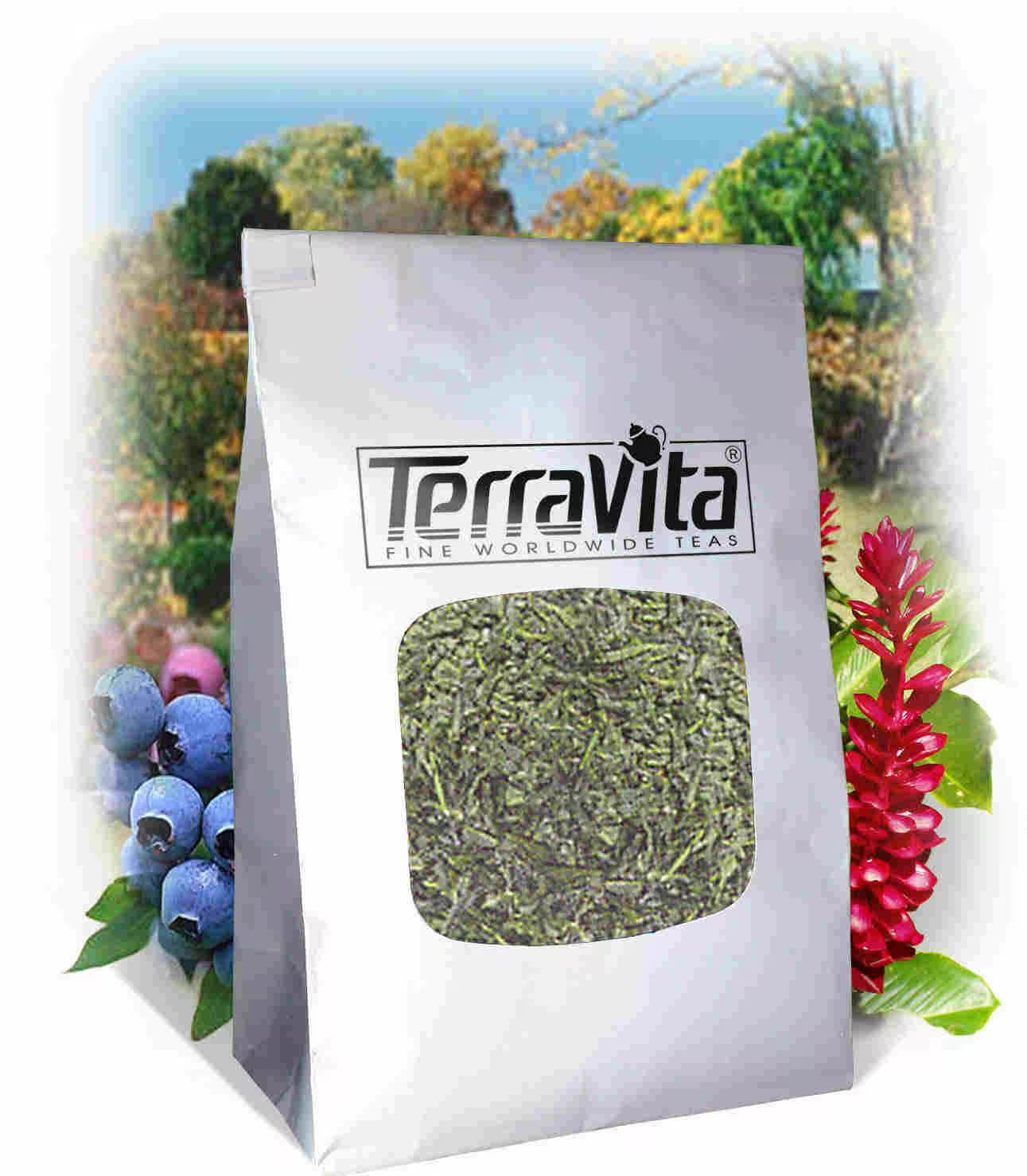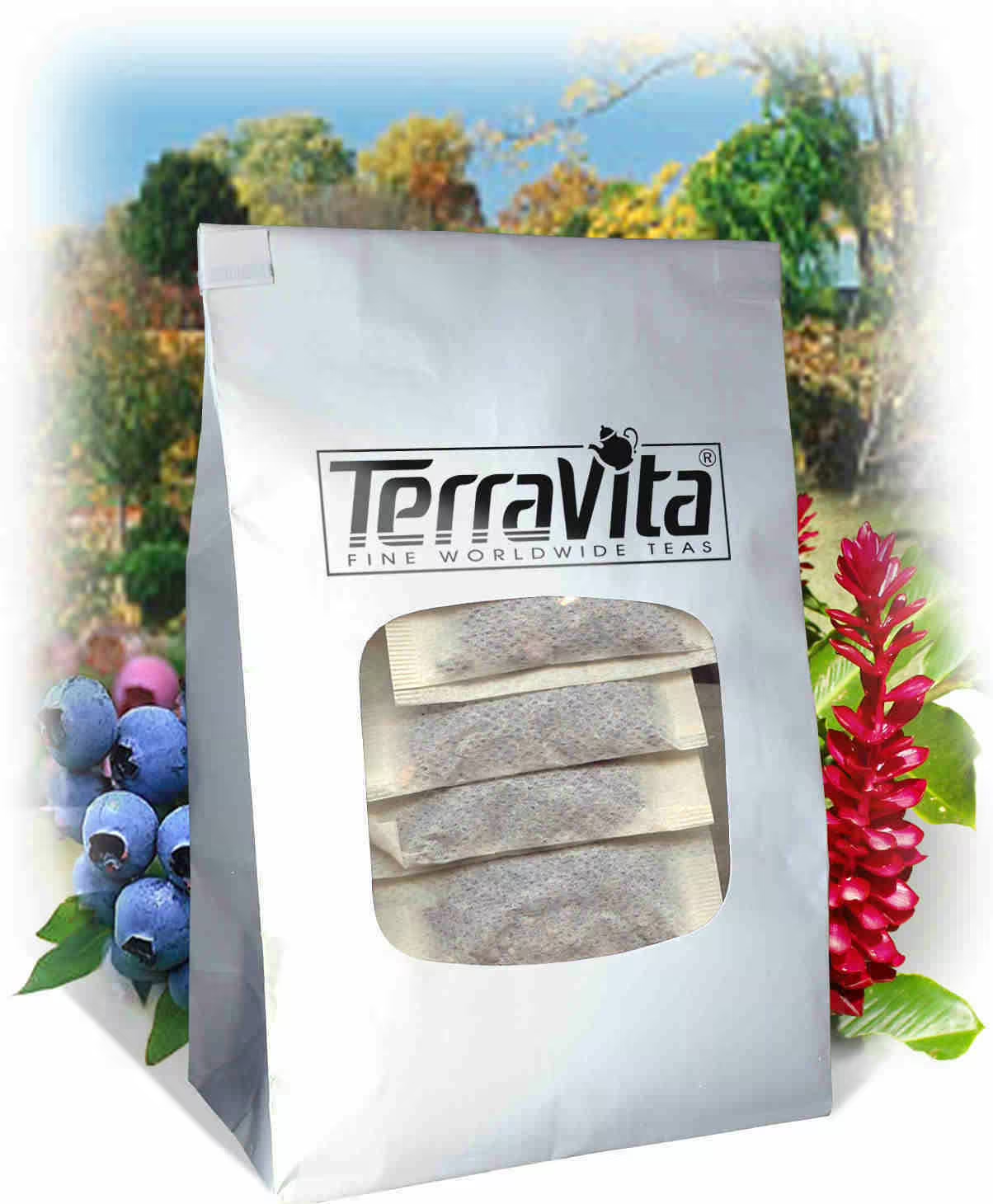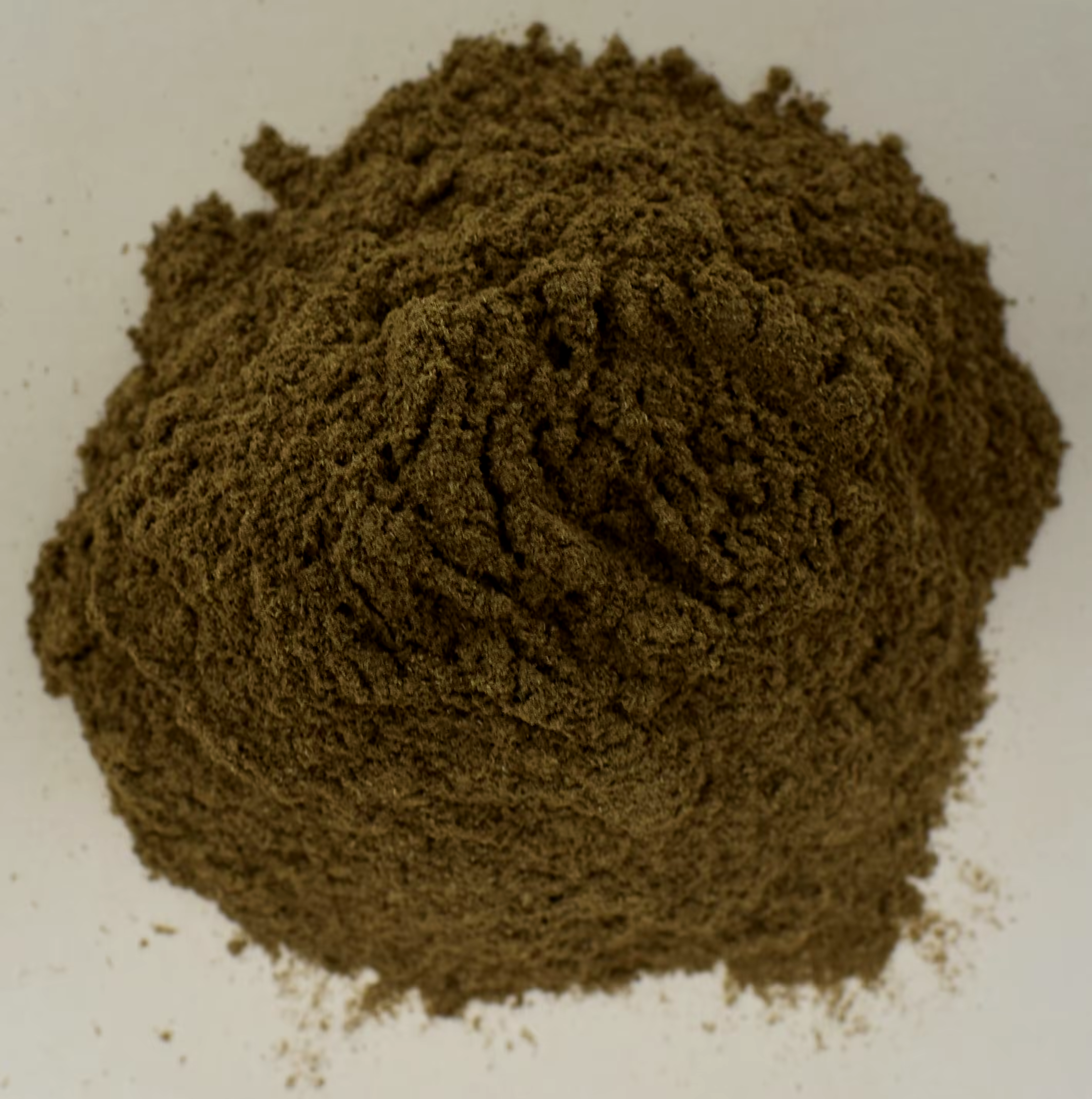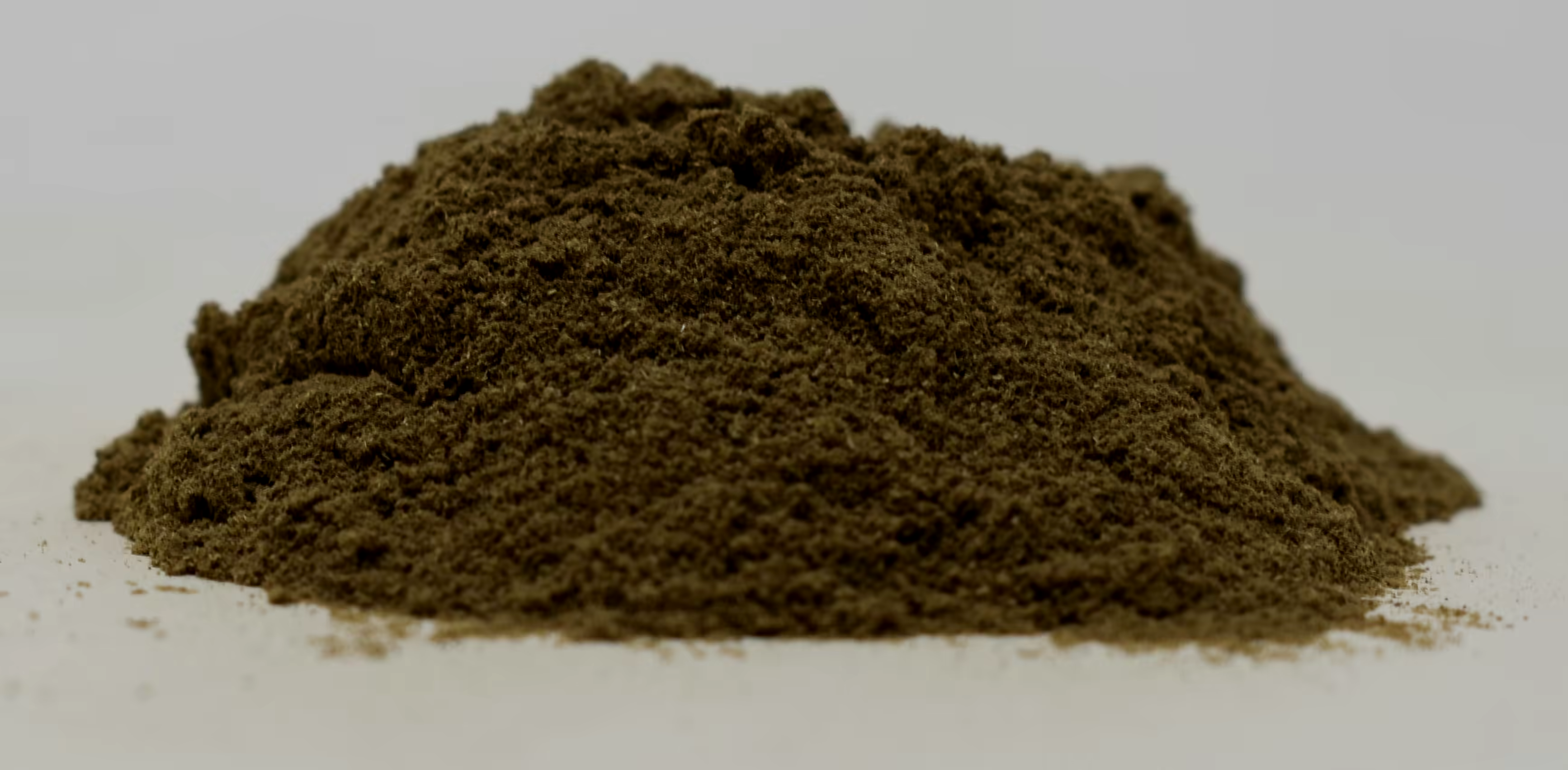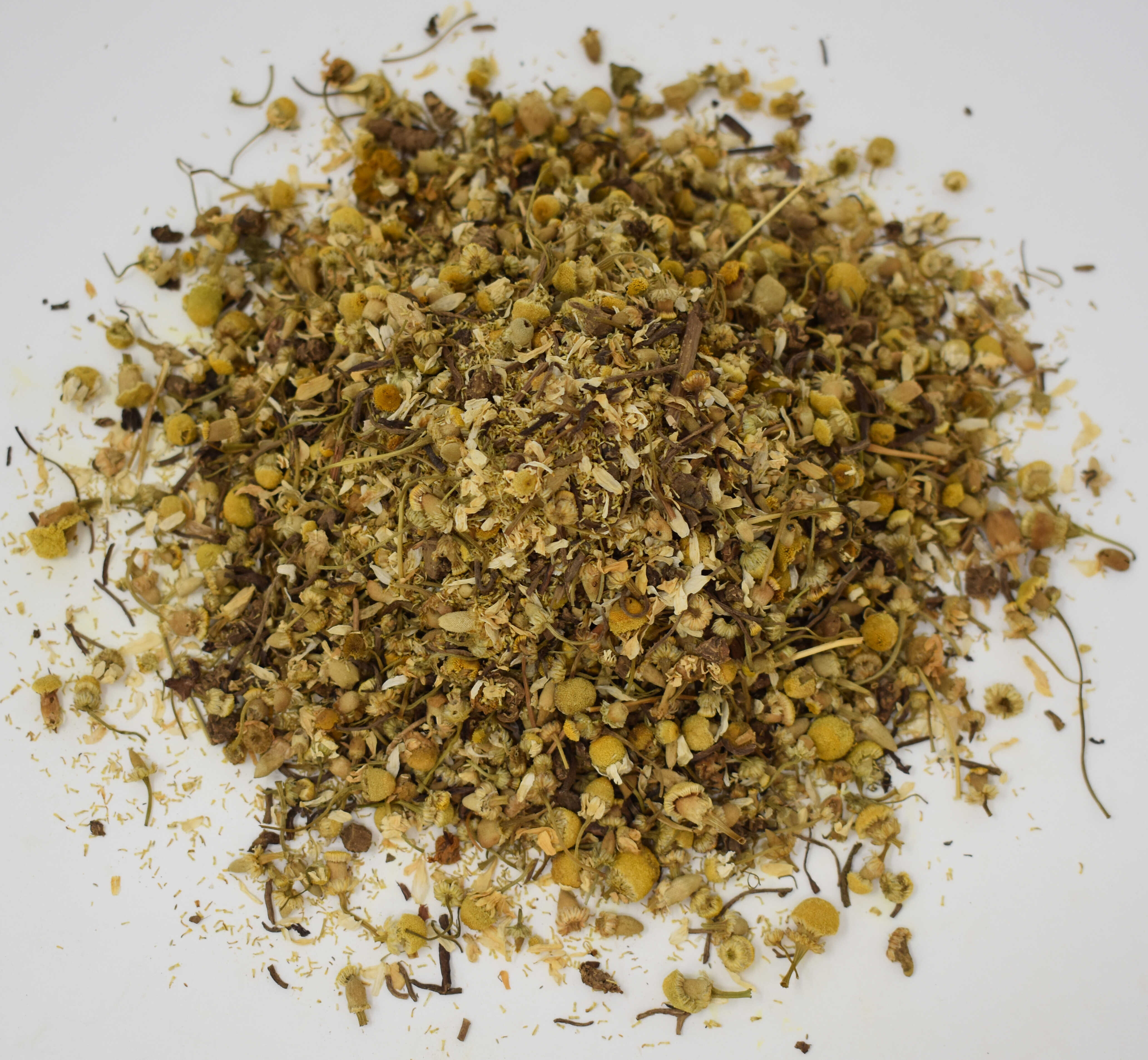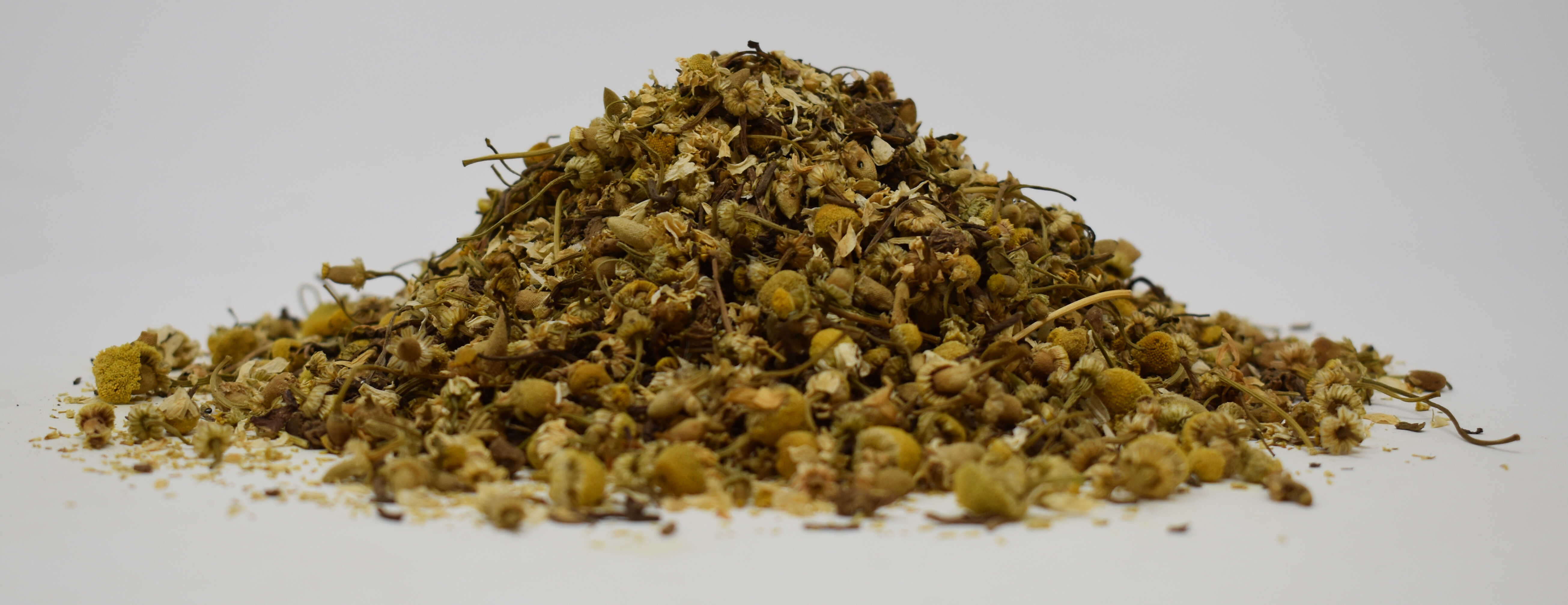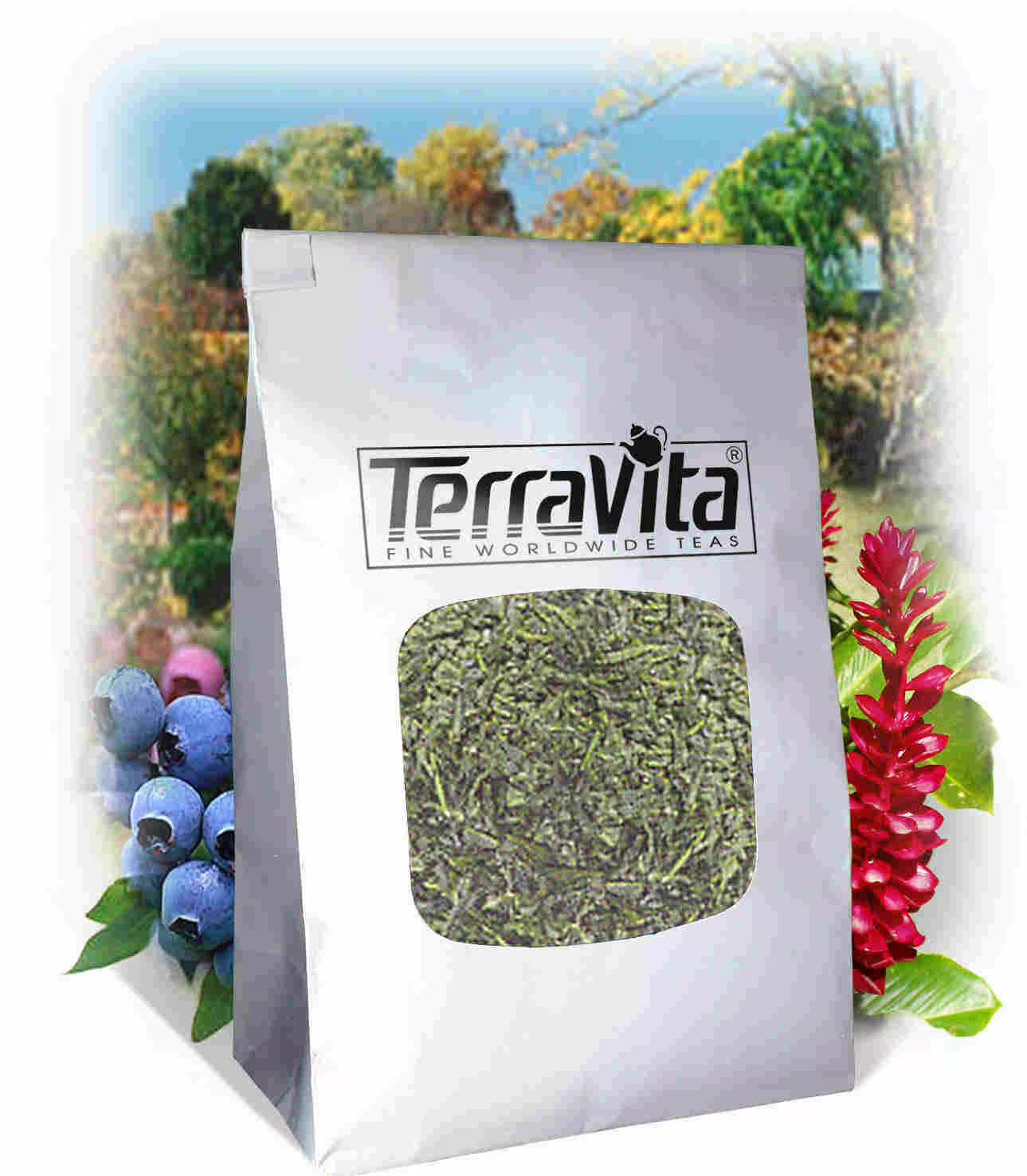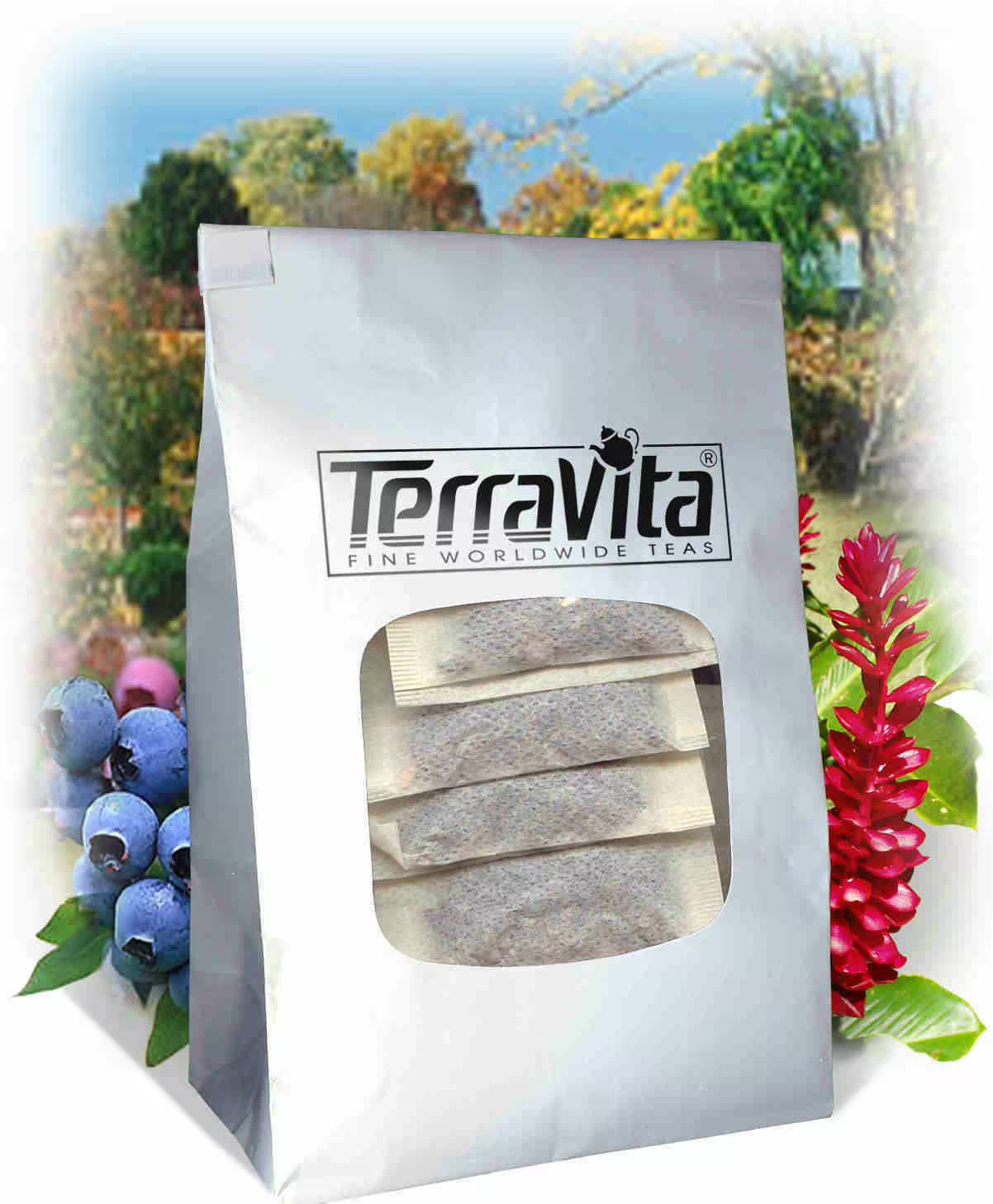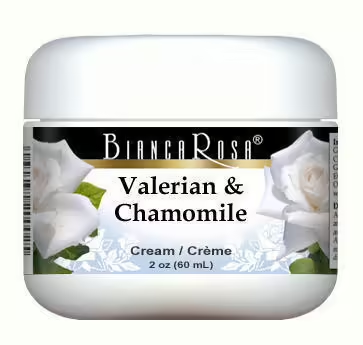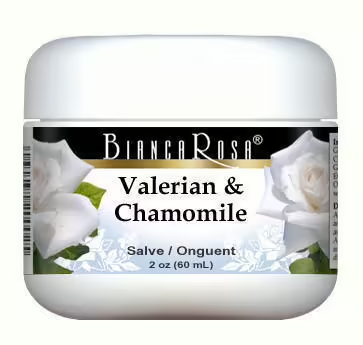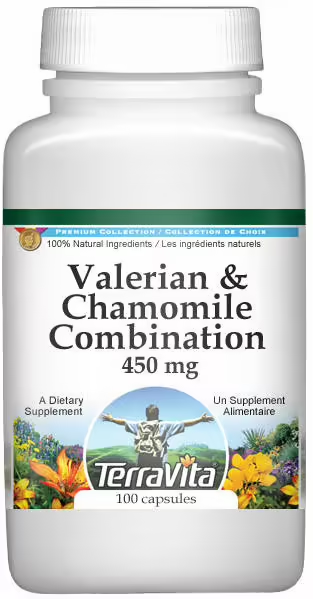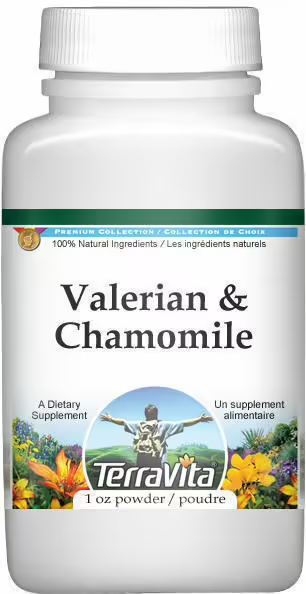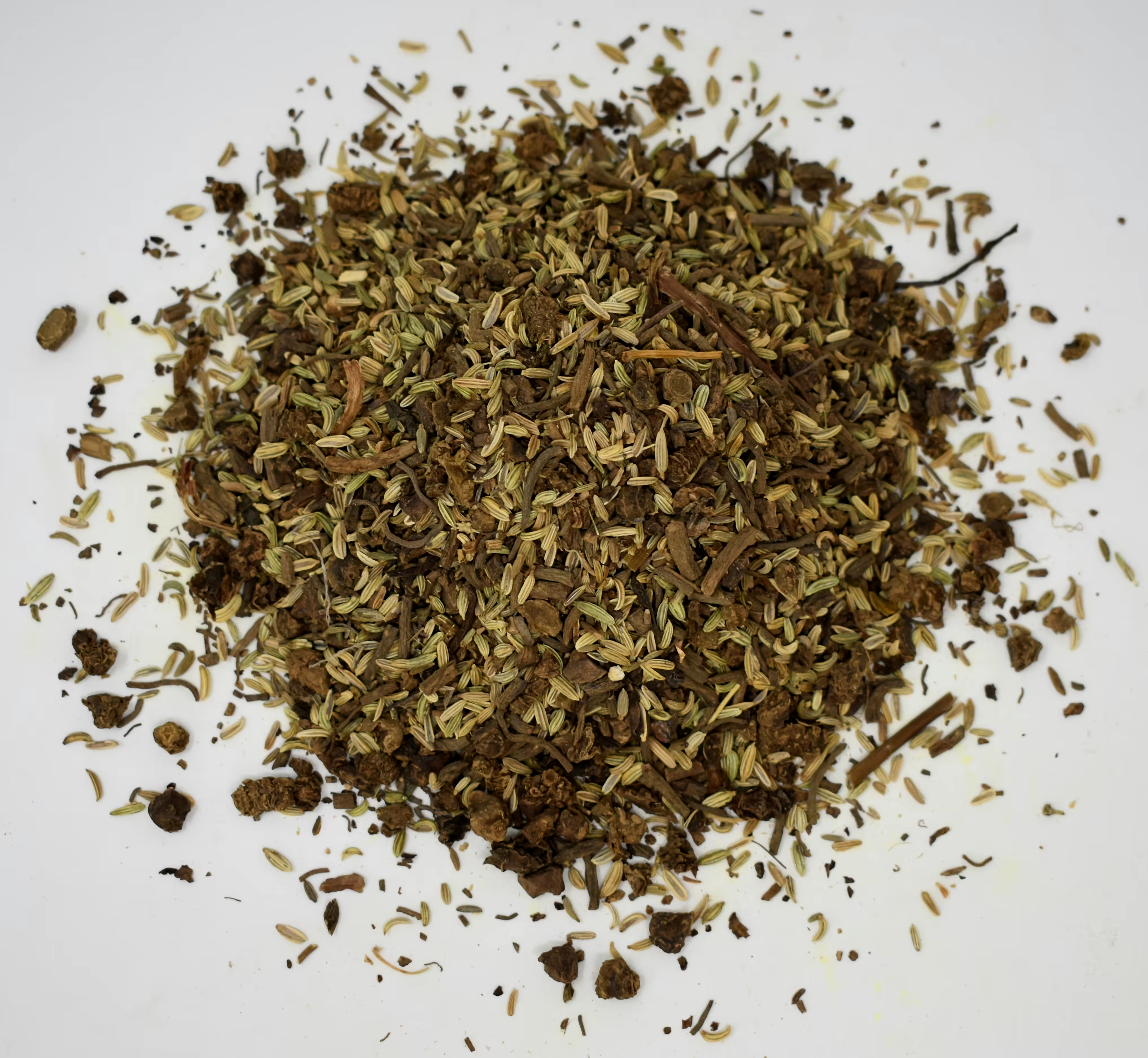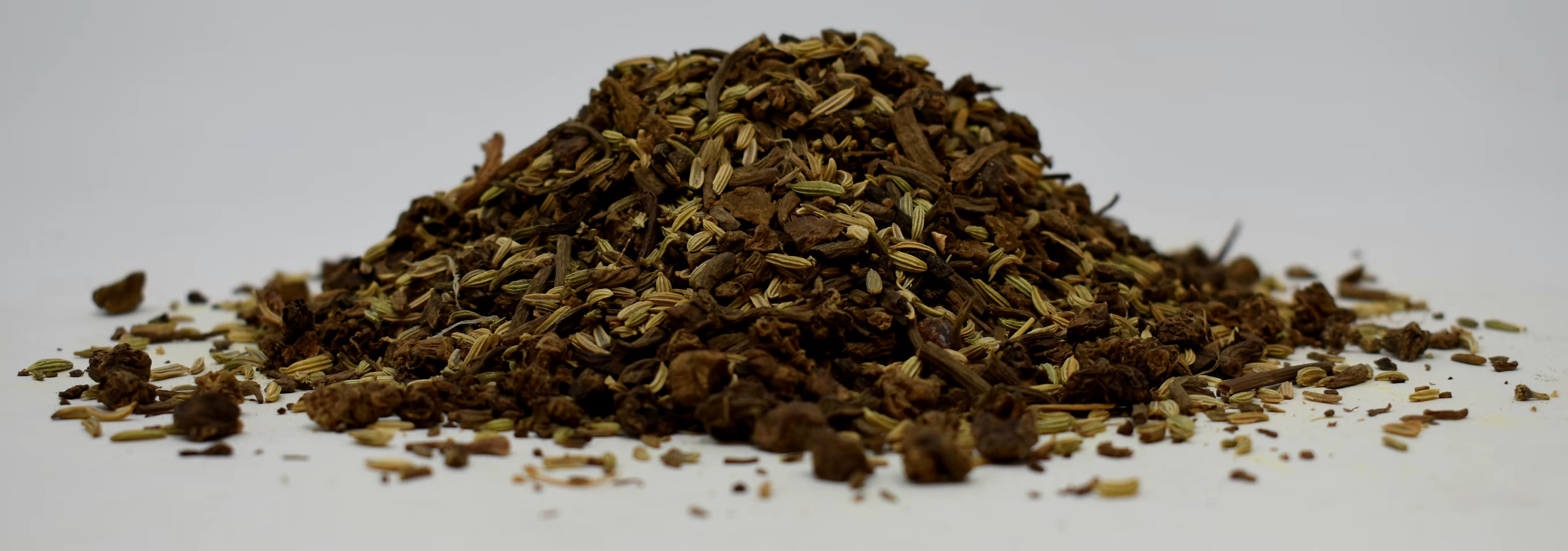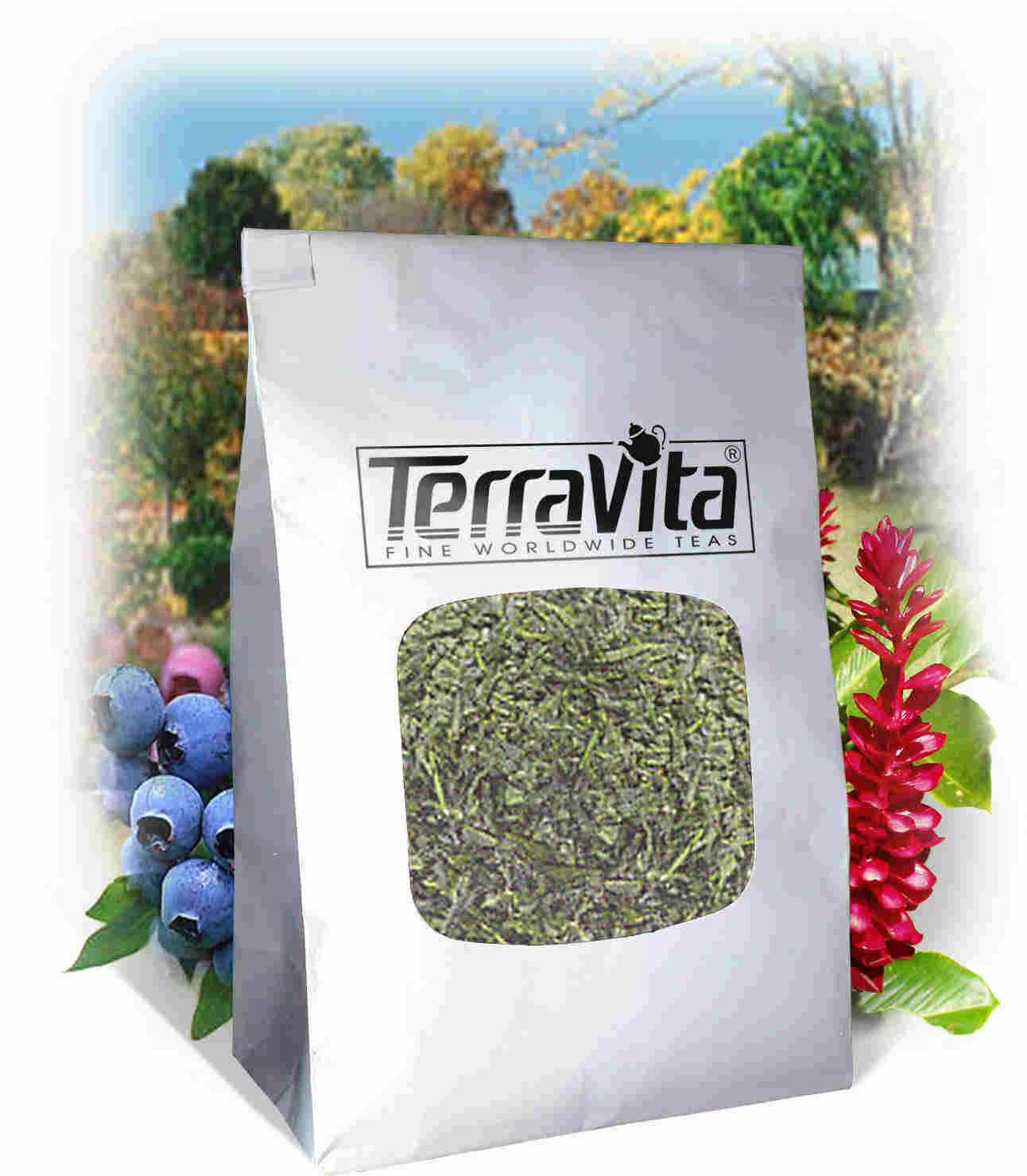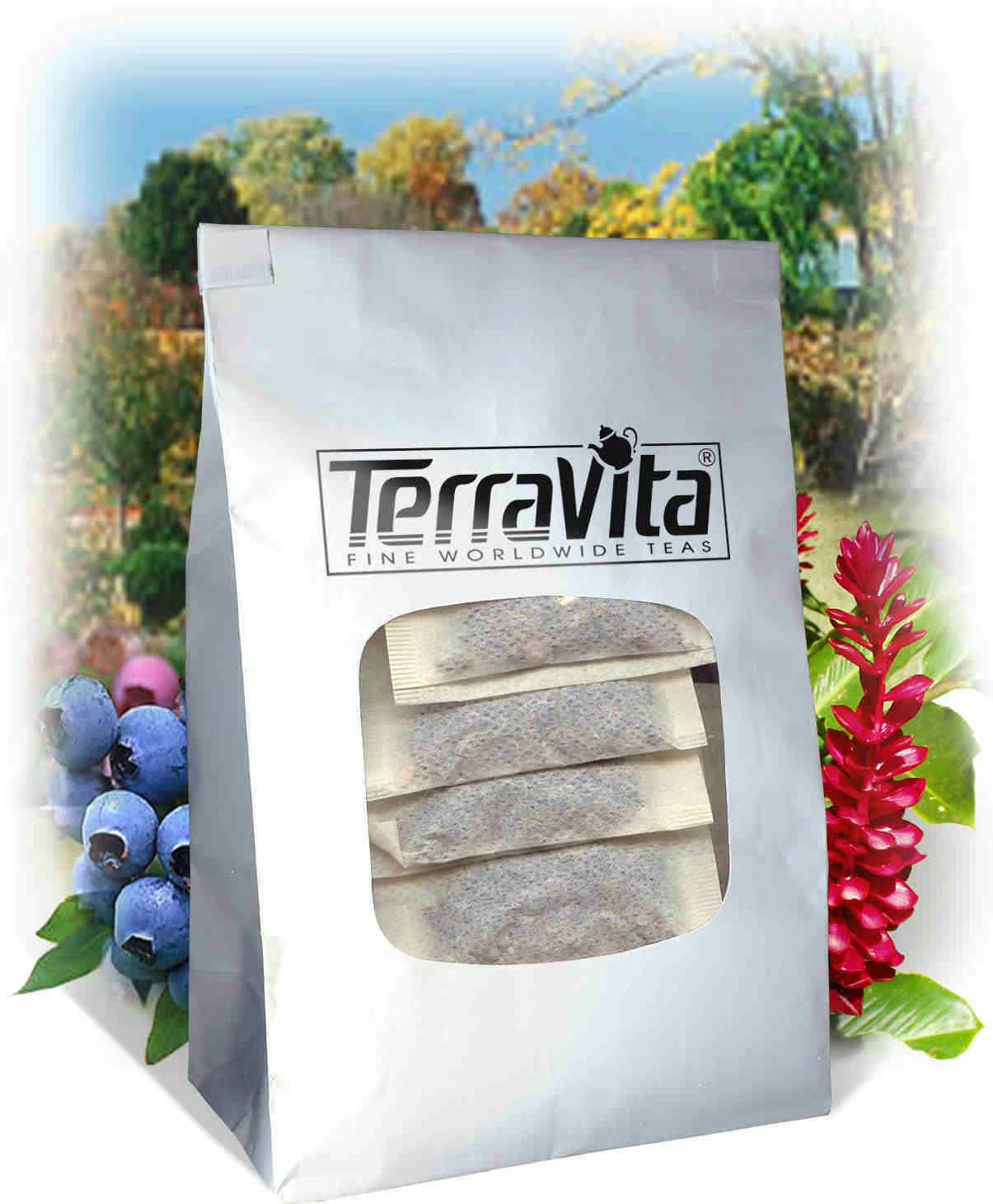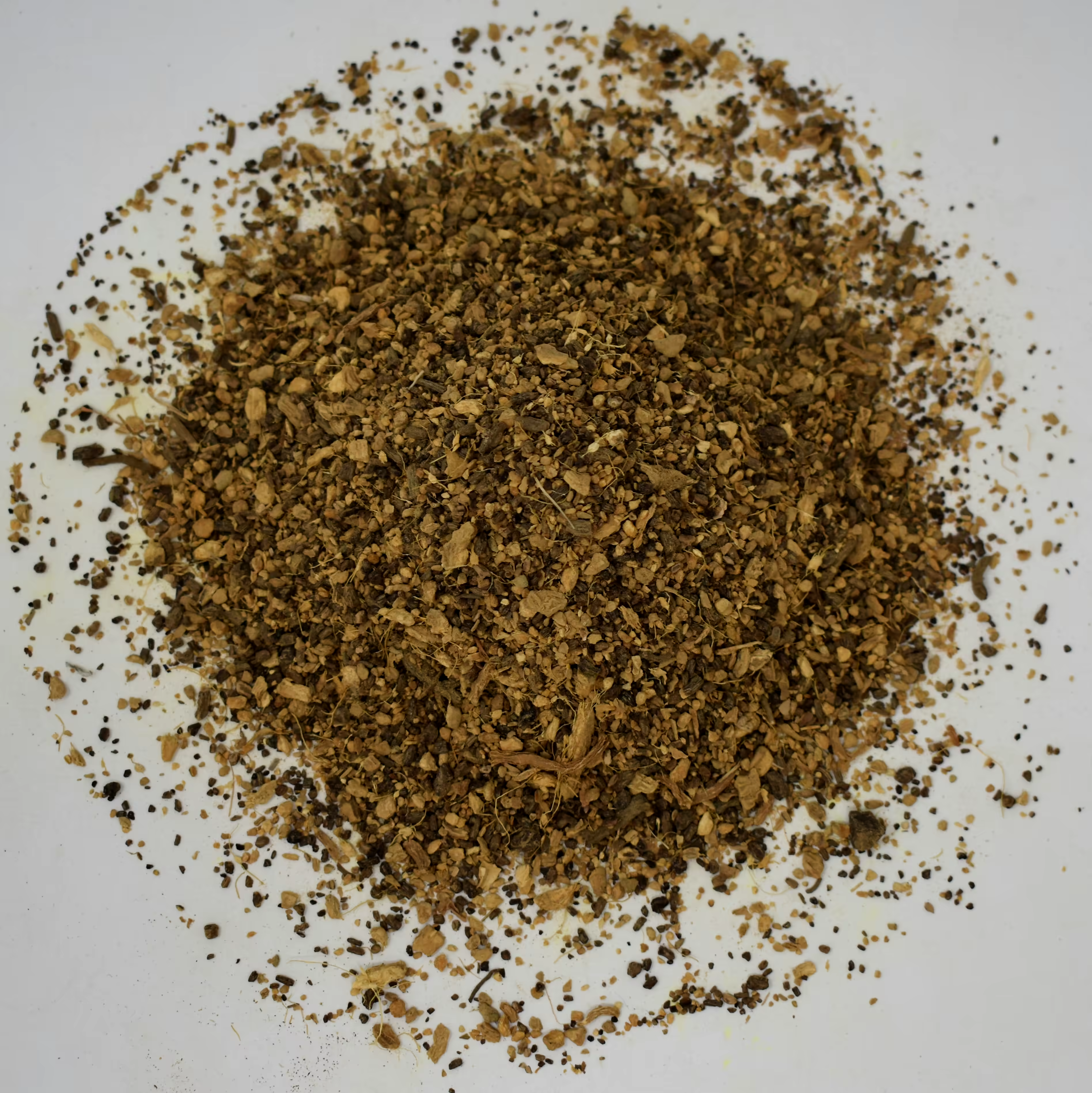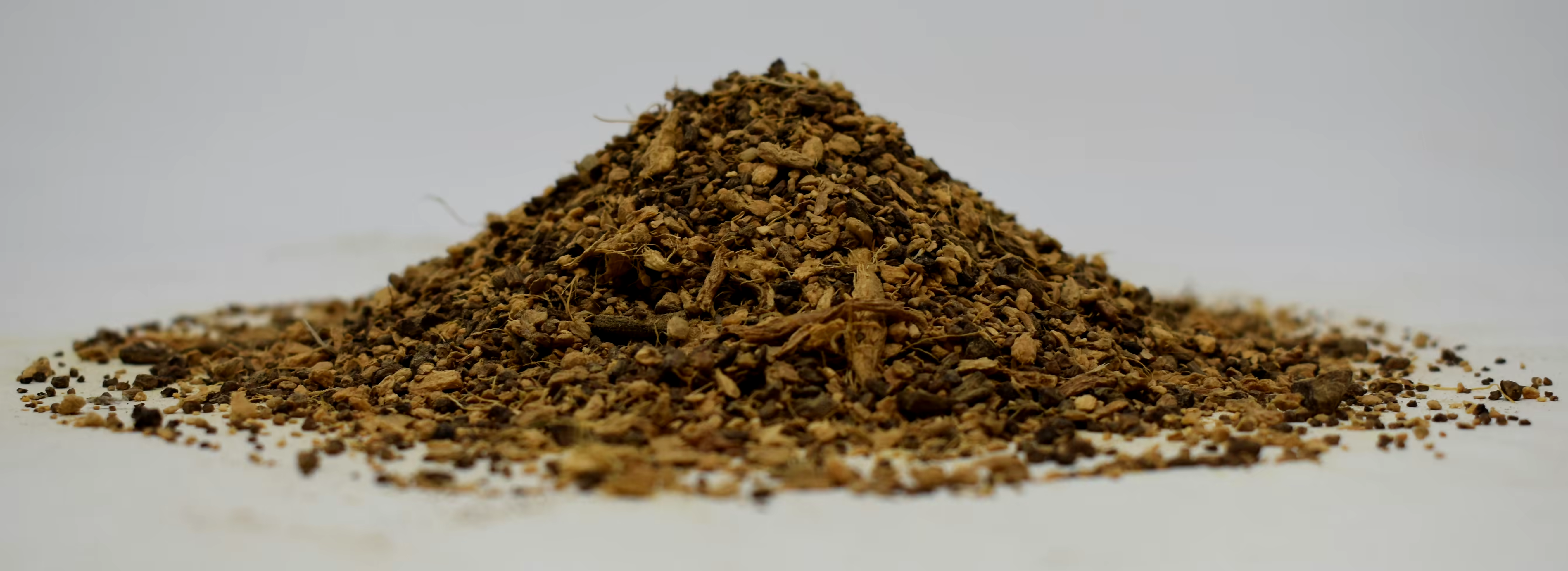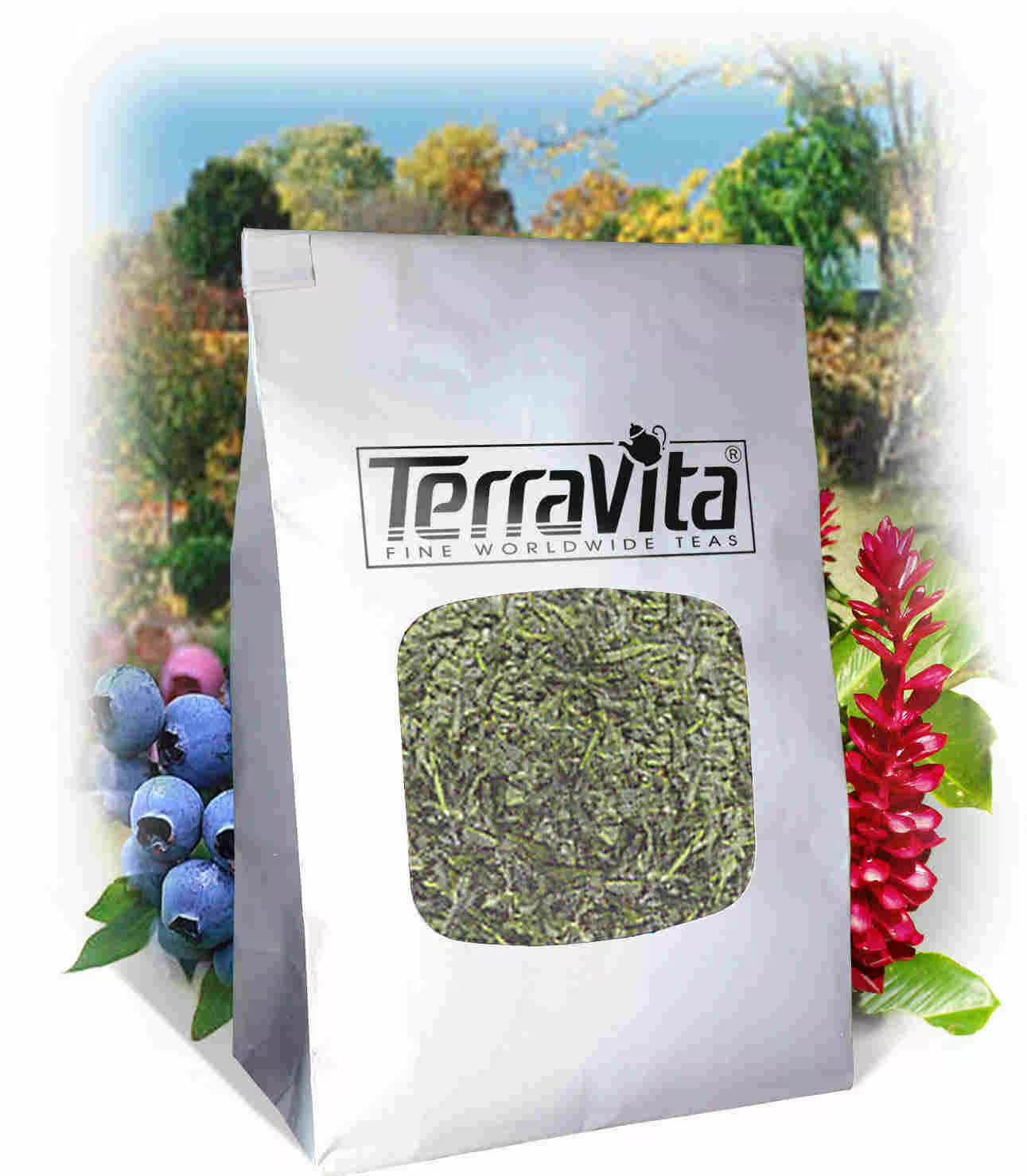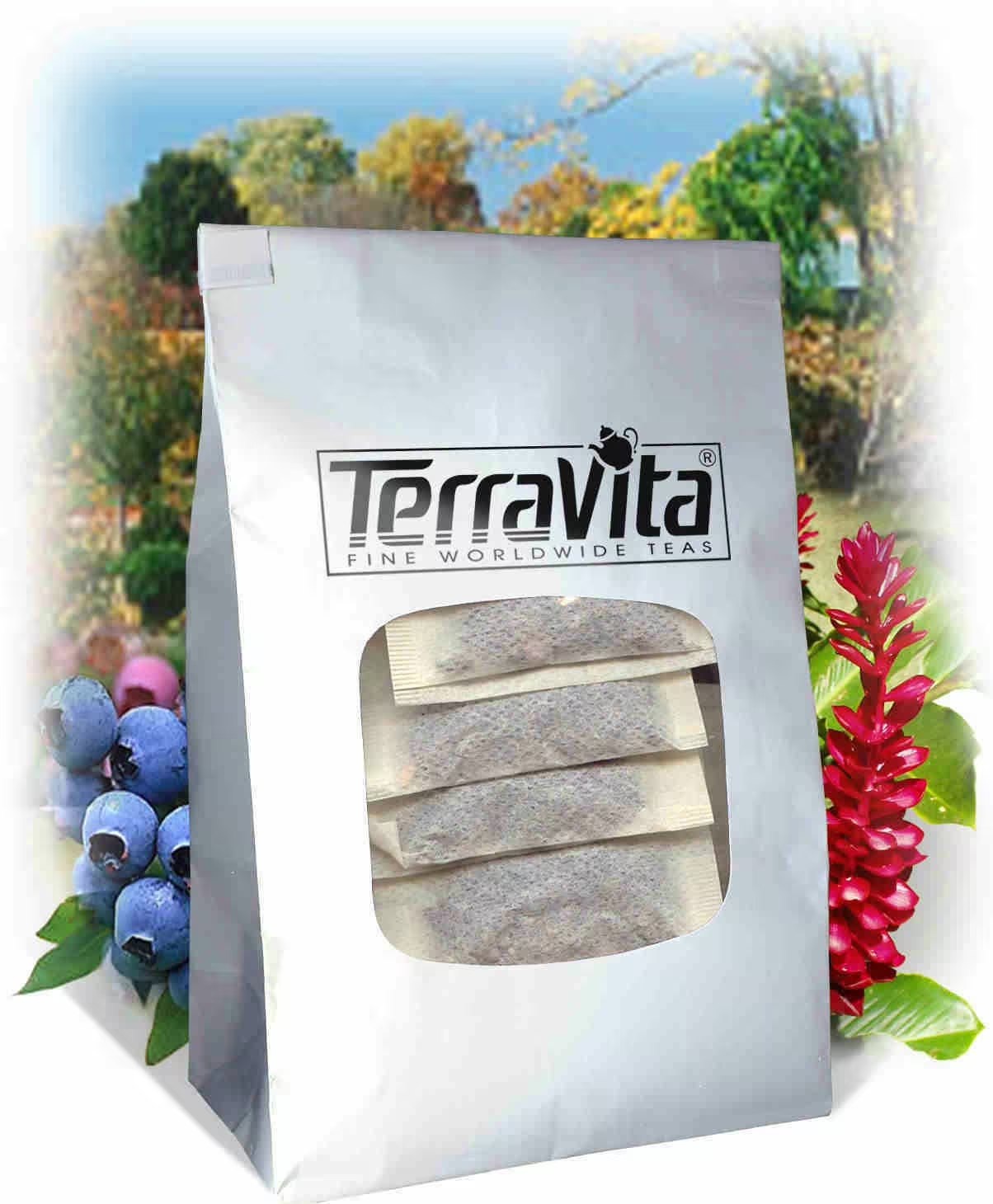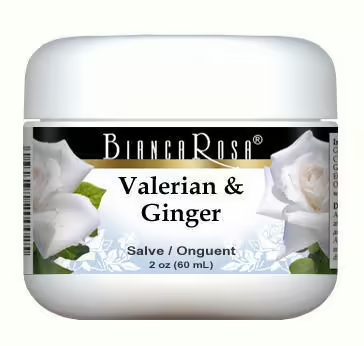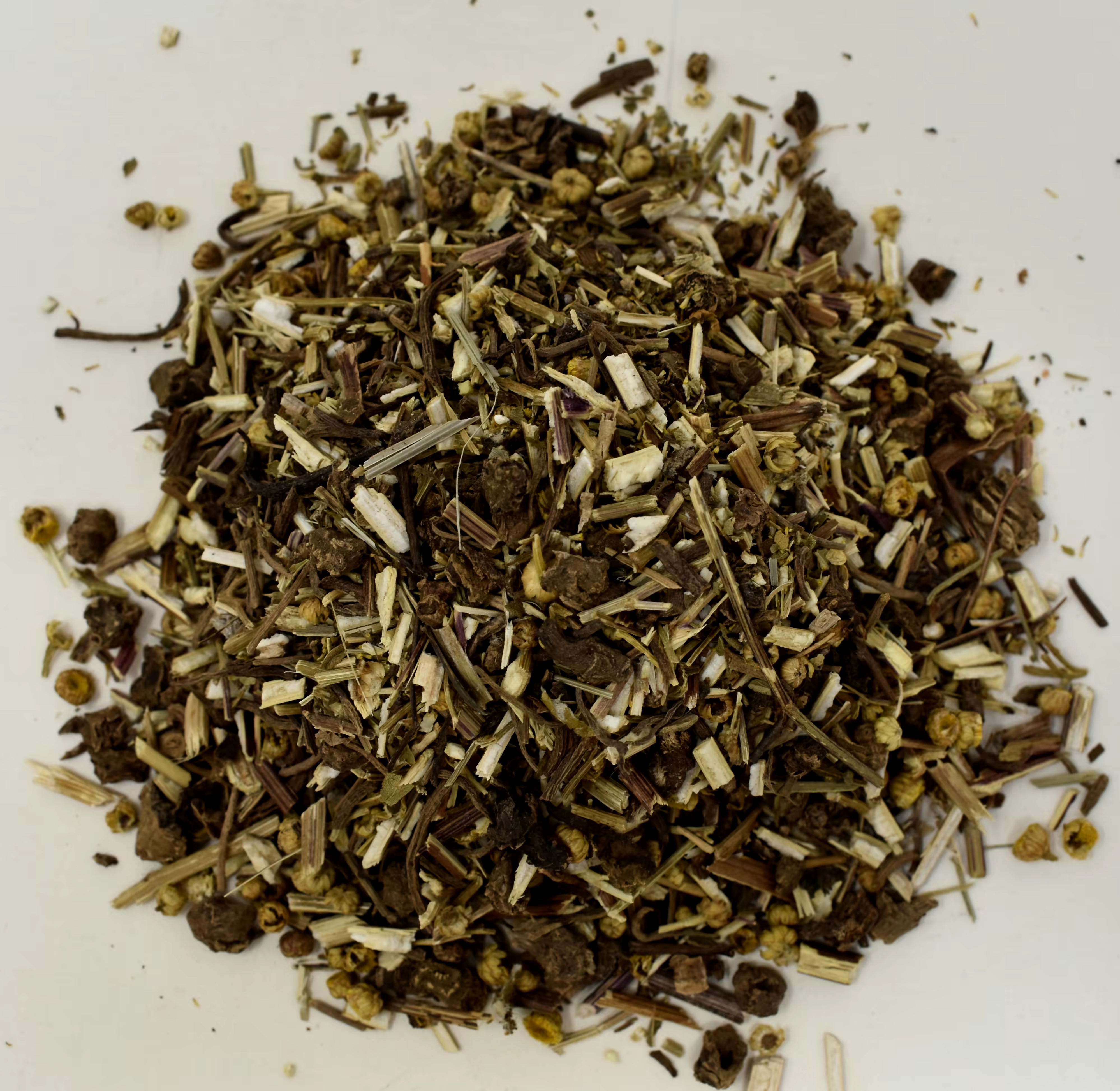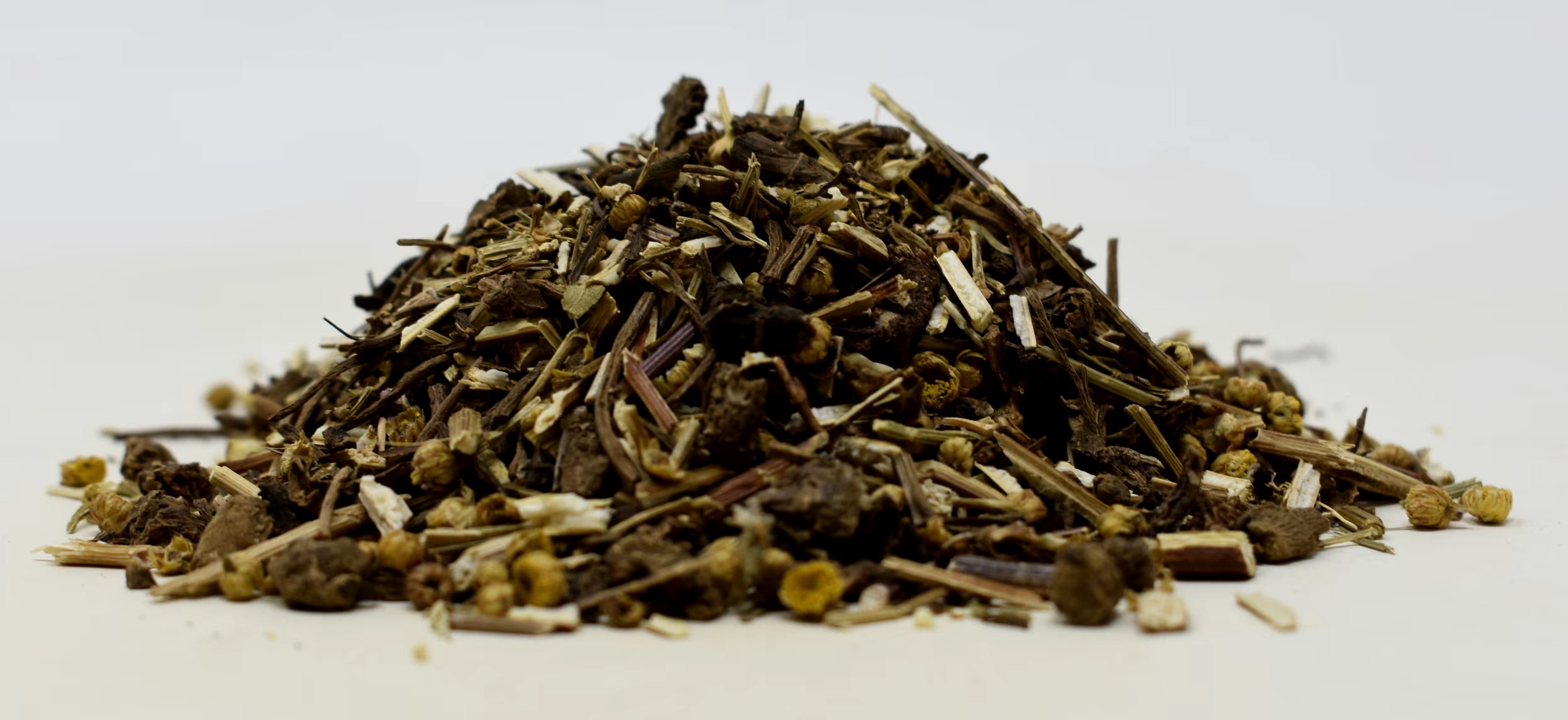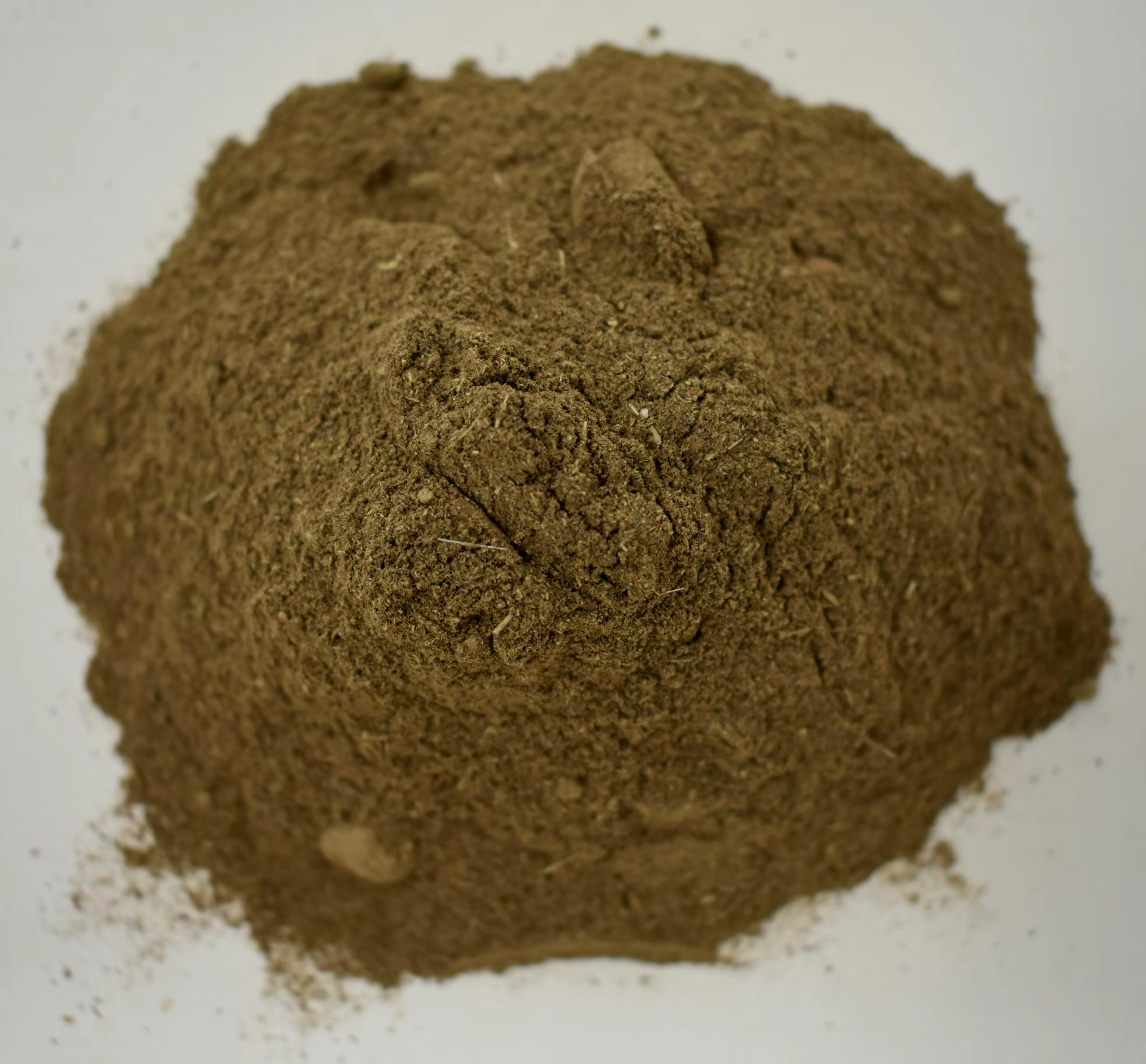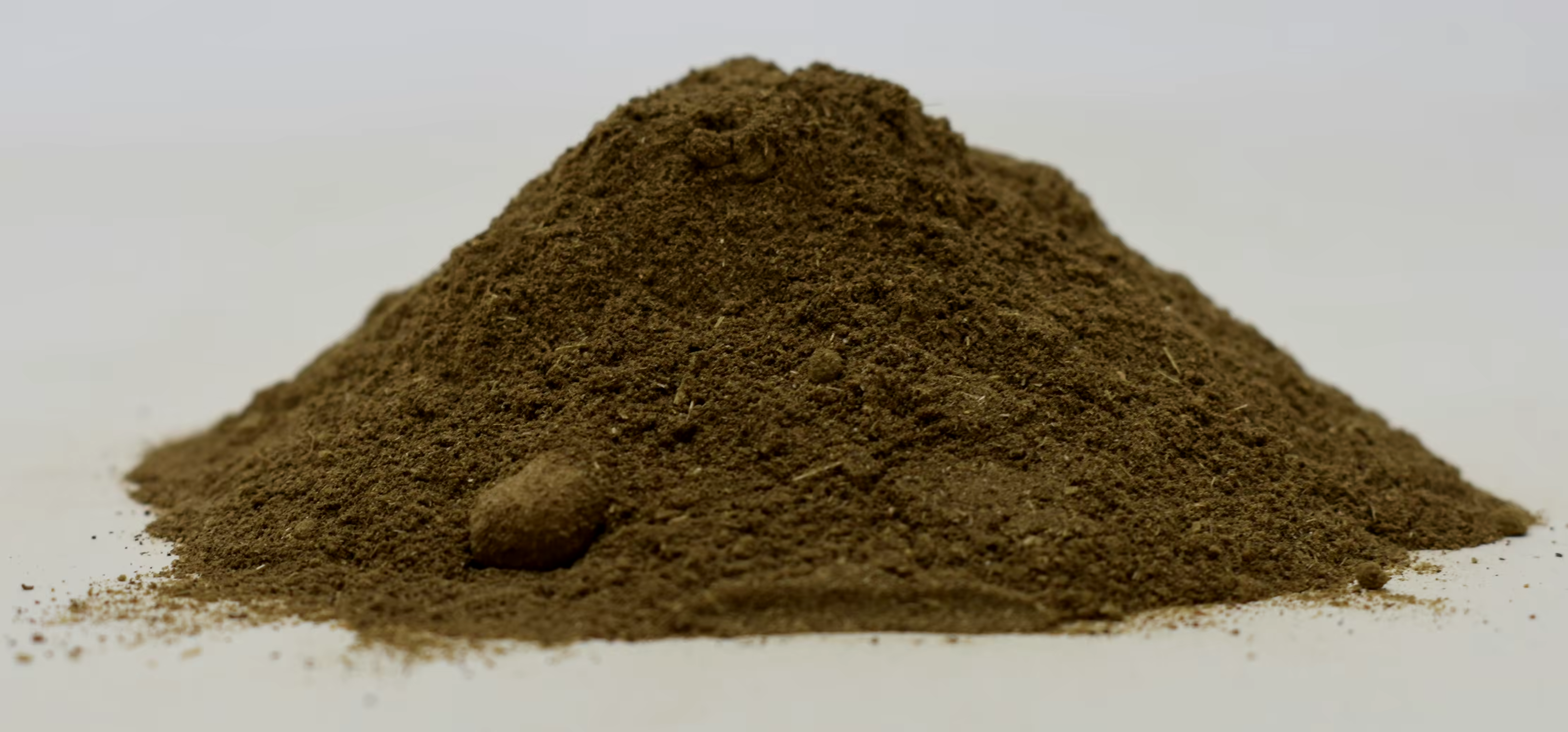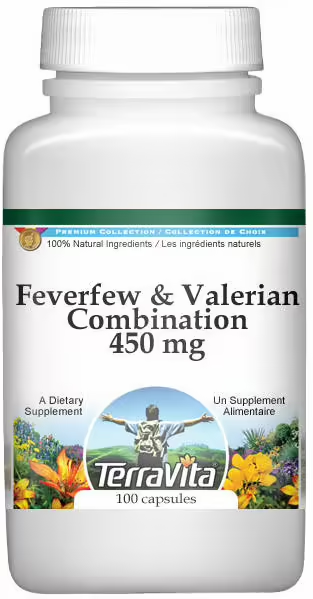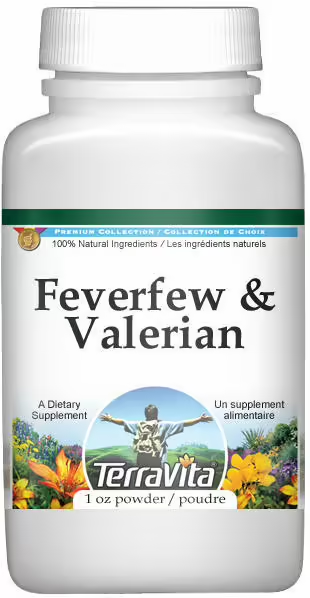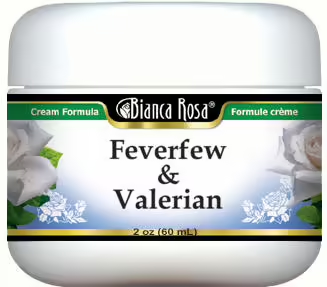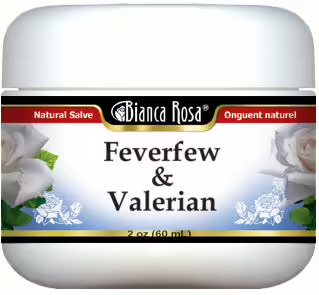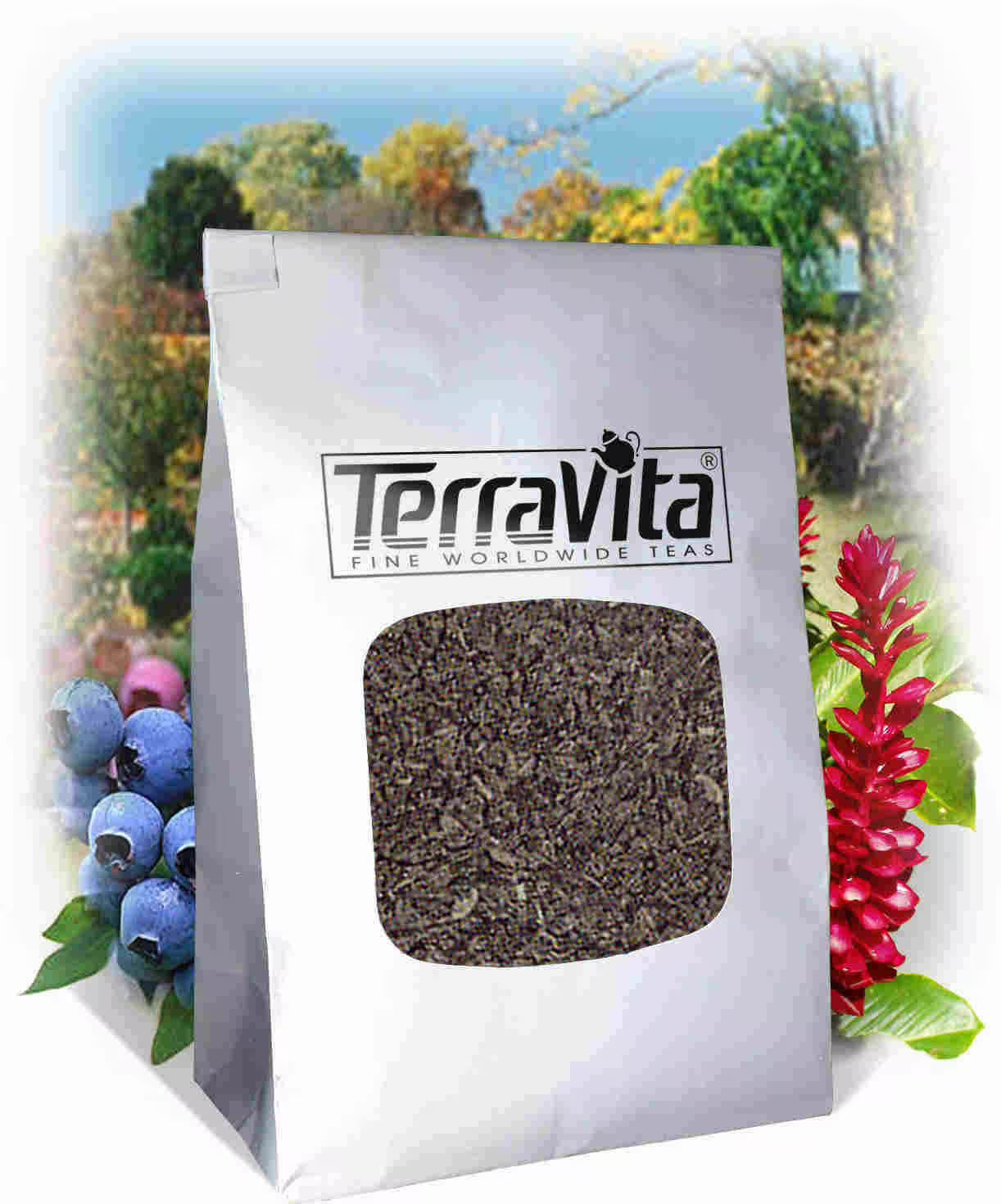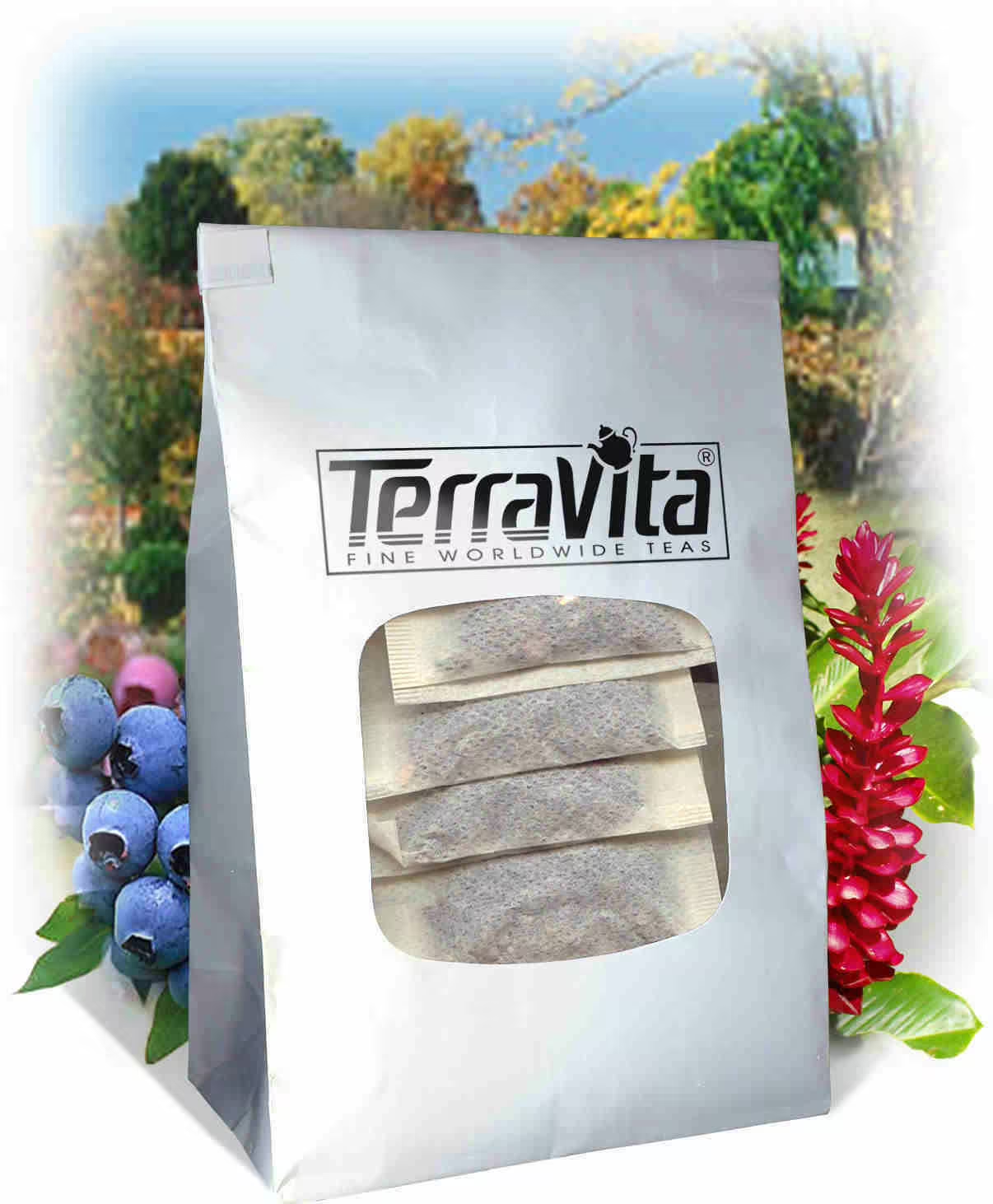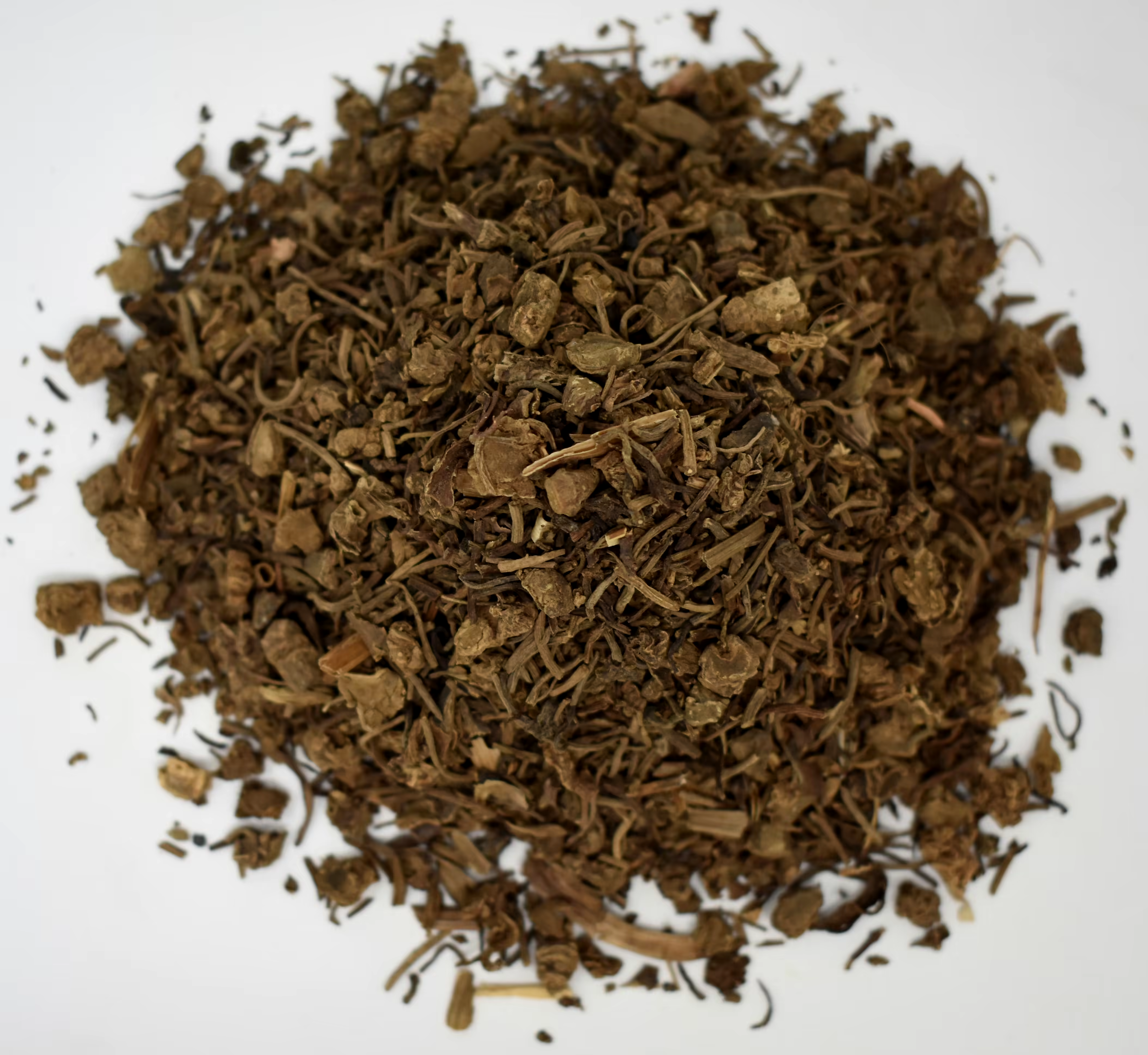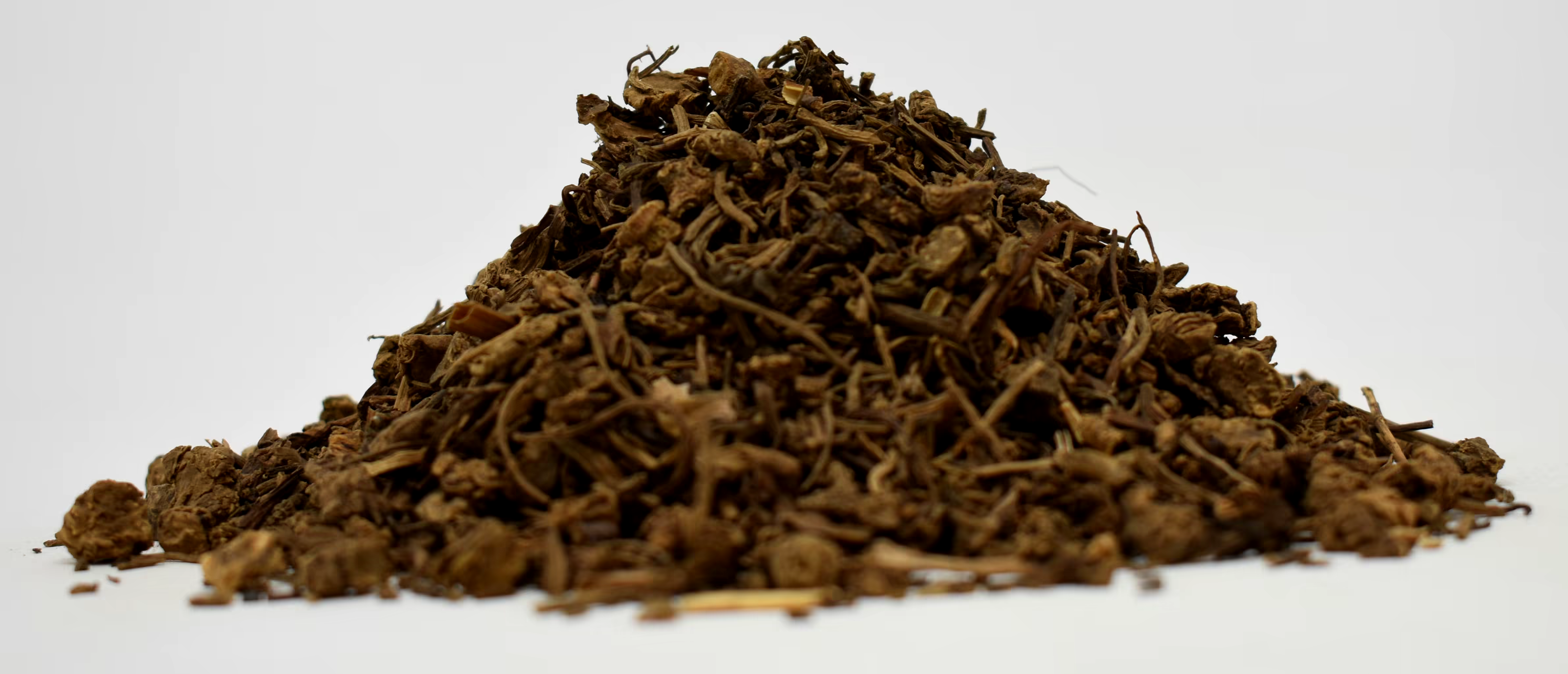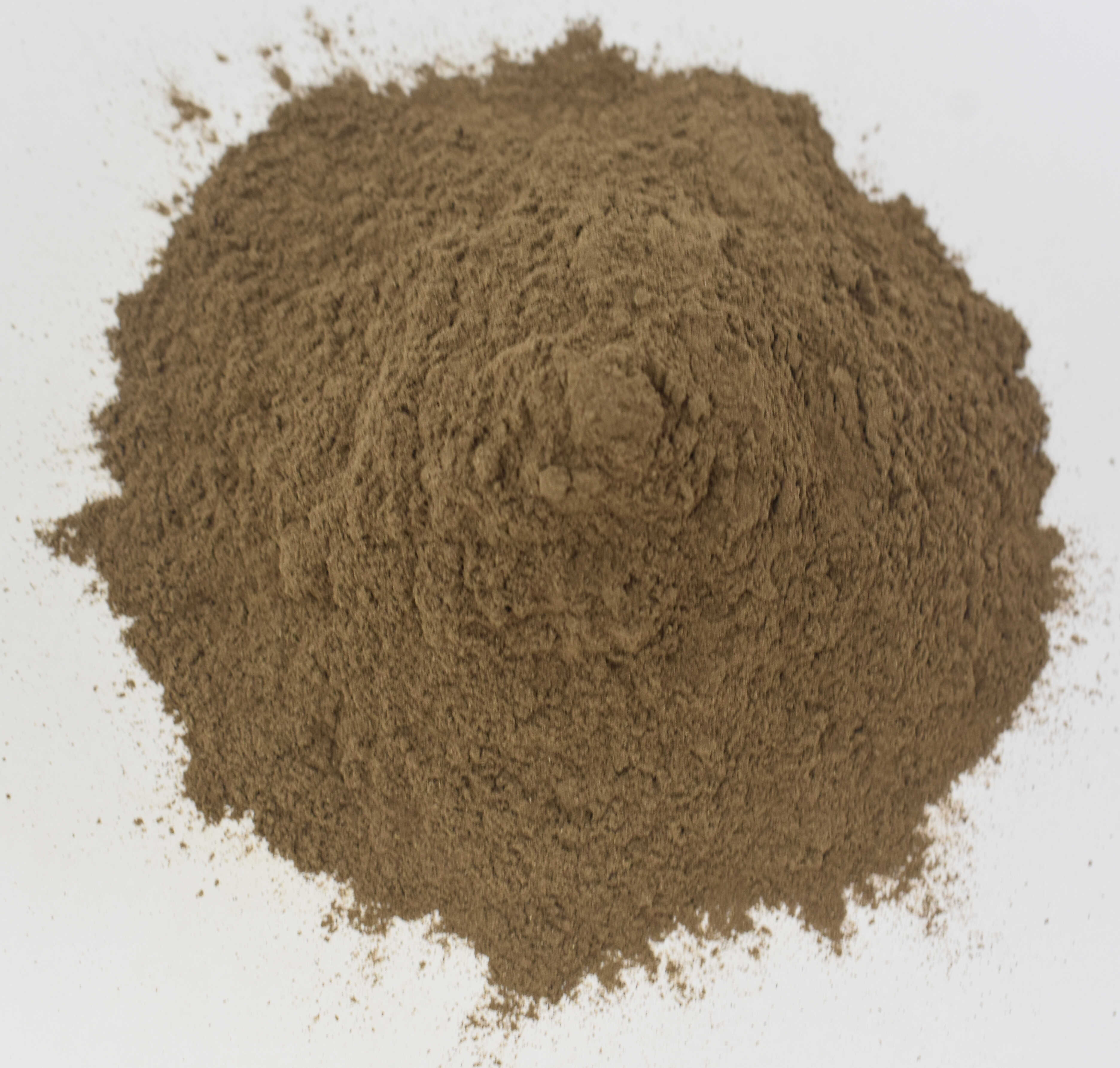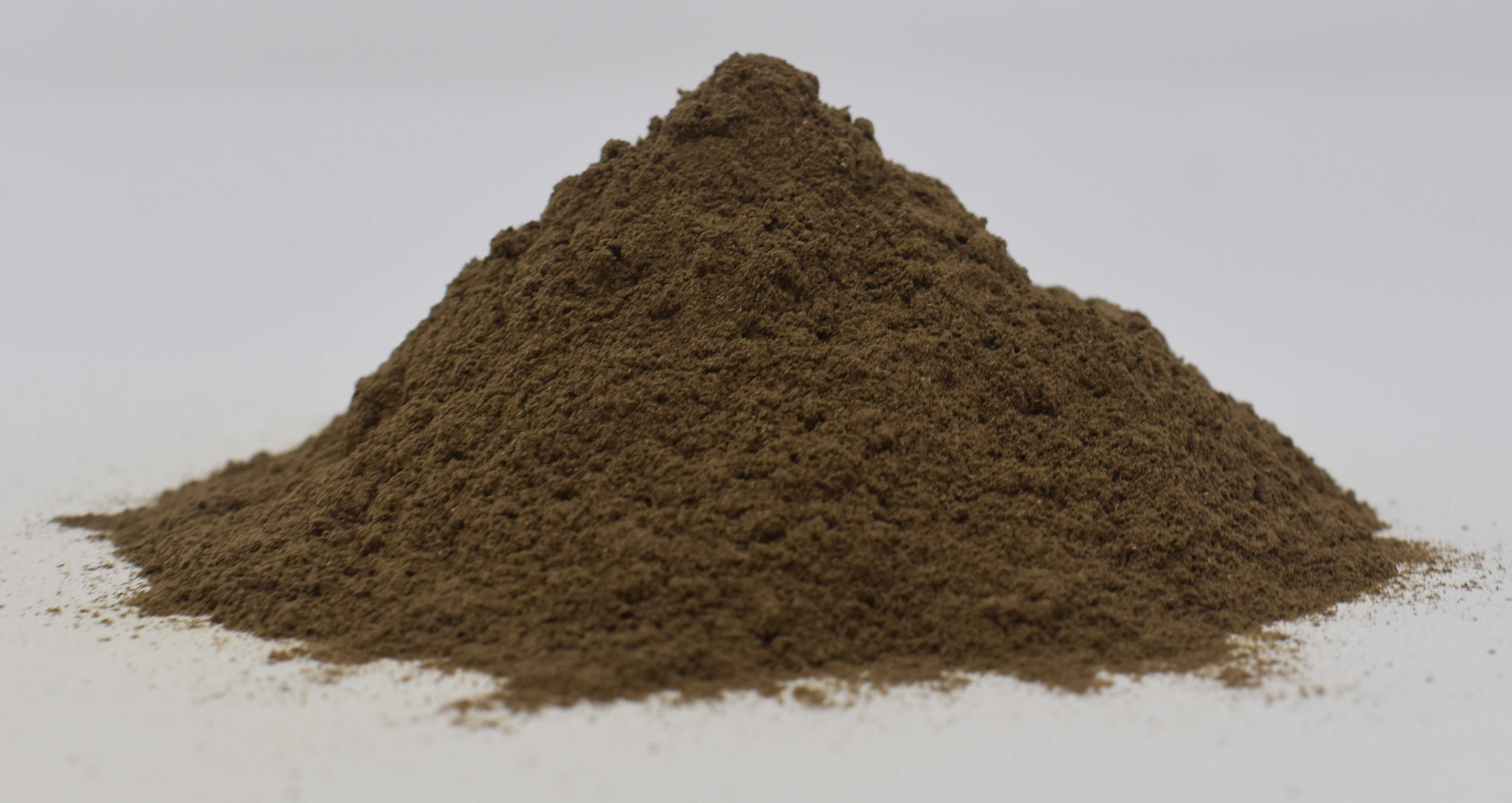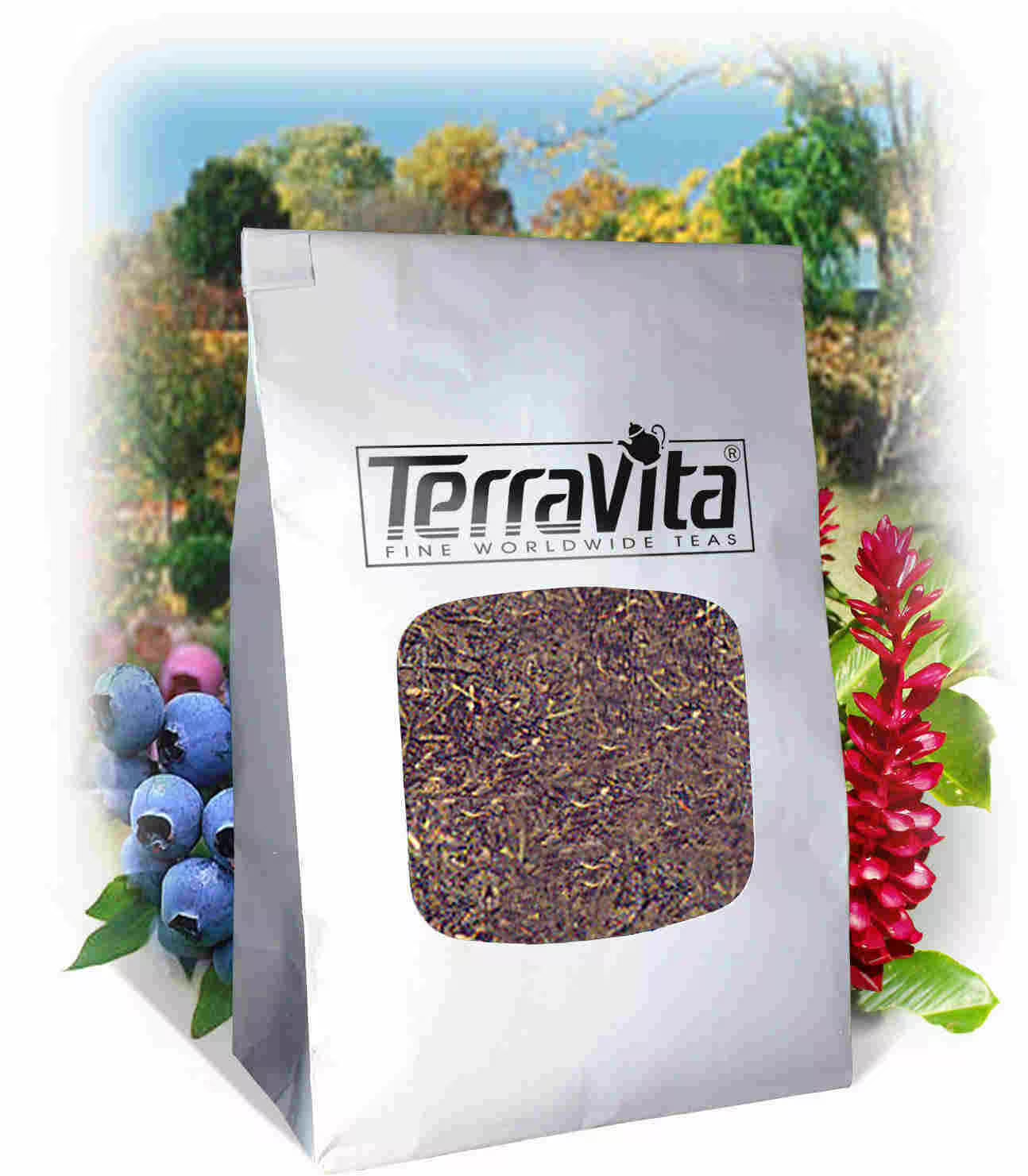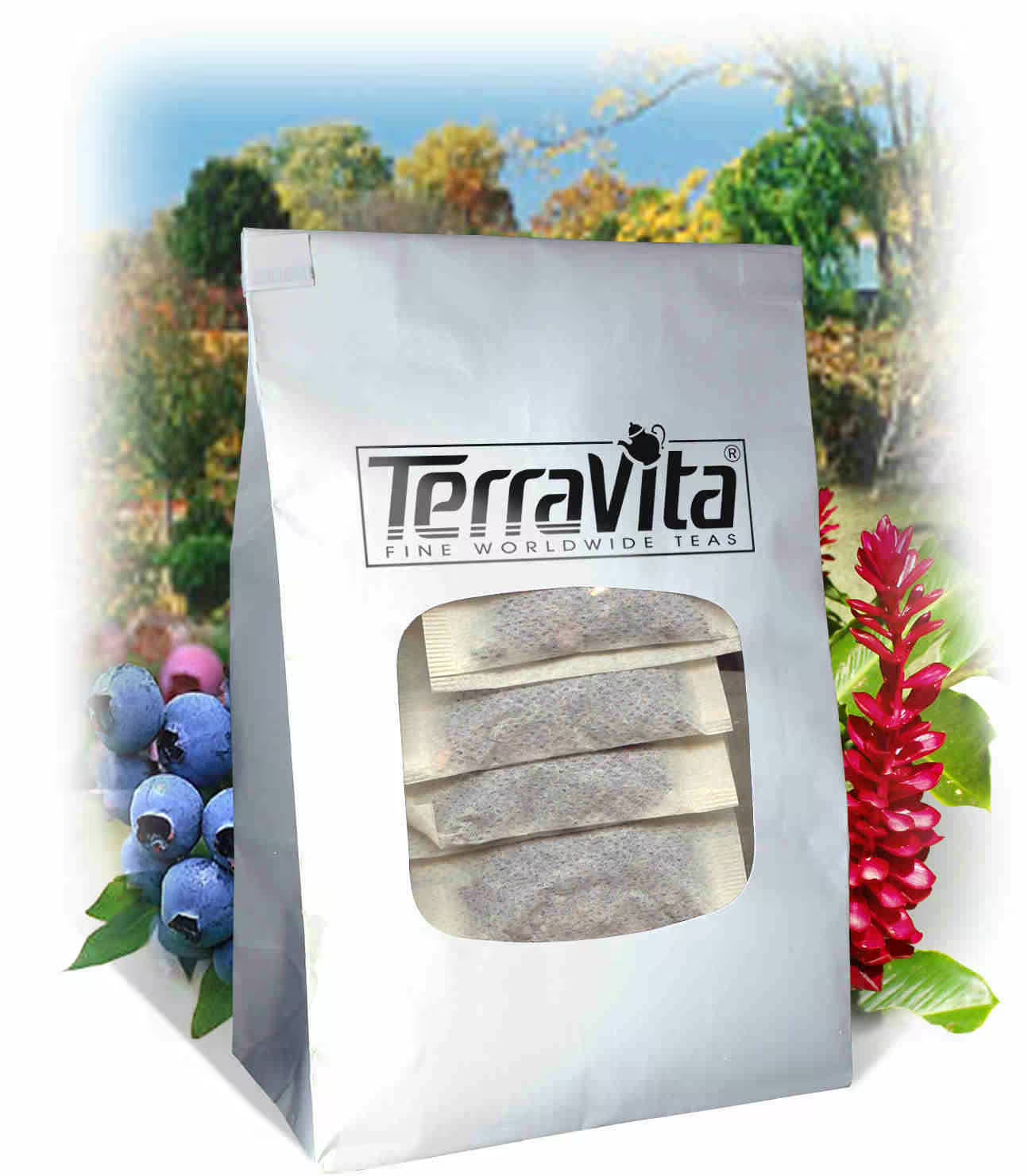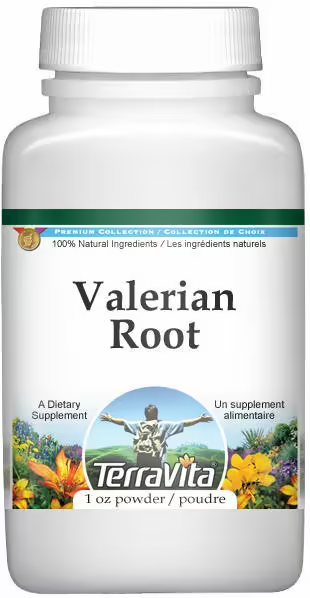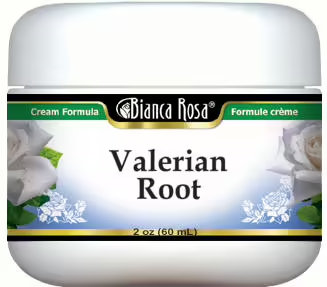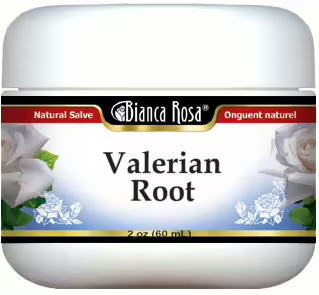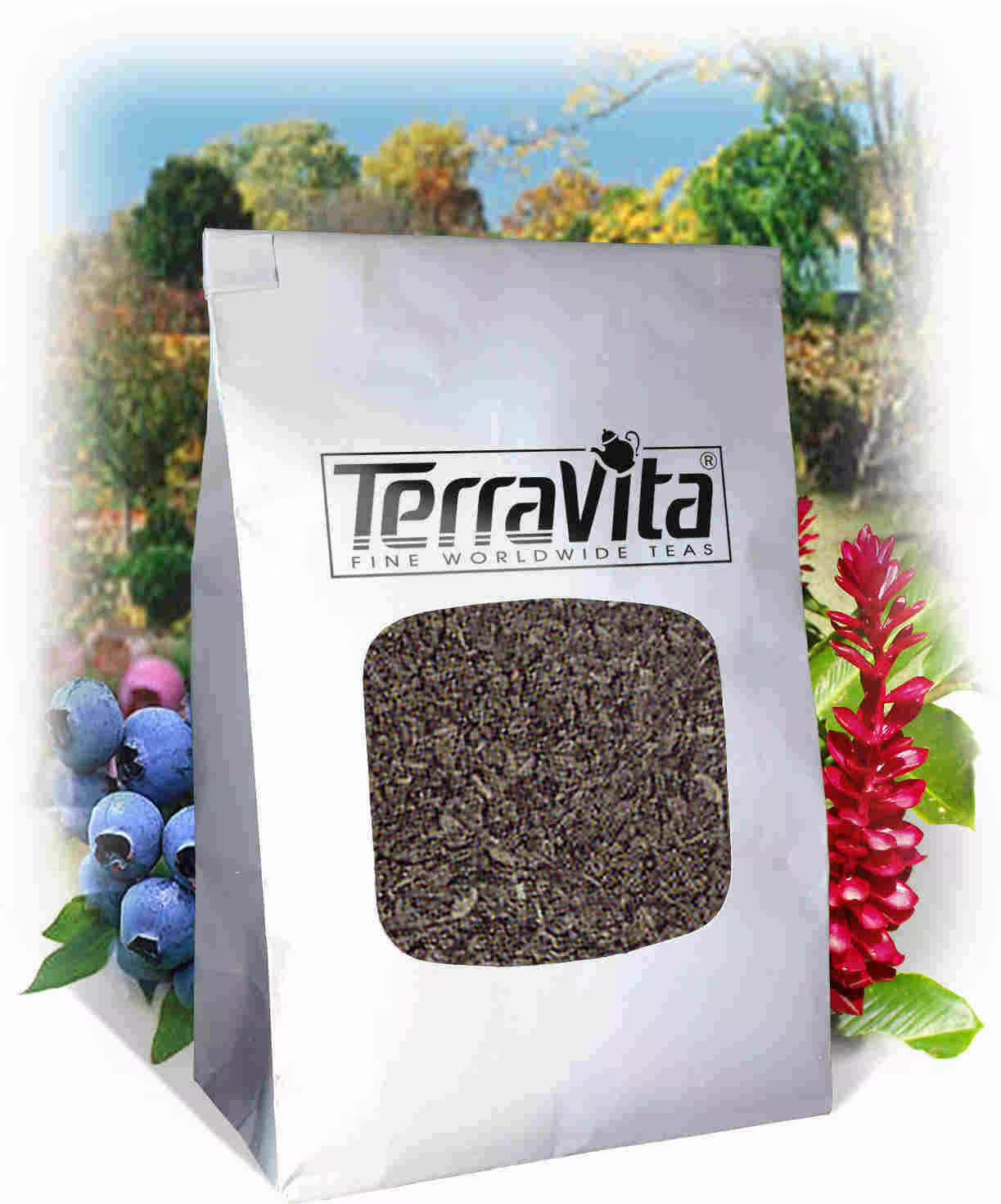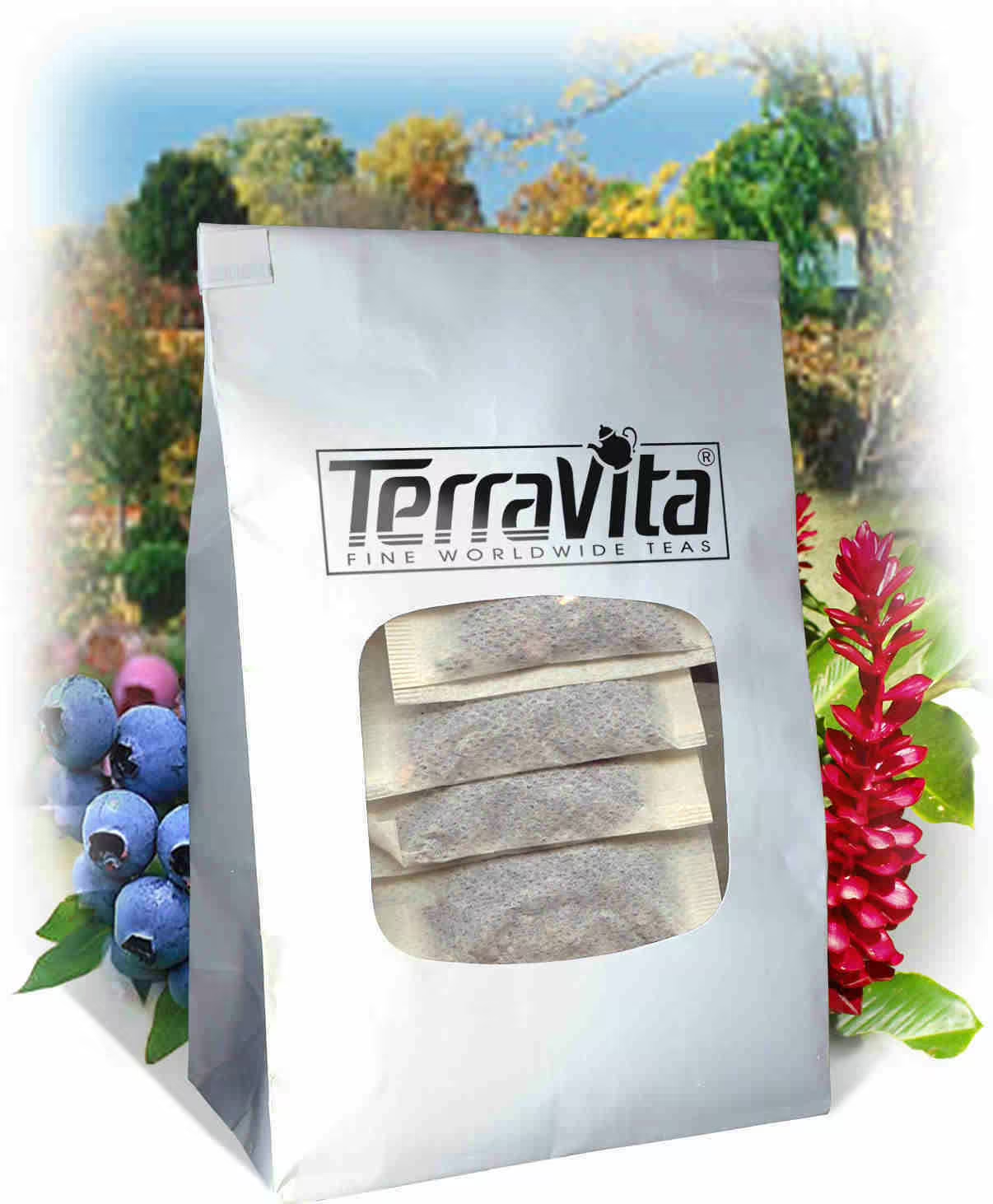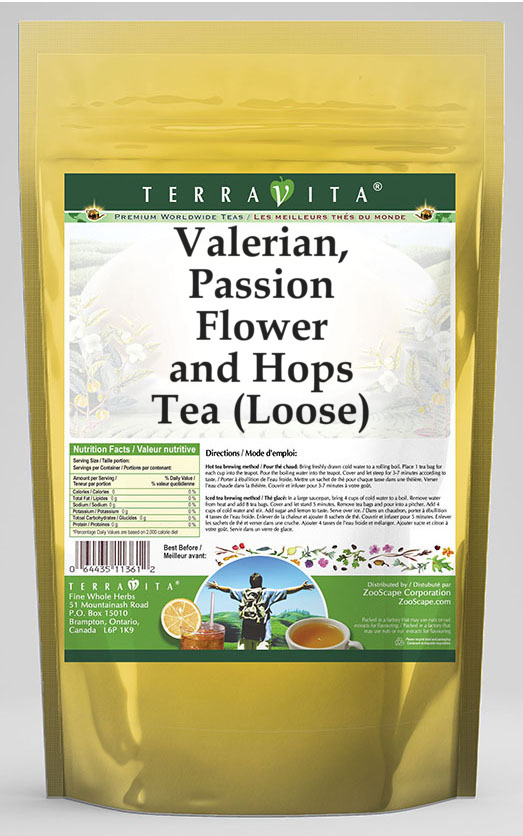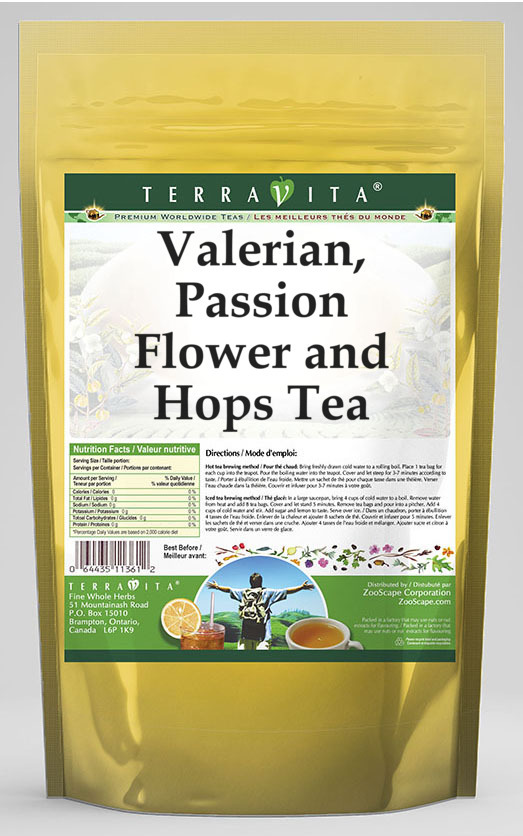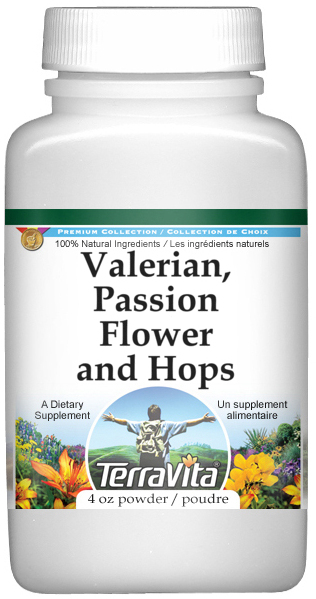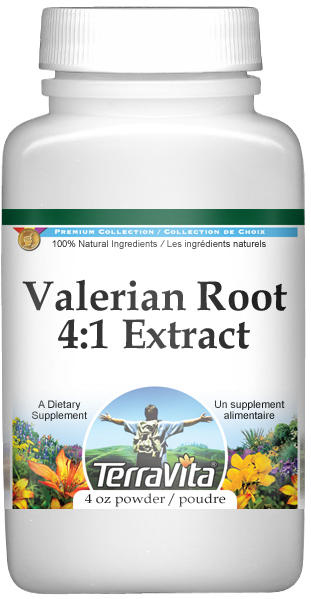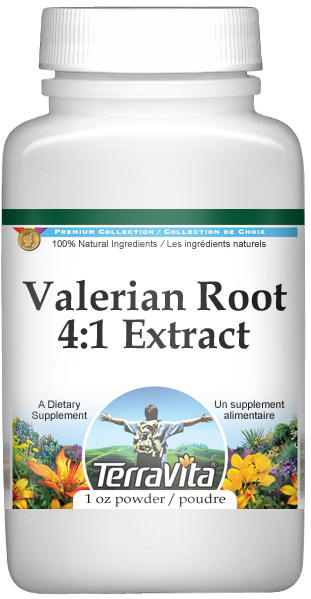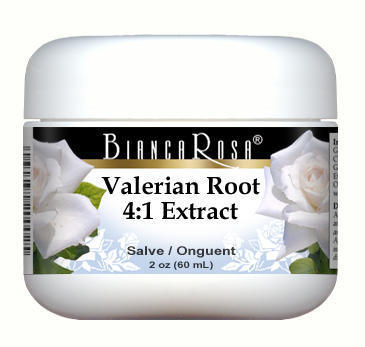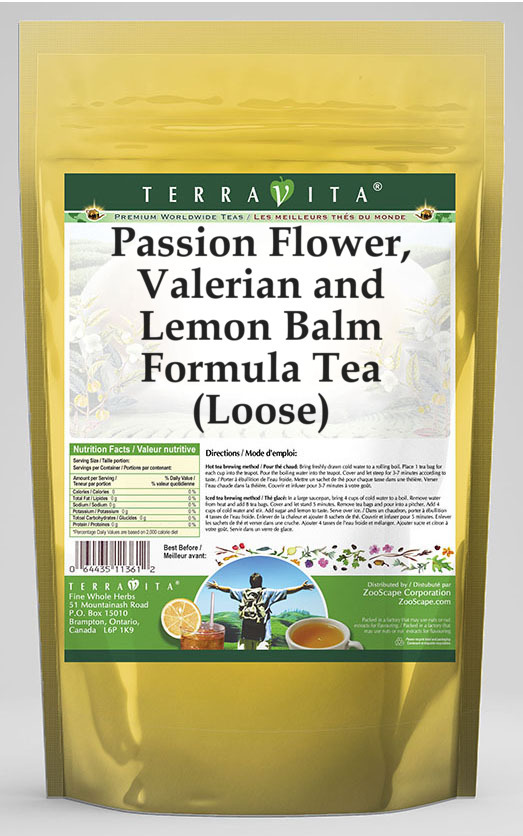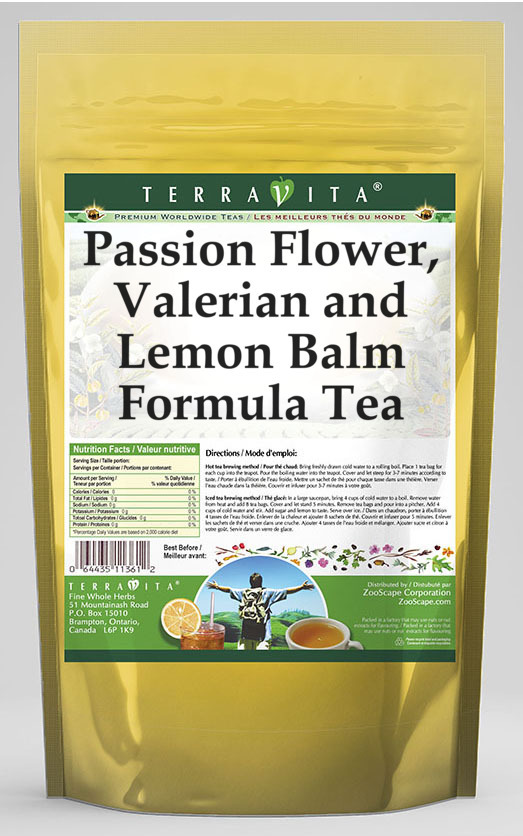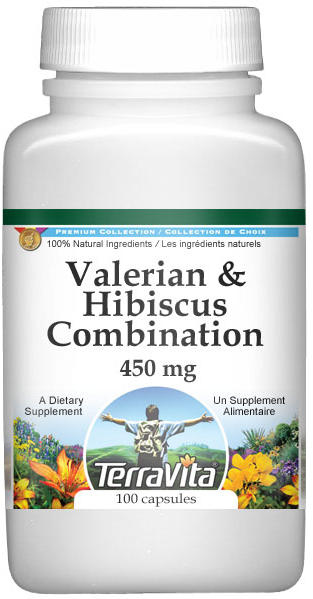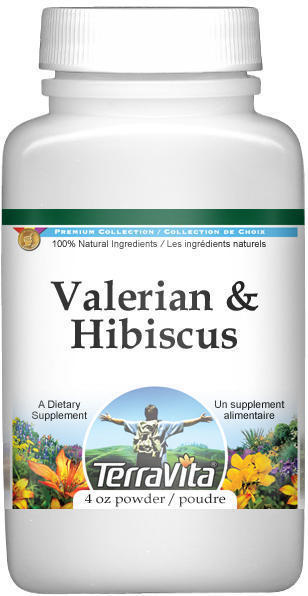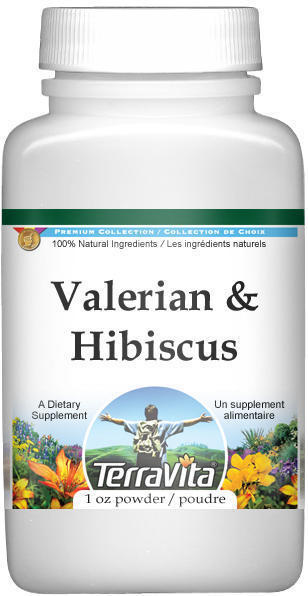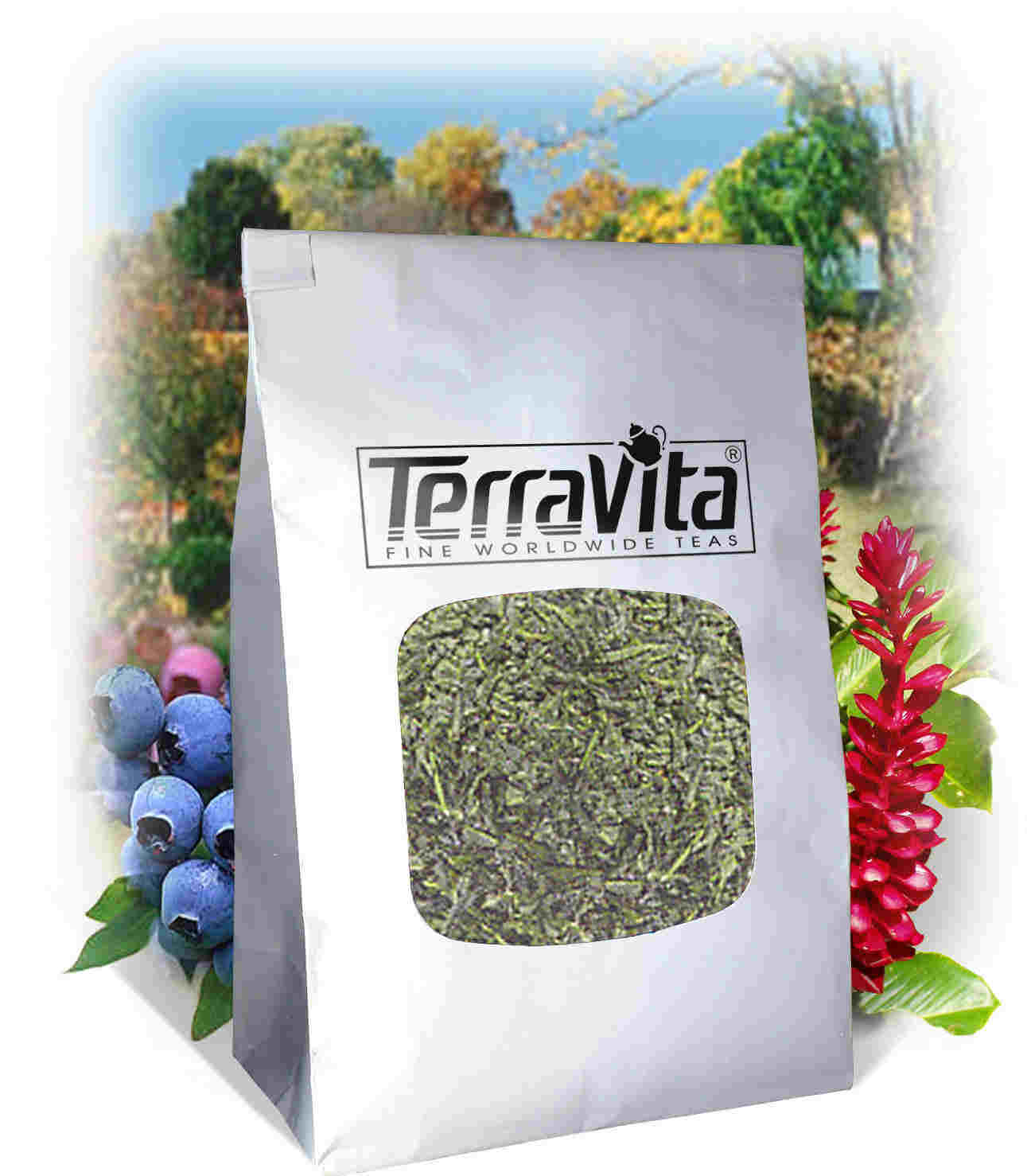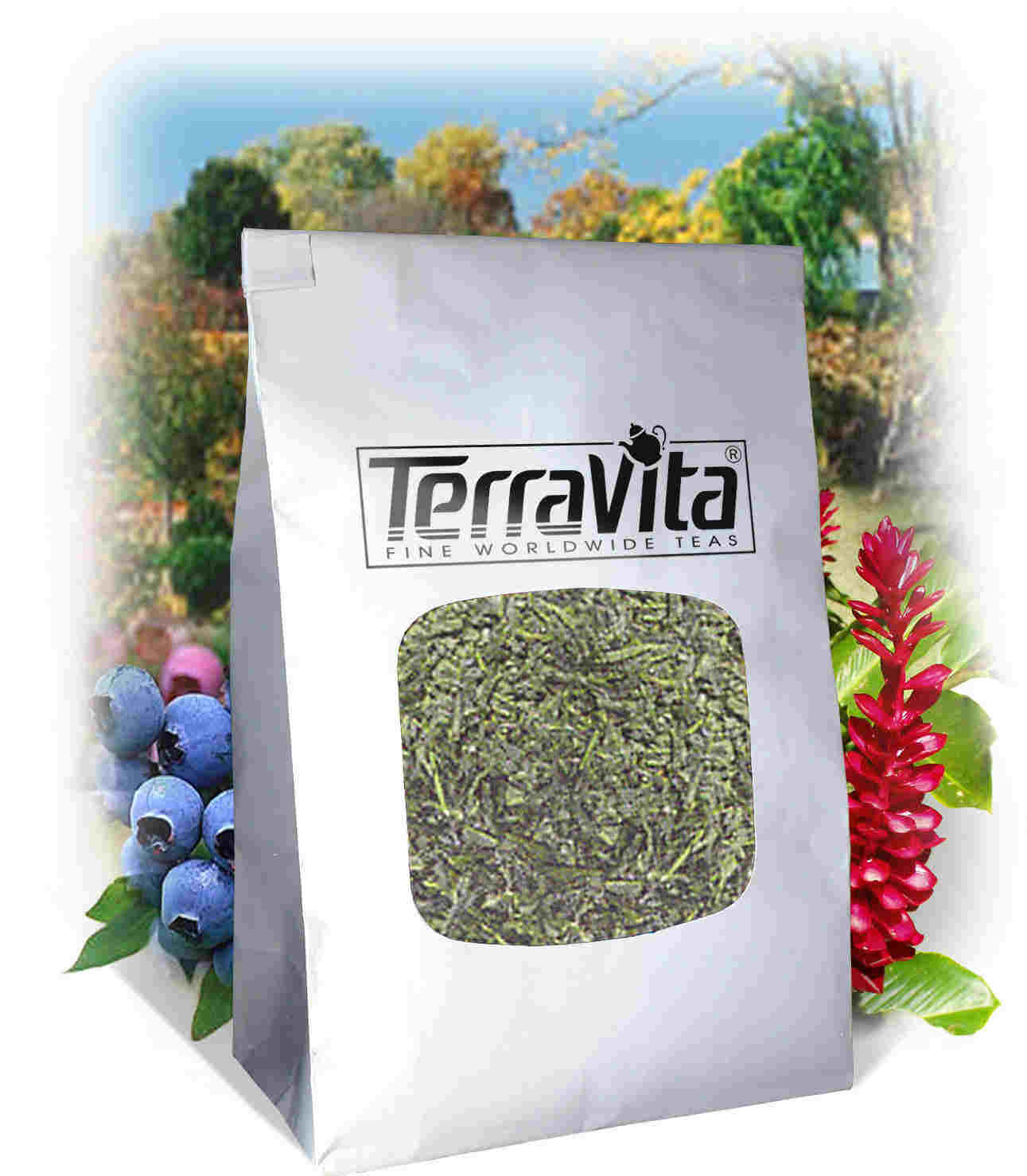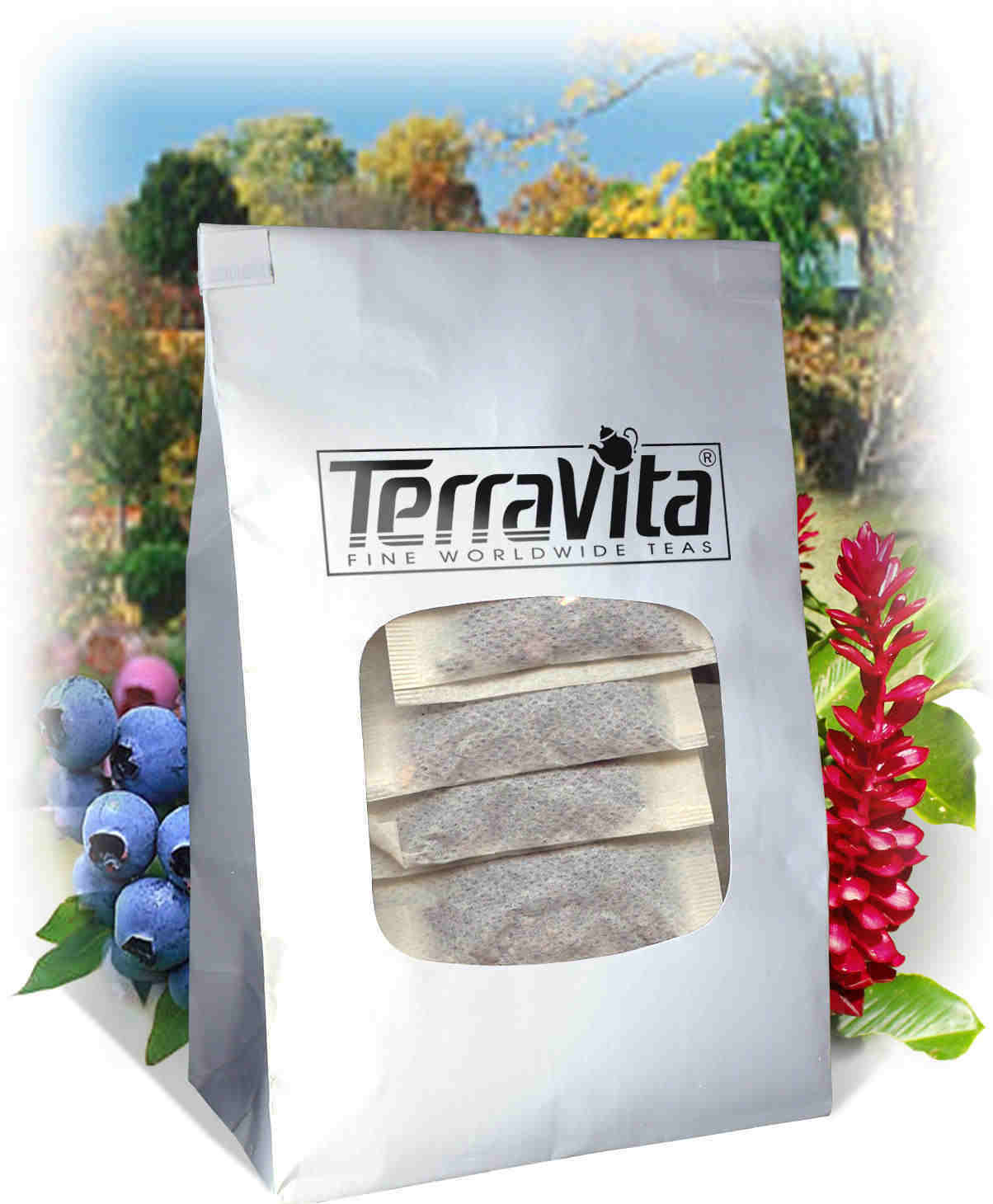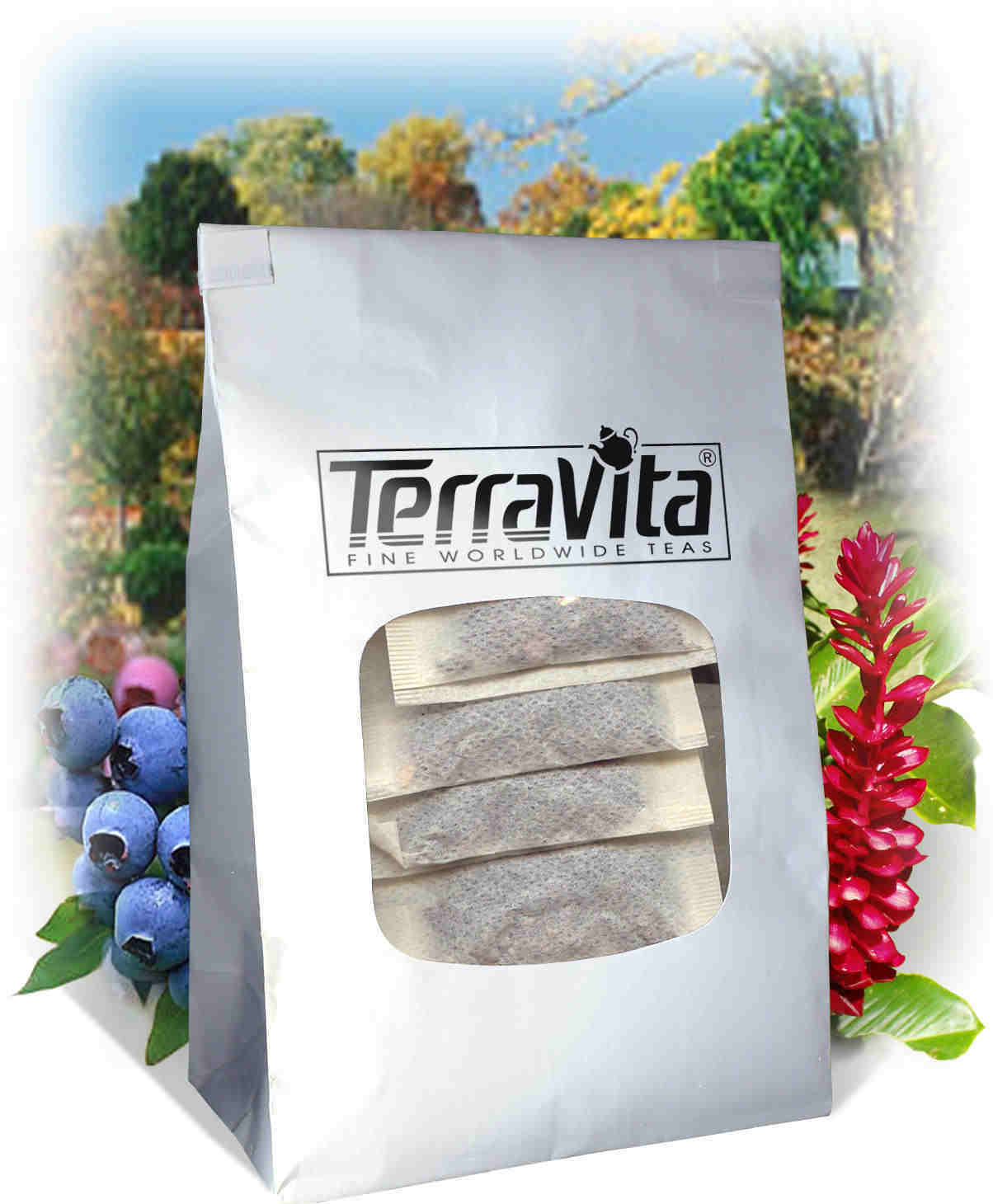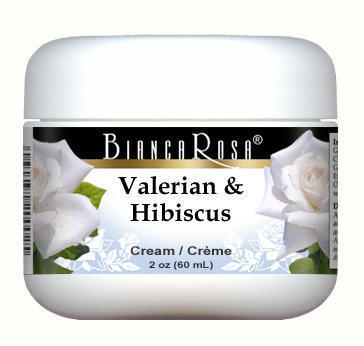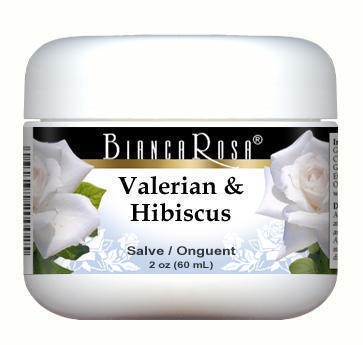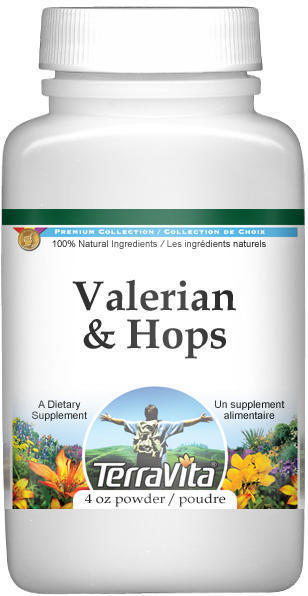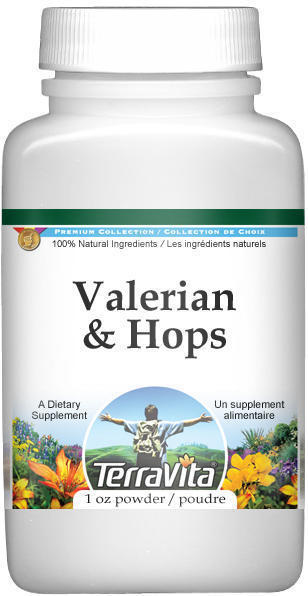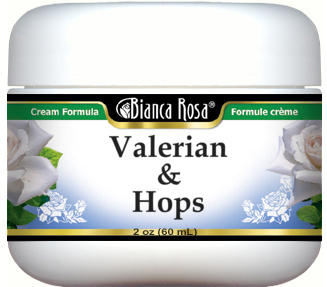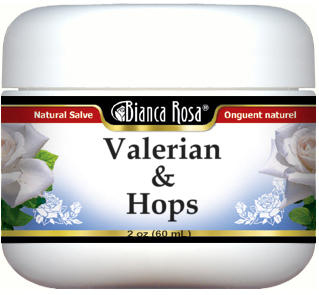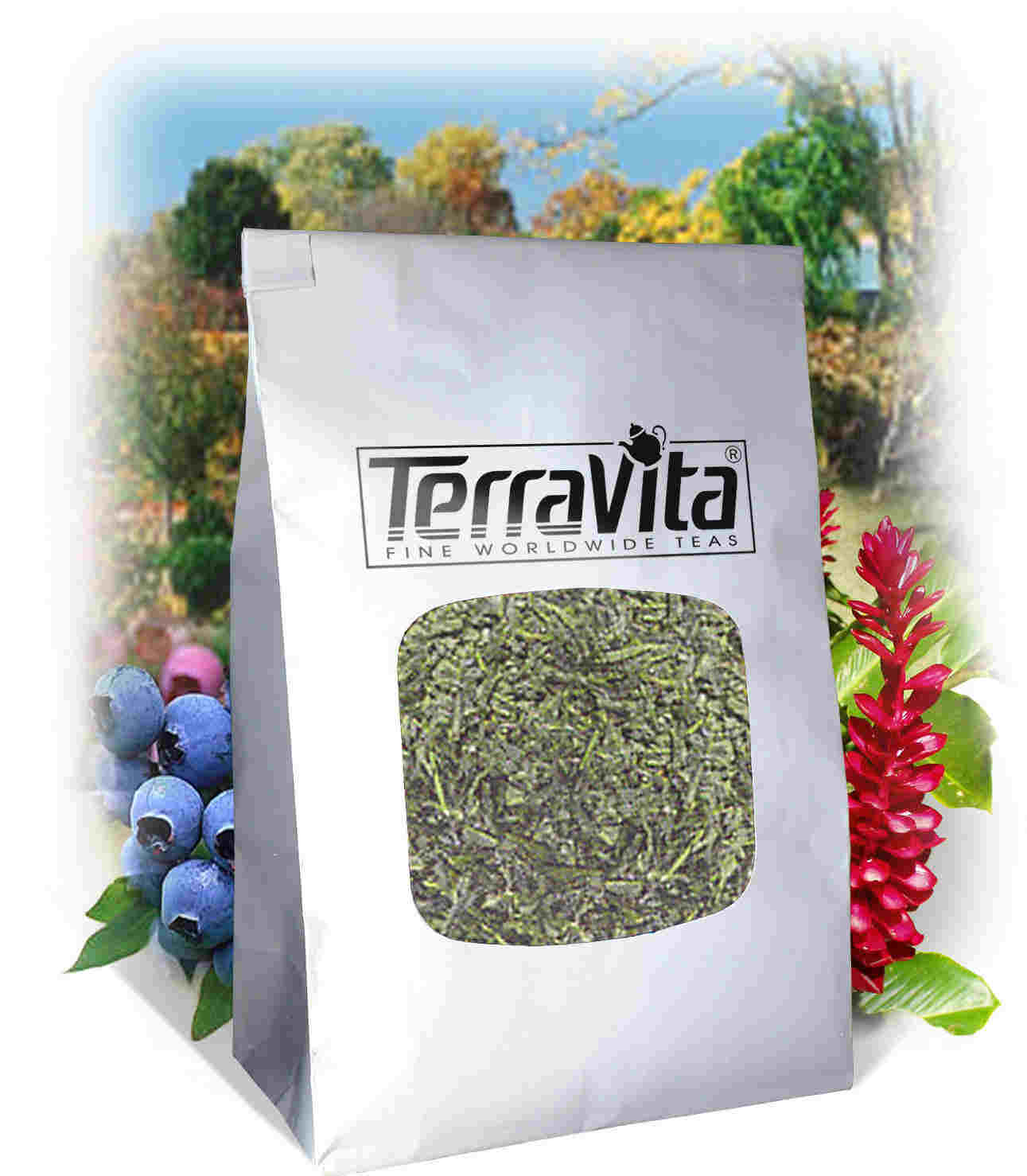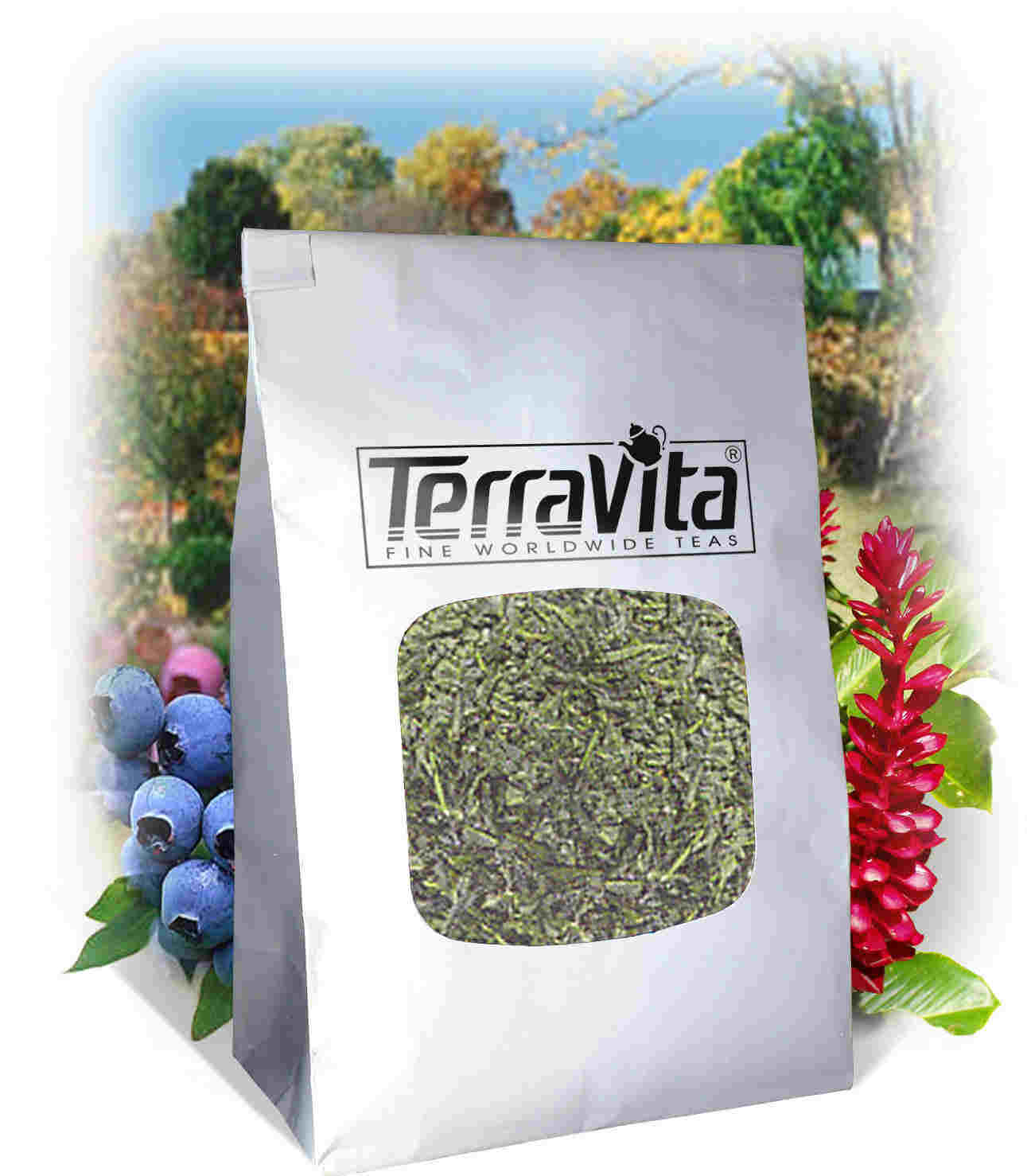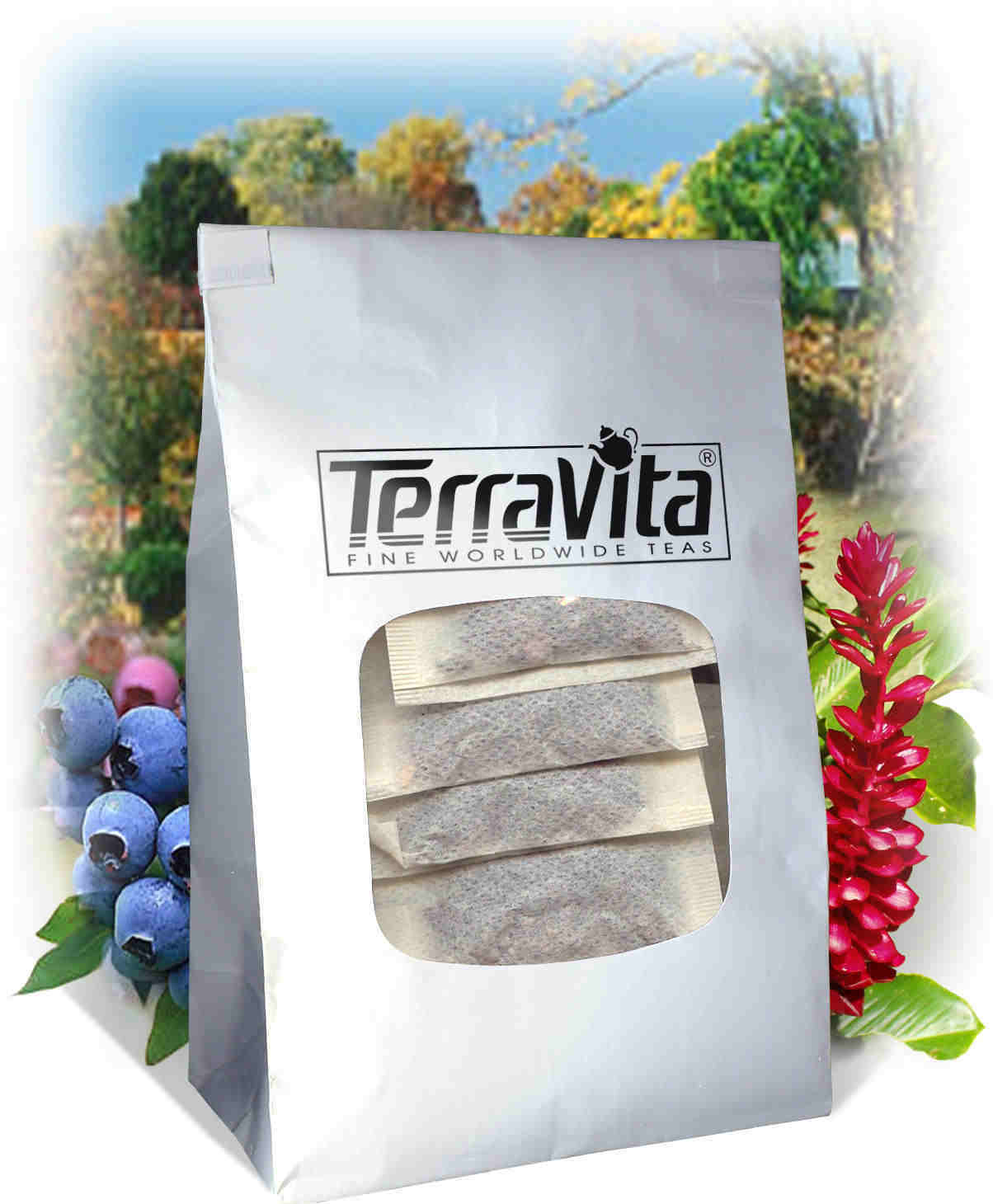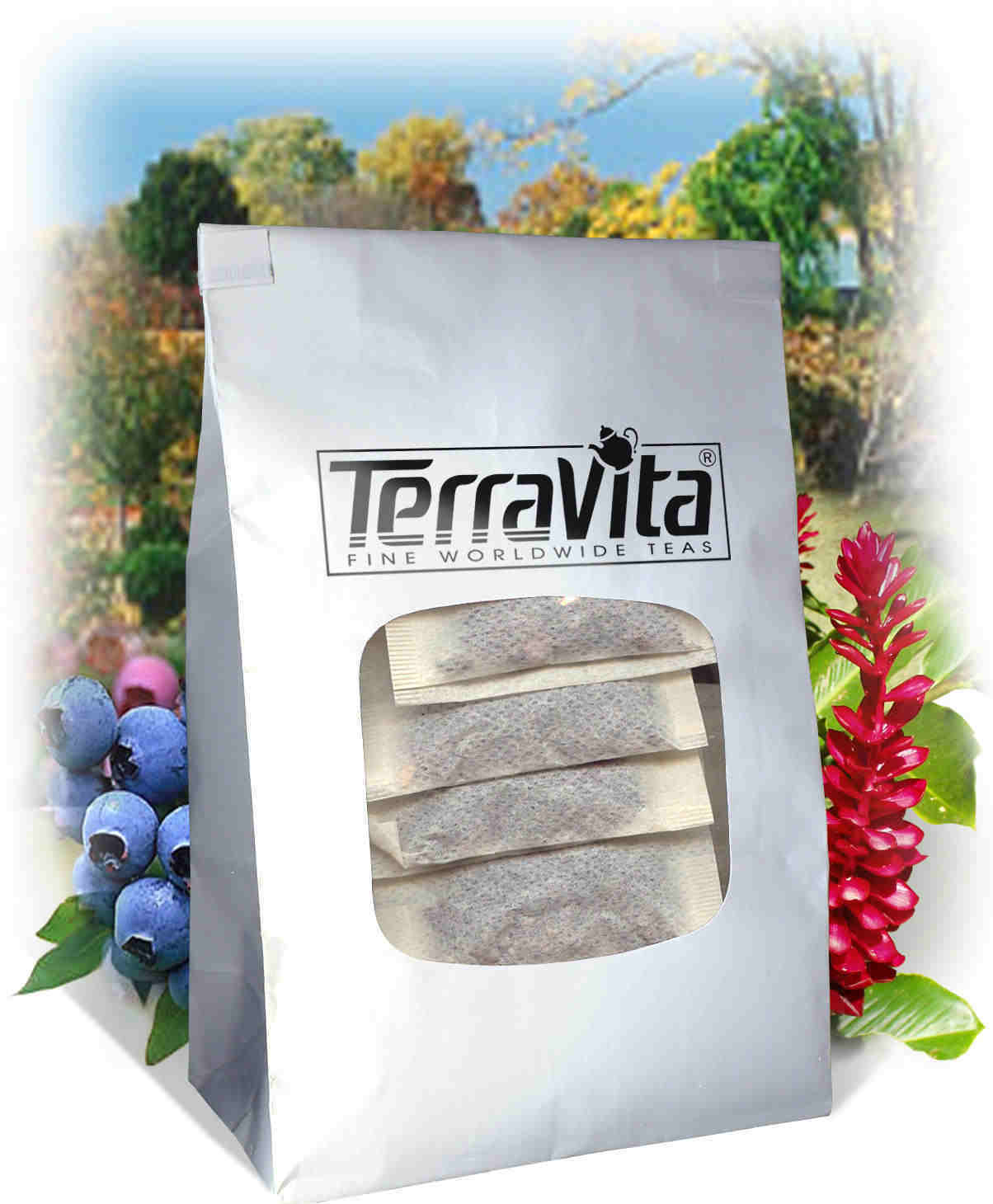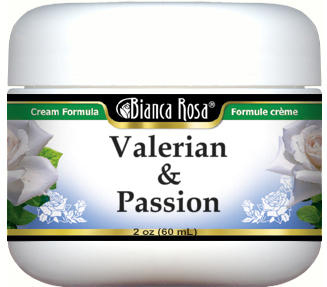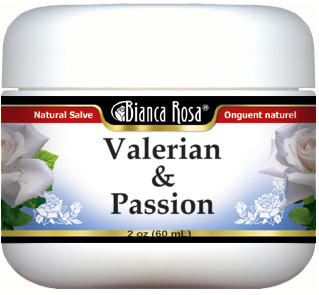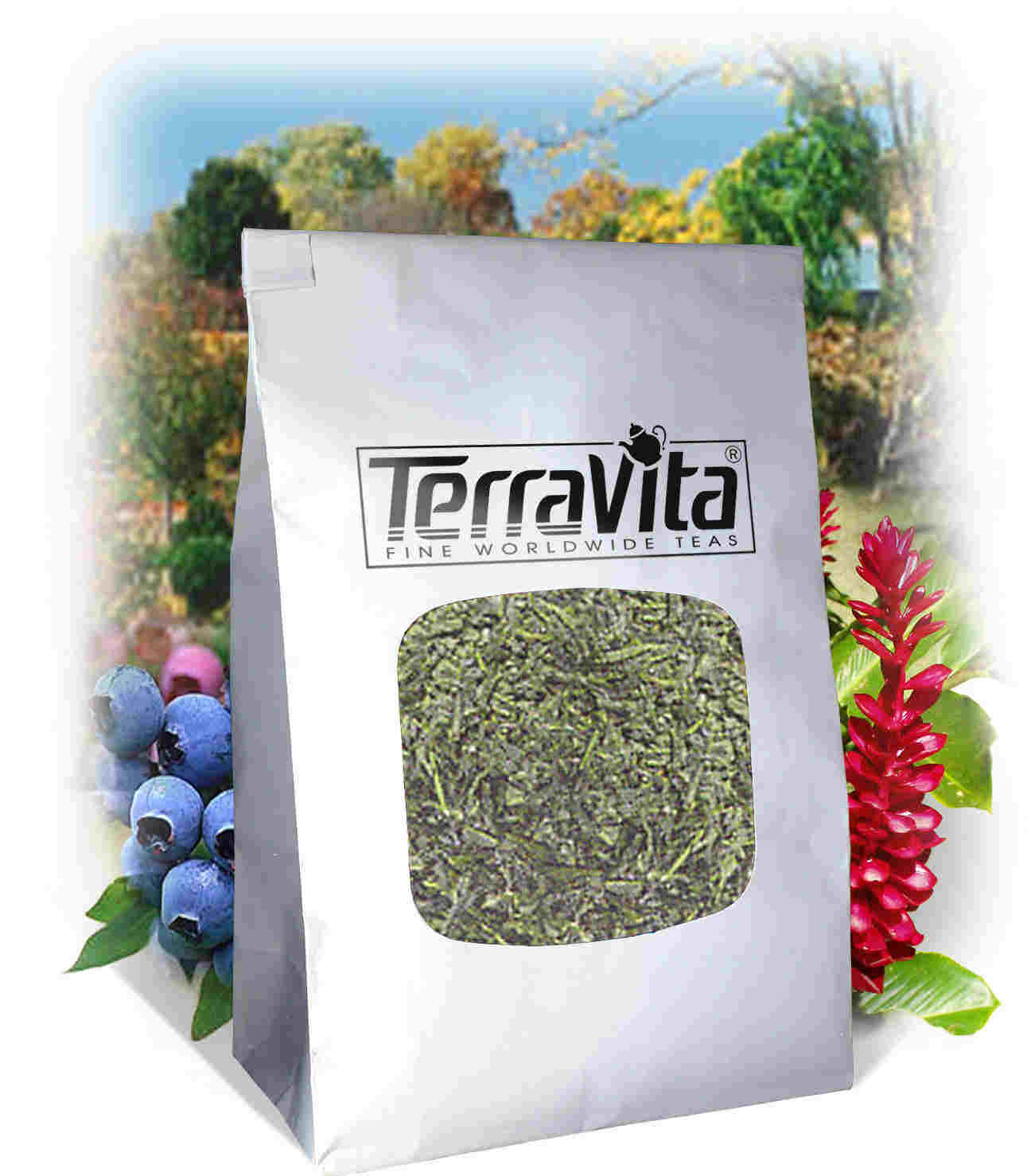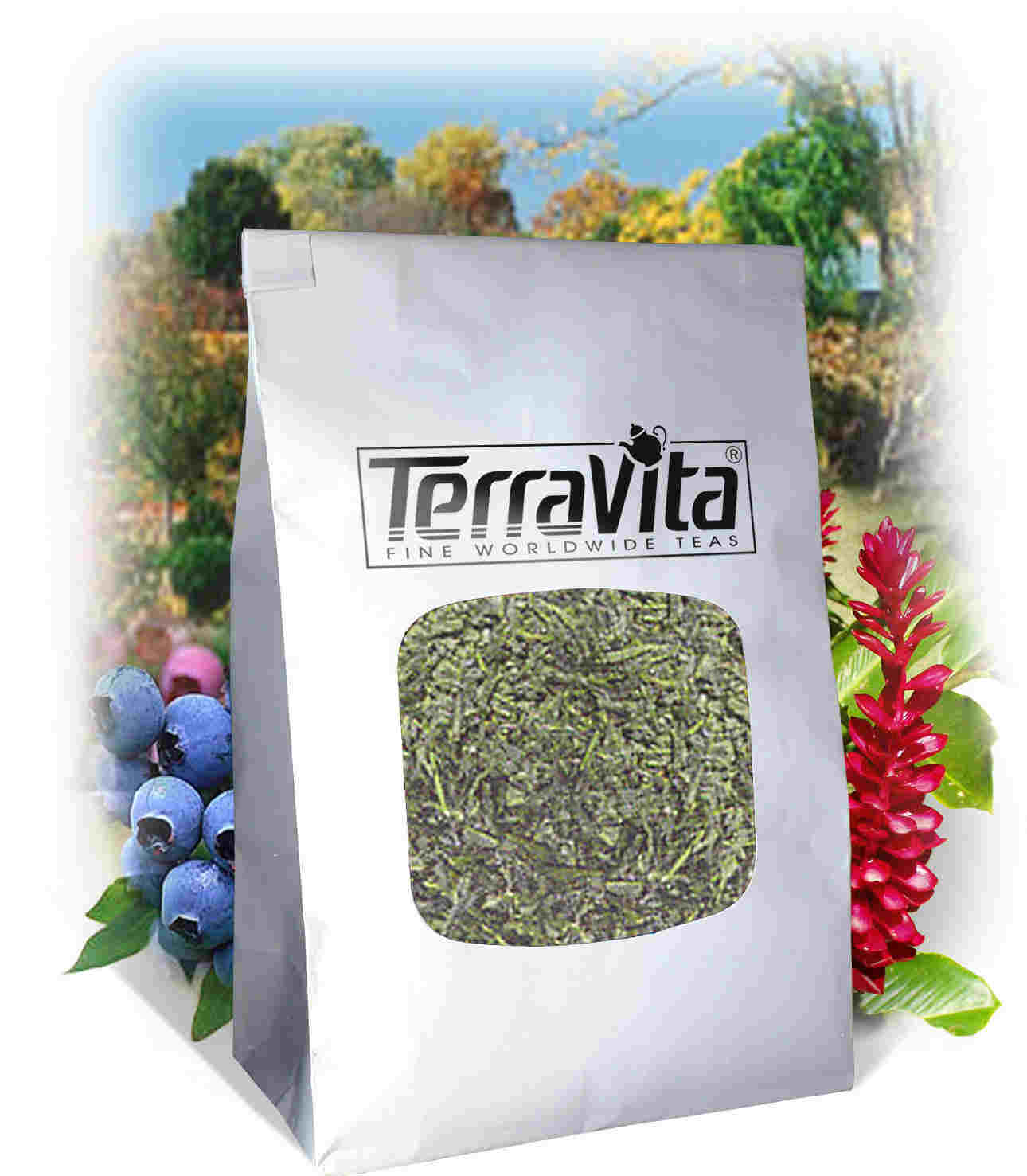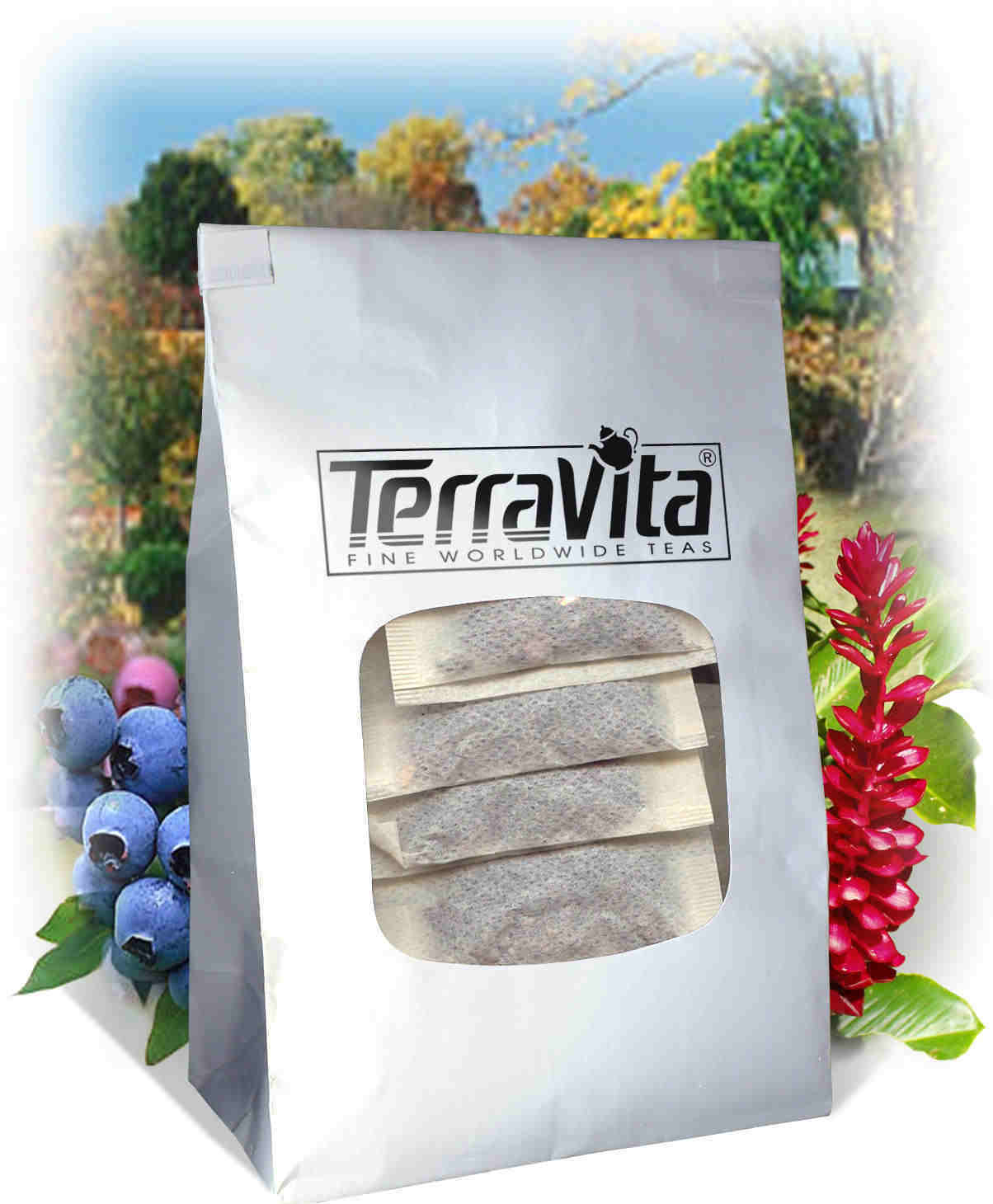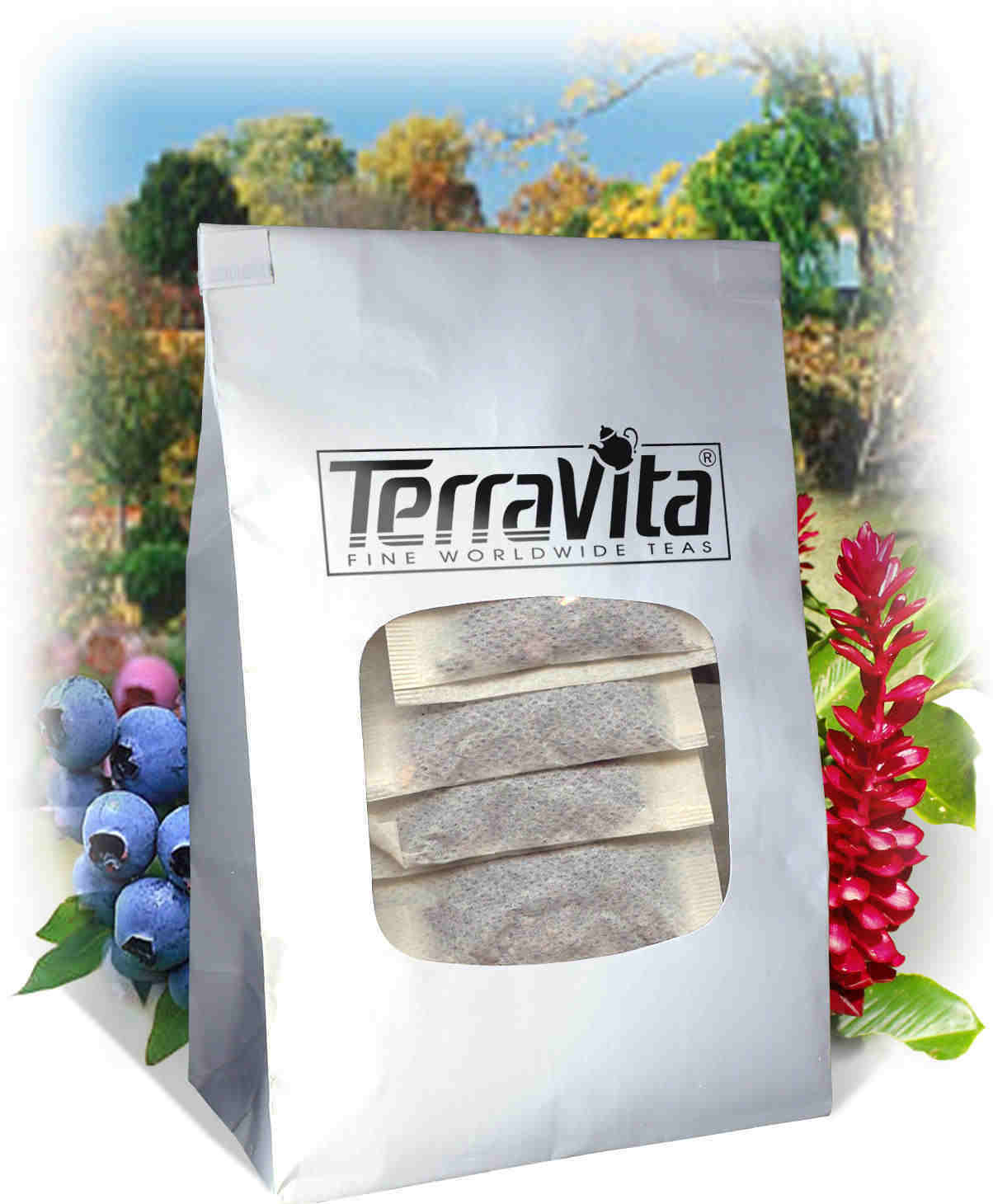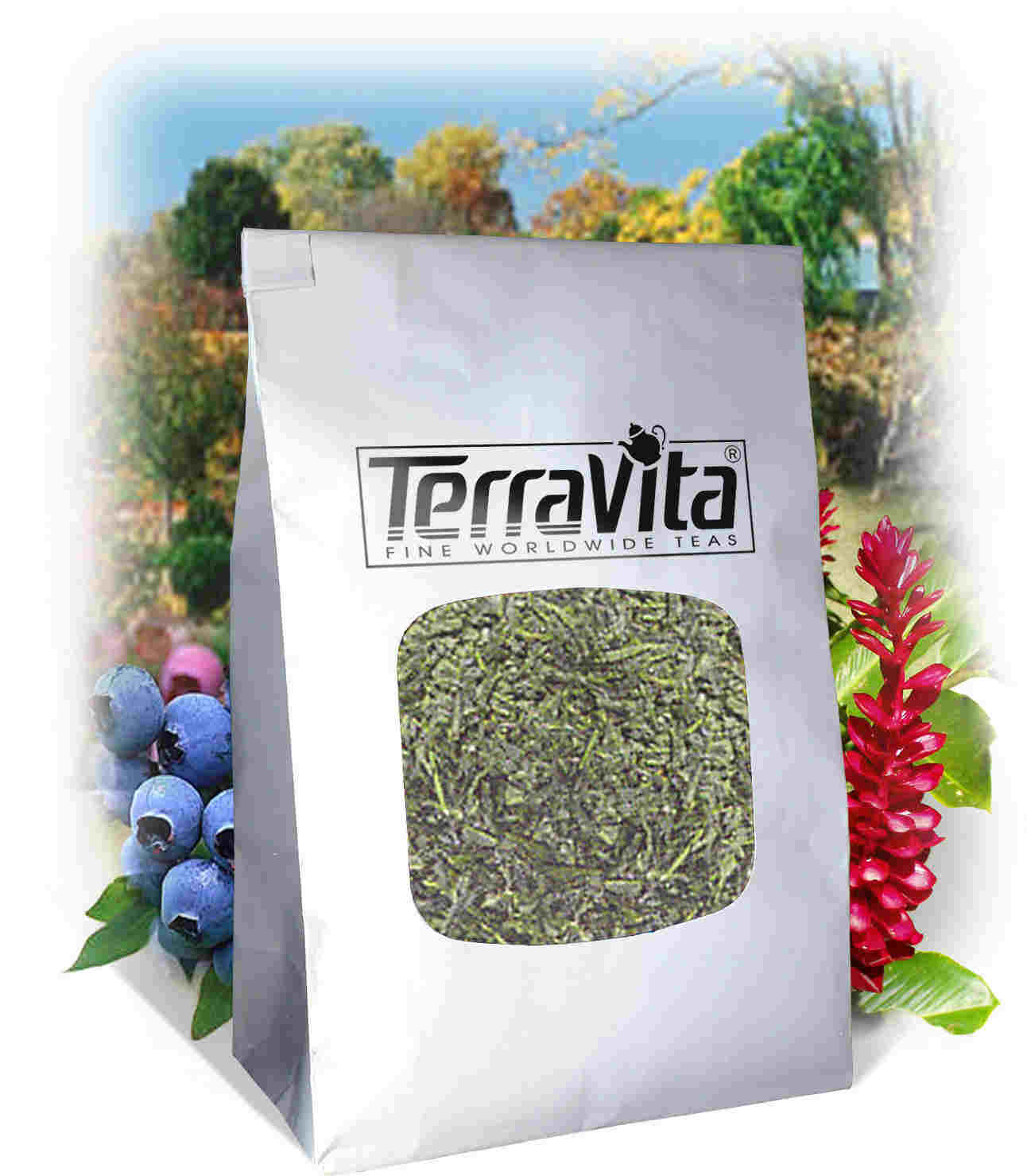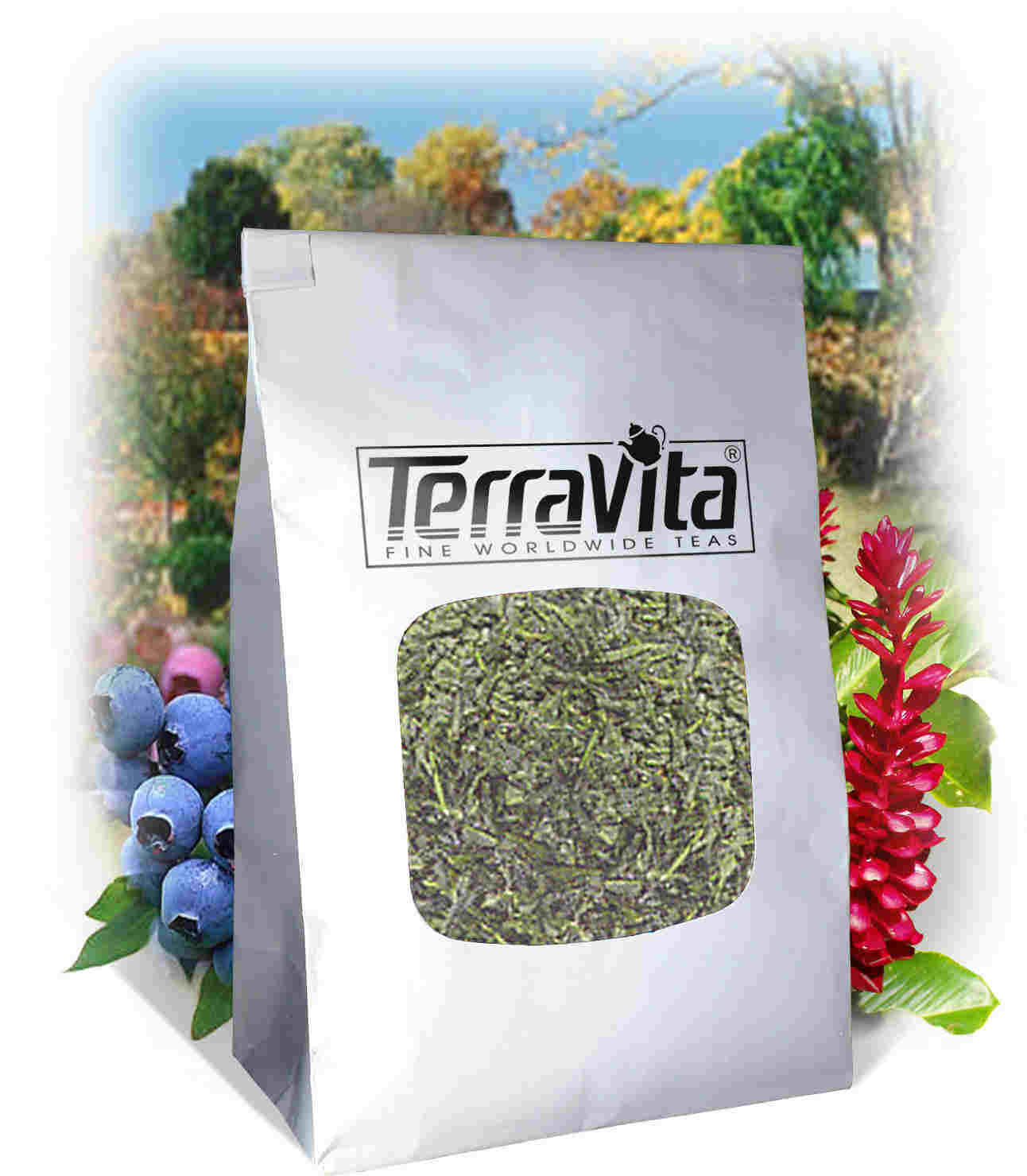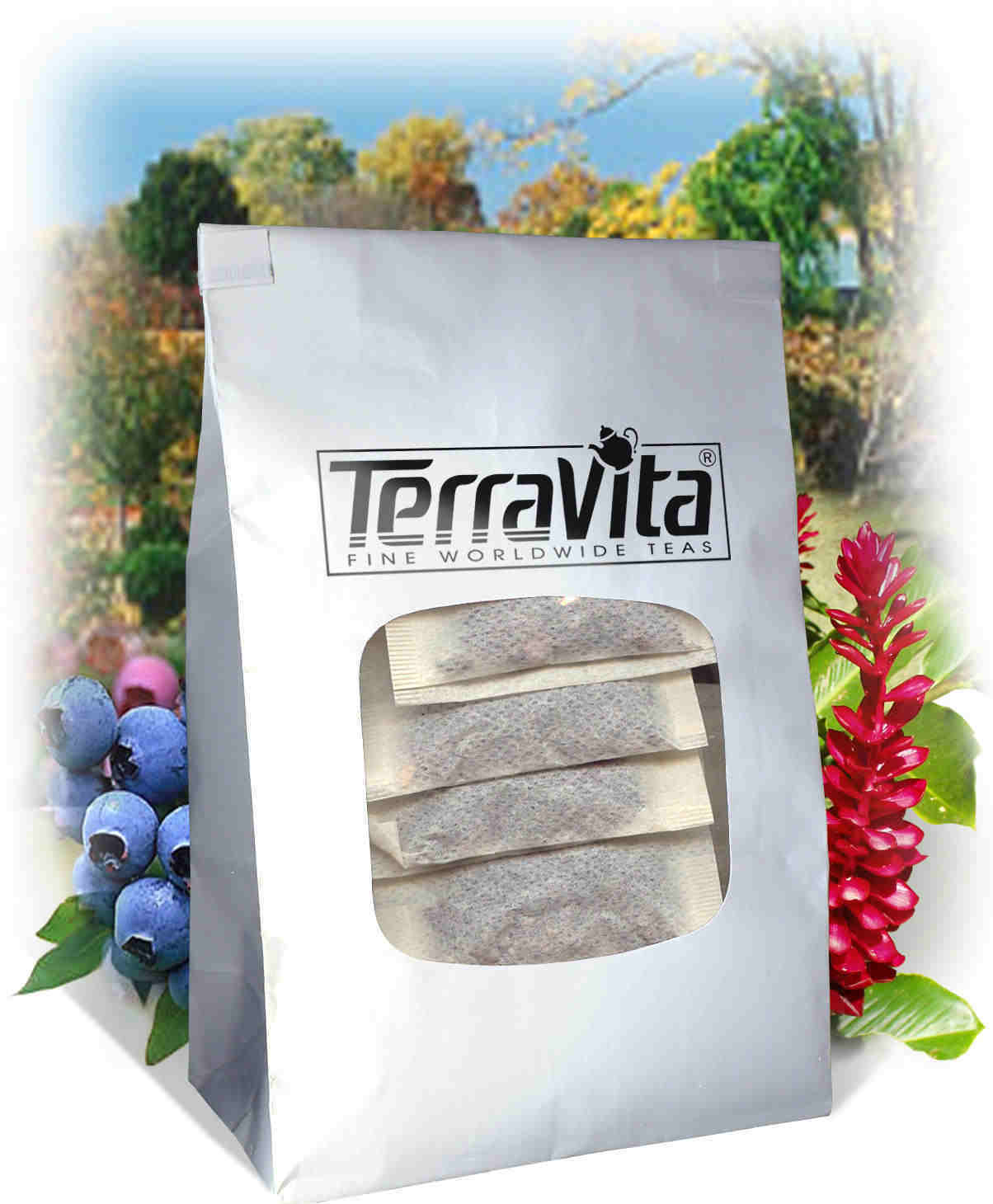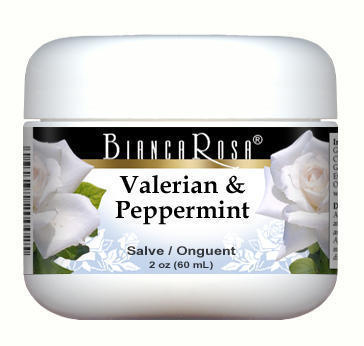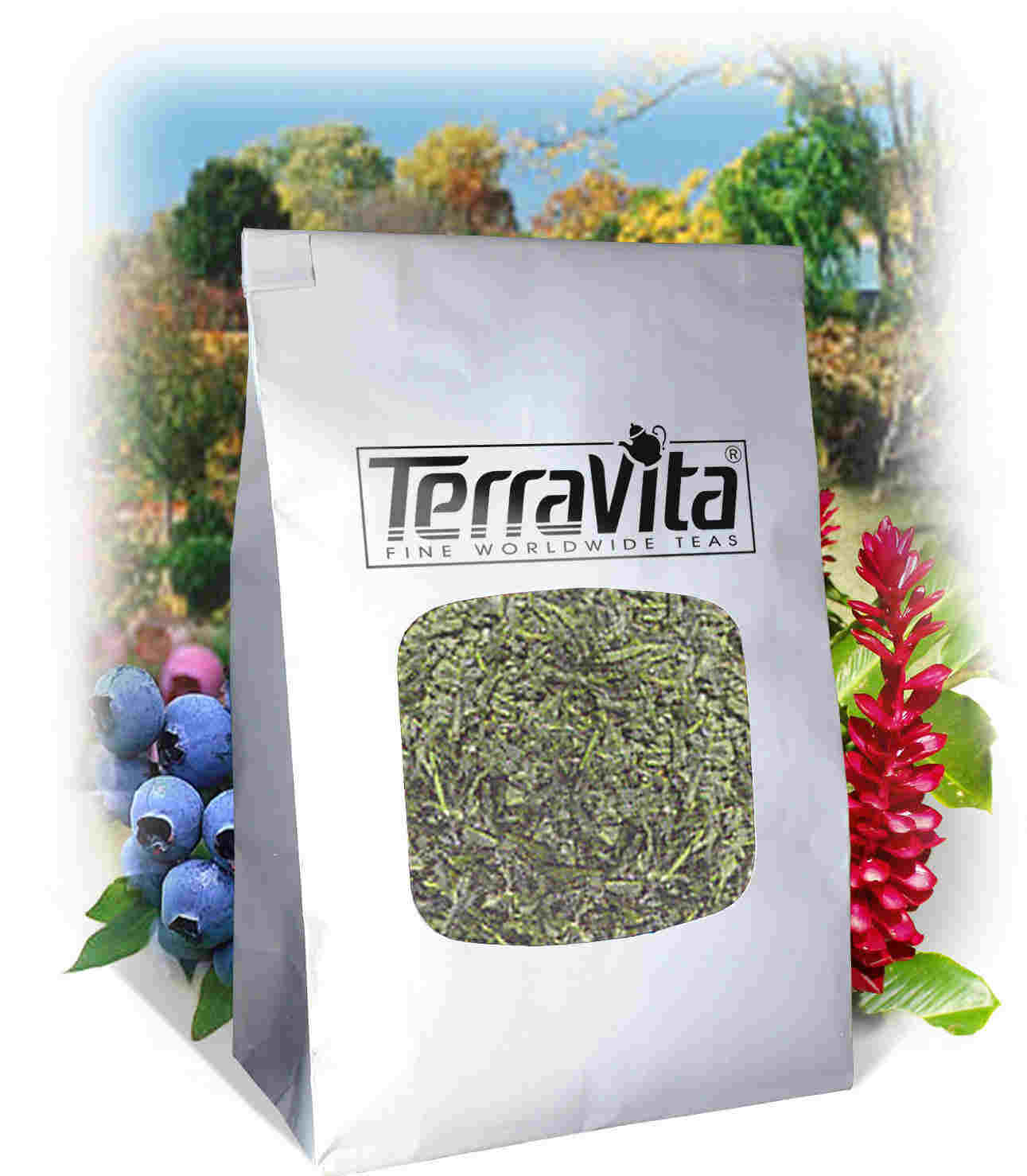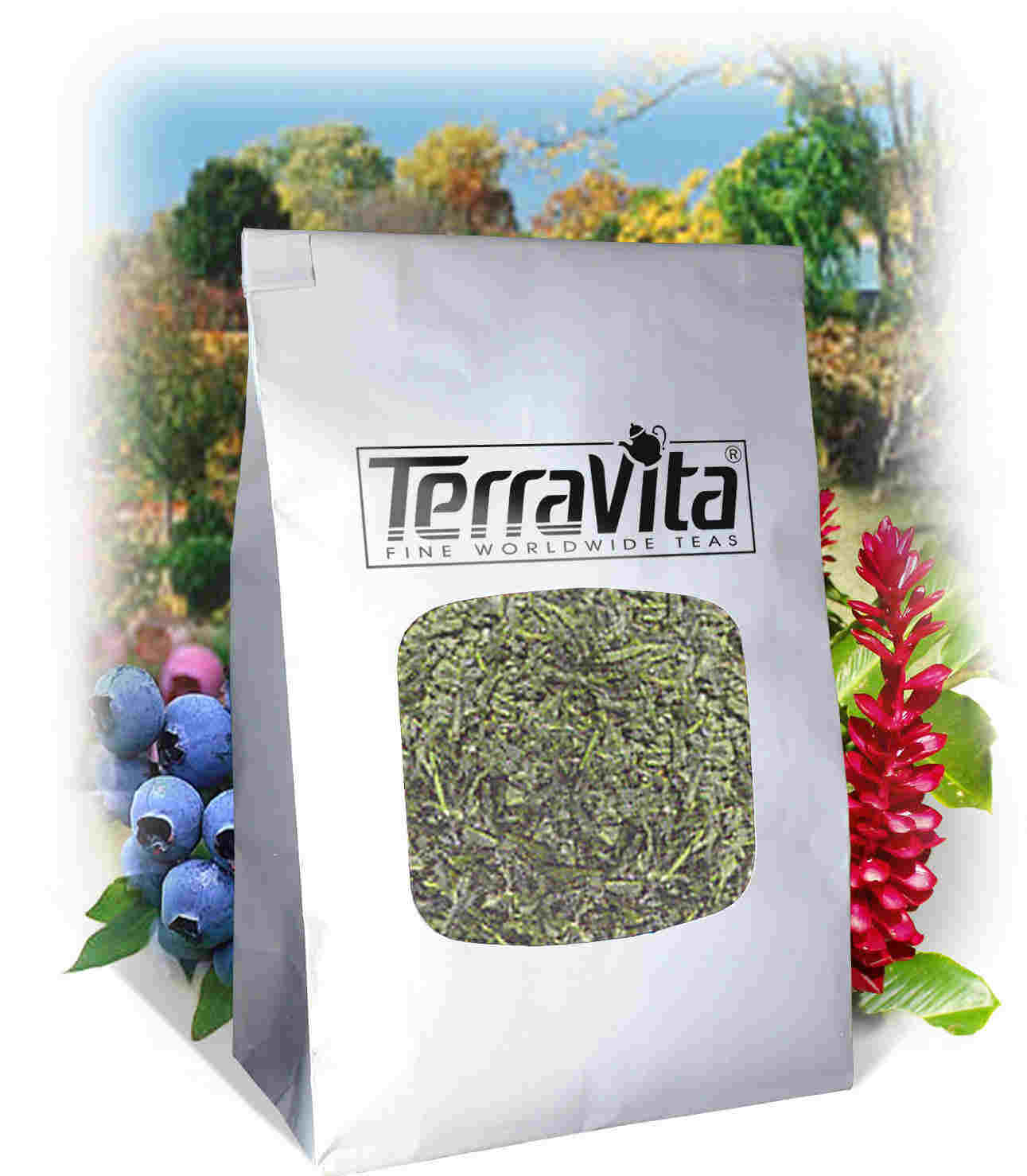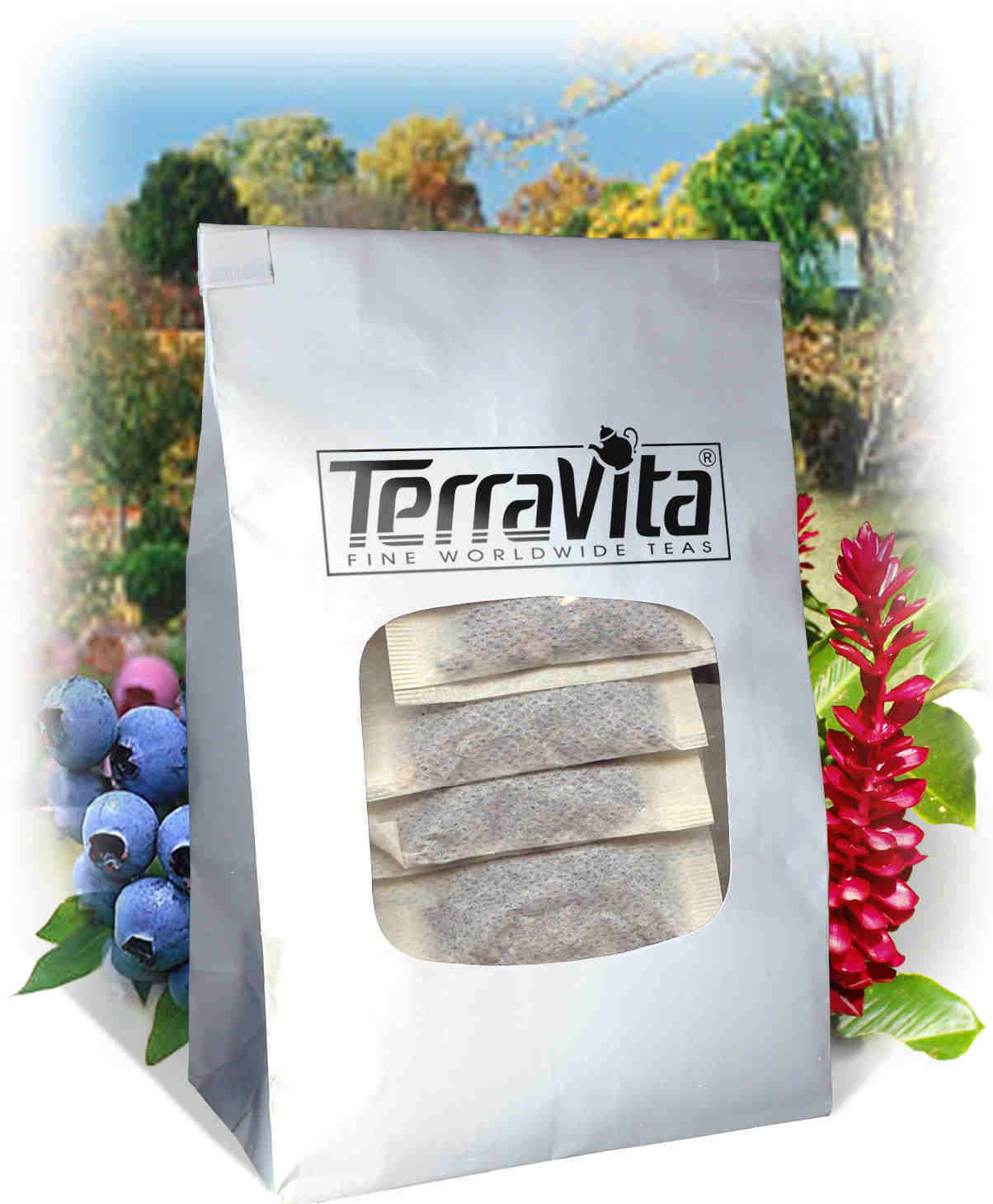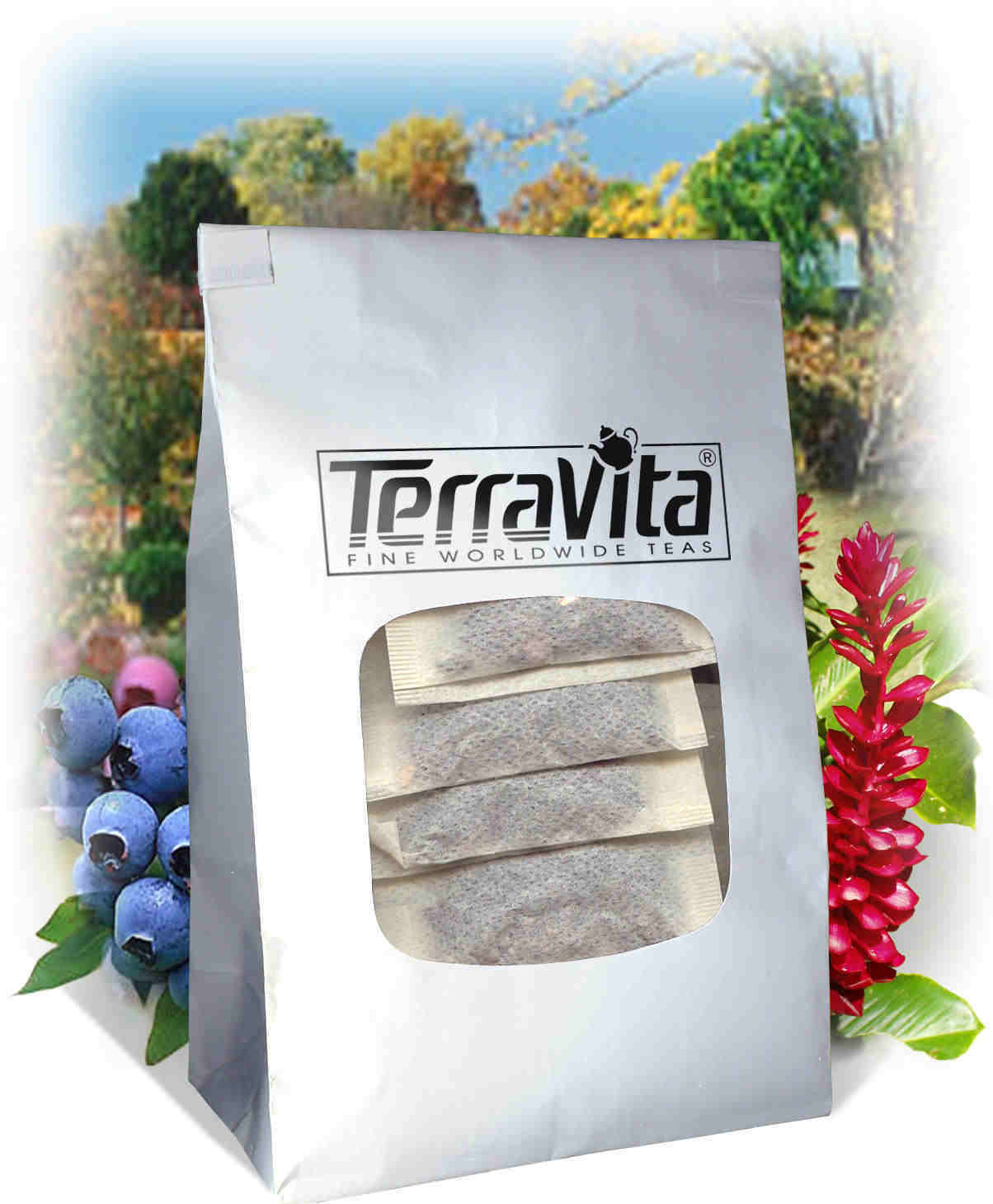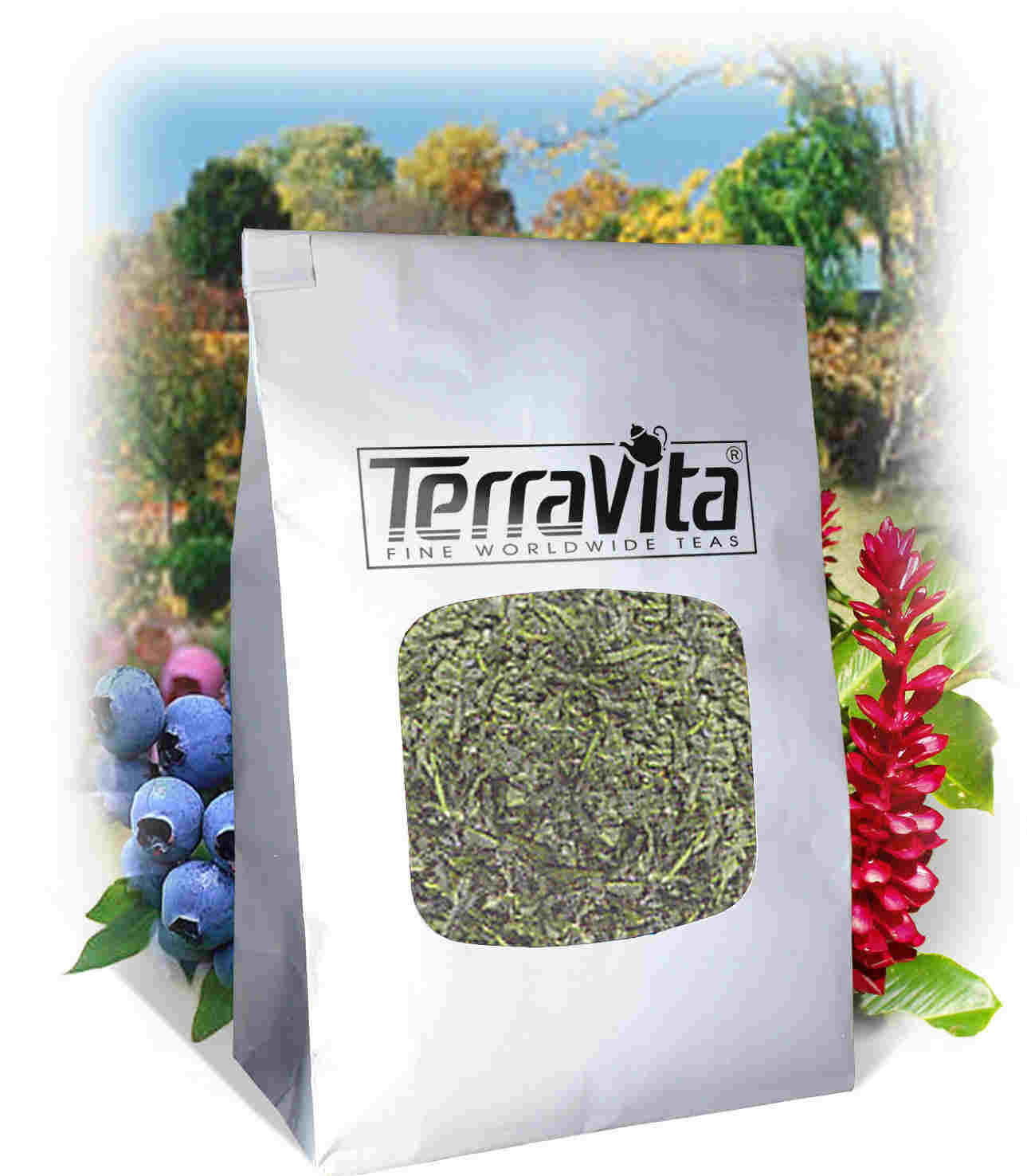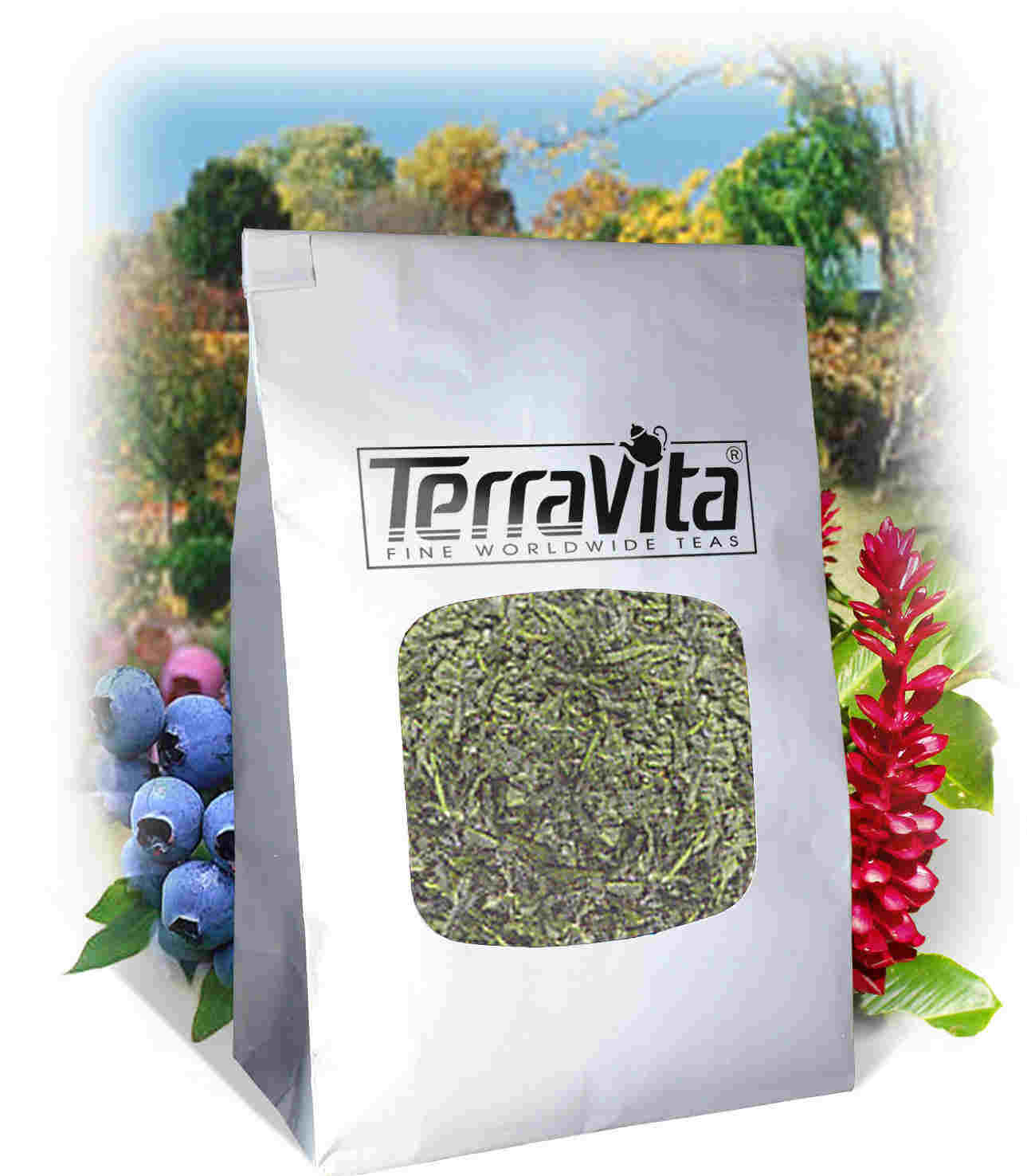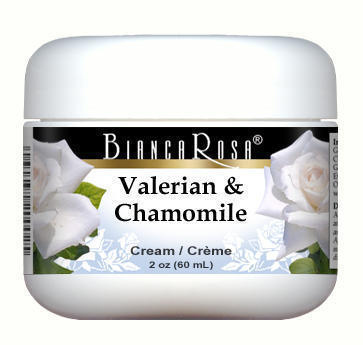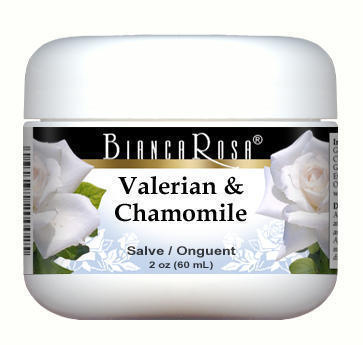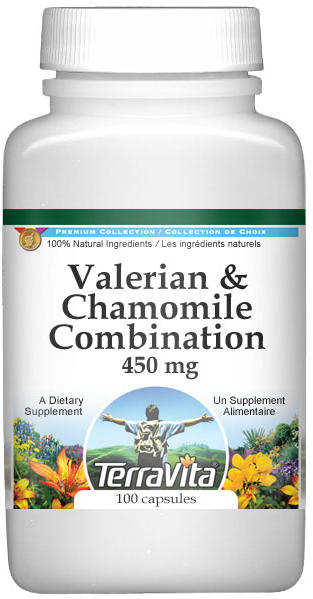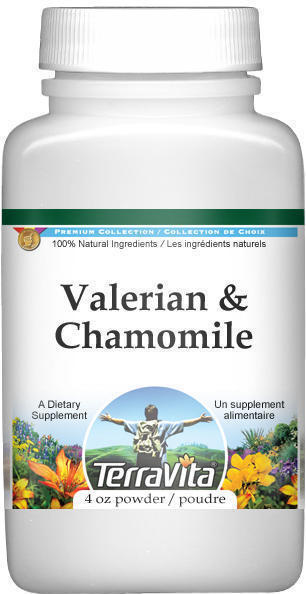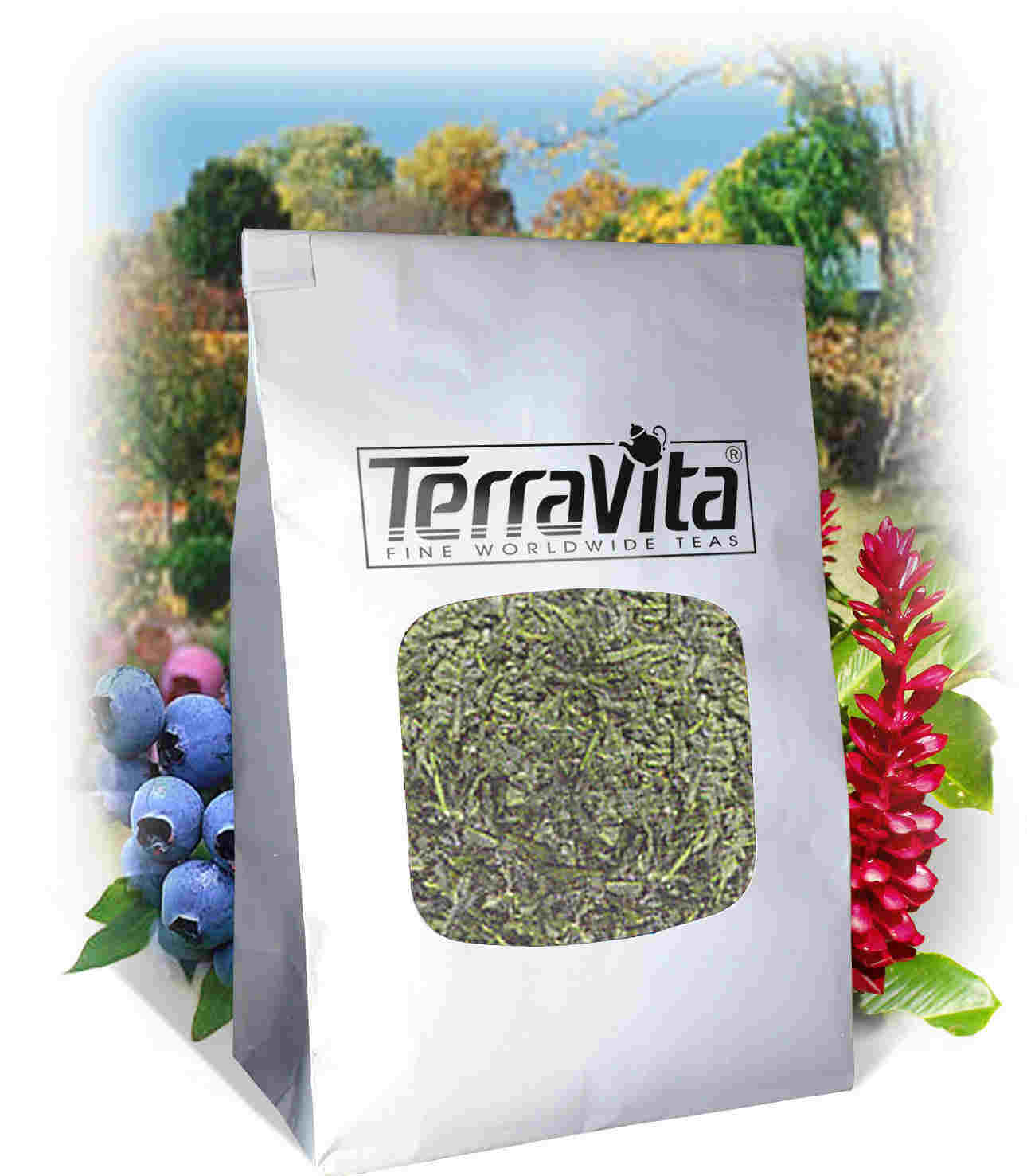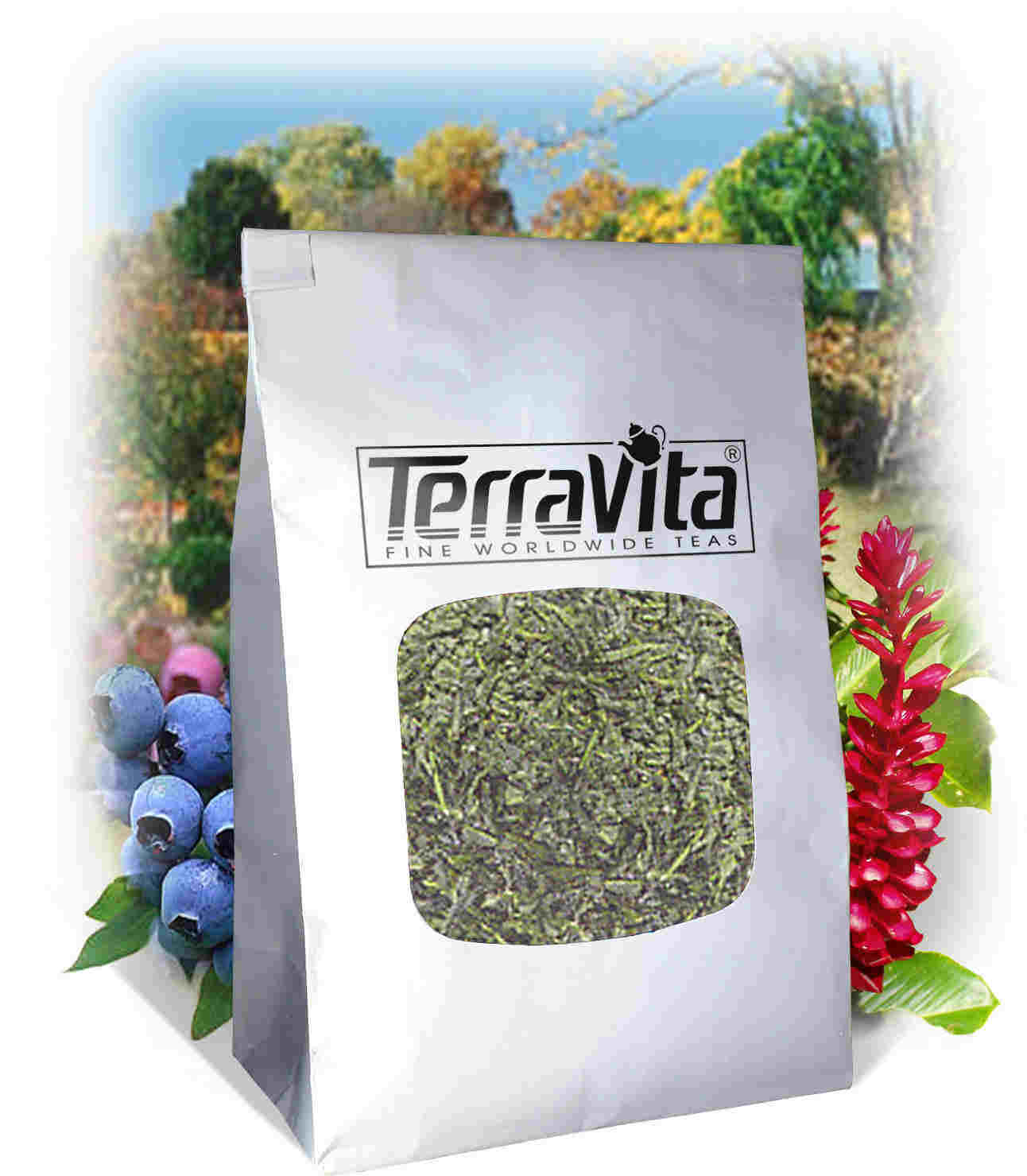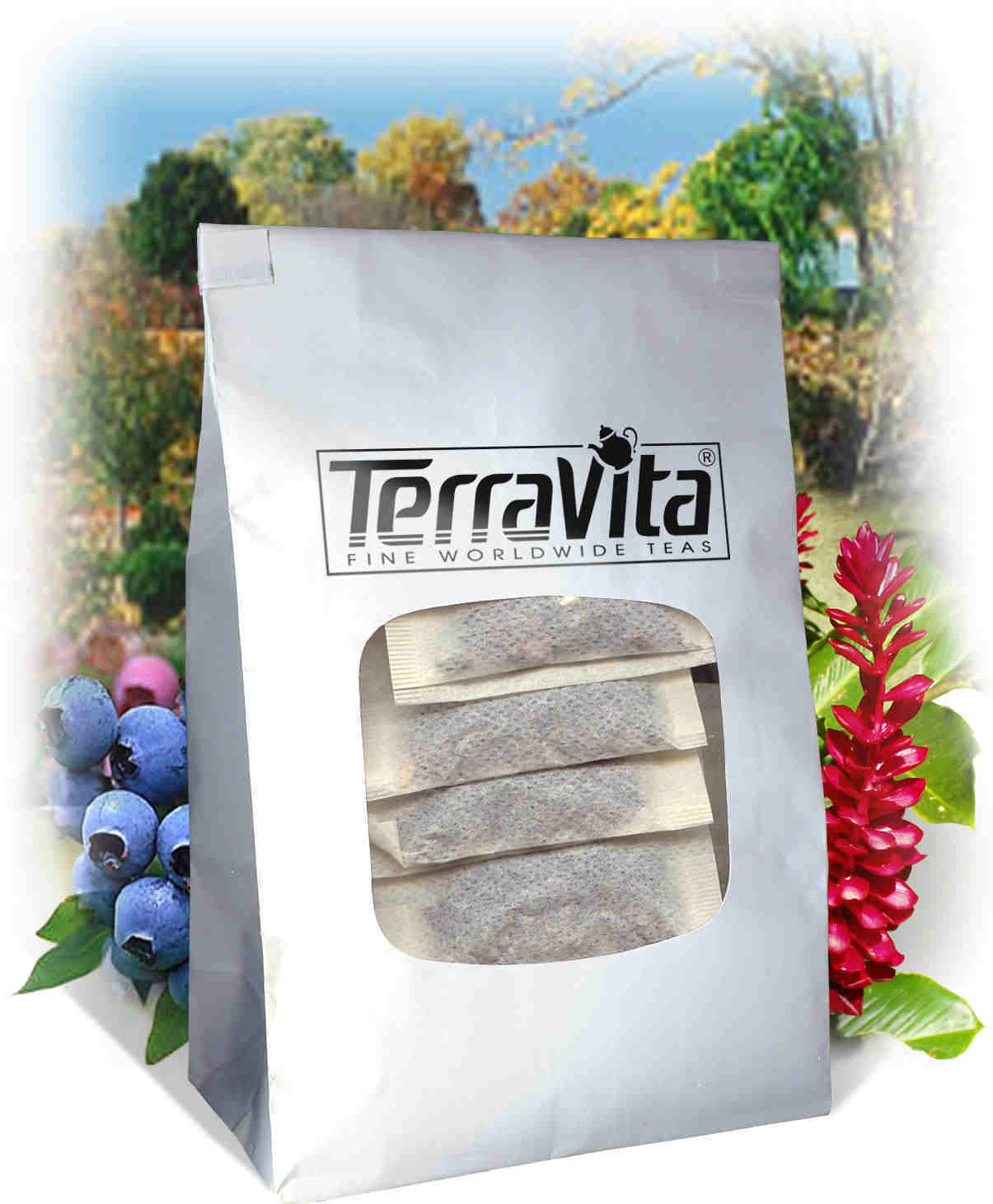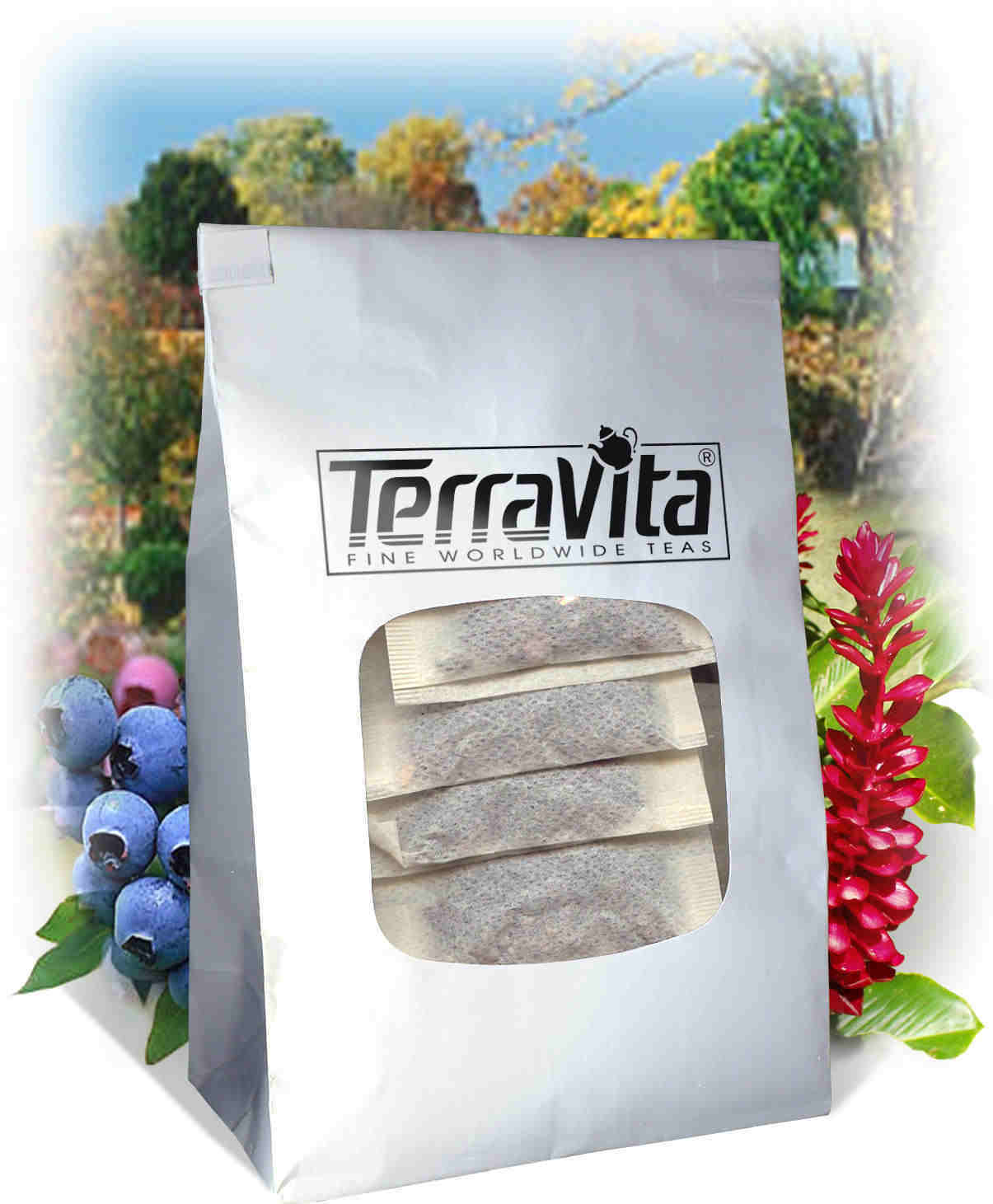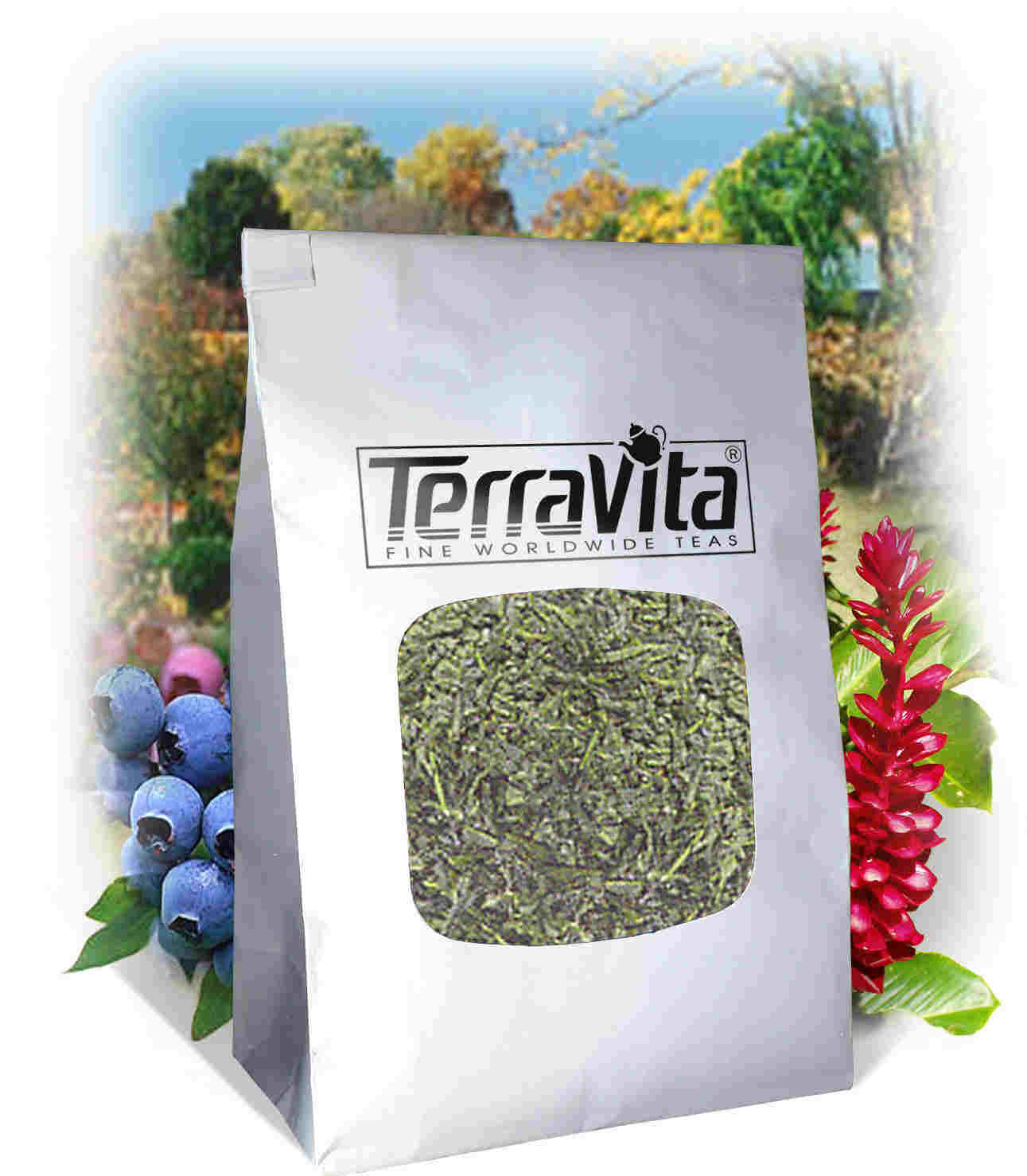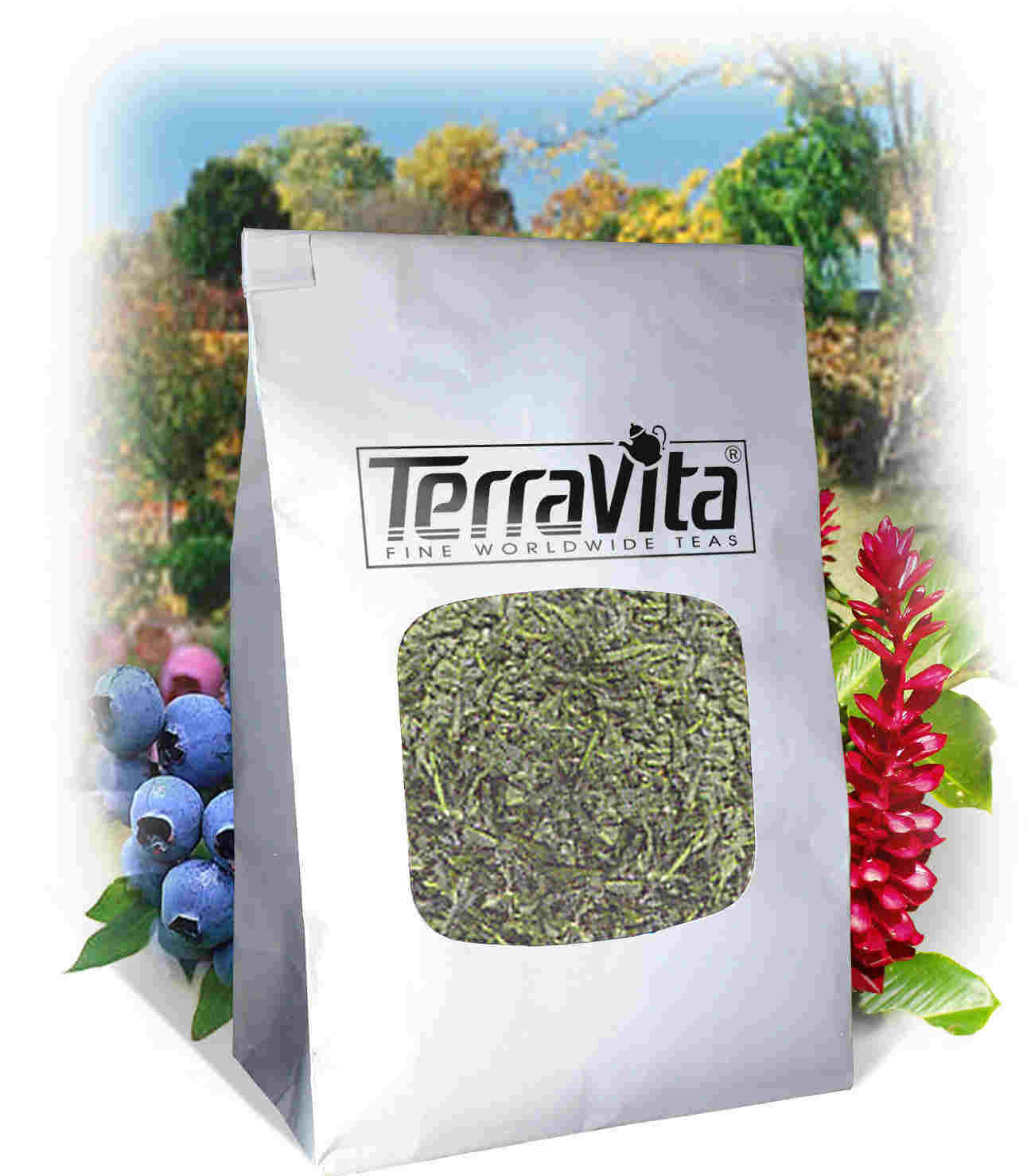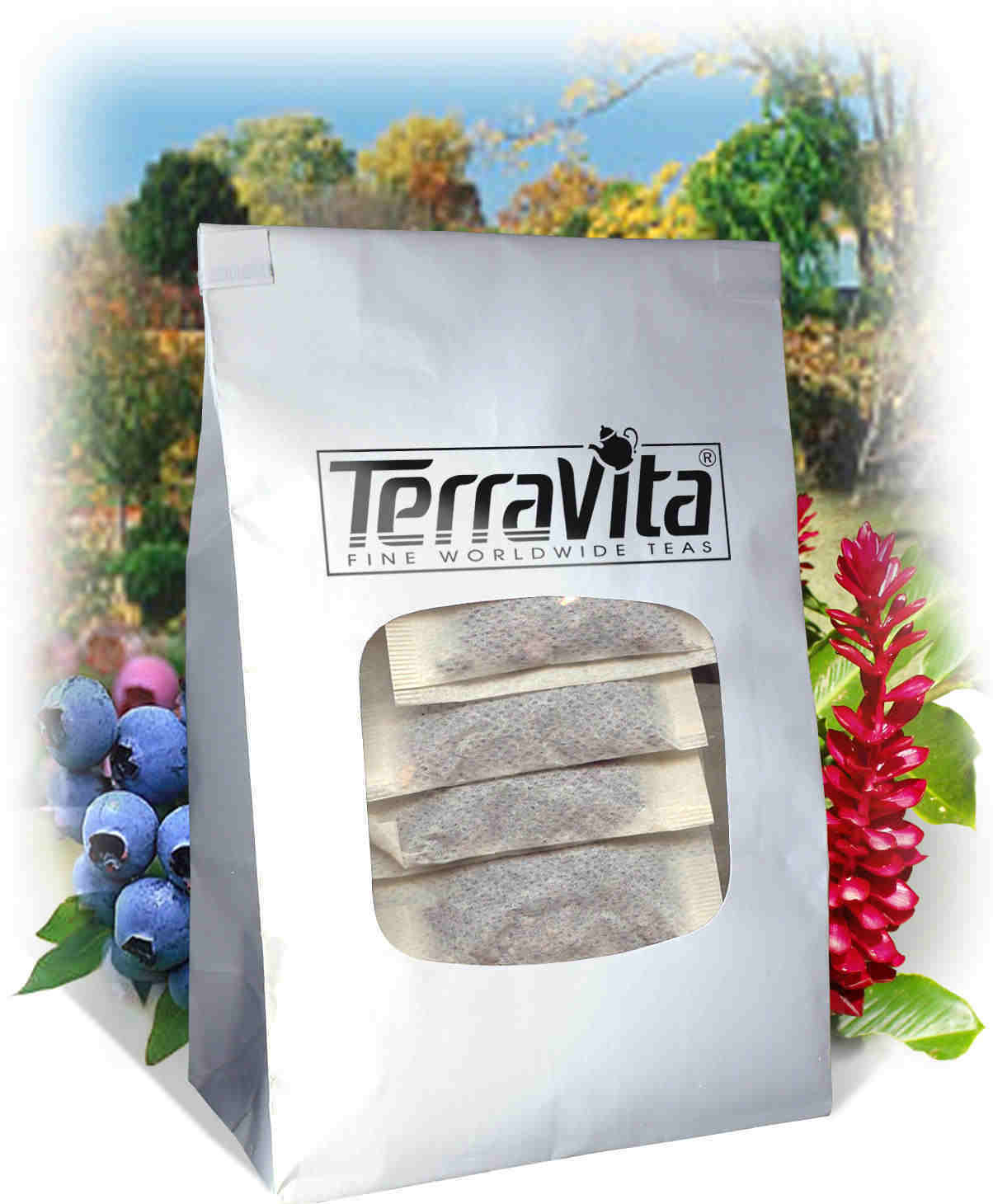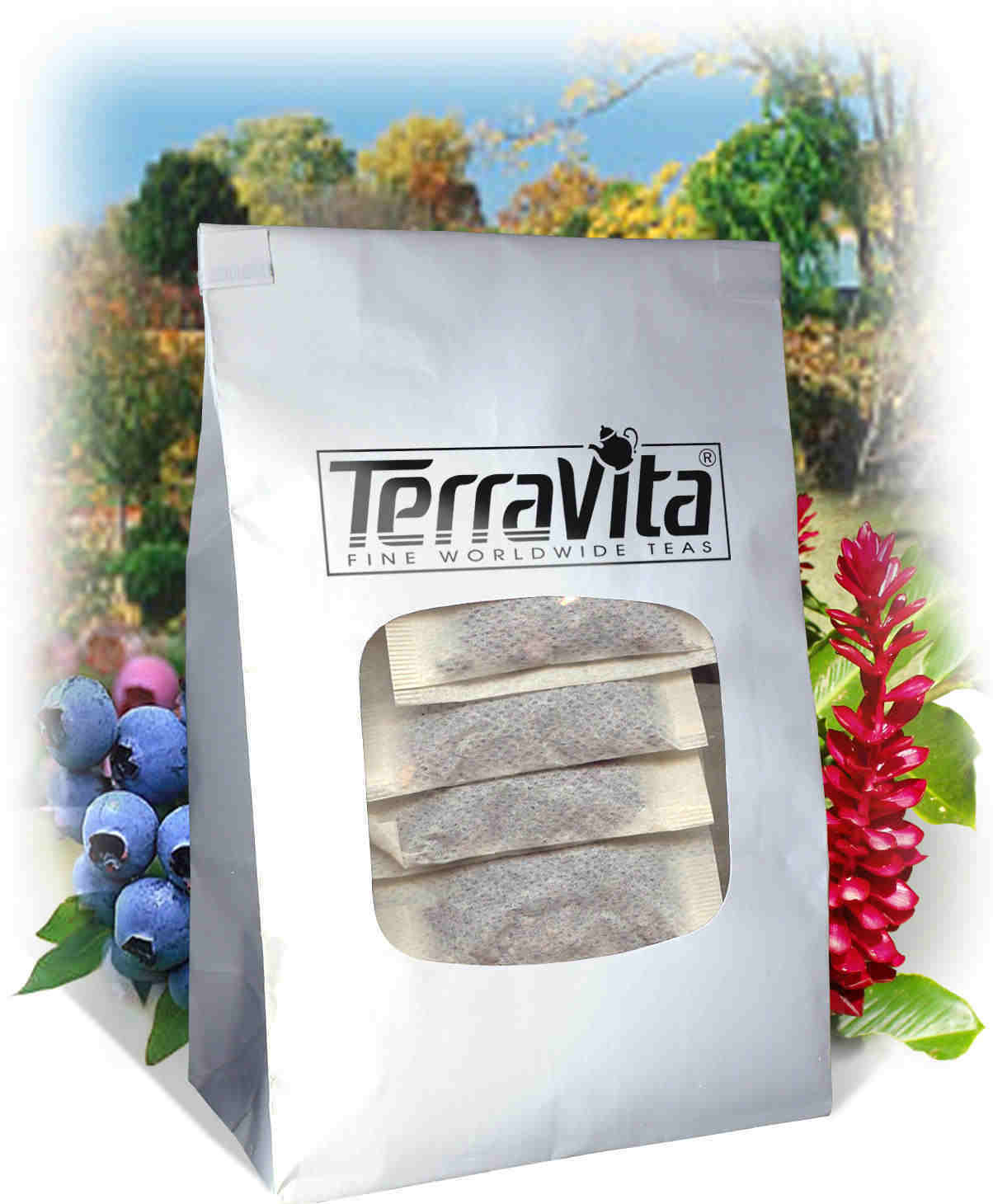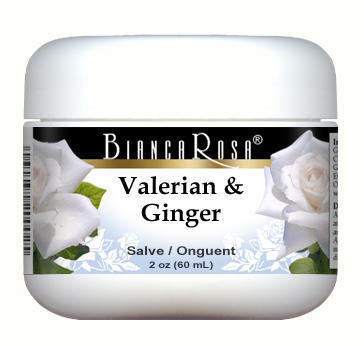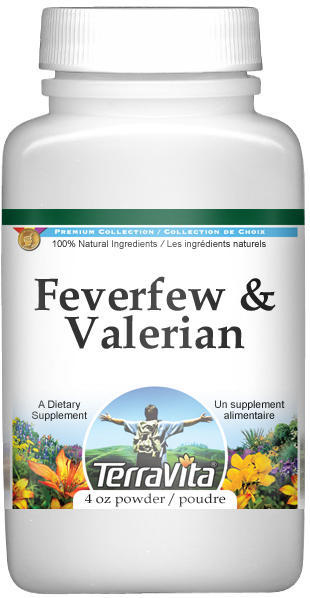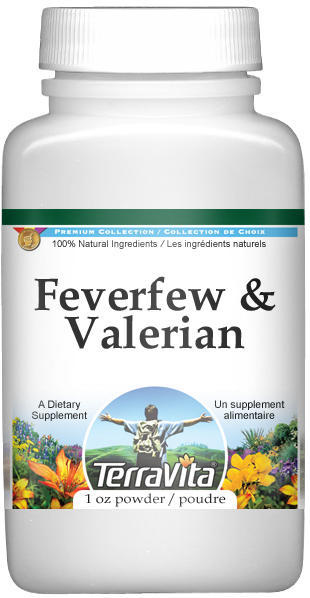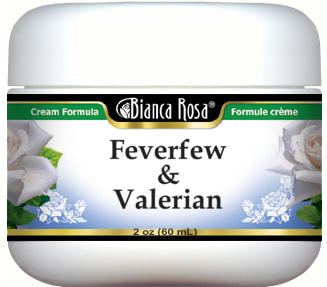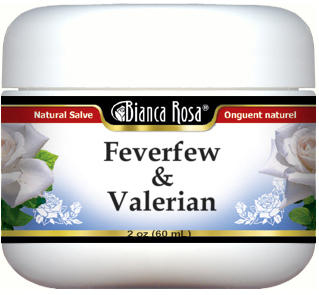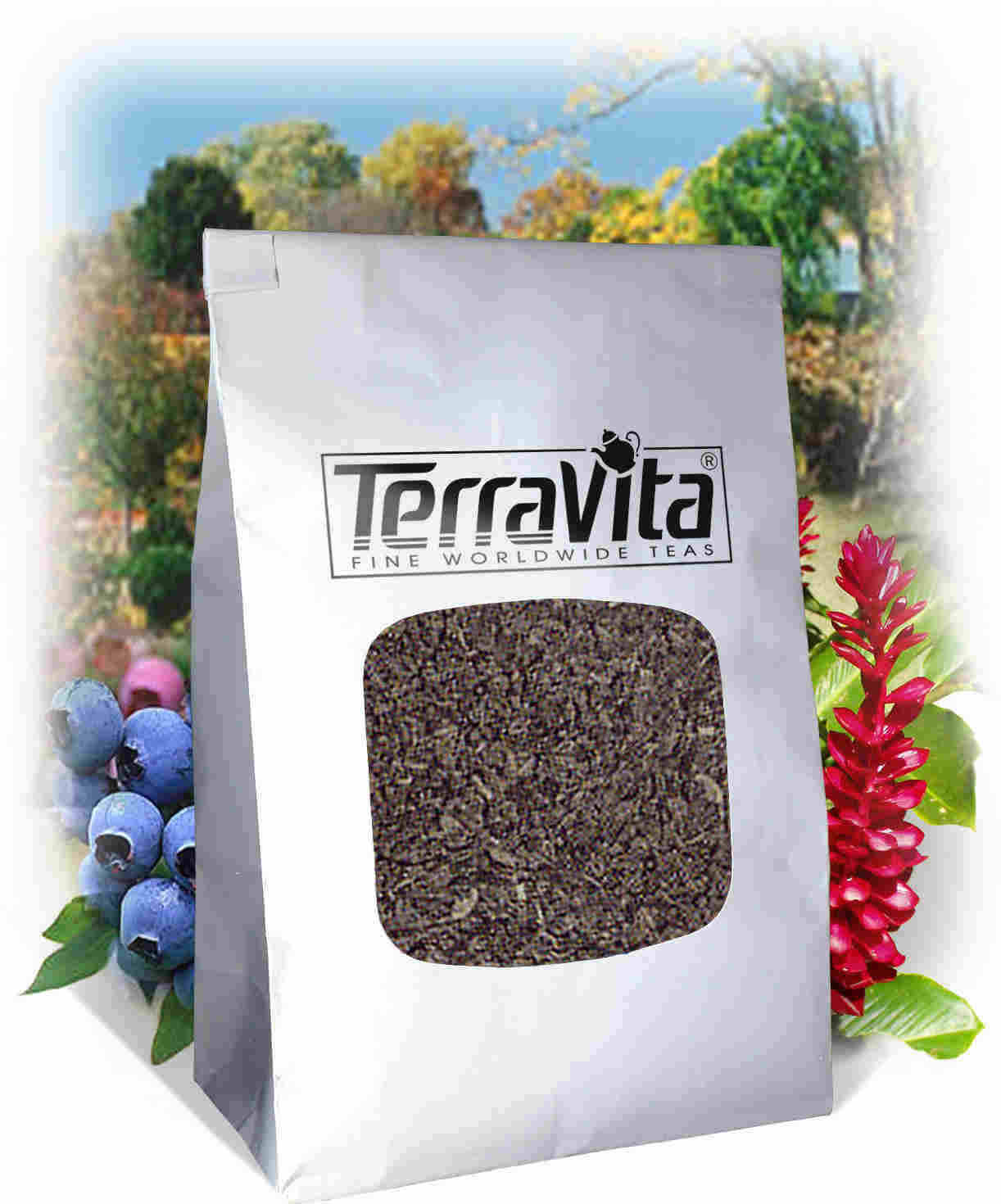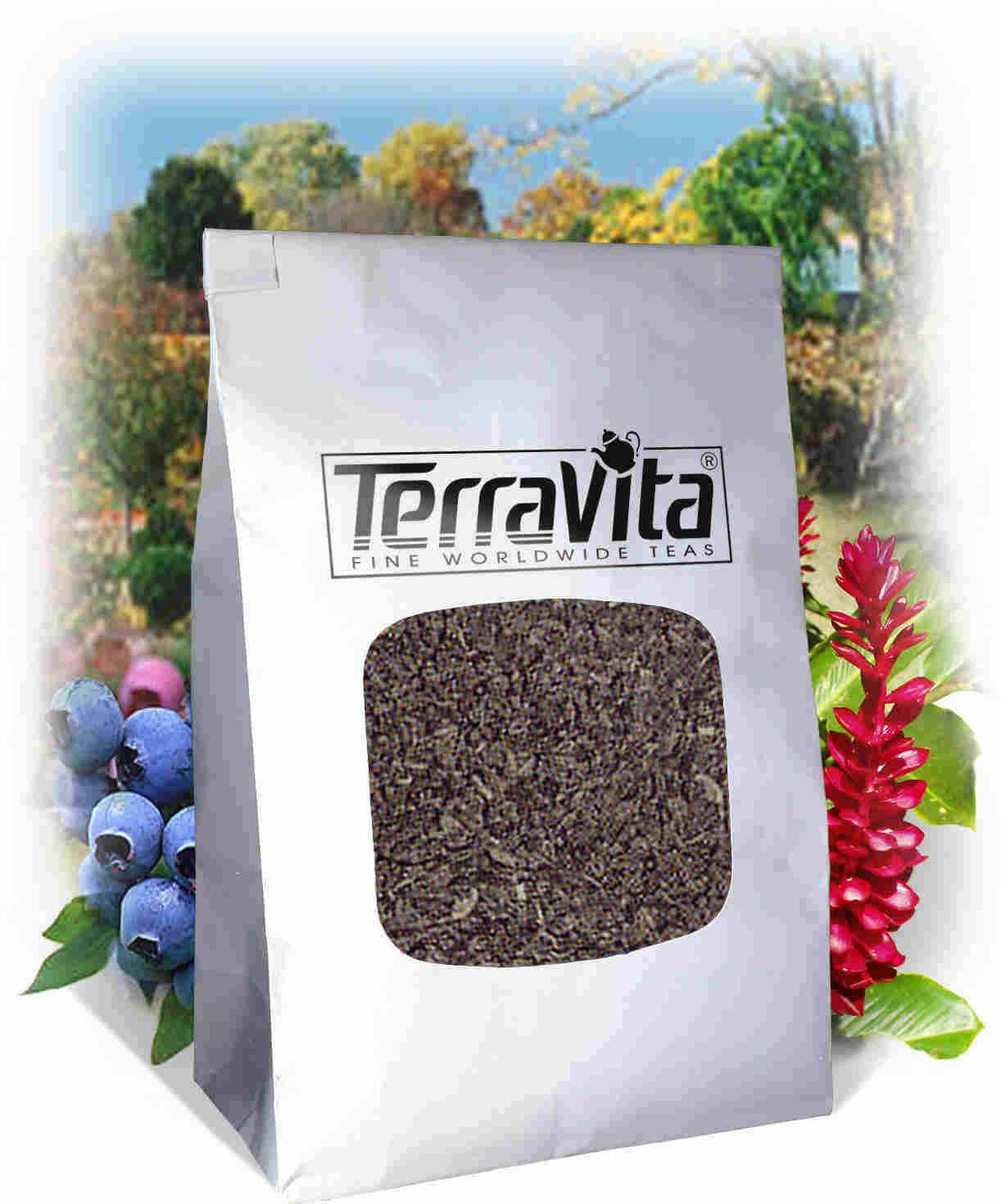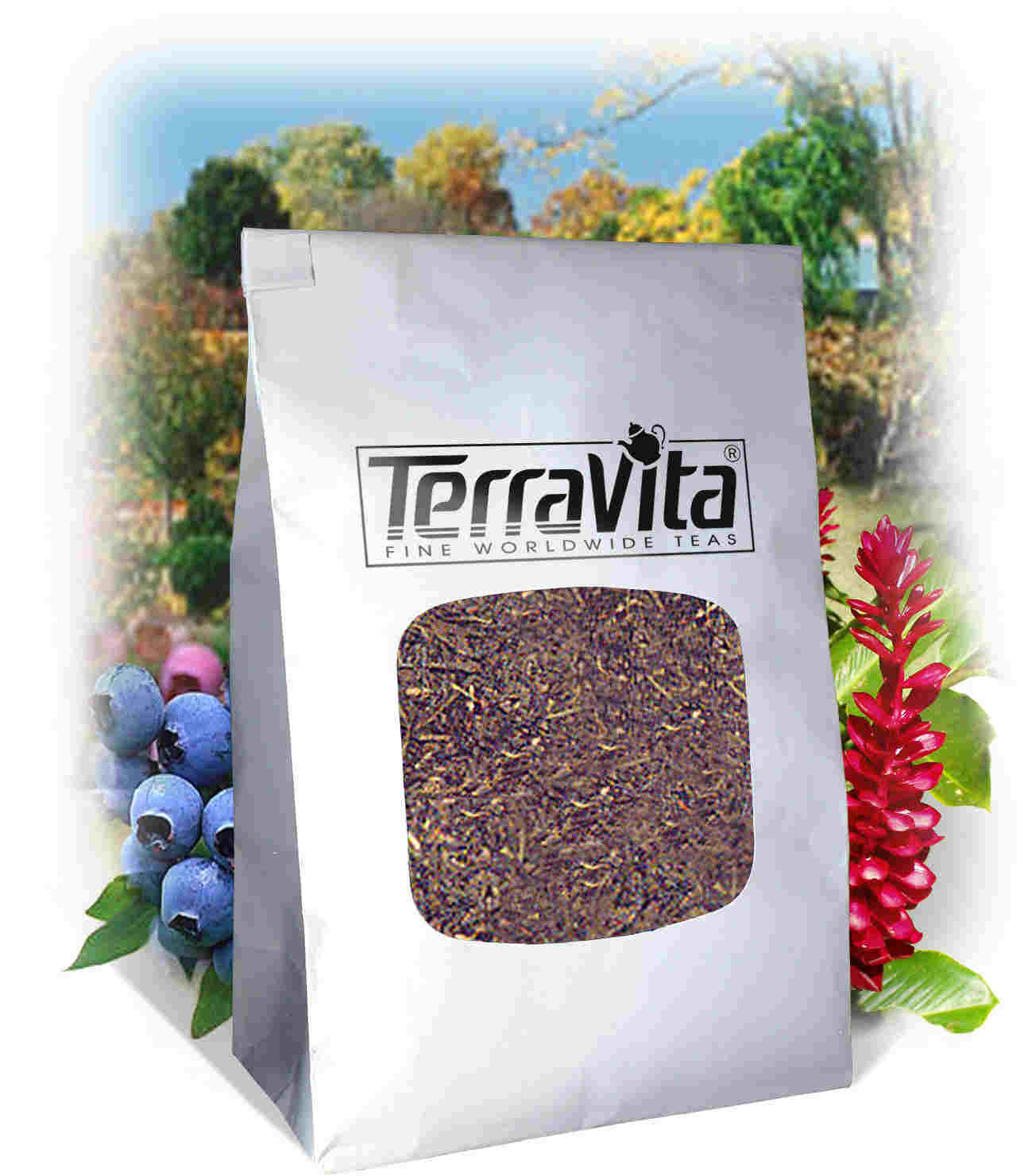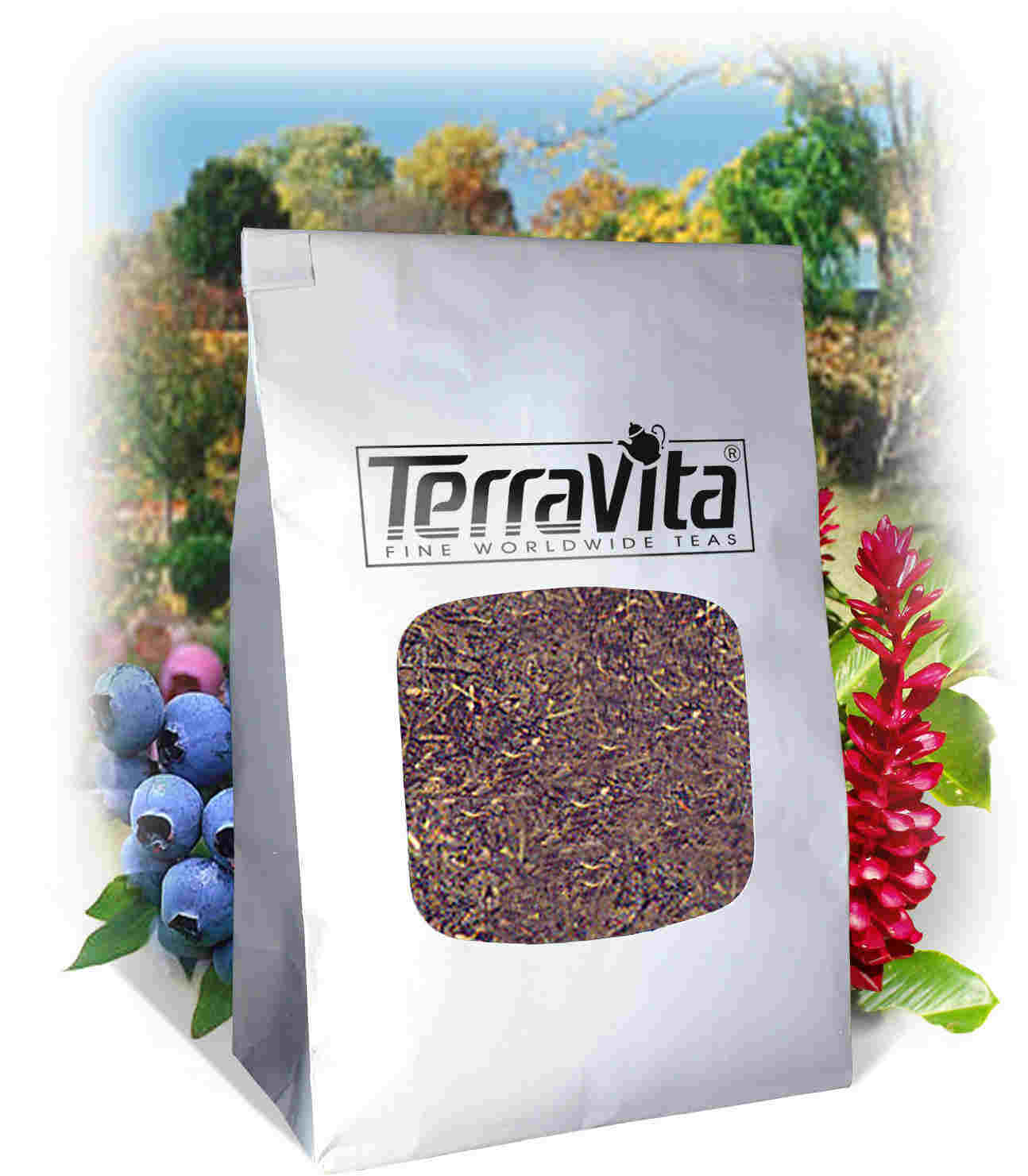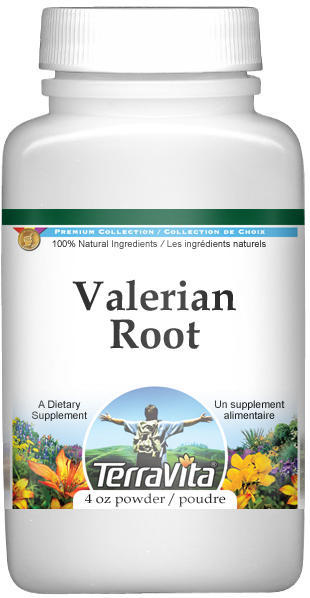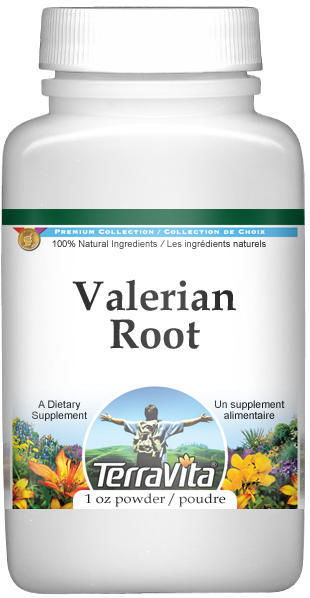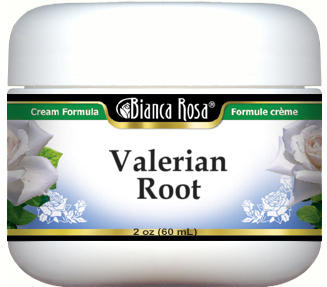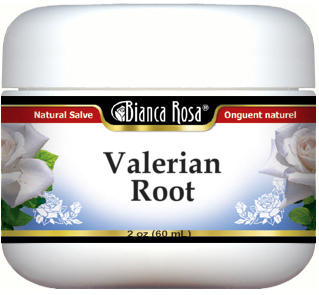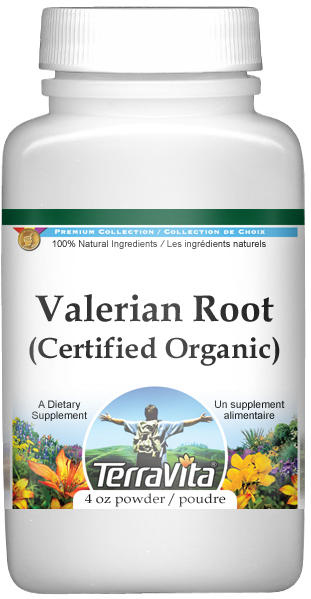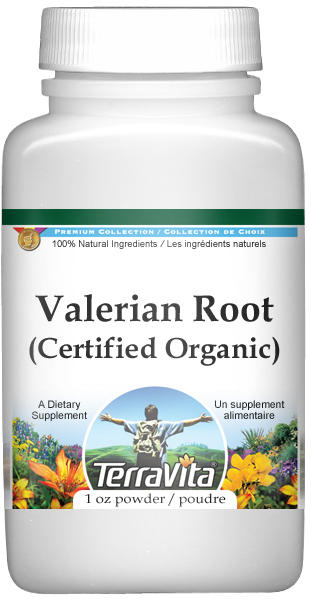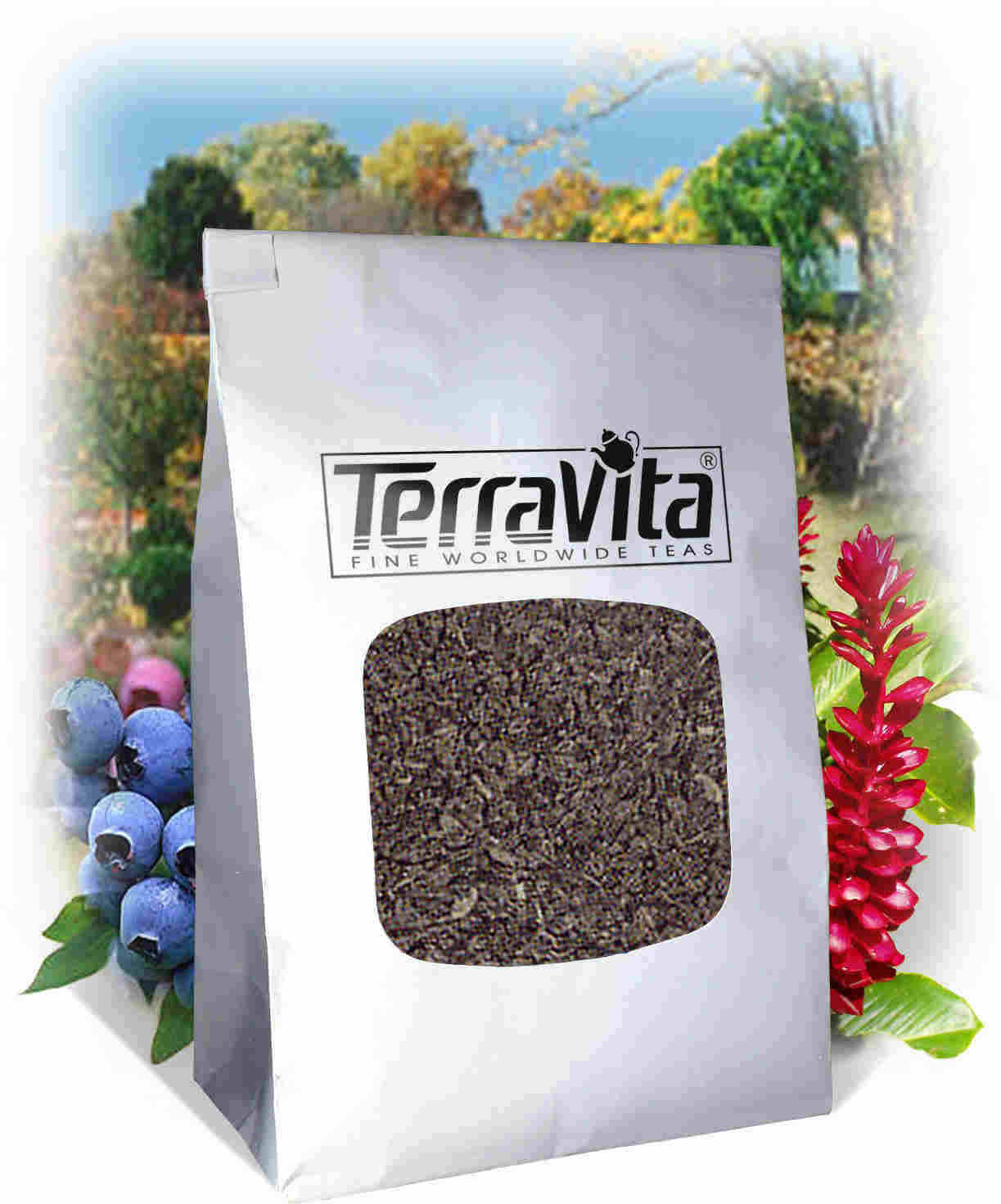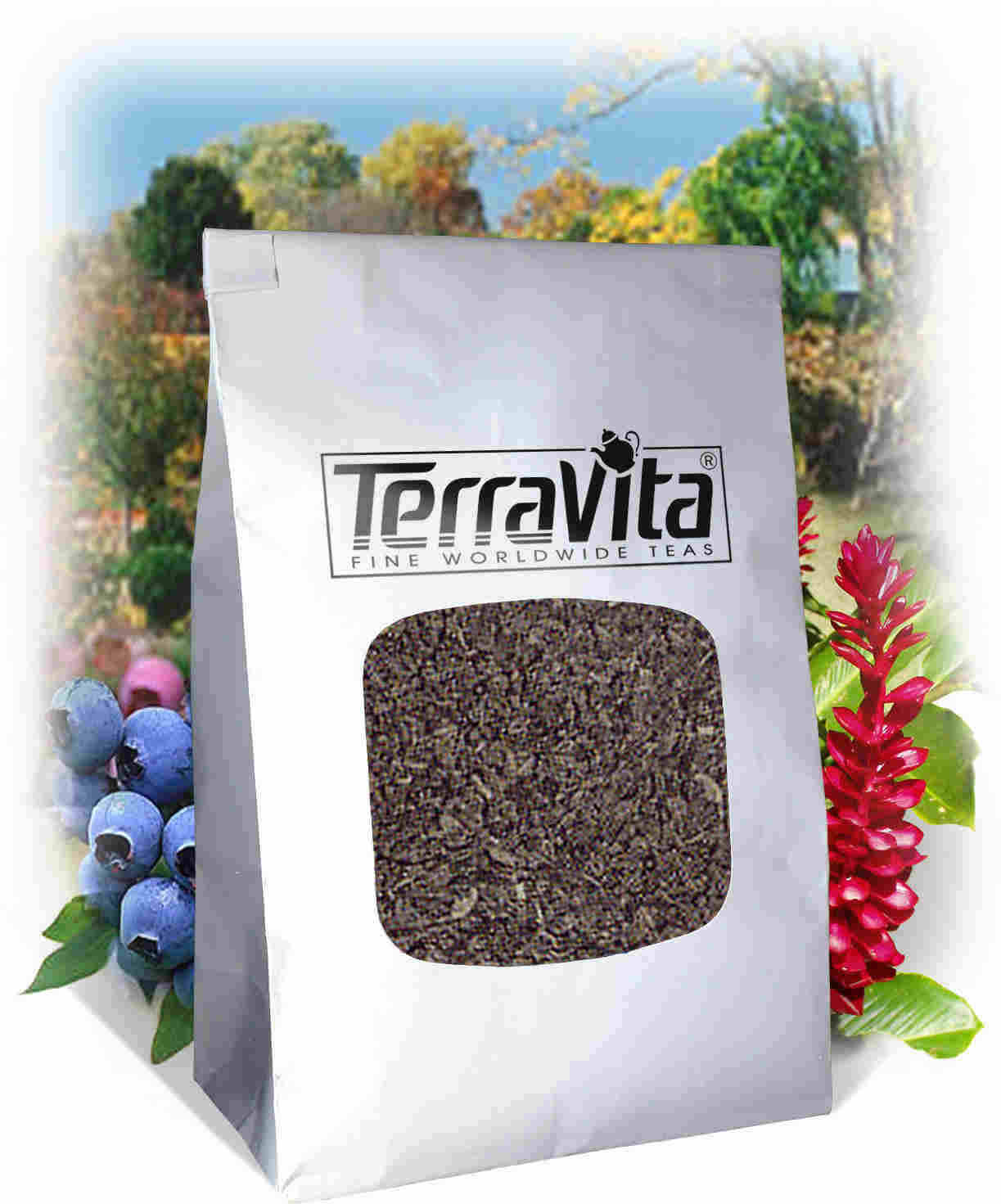Valerian, Passion Flower and Hops
| Images | Product Name | Size | ZIN | Price | Quantity | Add to Cart |
| Valerian, Passion Flower and Hops Tea (Loose) | 4 oz | 518247 | $21.06 | |||
| 8 oz | 518248 | $34.45 | ||||
| Valerian, Passion Flower and Hops Tea | 25 tea bags | 518249 | $22.95 | |||
| 50 tea bags | 518250 | $36.01 | ||||
| Valerian, Passion Flower and Hops Glycerite Liquid Extract (1:5) | 1 oz - No Flavor | 523816 | $20.94 | |||
| 1 oz - Strawberry | 523817 | $23.15 | ||||
| 1 oz - Vanilla | 523818 | $23.15 | ||||
| 1 oz - Chocolate | 523819 | $23.15 | ||||
| 1 oz - Mint | 523820 | $23.15 | ||||
| Valerian, Passion Flower and Hops - 450 mg | 100 capsules | 518244 | $24.51 | |||
| Valerian, Passion Flower and Hops Powder | 4 oz | 518245 | $22.22 | |||
| 1 oz | 518246 | $11.39 | ||||
| Valerian, Passion Flower and Hops Cream | 2 oz | 524437 | $22.45 | |||
| Valerian, Passion Flower and Hops Salve | 2 oz | 524438 | $24.62 |
TerraVita strives to make all of our products affordable and reliable and are constantly searching the market to maintain our affordability and to look for new ways to serve you and the ones you love. TerraVita has become a trusted household name for many families and can bring you and yours the very best herbal supplements, blends, teas and spices that are on the market today.
TerraVita is packed in tamper-proof, food-grade, recyclable containers.
ZooScape is proud to be the exclusive distributor of TerraVita teas, herbs and supplements in the United States, Canada and around the world. Please direct all wholesale and bulk inquiries to 1-844-449-0444.
Bianca Rosa is an exclusive line of premium-quality natural products sourced from only the finest and purest ingredients from around the world. Bianca Rosa is hallmarked by the highest possible standards of purity, stability and freshness. All Bianca Rosa products are prepared with the highest level of quality control, from the raw materials used through the entire manufacturing process, up to and including the moment that the finished product is sealed for freshness and shipped to you. Our highest possible standards backed by our personal guarantee.
Bianca Rosa makes all products as affordable as possible and we are constantly searching the market to maintain our affordability and to look for new ways to serve you. Bianca Rosa has been a trusted household name for many families throughout the world since the 1990s. Bianca Rosa is packed in tamper-proof, recyclable containers.
ZooScape is proud to be the exclusive distributor of all Bianca Rosa products, including creams, salves and oils in the United States, Canada and around the world. Please direct all wholesale and bulk inquiries to 1-844-449-0444.
These statements have not been evaluated by the Food and Drug Administration (FDA). Products are intended to support general well being and are not intended to treat, diagnose, prevent, or cure any condition or disease.
Valerian Extract
(0.8% Valerenic Acids)
| Images | Product Name | Size | ZIN | Price | Quantity | Add to Cart |
| Valerian Extract (0.8% Valerenic Acids) - 450 mg | 100 capsules | 512430 | $37.06 | |||
| Valerian Extract (0.8% Valerenic Acids) Powder | 4 oz | 512431 | $43.67 | |||
| 1 oz | 512432 | $16.87 | ||||
| Valerian Extract (0.8% Valerenic Acids) Cream | 2 oz | 514275 | $27.71 | |||
| Valerian Extract (0.8% Valerenic Acids) - Salve Ointment | 2 oz | 514276 | $32.42 |
TerraVita strives to make all of our products affordable and reliable and are constantly searching the market to maintain our affordability and to look for new ways to serve you and the ones you love. TerraVita has become a trusted household name for many families and can bring you and yours the very best herbal supplements, blends, teas and spices that are on the market today.
TerraVita is packed in tamper-proof, food-grade, recyclable containers.
ZooScape is proud to be the exclusive distributor of TerraVita teas, herbs and supplements in the United States, Canada and around the world. Please direct all wholesale and bulk inquiries to 1-844-449-0444.
Bianca Rosa is an exclusive line of premium-quality natural products sourced from only the finest and purest ingredients from around the world. Bianca Rosa is hallmarked by the highest possible standards of purity, stability and freshness. All Bianca Rosa products are prepared with the highest level of quality control, from the raw materials used through the entire manufacturing process, up to and including the moment that the finished product is sealed for freshness and shipped to you. Our highest possible standards backed by our personal guarantee.
Bianca Rosa makes all products as affordable as possible and we are constantly searching the market to maintain our affordability and to look for new ways to serve you. Bianca Rosa has been a trusted household name for many families throughout the world since the 1990s. Bianca Rosa is packed in tamper-proof, recyclable containers.
ZooScape is proud to be the exclusive distributor of all Bianca Rosa products, including creams, salves and oils in the United States, Canada and around the world. Please direct all wholesale and bulk inquiries to 1-844-449-0444.
These statements have not been evaluated by the Food and Drug Administration (FDA). Products are intended to support general well being and are not intended to treat, diagnose, prevent, or cure any condition or disease.
Valerian Root 4:1 Extract
| Images | Product Name | Size | ZIN | Price | Quantity | Add to Cart |
| Extra Strength Valerian Root 4:1 Extract - 450 mg | 100 capsules | 511263 | $24.67 | |||
| Extra Strength Valerian Root 4:1 Extract Powder | 4 oz | 511264 | $22.51 | |||
| 1 oz | 511265 | $11.48 | ||||
| Extra Strength Valerian Root 4:1 Extract Cream | 2 oz | 514278 | $28.84 | |||
| Extra Strength Valerian Root 4:1 Extract - Salve Ointment | 2 oz | 514279 | $35.77 |
TerraVita strives to make all of our products affordable and reliable and are constantly searching the market to maintain our affordability and to look for new ways to serve you and the ones you love. TerraVita has become a trusted household name for many families and can bring you and yours the very best herbal supplements, blends, teas and spices that are on the market today.
TerraVita is packed in tamper-proof, food-grade, recyclable containers.
ZooScape is proud to be the exclusive distributor of TerraVita teas, herbs and supplements in the United States, Canada and around the world. Please direct all wholesale and bulk inquiries to 1-844-449-0444.
Bianca Rosa is an exclusive line of premium-quality natural products sourced from only the finest and purest ingredients from around the world. Bianca Rosa is hallmarked by the highest possible standards of purity, stability and freshness. All Bianca Rosa products are prepared with the highest level of quality control, from the raw materials used through the entire manufacturing process, up to and including the moment that the finished product is sealed for freshness and shipped to you. Our highest possible standards backed by our personal guarantee.
Bianca Rosa makes all products as affordable as possible and we are constantly searching the market to maintain our affordability and to look for new ways to serve you. Bianca Rosa has been a trusted household name for many families throughout the world since the 1990s. Bianca Rosa is packed in tamper-proof, recyclable containers.
ZooScape is proud to be the exclusive distributor of all Bianca Rosa products, including creams, salves and oils in the United States, Canada and around the world. Please direct all wholesale and bulk inquiries to 1-844-449-0444.
These statements have not been evaluated by the Food and Drug Administration (FDA). Products are intended to support general well being and are not intended to treat, diagnose, prevent, or cure any condition or disease.
Passion Flower, Valerian and Lemon Balm Formula
| Images | Product Name | Size | ZIN | Price | Quantity | Add to Cart |
| Passion Flower, Valerian and Lemon Balm Formula - 450 mg | 100 capsules | 512080 | $24.28 | |||
| Passion Flower, Valerian and Lemon Balm Formula Powder | 4 oz | 512081 | $21.82 | |||
| 1 oz | 512082 | $11.30 | ||||
| Passion Flower, Valerian and Lemon Balm Formula Tea (Loose) | 4 oz | 512083 | $19.41 | |||
| 8 oz | 512084 | $31.40 | ||||
| Passion Flower, Valerian and Lemon Balm Formula Tea | 25 tea bags | 512085 | $21.91 | |||
| 50 tea bags | 512086 | $34.13 | ||||
| Passion Flower, Valerian and Lemon Balm Formula Glycerite Liquid Extract (1:5) | 1 oz - No Flavor | 522612 | $20.94 | |||
| 1 oz - Strawberry | 522613 | $23.15 | ||||
| 1 oz - Vanilla | 522614 | $23.15 | ||||
| 1 oz - Chocolate | 522615 | $23.15 | ||||
| 1 oz - Mint | 522616 | $23.15 |
TerraVita strives to make all of our products affordable and reliable and are constantly searching the market to maintain our affordability and to look for new ways to serve you and the ones you love. TerraVita has become a trusted household name for many families and can bring you and yours the very best herbal supplements, blends, teas and spices that are on the market today.
TerraVita is packed in tamper-proof, food-grade, recyclable containers.
ZooScape is proud to be the exclusive distributor of TerraVita teas, herbs and supplements in the United States, Canada and around the world. Please direct all wholesale and bulk inquiries to 1-844-449-0444.
These statements have not been evaluated by the Food and Drug Administration (FDA). Products are intended to support general well being and are not intended to treat, diagnose, prevent, or cure any condition or disease.
Valerian and Hibiscus
| Images | Product Name | Size | ZIN | Price | Quantity | Add to Cart |
| Valerian and Hibiscus Combination - 450 mg | 100 capsules | 513502 | $23.21 | |||
| Valerian and Hibiscus Combination Powder | 4 oz | 513503 | $19.98 | |||
| 1 oz | 513504 | $10.77 | ||||
| Valerian and Hibiscus Combination Tea (Loose) | 4 oz | 513505 | $17.82 | |||
| 8 oz | 513506 | $26.91 | ||||
| Valerian and Hibiscus Combination Tea | 25 tea bags | 513507 | $17.51 | |||
| 50 tea bags | 513508 | $26.61 | ||||
| Valerian and Hibiscus Combination Cream | 2 oz | 513509 | $21.53 | |||
| Valerian and Hibiscus Combination - Salve Ointment | 2 oz | 513510 | $24.16 | |||
| Valerian & Hibiscus Glycerite Liquid Extract (1:5) | 1 oz - No Flavor | 523146 | $20.94 | |||
| 1 oz - Strawberry | 523147 | $23.15 | ||||
| 1 oz - Vanilla | 523148 | $23.15 | ||||
| 1 oz - Chocolate | 523149 | $23.15 | ||||
| 1 oz - Mint | 523150 | $23.15 |
TerraVita strives to make all of our products affordable and reliable and are constantly searching the market to maintain our affordability and to look for new ways to serve you and the ones you love. TerraVita has become a trusted household name for many families and can bring you and yours the very best herbal supplements, blends, teas and spices that are on the market today.
TerraVita is packed in tamper-proof, food-grade, recyclable containers.
ZooScape is proud to be the exclusive distributor of TerraVita teas, herbs and supplements in the United States, Canada and around the world. Please direct all wholesale and bulk inquiries to 1-844-449-0444.
Bianca Rosa is an exclusive line of premium-quality natural products sourced from only the finest and purest ingredients from around the world. Bianca Rosa is hallmarked by the highest possible standards of purity, stability and freshness. All Bianca Rosa products are prepared with the highest level of quality control, from the raw materials used through the entire manufacturing process, up to and including the moment that the finished product is sealed for freshness and shipped to you. Our highest possible standards backed by our personal guarantee.
Bianca Rosa makes all products as affordable as possible and we are constantly searching the market to maintain our affordability and to look for new ways to serve you. Bianca Rosa has been a trusted household name for many families throughout the world since the 1990s. Bianca Rosa is packed in tamper-proof, recyclable containers.
ZooScape is proud to be the exclusive distributor of all Bianca Rosa products, including creams, salves and oils in the United States, Canada and around the world. Please direct all wholesale and bulk inquiries to 1-844-449-0444.
These statements have not been evaluated by the Food and Drug Administration (FDA). Products are intended to support general well being and are not intended to treat, diagnose, prevent, or cure any condition or disease.
Valerian and Hops
| Images | Product Name | Size | ZIN | Price | Quantity | Add to Cart |
| Valerian and Hops Combination - 450 mg | 100 capsules | 513920 | $22.94 | |||
| Valerian and Hops Combination Powder | 4 oz | 513921 | $20.39 | |||
| 1 oz | 513922 | $10.35 | ||||
| Valerian & Hops Cream | 2 oz | 524449 | $22.45 | |||
| Valerian & Hops Salve | 2 oz | 524450 | $24.62 | |||
| Valerian and Hops Combination Tea (Loose) | 4 oz | 513923 | $19.98 | |||
| 8 oz | 513924 | $32.65 | ||||
| Valerian and Hops Combination Tea | 25 tea bags | 513925 | $21.73 | |||
| 50 tea bags | 513926 | $33.94 | ||||
| Valerian & Hops Glycerite Liquid Extract (1:5) | 1 oz - No Flavor | 523151 | $20.94 | |||
| 1 oz - Strawberry | 523152 | $23.15 | ||||
| 1 oz - Vanilla | 523153 | $23.15 | ||||
| 1 oz - Chocolate | 523154 | $23.15 | ||||
| 1 oz - Mint | 523155 | $23.15 |
TerraVita strives to make all of our products affordable and reliable and are constantly searching the market to maintain our affordability and to look for new ways to serve you and the ones you love. TerraVita has become a trusted household name for many families and can bring you and yours the very best herbal supplements, blends, teas and spices that are on the market today.
TerraVita is packed in tamper-proof, food-grade, recyclable containers.
ZooScape is proud to be the exclusive distributor of TerraVita teas, herbs and supplements in the United States, Canada and around the world. Please direct all wholesale and bulk inquiries to 1-844-449-0444.
Bianca Rosa is an exclusive line of premium-quality natural products sourced from only the finest and purest ingredients from around the world. Bianca Rosa is hallmarked by the highest possible standards of purity, stability and freshness. All Bianca Rosa products are prepared with the highest level of quality control, from the raw materials used through the entire manufacturing process, up to and including the moment that the finished product is sealed for freshness and shipped to you. Our highest possible standards backed by our personal guarantee.
Bianca Rosa makes all products as affordable as possible and we are constantly searching the market to maintain our affordability and to look for new ways to serve you. Bianca Rosa has been a trusted household name for many families throughout the world since the 1990s. Bianca Rosa is packed in tamper-proof, recyclable containers.
ZooScape is proud to be the exclusive distributor of all Bianca Rosa products, including creams, salves and oils in the United States, Canada and around the world. Please direct all wholesale and bulk inquiries to 1-844-449-0444.
These statements have not been evaluated by the Food and Drug Administration (FDA). Products are intended to support general well being and are not intended to treat, diagnose, prevent, or cure any condition or disease.
Valerian and Passion
| Images | Product Name | Size | ZIN | Price | Quantity | Add to Cart |
| Valerian and Passion Flower Combination - 450 mg | 100 capsules | 513631 | $23.85 | |||
| Valerian and Passion Flower Combination Powder | 4 oz | 513632 | $21.09 | |||
| 1 oz | 513633 | $11.08 | ||||
| Valerian & Passion Cream | 2 oz | 524451 | $22.45 | |||
| Valerian & Passion Salve | 2 oz | 524452 | $24.62 | |||
| Valerian and Passion Flower Combination Tea (Loose) | 4 oz | 513634 | $19.88 | |||
| 8 oz | 513635 | $30.82 | ||||
| Valerian and Passion Flower Combination Tea | 25 tea bags | 513636 | $18.55 | |||
| 50 tea bags | 513637 | $28.64 | ||||
| Valerian & Passion Glycerite Liquid Extract (1:5) | 1 oz - No Flavor | 523156 | $20.94 | |||
| 1 oz - Strawberry | 523157 | $23.15 | ||||
| 1 oz - Vanilla | 523158 | $23.15 | ||||
| 1 oz - Chocolate | 523159 | $23.15 | ||||
| 1 oz - Mint | 523160 | $23.15 |
TerraVita strives to make all of our products affordable and reliable and are constantly searching the market to maintain our affordability and to look for new ways to serve you and the ones you love. TerraVita has become a trusted household name for many families and can bring you and yours the very best herbal supplements, blends, teas and spices that are on the market today.
TerraVita is packed in tamper-proof, food-grade, recyclable containers.
ZooScape is proud to be the exclusive distributor of TerraVita teas, herbs and supplements in the United States, Canada and around the world. Please direct all wholesale and bulk inquiries to 1-844-449-0444.
Bianca Rosa is an exclusive line of premium-quality natural products sourced from only the finest and purest ingredients from around the world. Bianca Rosa is hallmarked by the highest possible standards of purity, stability and freshness. All Bianca Rosa products are prepared with the highest level of quality control, from the raw materials used through the entire manufacturing process, up to and including the moment that the finished product is sealed for freshness and shipped to you. Our highest possible standards backed by our personal guarantee.
Bianca Rosa makes all products as affordable as possible and we are constantly searching the market to maintain our affordability and to look for new ways to serve you. Bianca Rosa has been a trusted household name for many families throughout the world since the 1990s. Bianca Rosa is packed in tamper-proof, recyclable containers.
ZooScape is proud to be the exclusive distributor of all Bianca Rosa products, including creams, salves and oils in the United States, Canada and around the world. Please direct all wholesale and bulk inquiries to 1-844-449-0444.
These statements have not been evaluated by the Food and Drug Administration (FDA). Products are intended to support general well being and are not intended to treat, diagnose, prevent, or cure any condition or disease.
Valerian Extract
(0.8% Valerenic Acids) and Passion Flower
(
| Images | Product Name | Size | ZIN | Price | Quantity | Add to Cart |
| Valerian Extract (0.8% Valerenic Acids) and Passion Flower Powder | 4 oz | 511273 | $109.86 | |||
| 1 oz | 511274 | $35.43 | ||||
| Valerian Extract (0.8% Valerenic Acids) and Passion Flower - 450 mg | 100 capsules | 511272 | $77.18 |
TerraVita strives to make all of our products affordable and reliable and are constantly searching the market to maintain our affordability and to look for new ways to serve you and the ones you love. TerraVita has become a trusted household name for many families and can bring you and yours the very best herbal supplements, blends, teas and spices that are on the market today.
TerraVita is packed in tamper-proof, food-grade, recyclable containers.
ZooScape is proud to be the exclusive distributor of TerraVita teas, herbs and supplements in the United States, Canada and around the world. Please direct all wholesale and bulk inquiries to 1-844-449-0444.
These statements have not been evaluated by the Food and Drug Administration (FDA). Products are intended to support general well being and are not intended to treat, diagnose, prevent, or cure any condition or disease.
Valerian and Peppermint
| Images | Product Name | Size | ZIN | Price | Quantity | Add to Cart |
| Valerian and Peppermint Combination Tea (Loose) | 4 oz | 513455 | $19.00 | |||
| 8 oz | 513456 | $30.64 | ||||
| Valerian and Peppermint Combination Tea | 25 tea bags | 513457 | $21.63 | |||
| 50 tea bags | 513458 | $33.66 | ||||
| Valerian and Peppermint Combination Cream | 2 oz | 513459 | $28.77 | |||
| Valerian and Peppermint Combination - Salve Ointment | 2 oz | 513460 | $35.72 | |||
| Valerian & Peppermint Glycerite Liquid Extract (1:5) | 1 oz - No Flavor | 523161 | $20.94 | |||
| 1 oz - Strawberry | 523162 | $23.15 | ||||
| 1 oz - Vanilla | 523163 | $23.15 | ||||
| 1 oz - Chocolate | 523164 | $23.15 | ||||
| 1 oz - Mint | 523165 | $23.15 | ||||
| Valerian and Peppermint Combination - 450 mg | 100 capsules | 513452 | $21.81 | |||
| Valerian and Peppermint Combination Powder | 4 oz | 513453 | $23.38 | |||
| 1 oz | 513454 | $13.41 |
TerraVita strives to make all of our products affordable and reliable and are constantly searching the market to maintain our affordability and to look for new ways to serve you and the ones you love. TerraVita has become a trusted household name for many families and can bring you and yours the very best herbal supplements, blends, teas and spices that are on the market today.
TerraVita is packed in tamper-proof, food-grade, recyclable containers.
ZooScape is proud to be the exclusive distributor of TerraVita teas, herbs and supplements in the United States, Canada and around the world. Please direct all wholesale and bulk inquiries to 1-844-449-0444.
Bianca Rosa is an exclusive line of premium-quality natural products sourced from only the finest and purest ingredients from around the world. Bianca Rosa is hallmarked by the highest possible standards of purity, stability and freshness. All Bianca Rosa products are prepared with the highest level of quality control, from the raw materials used through the entire manufacturing process, up to and including the moment that the finished product is sealed for freshness and shipped to you. Our highest possible standards backed by our personal guarantee.
Bianca Rosa makes all products as affordable as possible and we are constantly searching the market to maintain our affordability and to look for new ways to serve you. Bianca Rosa has been a trusted household name for many families throughout the world since the 1990s. Bianca Rosa is packed in tamper-proof, recyclable containers.
ZooScape is proud to be the exclusive distributor of all Bianca Rosa products, including creams, salves and oils in the United States, Canada and around the world. Please direct all wholesale and bulk inquiries to 1-844-449-0444.
These statements have not been evaluated by the Food and Drug Administration (FDA). Products are intended to support general well being and are not intended to treat, diagnose, prevent, or cure any condition or disease.
Valerian and Spearmint
| Images | Product Name | Size | ZIN | Price | Quantity | Add to Cart |
| Valerian and Spearmint Combination Tea (Loose) | 4 oz | 513465 | $18.20 | |||
| 8 oz | 513466 | $29.13 | ||||
| Valerian and Spearmint Combination Tea | 25 tea bags | 513467 | $21.12 | |||
| 50 tea bags | 513468 | $32.73 | ||||
| Valerian and Spearmint Combination Cream | 2 oz | 513469 | $28.74 | |||
| Valerian and Spearmint Combination - Salve Ointment | 2 oz | 513470 | $35.70 | |||
| Valerian & Spearmint Glycerite Liquid Extract (1:5) | 1 oz - No Flavor | 523166 | $20.94 | |||
| 1 oz - Strawberry | 523167 | $23.15 | ||||
| 1 oz - Vanilla | 523168 | $23.15 | ||||
| 1 oz - Chocolate | 523169 | $23.15 | ||||
| 1 oz - Mint | 523170 | $23.15 | ||||
| Valerian and Spearmint Combination - 450 mg | 100 capsules | 513462 | $21.81 | |||
| Valerian and Spearmint Combination Powder | 4 oz | 513463 | $23.38 | |||
| 1 oz | 513464 | $13.41 |
TerraVita strives to make all of our products affordable and reliable and are constantly searching the market to maintain our affordability and to look for new ways to serve you and the ones you love. TerraVita has become a trusted household name for many families and can bring you and yours the very best herbal supplements, blends, teas and spices that are on the market today.
TerraVita is packed in tamper-proof, food-grade, recyclable containers.
ZooScape is proud to be the exclusive distributor of TerraVita teas, herbs and supplements in the United States, Canada and around the world. Please direct all wholesale and bulk inquiries to 1-844-449-0444.
Bianca Rosa is an exclusive line of premium-quality natural products sourced from only the finest and purest ingredients from around the world. Bianca Rosa is hallmarked by the highest possible standards of purity, stability and freshness. All Bianca Rosa products are prepared with the highest level of quality control, from the raw materials used through the entire manufacturing process, up to and including the moment that the finished product is sealed for freshness and shipped to you. Our highest possible standards backed by our personal guarantee.
Bianca Rosa makes all products as affordable as possible and we are constantly searching the market to maintain our affordability and to look for new ways to serve you. Bianca Rosa has been a trusted household name for many families throughout the world since the 1990s. Bianca Rosa is packed in tamper-proof, recyclable containers.
ZooScape is proud to be the exclusive distributor of all Bianca Rosa products, including creams, salves and oils in the United States, Canada and around the world. Please direct all wholesale and bulk inquiries to 1-844-449-0444.
These statements have not been evaluated by the Food and Drug Administration (FDA). Products are intended to support general well being and are not intended to treat, diagnose, prevent, or cure any condition or disease.
Valerian and Chamomile
| Images | Product Name | Size | ZIN | Price | Quantity | Add to Cart |
| Valerian and Chamomile Combination Tea (Loose) | 4 oz | 513475 | $20.11 | |||
| 8 oz | 513476 | $32.68 | ||||
| Valerian and Chamomile Combination Tea | 25 tea bags | 513477 | $22.33 | |||
| 50 tea bags | 513478 | $34.92 | ||||
| Valerian and Chamomile Combination Cream | 2 oz | 513479 | $28.81 | |||
| Valerian and Chamomile Combination - Salve Ointment | 2 oz | 513480 | $35.75 | |||
| Valerian & Chamomile Glycerite Liquid Extract (1:5) | 1 oz - No Flavor | 523131 | $20.94 | |||
| 1 oz - Strawberry | 523132 | $23.15 | ||||
| 1 oz - Vanilla | 523133 | $23.15 | ||||
| 1 oz - Chocolate | 523134 | $23.15 | ||||
| 1 oz - Mint | 523135 | $23.15 | ||||
| Valerian and Chamomile Combination - 450 mg | 100 capsules | 513472 | $21.64 | |||
| Valerian and Chamomile Combination Powder | 4 oz | 513473 | $22.94 | |||
| 1 oz | 513474 | $13.29 |
TerraVita strives to make all of our products affordable and reliable and are constantly searching the market to maintain our affordability and to look for new ways to serve you and the ones you love. TerraVita has become a trusted household name for many families and can bring you and yours the very best herbal supplements, blends, teas and spices that are on the market today.
TerraVita is packed in tamper-proof, food-grade, recyclable containers.
ZooScape is proud to be the exclusive distributor of TerraVita teas, herbs and supplements in the United States, Canada and around the world. Please direct all wholesale and bulk inquiries to 1-844-449-0444.
Bianca Rosa is an exclusive line of premium-quality natural products sourced from only the finest and purest ingredients from around the world. Bianca Rosa is hallmarked by the highest possible standards of purity, stability and freshness. All Bianca Rosa products are prepared with the highest level of quality control, from the raw materials used through the entire manufacturing process, up to and including the moment that the finished product is sealed for freshness and shipped to you. Our highest possible standards backed by our personal guarantee.
Bianca Rosa makes all products as affordable as possible and we are constantly searching the market to maintain our affordability and to look for new ways to serve you. Bianca Rosa has been a trusted household name for many families throughout the world since the 1990s. Bianca Rosa is packed in tamper-proof, recyclable containers.
ZooScape is proud to be the exclusive distributor of all Bianca Rosa products, including creams, salves and oils in the United States, Canada and around the world. Please direct all wholesale and bulk inquiries to 1-844-449-0444.
These statements have not been evaluated by the Food and Drug Administration (FDA). Products are intended to support general well being and are not intended to treat, diagnose, prevent, or cure any condition or disease.
Valerian and Fennel
| Images | Product Name | Size | ZIN | Price | Quantity | Add to Cart |
| Valerian and Fennel Combination - 450 mg | 100 capsules | 513482 | $21.22 | |||
| Valerian and Fennel Combination Powder | 4 oz | 513483 | $21.71 | |||
| 1 oz | 513484 | $12.95 | ||||
| Valerian and Fennel Combination Tea (Loose) | 4 oz | 513485 | $15.74 | |||
| 8 oz | 513486 | $22.99 | ||||
| Valerian and Fennel Combination Tea | 25 tea bags | 513487 | $16.45 | |||
| 50 tea bags | 513488 | $24.60 | ||||
| Valerian and Fennel Combination Cream | 2 oz | 513489 | $20.58 | |||
| Valerian and Fennel Combination - Salve Ointment | 2 oz | 513490 | $23.62 | |||
| Valerian & Fennel Glycerite Liquid Extract (1:5) | 1 oz - No Flavor | 523136 | $20.94 | |||
| 1 oz - Strawberry | 523137 | $23.15 | ||||
| 1 oz - Vanilla | 523138 | $23.15 | ||||
| 1 oz - Chocolate | 523139 | $23.15 | ||||
| 1 oz - Mint | 523140 | $23.15 |
TerraVita strives to make all of our products affordable and reliable and are constantly searching the market to maintain our affordability and to look for new ways to serve you and the ones you love. TerraVita has become a trusted household name for many families and can bring you and yours the very best herbal supplements, blends, teas and spices that are on the market today.
TerraVita is packed in tamper-proof, food-grade, recyclable containers.
ZooScape is proud to be the exclusive distributor of TerraVita teas, herbs and supplements in the United States, Canada and around the world. Please direct all wholesale and bulk inquiries to 1-844-449-0444.
Bianca Rosa is an exclusive line of premium-quality natural products sourced from only the finest and purest ingredients from around the world. Bianca Rosa is hallmarked by the highest possible standards of purity, stability and freshness. All Bianca Rosa products are prepared with the highest level of quality control, from the raw materials used through the entire manufacturing process, up to and including the moment that the finished product is sealed for freshness and shipped to you. Our highest possible standards backed by our personal guarantee.
Bianca Rosa makes all products as affordable as possible and we are constantly searching the market to maintain our affordability and to look for new ways to serve you. Bianca Rosa has been a trusted household name for many families throughout the world since the 1990s. Bianca Rosa is packed in tamper-proof, recyclable containers.
ZooScape is proud to be the exclusive distributor of all Bianca Rosa products, including creams, salves and oils in the United States, Canada and around the world. Please direct all wholesale and bulk inquiries to 1-844-449-0444.
These statements have not been evaluated by the Food and Drug Administration (FDA). Products are intended to support general well being and are not intended to treat, diagnose, prevent, or cure any condition or disease.
Valerian and Ginger
| Images | Product Name | Size | ZIN | Price | Quantity | Add to Cart |
| Valerian and Ginger Combination - 450 mg | 100 capsules | 513492 | $21.37 | |||
| Valerian and Ginger Combination Powder | 4 oz | 513493 | $22.12 | |||
| 1 oz | 513494 | $13.06 | ||||
| Valerian and Ginger Combination Tea (Loose) | 4 oz | 513495 | $16.92 | |||
| 8 oz | 513496 | $25.22 | ||||
| Valerian and Ginger Combination Tea | 25 tea bags | 513497 | $17.05 | |||
| 50 tea bags | 513498 | $25.76 | ||||
| Valerian and Ginger Combination Cream | 2 oz | 513499 | $21.12 | |||
| Valerian and Ginger Combination - Salve Ointment | 2 oz | 513500 | $23.93 | |||
| Valerian & Ginger Glycerite Liquid Extract (1:5) | 1 oz - No Flavor | 523141 | $20.94 | |||
| 1 oz - Strawberry | 523142 | $23.15 | ||||
| 1 oz - Vanilla | 523143 | $23.15 | ||||
| 1 oz - Chocolate | 523144 | $23.15 | ||||
| 1 oz - Mint | 523145 | $23.15 |
TerraVita strives to make all of our products affordable and reliable and are constantly searching the market to maintain our affordability and to look for new ways to serve you and the ones you love. TerraVita has become a trusted household name for many families and can bring you and yours the very best herbal supplements, blends, teas and spices that are on the market today.
TerraVita is packed in tamper-proof, food-grade, recyclable containers.
ZooScape is proud to be the exclusive distributor of TerraVita teas, herbs and supplements in the United States, Canada and around the world. Please direct all wholesale and bulk inquiries to 1-844-449-0444.
Bianca Rosa is an exclusive line of premium-quality natural products sourced from only the finest and purest ingredients from around the world. Bianca Rosa is hallmarked by the highest possible standards of purity, stability and freshness. All Bianca Rosa products are prepared with the highest level of quality control, from the raw materials used through the entire manufacturing process, up to and including the moment that the finished product is sealed for freshness and shipped to you. Our highest possible standards backed by our personal guarantee.
Bianca Rosa makes all products as affordable as possible and we are constantly searching the market to maintain our affordability and to look for new ways to serve you. Bianca Rosa has been a trusted household name for many families throughout the world since the 1990s. Bianca Rosa is packed in tamper-proof, recyclable containers.
ZooScape is proud to be the exclusive distributor of all Bianca Rosa products, including creams, salves and oils in the United States, Canada and around the world. Please direct all wholesale and bulk inquiries to 1-844-449-0444.
These statements have not been evaluated by the Food and Drug Administration (FDA). Products are intended to support general well being and are not intended to treat, diagnose, prevent, or cure any condition or disease.
Feverfew and Valerian
| Images | Product Name | Size | ZIN | Price | Quantity | Add to Cart |
| Feverfew and Valerian Combination - 450 mg | 100 capsules | 516992 | $22.54 | |||
| Feverfew and Valerian Combination Powder | 4 oz | 516993 | $25.52 | |||
| 1 oz | 516994 | $13.99 | ||||
| Feverfew & Valerian Cream | 2 oz | 524341 | $22.45 | |||
| Feverfew & Valerian Salve | 2 oz | 524342 | $24.62 | |||
| Feverfew and Valerian Combination Tea (Loose) | 4 oz | 516995 | $22.04 | |||
| 8 oz | 516996 | $34.89 | ||||
| Feverfew and Valerian Combination Tea | 25 tea bags | 516997 | $19.67 | |||
| 50 tea bags | 516998 | $30.73 | ||||
| Feverfew & Valerian Glycerite Liquid Extract (1:5) | 1 oz - No Flavor | 522477 | $20.94 | |||
| 1 oz - Strawberry | 522478 | $23.15 | ||||
| 1 oz - Vanilla | 522479 | $23.15 | ||||
| 1 oz - Chocolate | 522480 | $23.15 | ||||
| 1 oz - Mint | 522481 | $23.15 |
TerraVita strives to make all of our products affordable and reliable and are constantly searching the market to maintain our affordability and to look for new ways to serve you and the ones you love. TerraVita has become a trusted household name for many families and can bring you and yours the very best herbal supplements, blends, teas and spices that are on the market today.
TerraVita is packed in tamper-proof, food-grade, recyclable containers.
ZooScape is proud to be the exclusive distributor of TerraVita teas, herbs and supplements in the United States, Canada and around the world. Please direct all wholesale and bulk inquiries to 1-844-449-0444.
Bianca Rosa is an exclusive line of premium-quality natural products sourced from only the finest and purest ingredients from around the world. Bianca Rosa is hallmarked by the highest possible standards of purity, stability and freshness. All Bianca Rosa products are prepared with the highest level of quality control, from the raw materials used through the entire manufacturing process, up to and including the moment that the finished product is sealed for freshness and shipped to you. Our highest possible standards backed by our personal guarantee.
Bianca Rosa makes all products as affordable as possible and we are constantly searching the market to maintain our affordability and to look for new ways to serve you. Bianca Rosa has been a trusted household name for many families throughout the world since the 1990s. Bianca Rosa is packed in tamper-proof, recyclable containers.
ZooScape is proud to be the exclusive distributor of all Bianca Rosa products, including creams, salves and oils in the United States, Canada and around the world. Please direct all wholesale and bulk inquiries to 1-844-449-0444.
These statements have not been evaluated by the Food and Drug Administration (FDA). Products are intended to support general well being and are not intended to treat, diagnose, prevent, or cure any condition or disease.
Valerian Root
| Images | Product Name | Size | ZIN | Price | Quantity | Add to Cart |
| Valerian Tea | 25 tea bags | 427458 | $20.04 | |||
| Valerian Tea (Loose) | 8 oz | 427461 | $26.01 | |||
| 4 oz | 427460 | $16.50 | ||||
| Valerian Root Glycerite Liquid Extract (1:5) | 1 oz - No Flavor | 523176 | $20.03 | |||
| 1 oz - Strawberry | 523177 | $22.15 | ||||
| 1 oz - Vanilla | 523178 | $22.15 | ||||
| 1 oz - Chocolate | 523179 | $22.15 | ||||
| 1 oz - Mint | 523180 | $22.15 | ||||
| Valerian Tea | 50 tea bags | 427459 | $30.78 | |||
| Valerian Root - 450 mg | 100 capsules | 511260 | $22.87 | |||
| Valerian Root Powder | 4 oz | 511261 | $19.39 | |||
| 1 oz | 511262 | $10.61 | ||||
| Valerian Root Cream | 2 oz | 524187 | $21.48 | |||
| Valerian Root Salve | 2 oz | 524188 | $23.57 | |||
| Valerian Root (Certified Organic) - 450 mg | 100 capsules | 518743 | $25.86 | |||
| Valerian Root (Certified Organic) Powder | 4 oz | 518744 | $25.21 | |||
| 1 oz | 518745 | $11.71 | ||||
| Valerian Root (Certified Organic) Tea (Loose) | 4 oz | 518746 | $24.03 | |||
| 8 oz | 518747 | $40.05 | ||||
| Valerian Root (Certified Organic) Tea | 25 tea bags | 518748 | $24.39 | |||
| 50 tea bags | 518749 | $38.68 |
TerraVita is an exclusive line of premium-quality, natural source products that use only the finest, purest and most potent ingredients found around the world. TerraVita is hallmarked by the highest possible standards of purity, potency, stability and freshness. All of our products are prepared with the highest elements of quality control, from raw materials through the entire manufacturing process, up to and including the moment that the bottles or bags are sealed for freshness and shipped out to you. Our highest possible standards are certified by independent laboratories and backed by our personal guarantee.
TerraVita strives to make all of our products affordable and reliable and are constantly searching the market to maintain our affordability and to look for new ways to serve you and the ones you love. TerraVita has become a trusted household name for many families and can bring you and yours the very best herbal supplements, blends, teas and spices that are on the market today.
TerraVita is packed in tamper-proof, food-grade, recyclable containers.
ZooScape is proud to be the exclusive distributor of TerraVita teas, herbs and supplements in the United States, Canada and around the world. Please direct all wholesale and bulk inquiries to 1-844-449-0444.
Bianca Rosa is an exclusive line of premium-quality natural products sourced from only the finest and purest ingredients from around the world. Bianca Rosa is hallmarked by the highest possible standards of purity, stability and freshness. All Bianca Rosa products are prepared with the highest level of quality control, from the raw materials used through the entire manufacturing process, up to and including the moment that the finished product is sealed for freshness and shipped to you. Our highest possible standards backed by our personal guarantee.
Bianca Rosa makes all products as affordable as possible and we are constantly searching the market to maintain our affordability and to look for new ways to serve you. Bianca Rosa has been a trusted household name for many families throughout the world since the 1990s. Bianca Rosa is packed in tamper-proof, recyclable containers.
ZooScape is proud to be the exclusive distributor of all Bianca Rosa products, including creams, salves and oils in the United States, Canada and around the world. Please direct all wholesale and bulk inquiries to 1-844-449-0444.
These statements have not been evaluated by the Food and Drug Administration (FDA). Products are intended to support general well being and are not intended to treat, diagnose, prevent, or cure any condition or disease.
